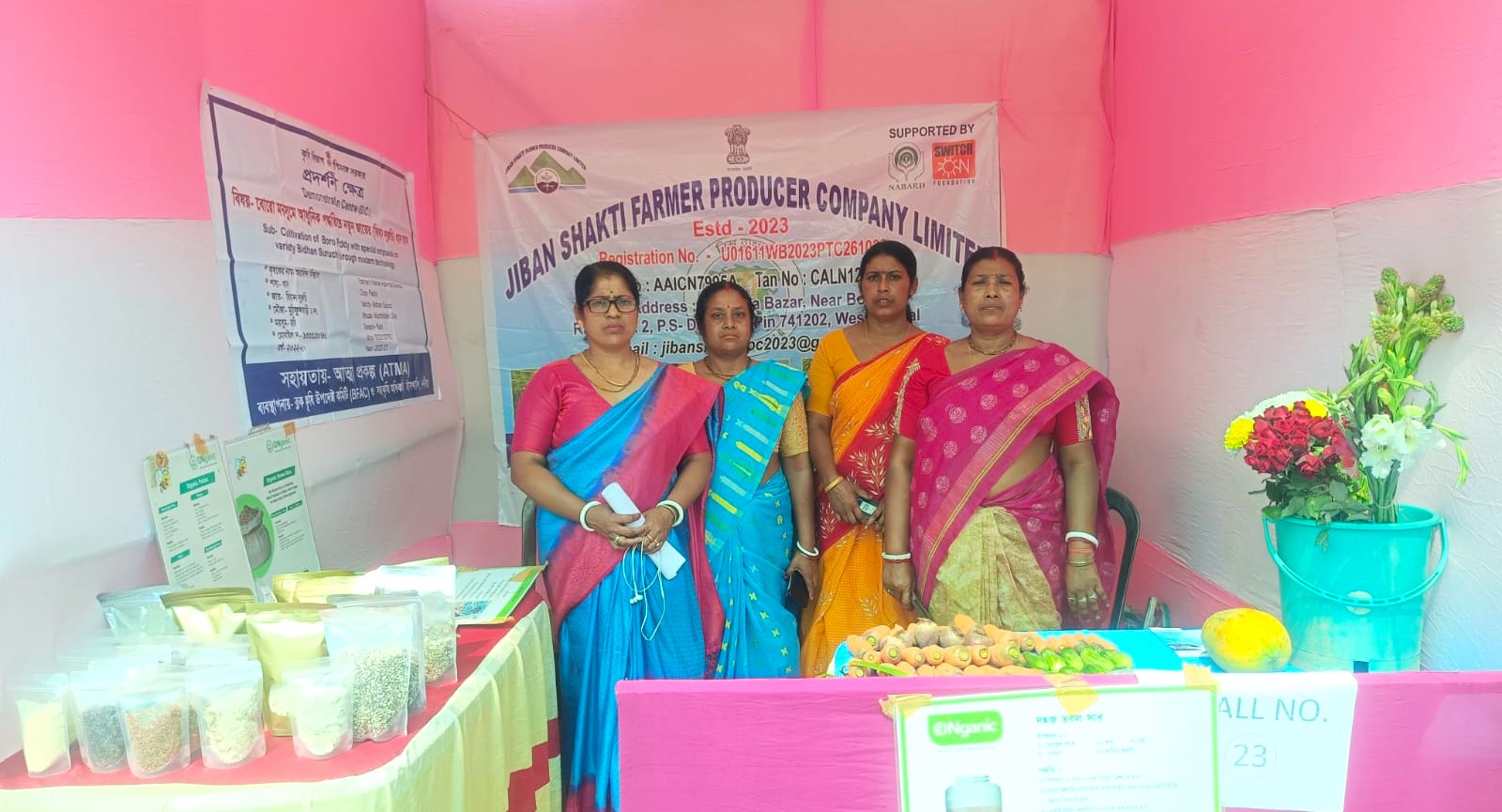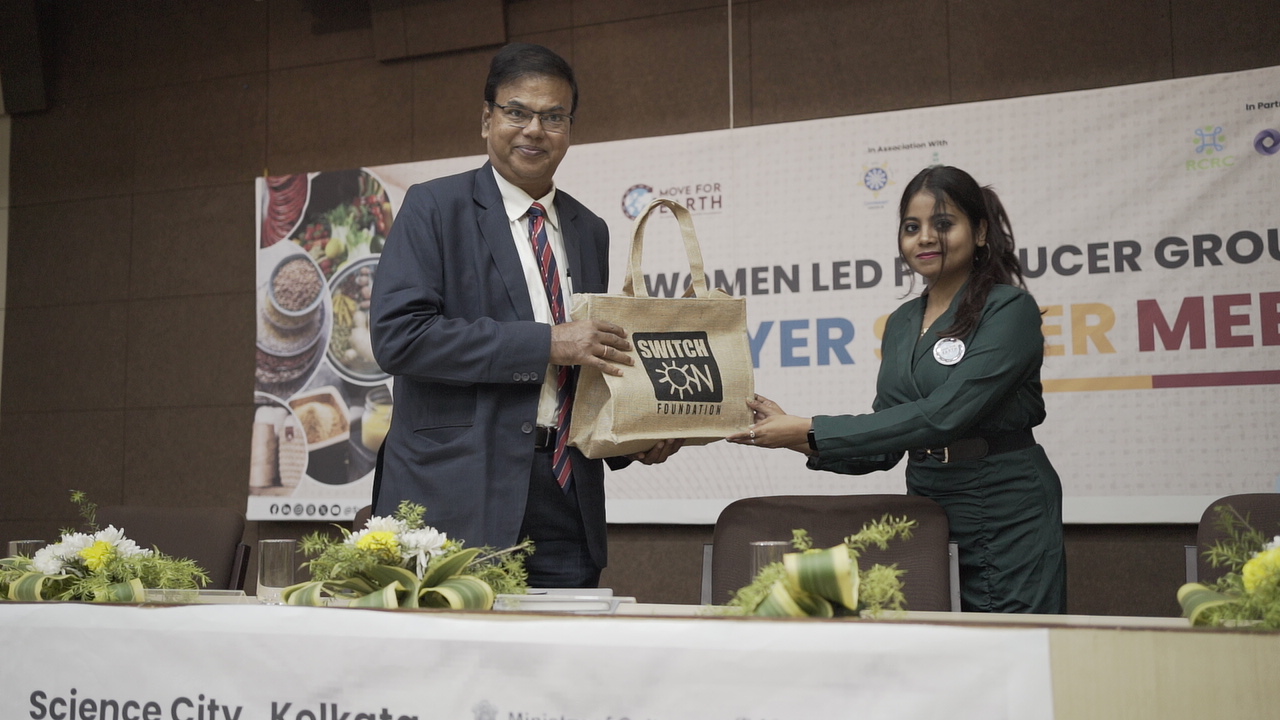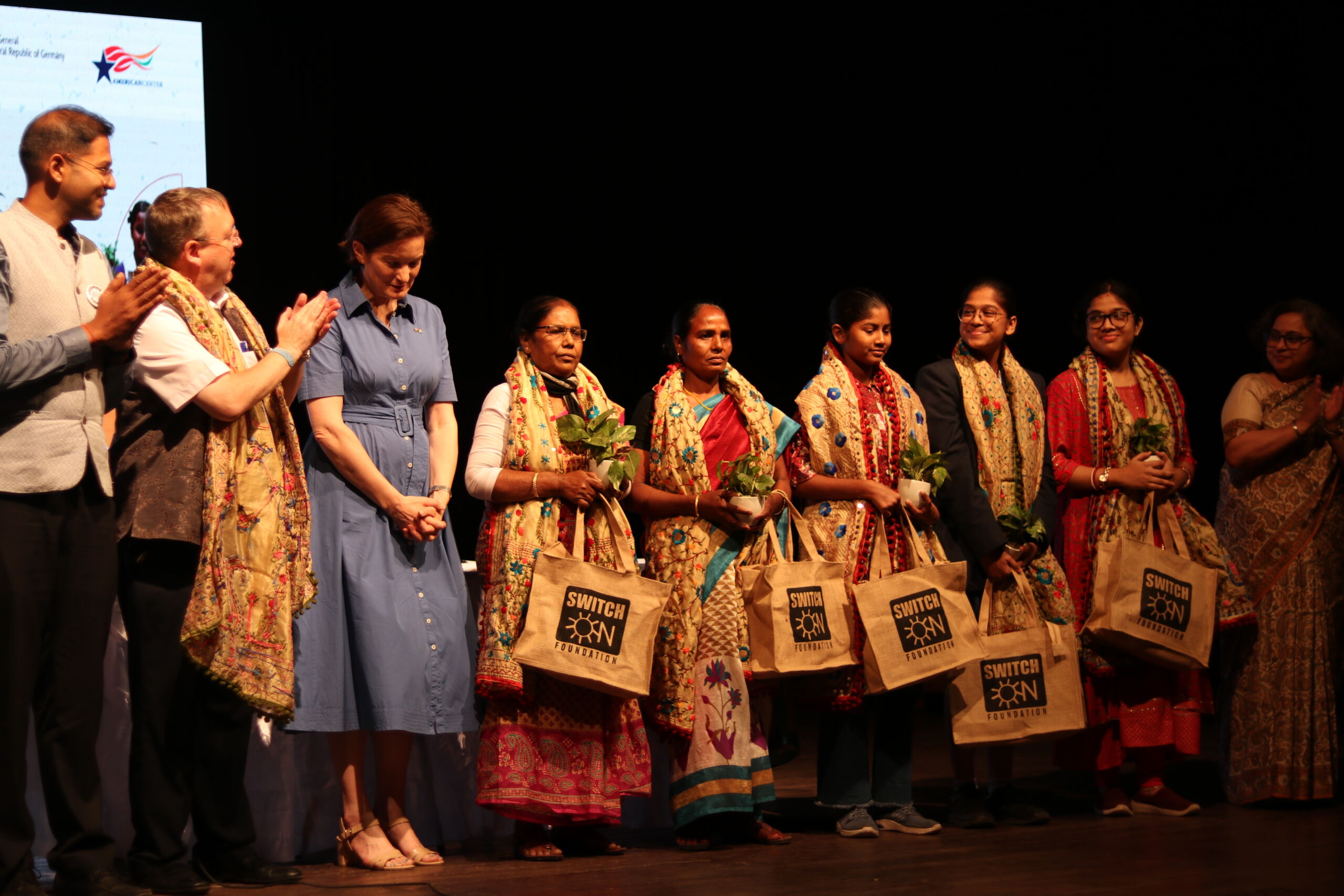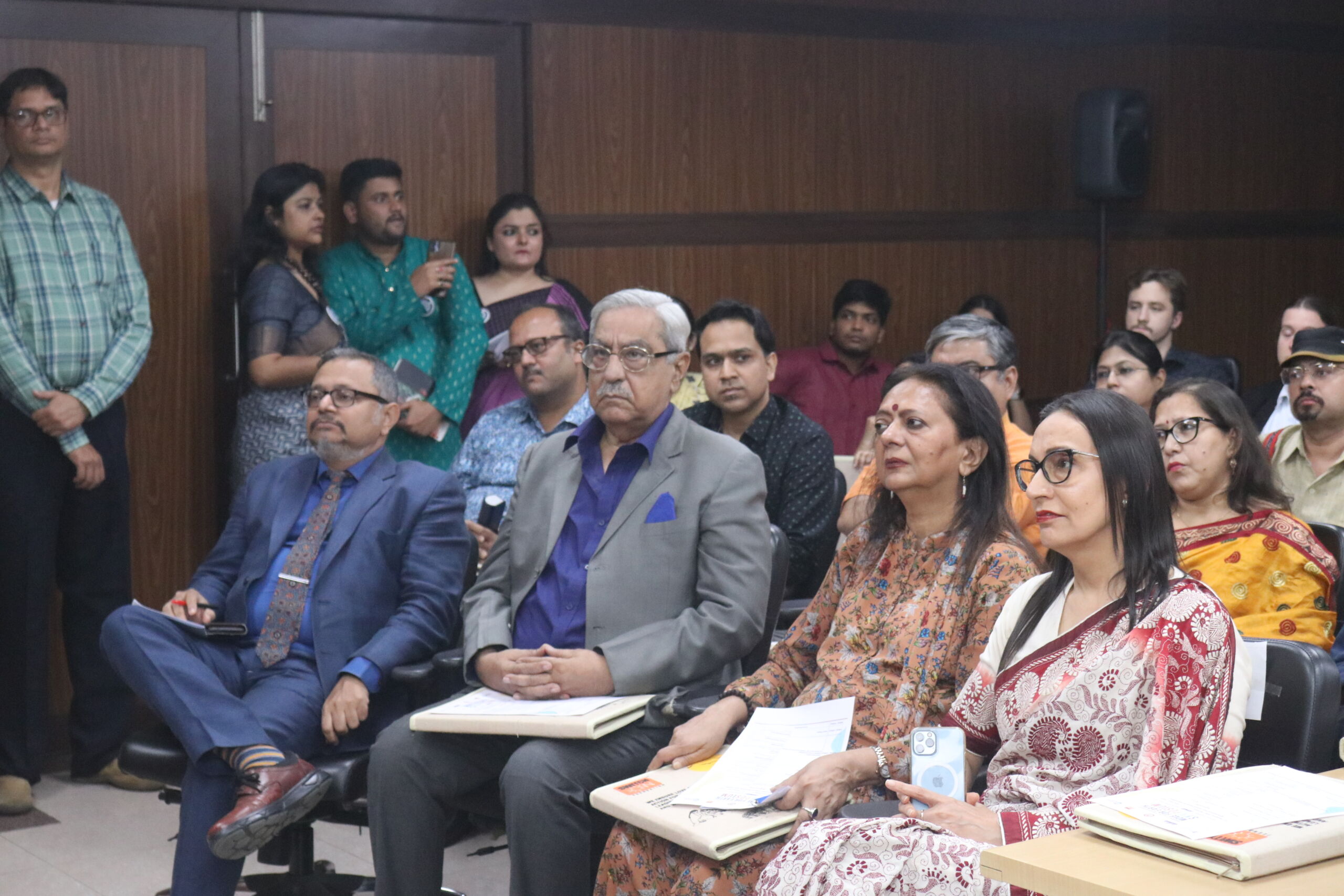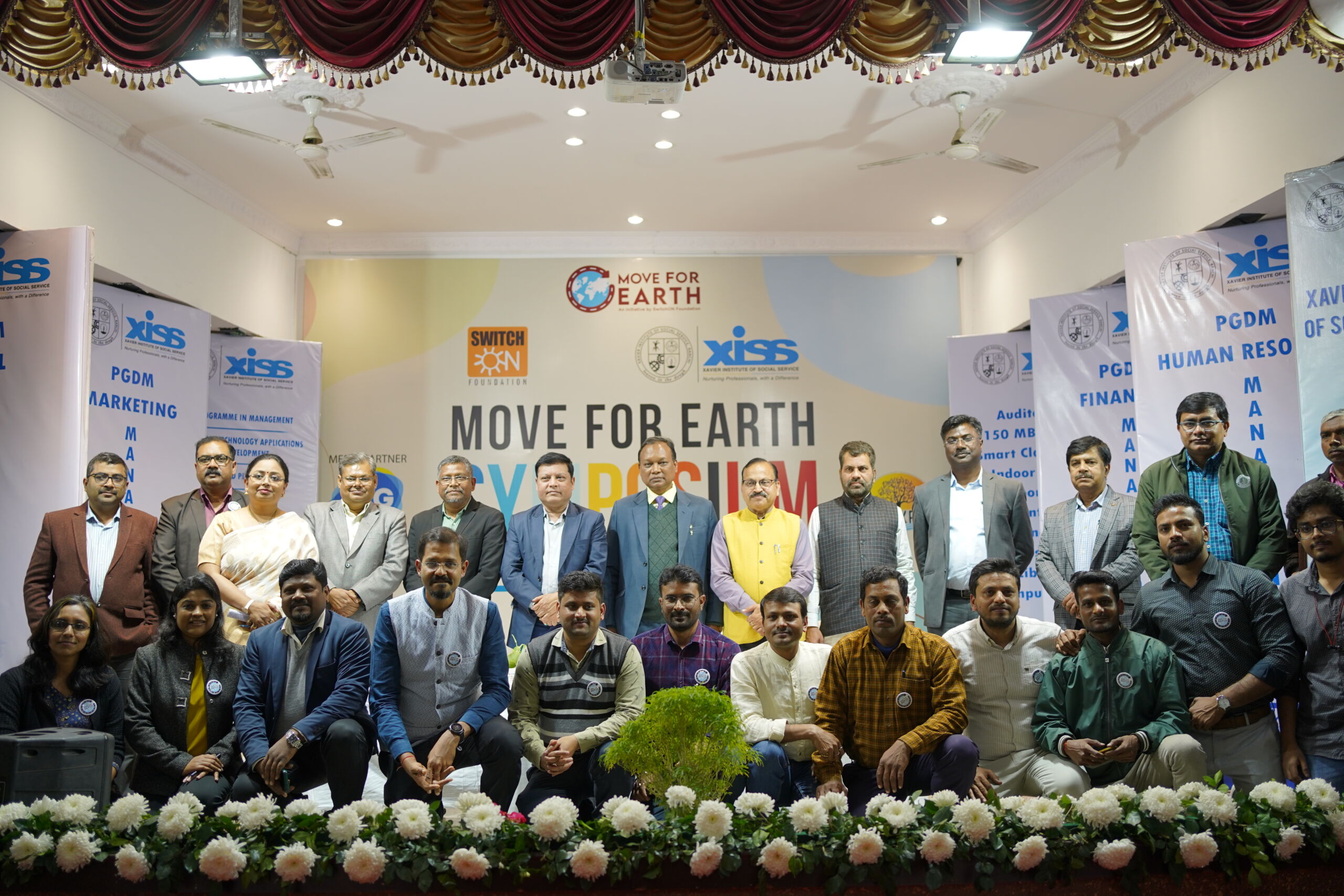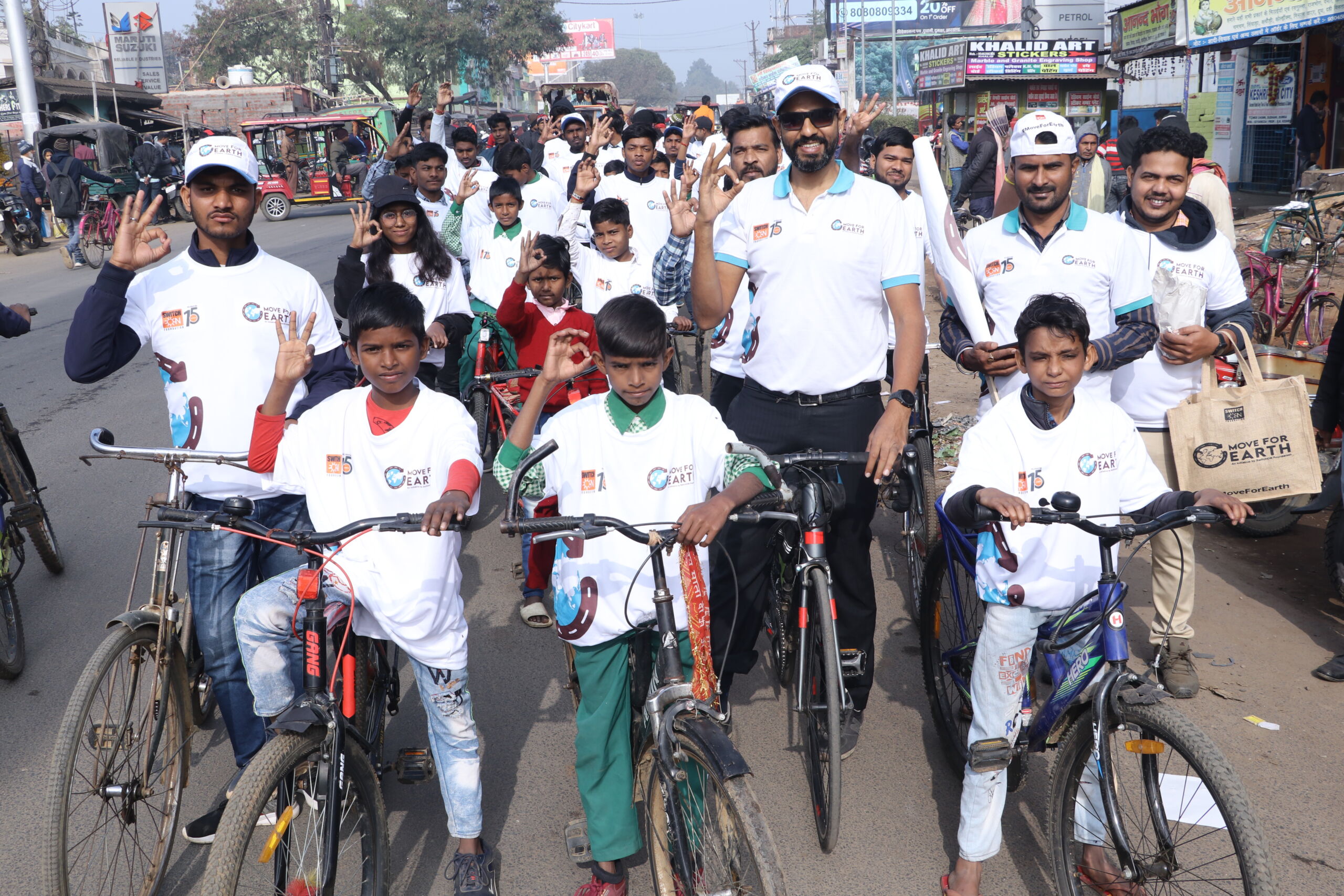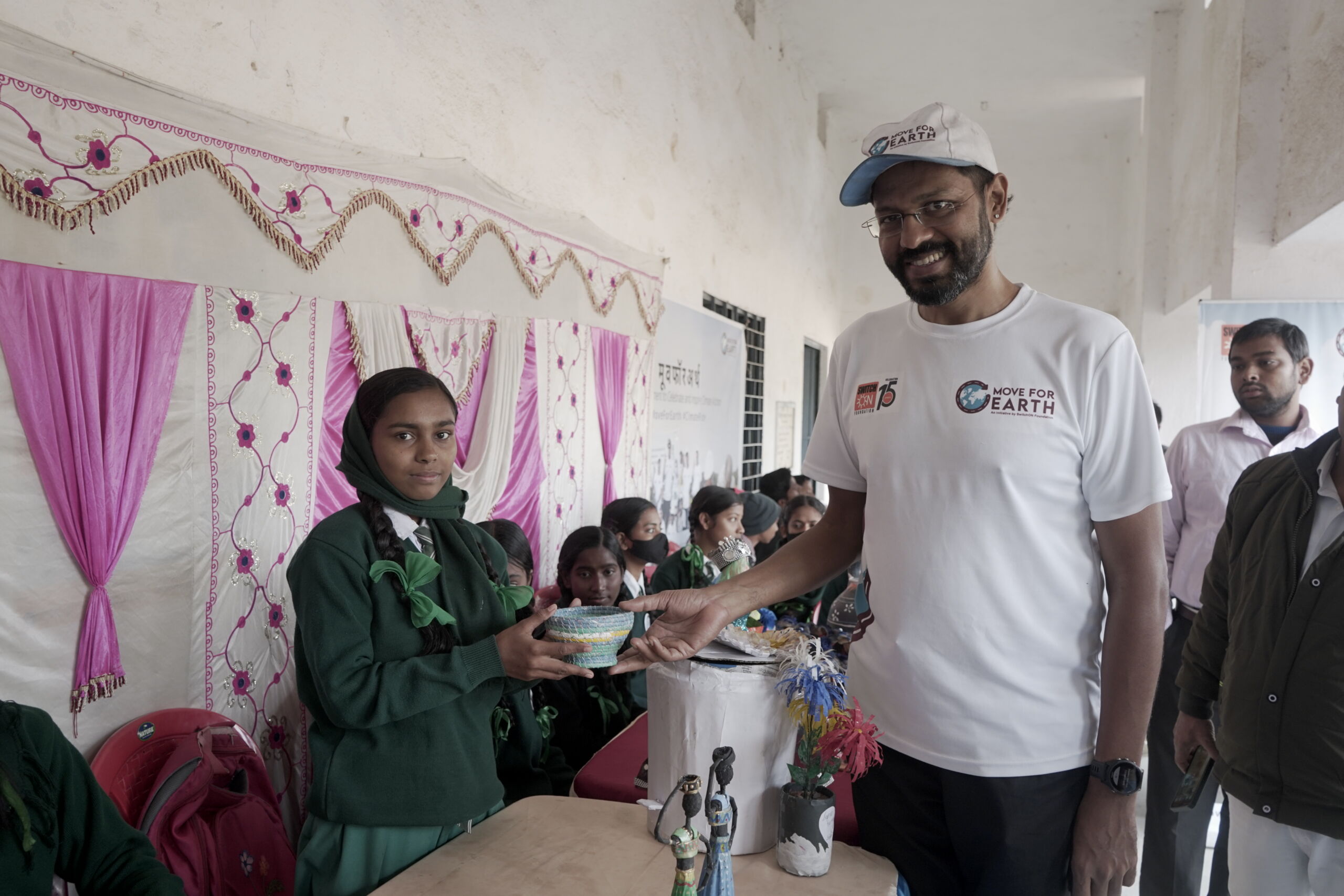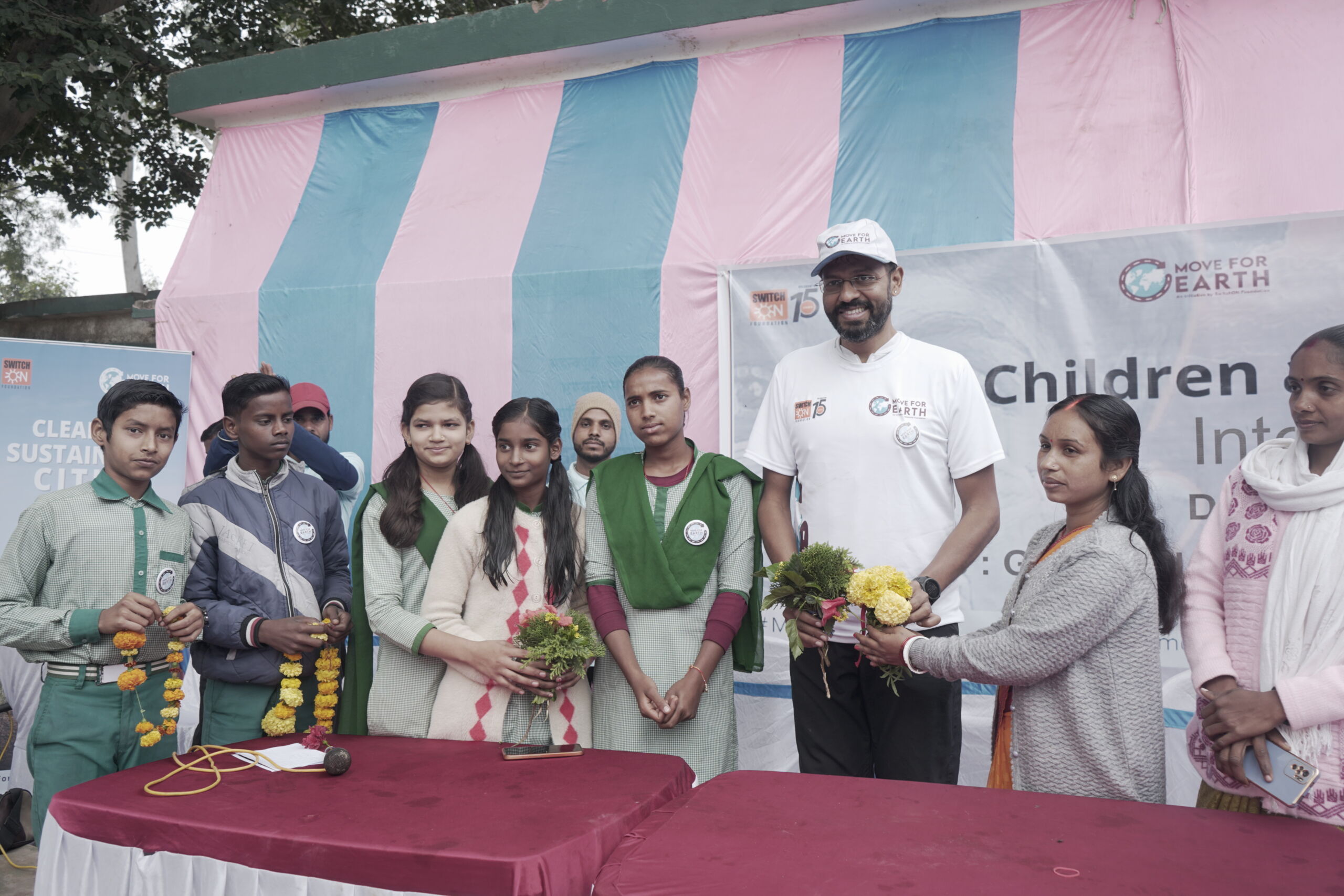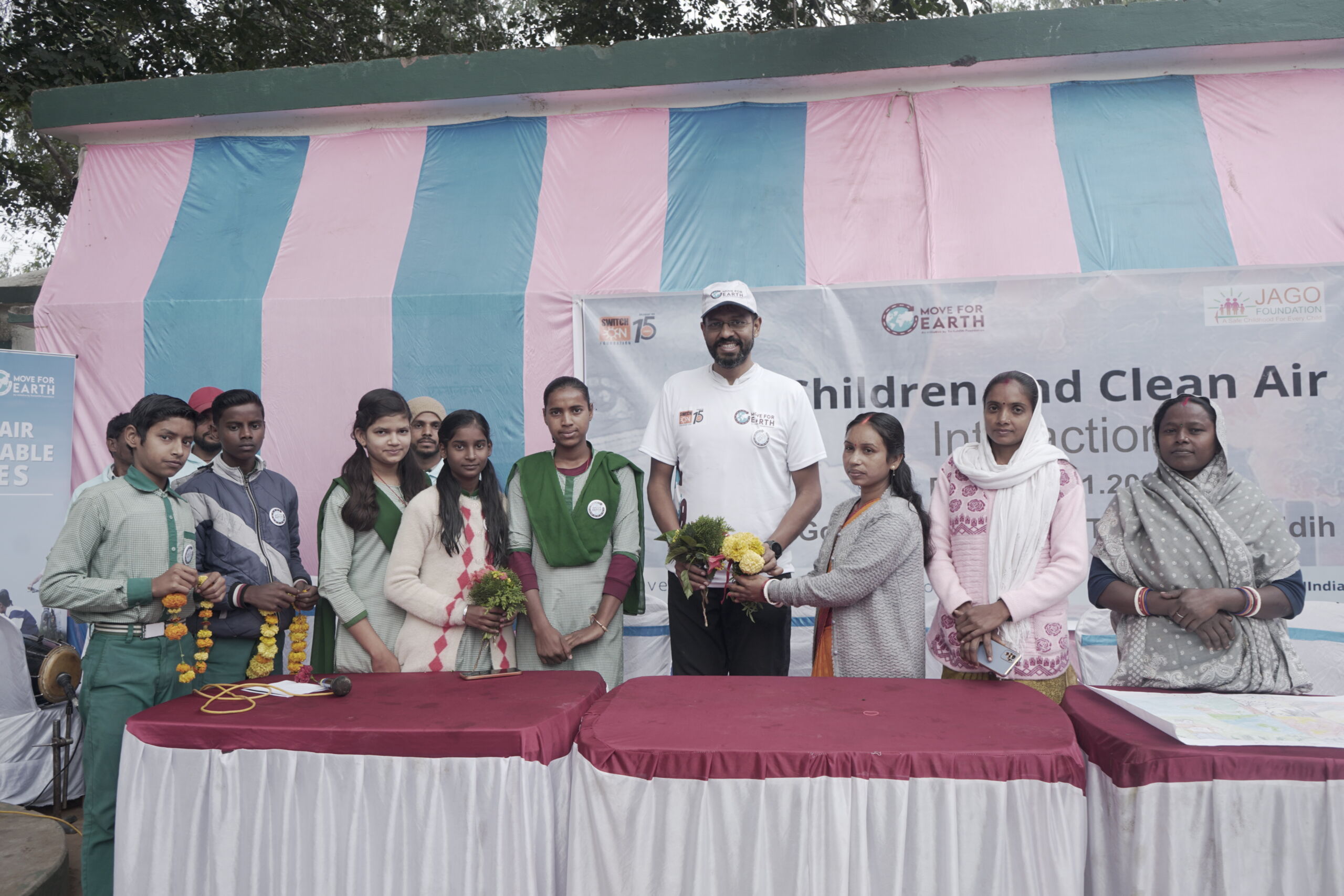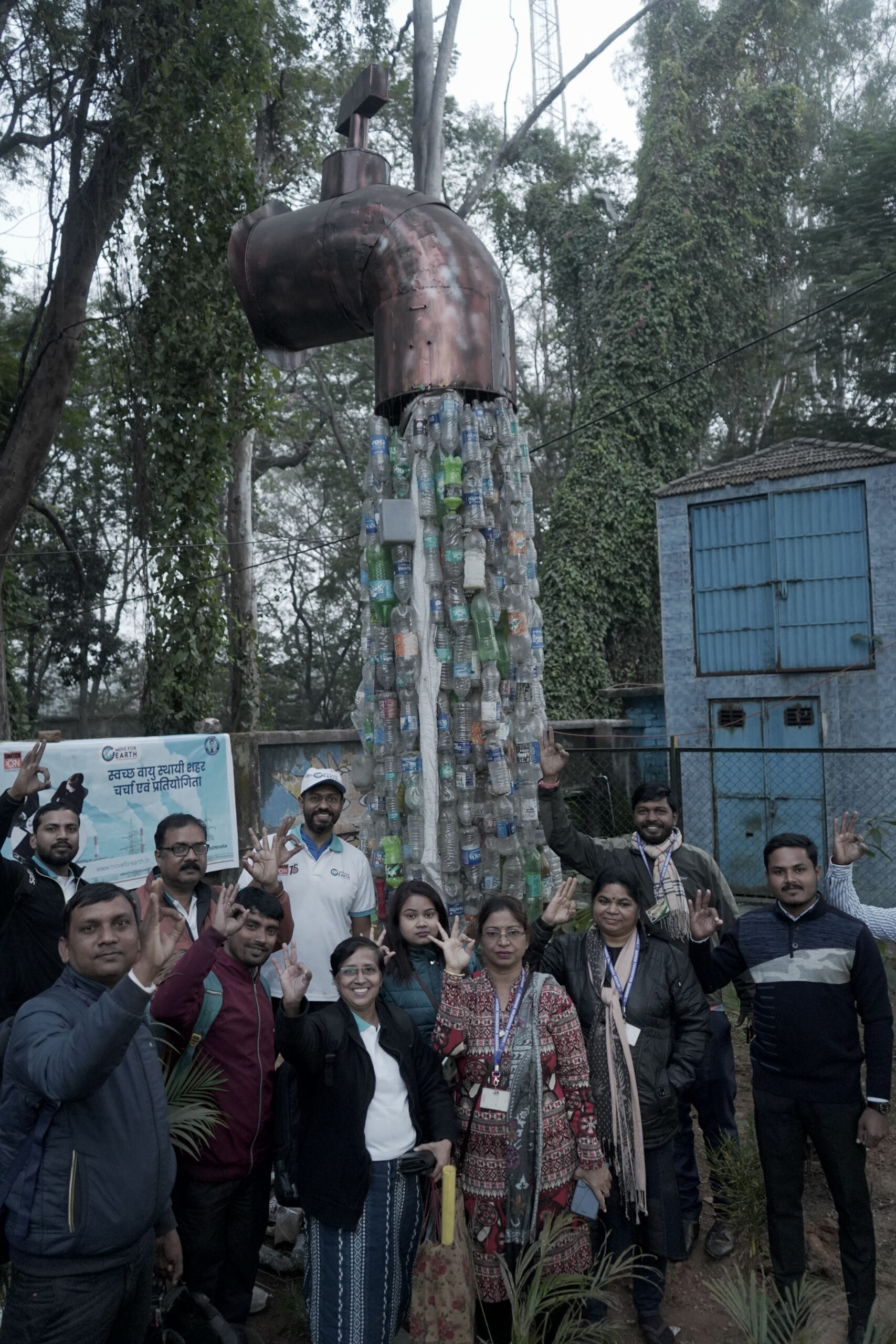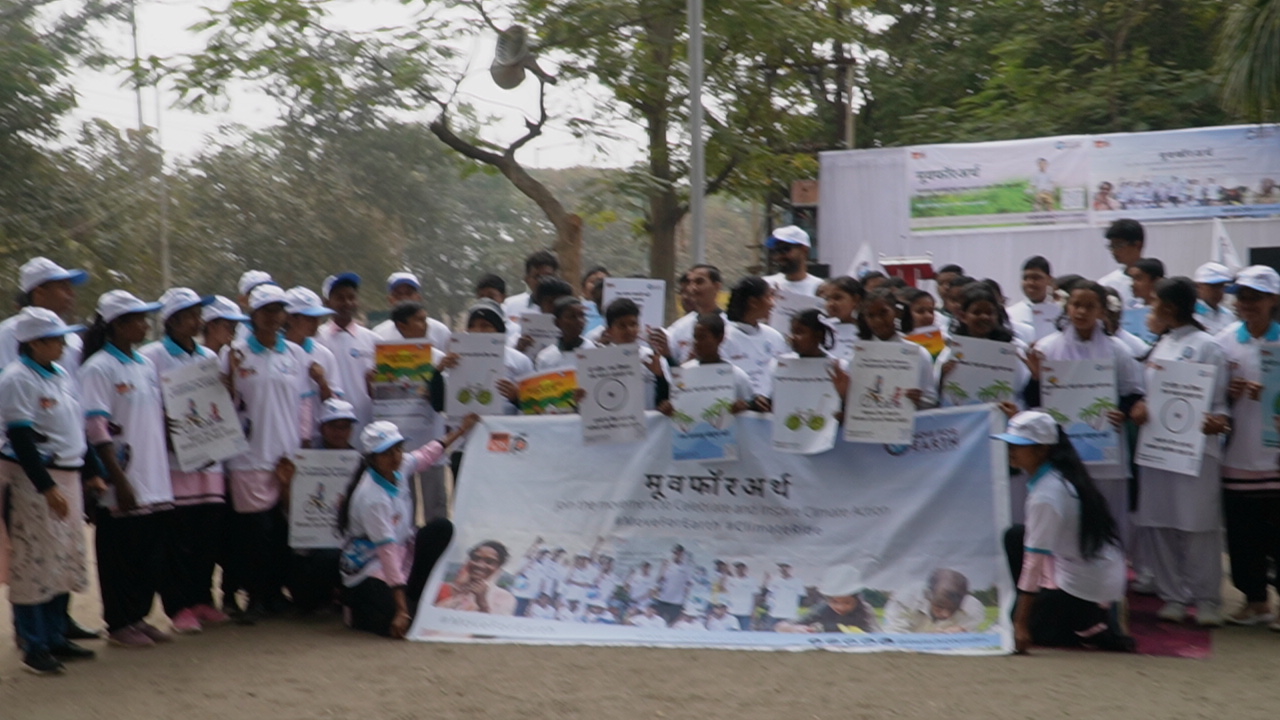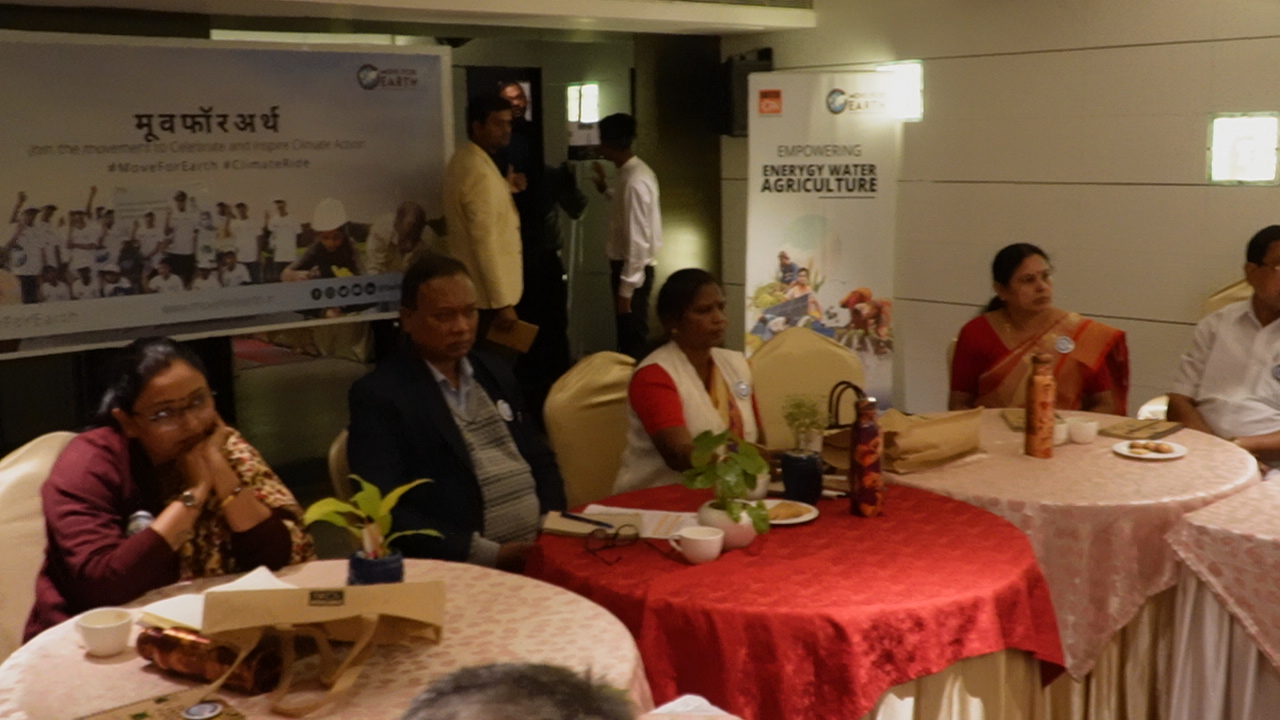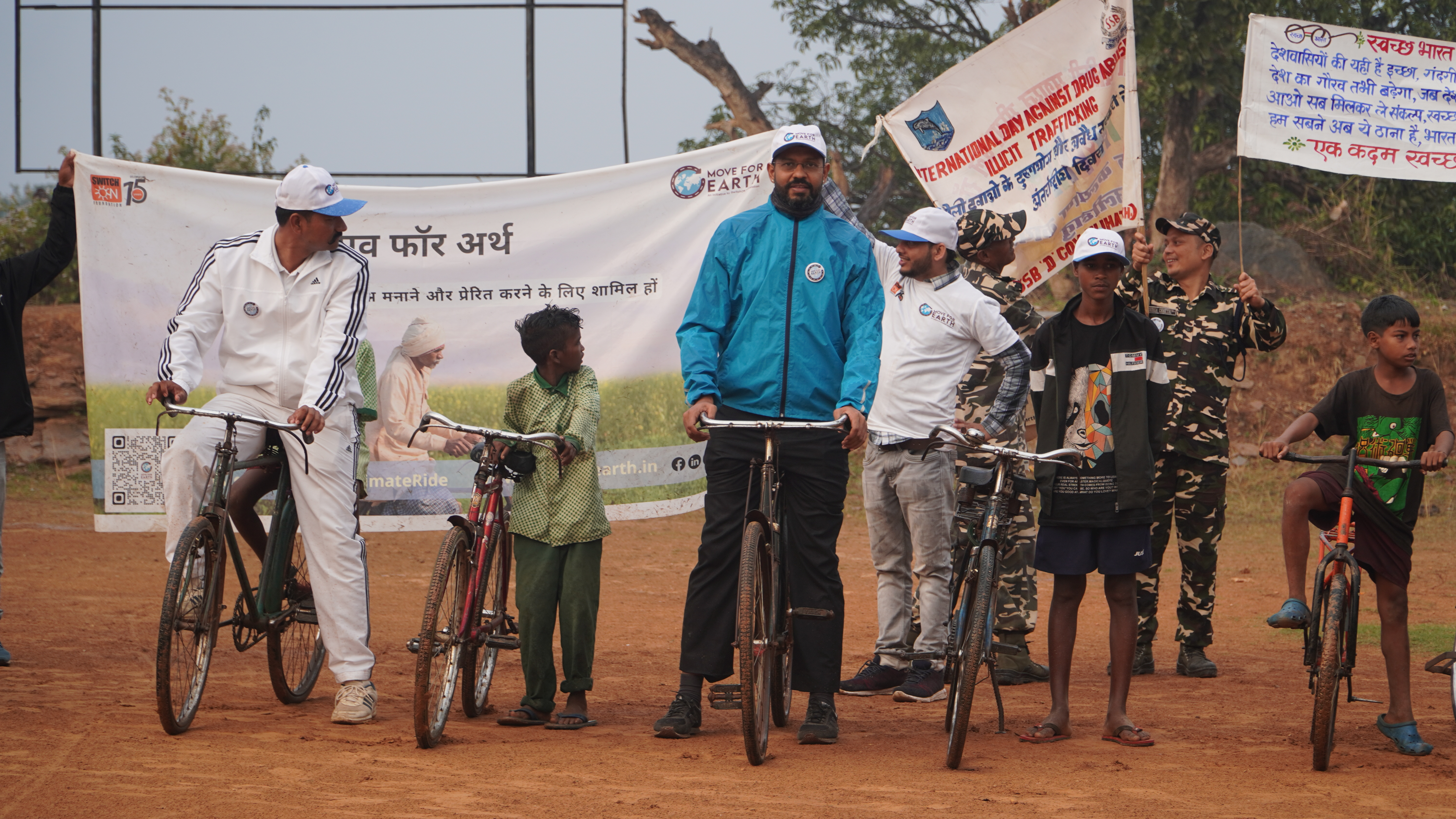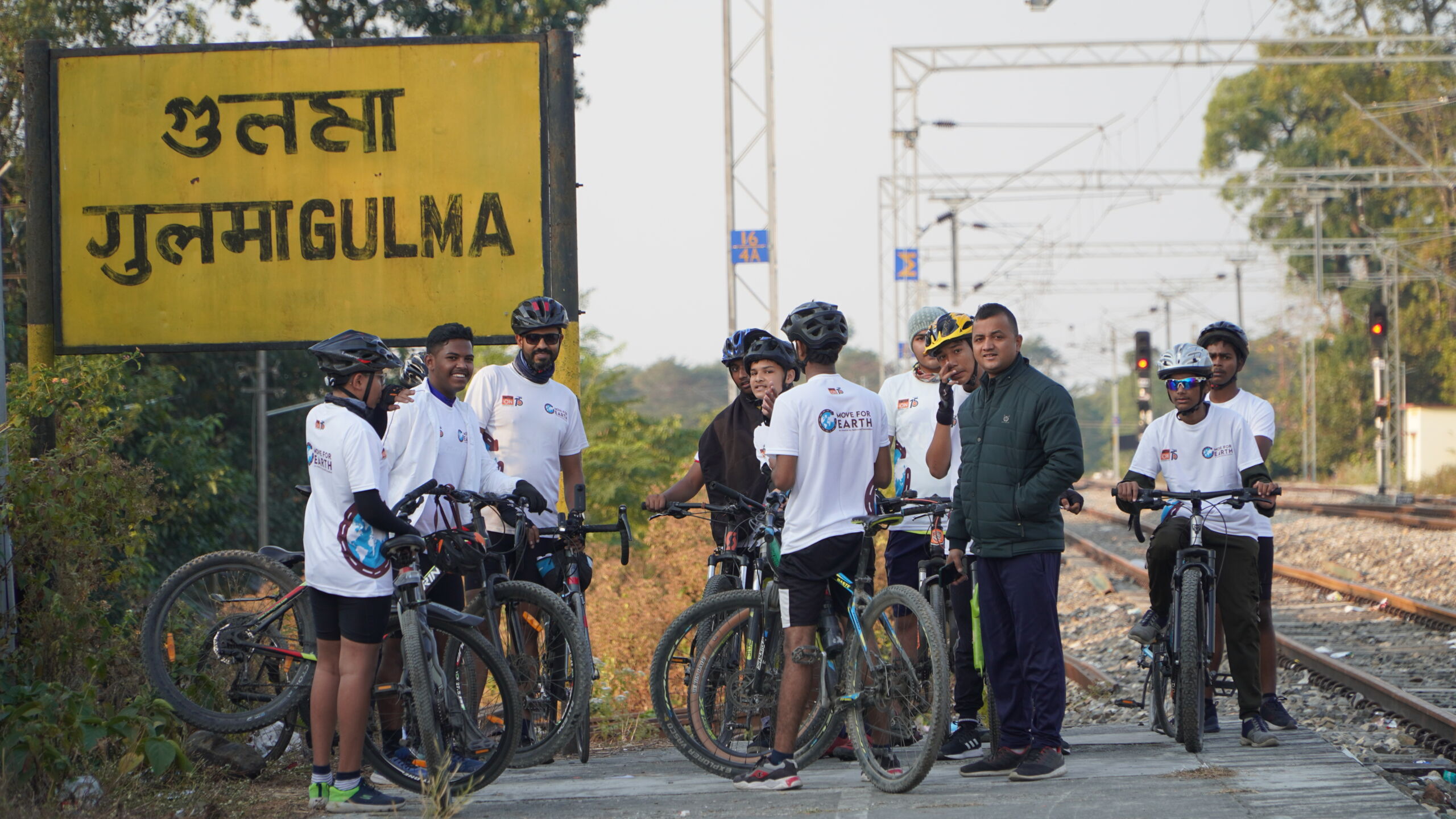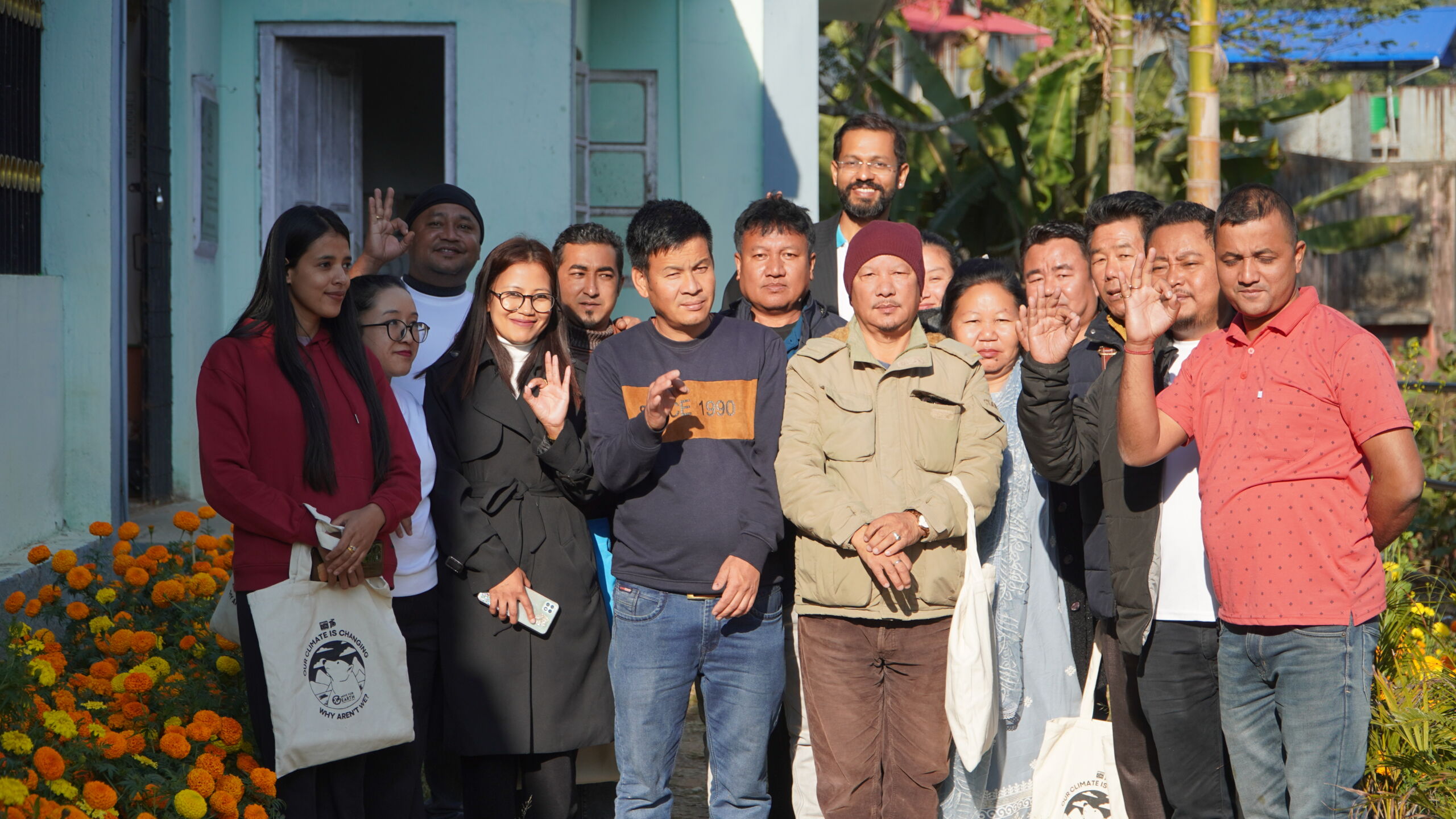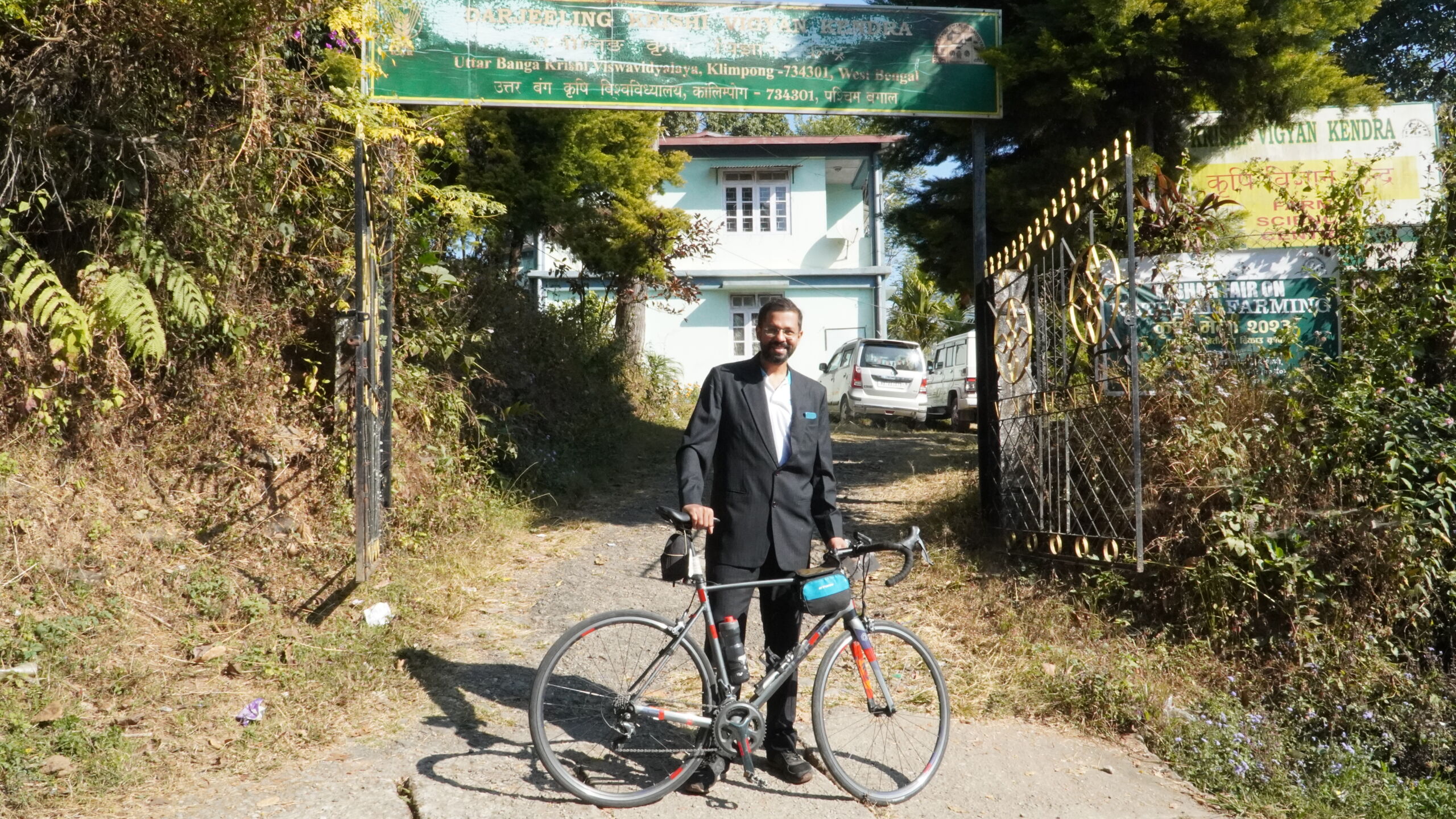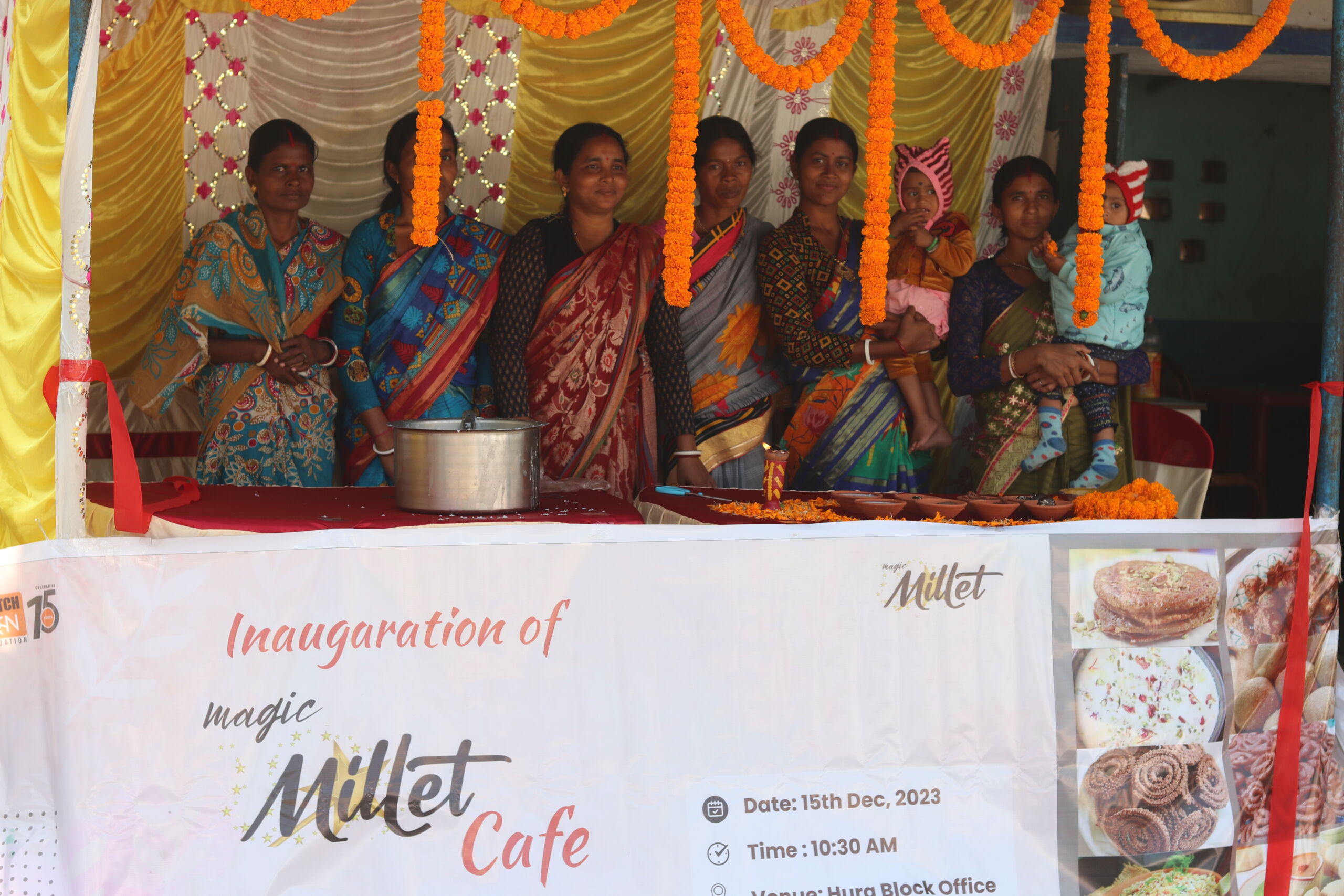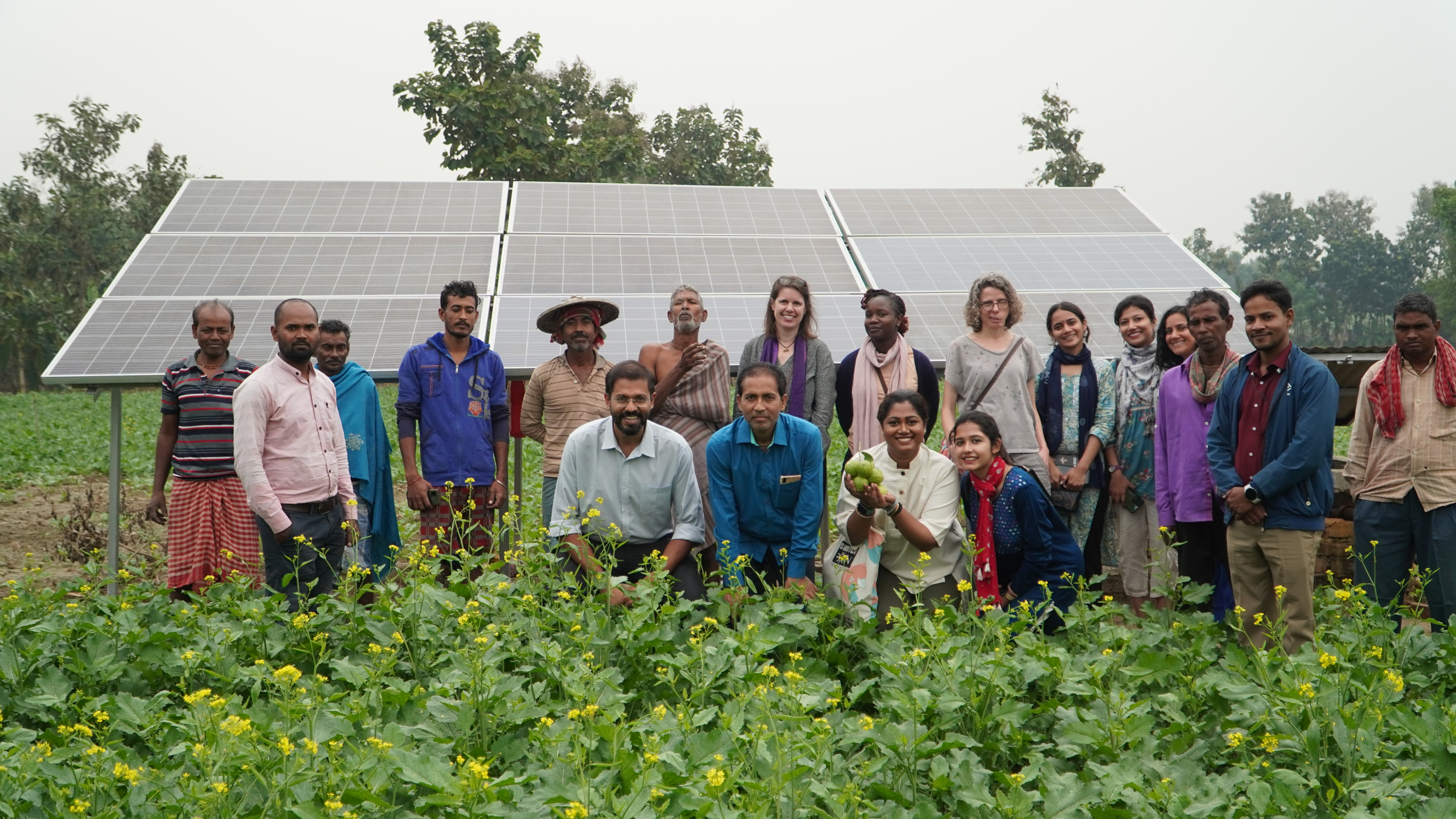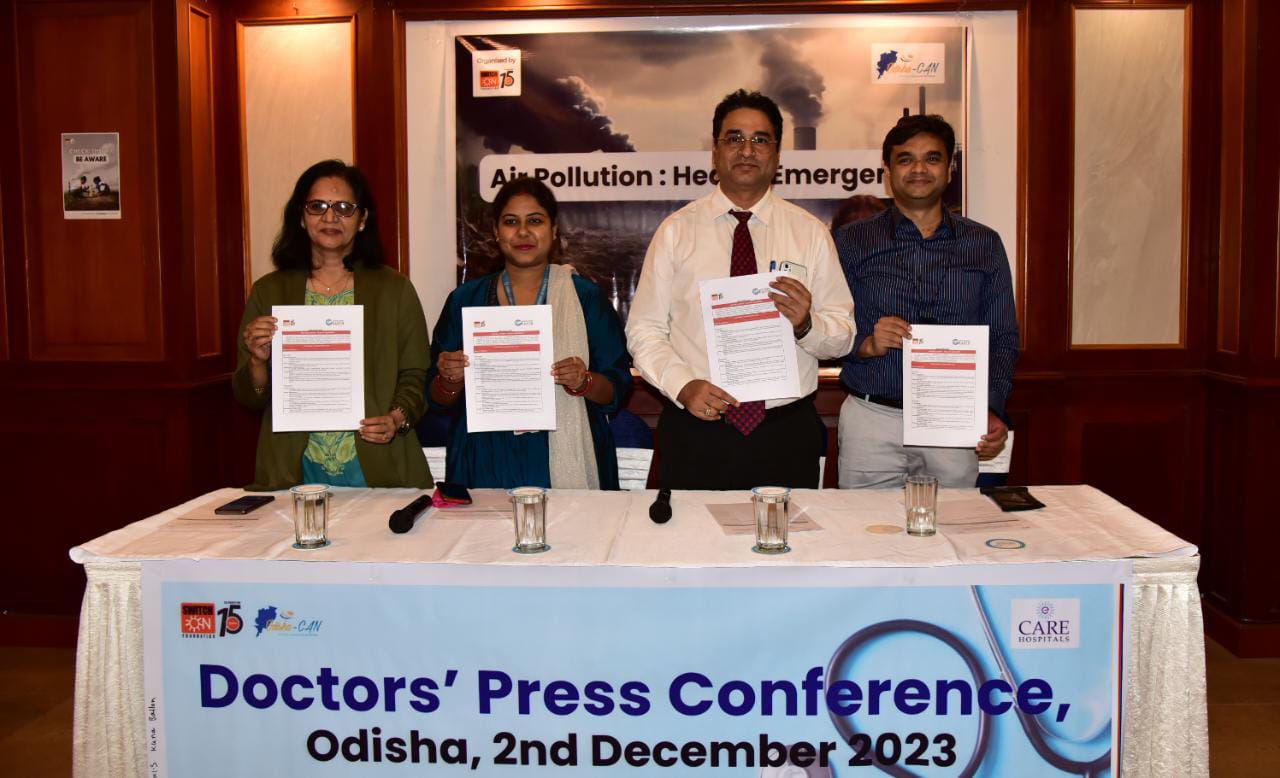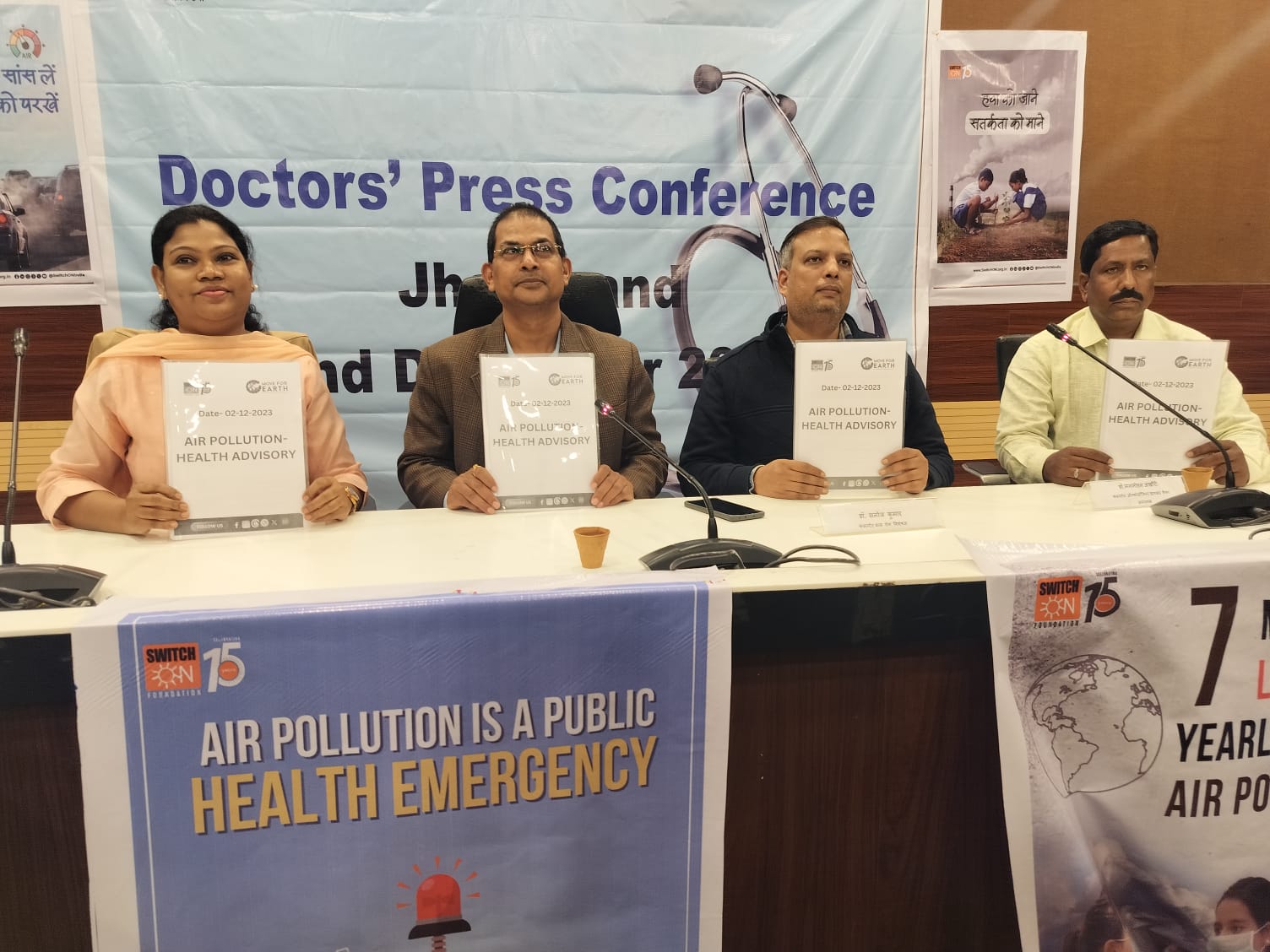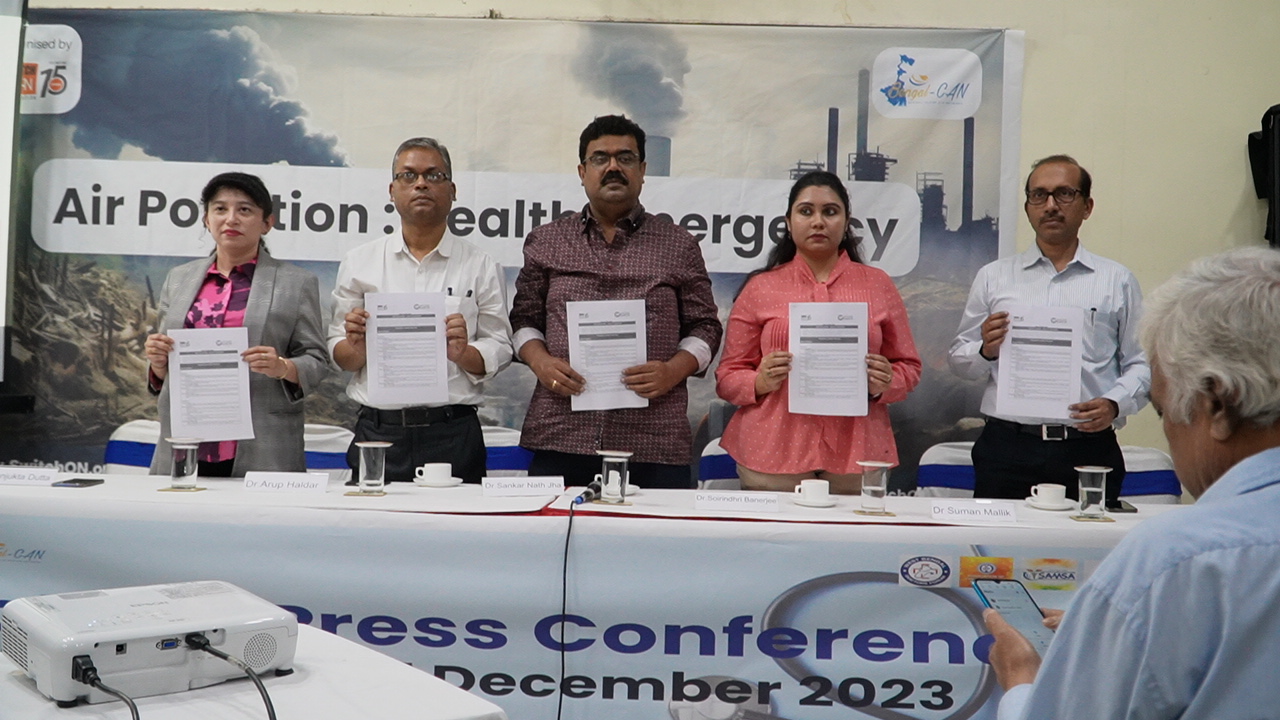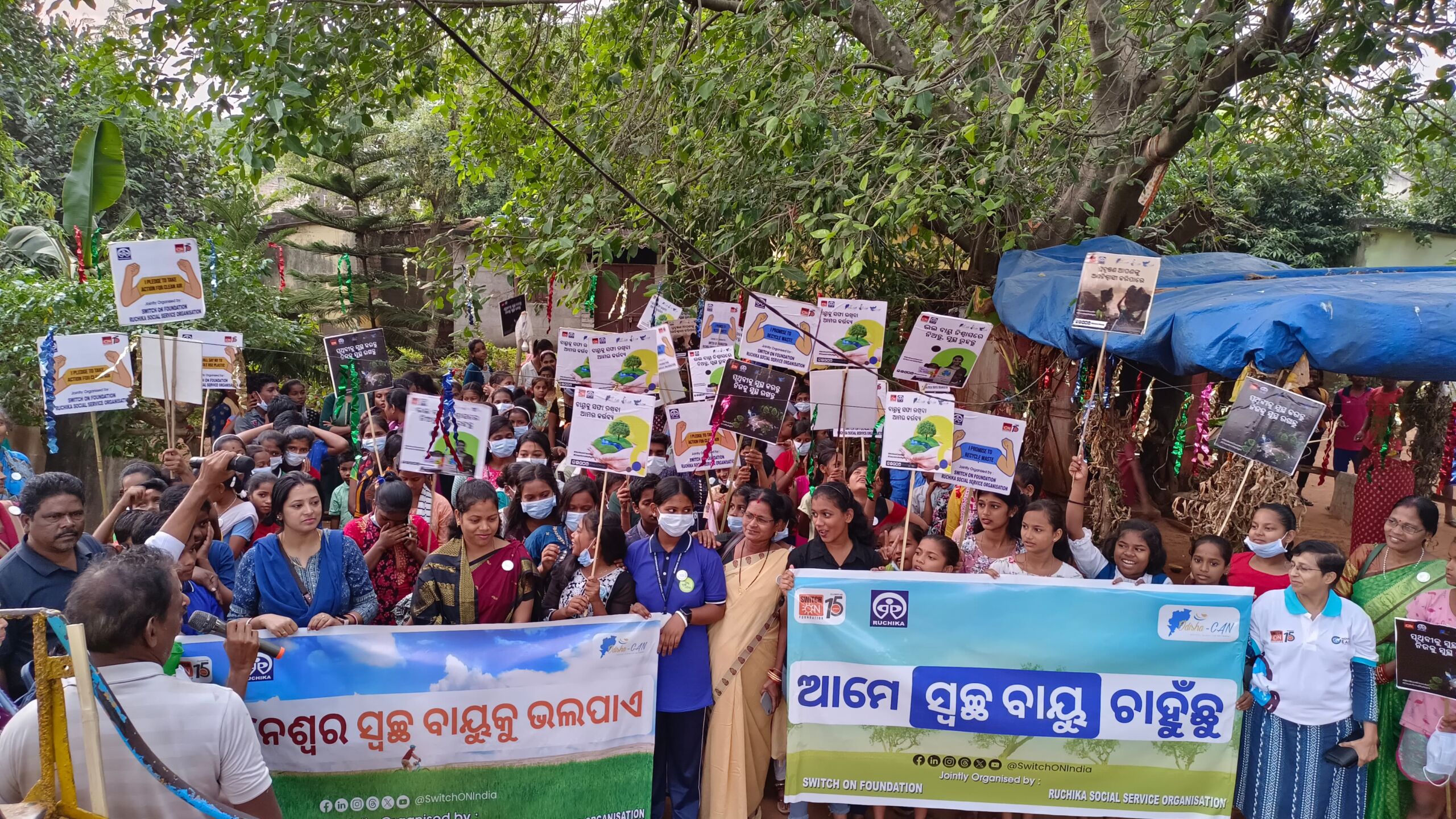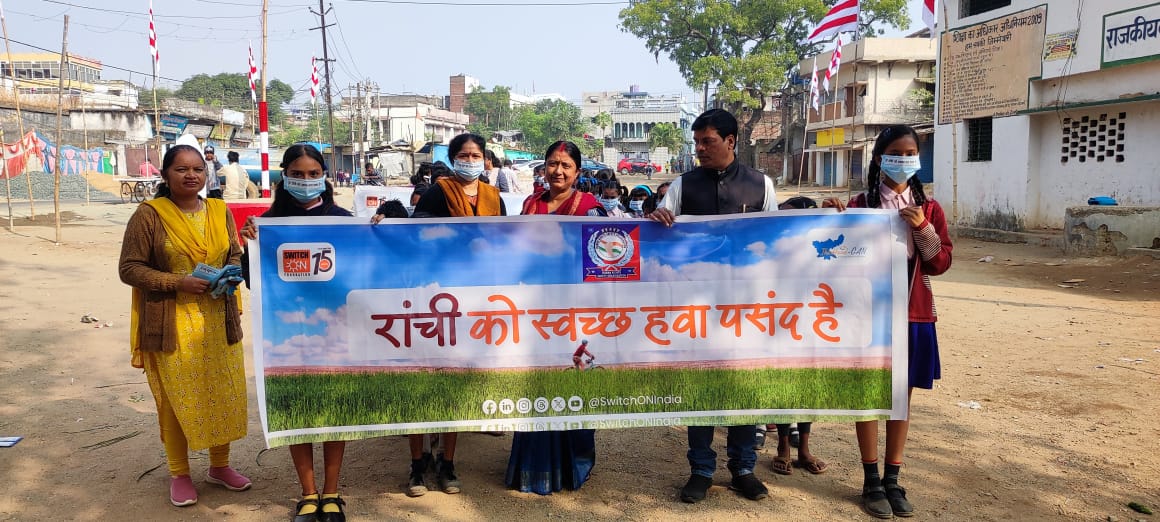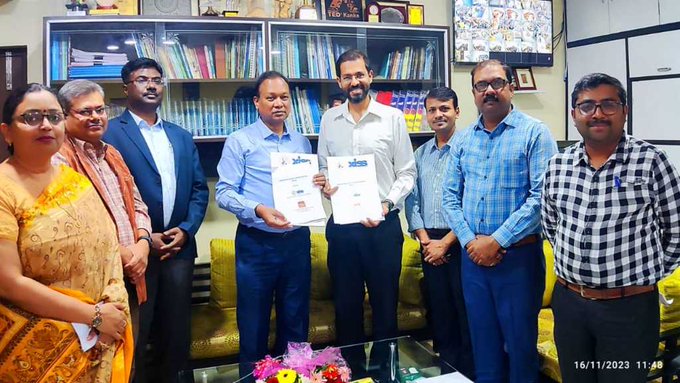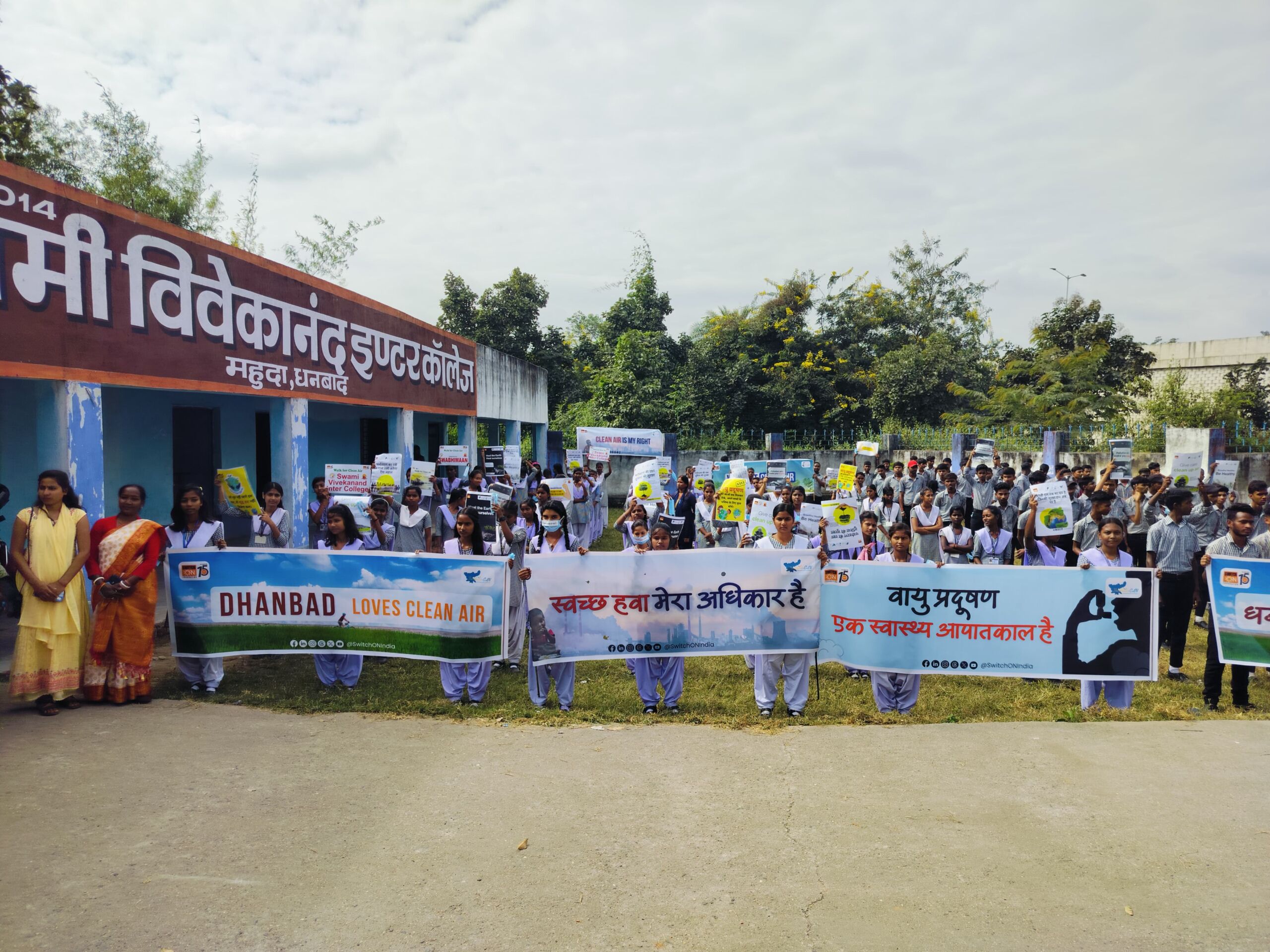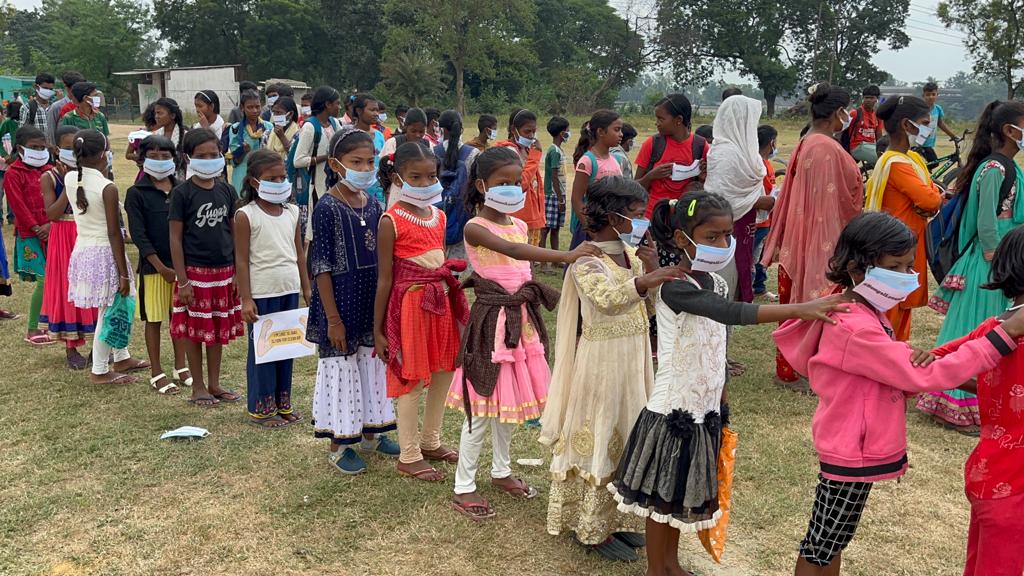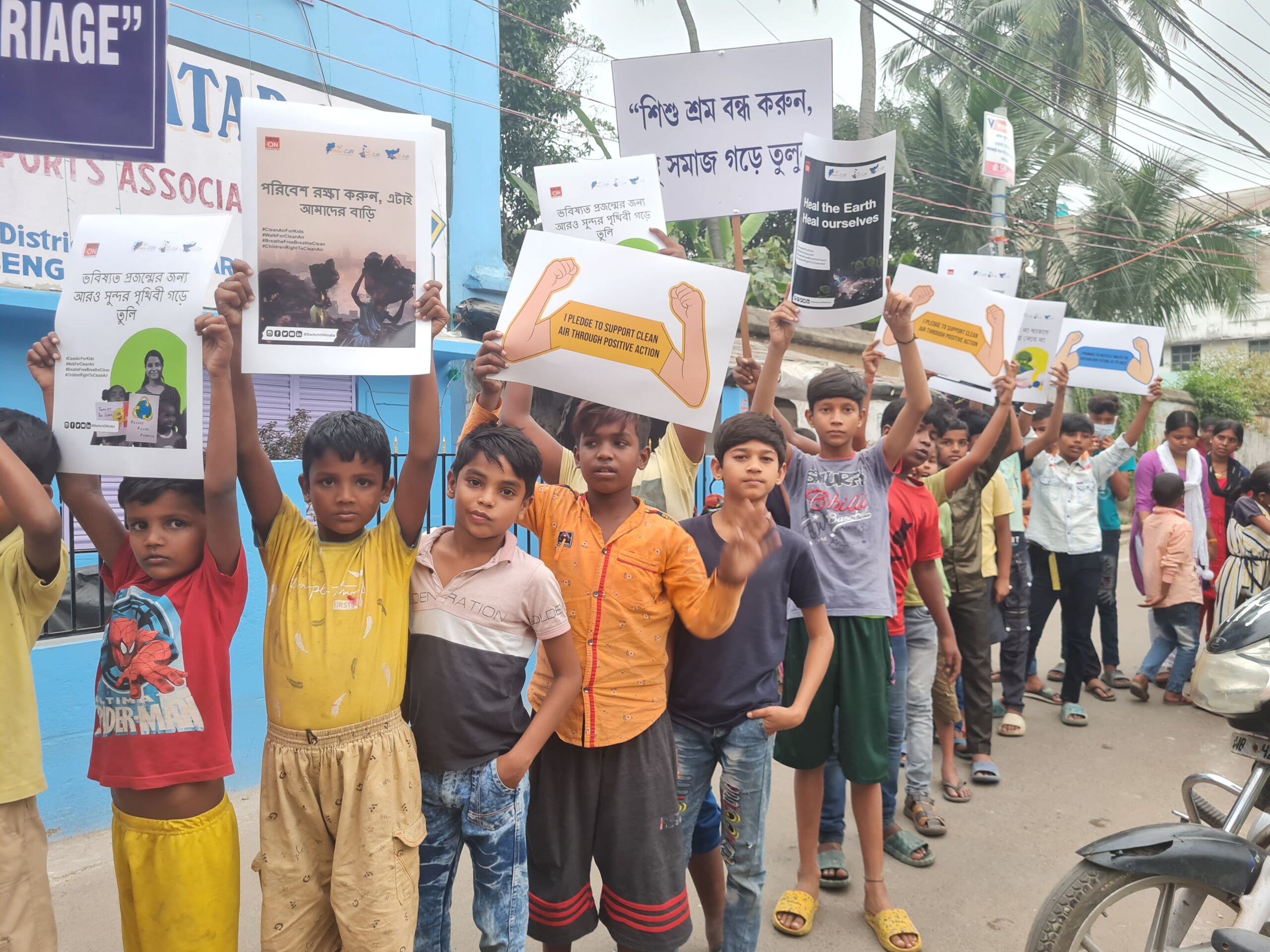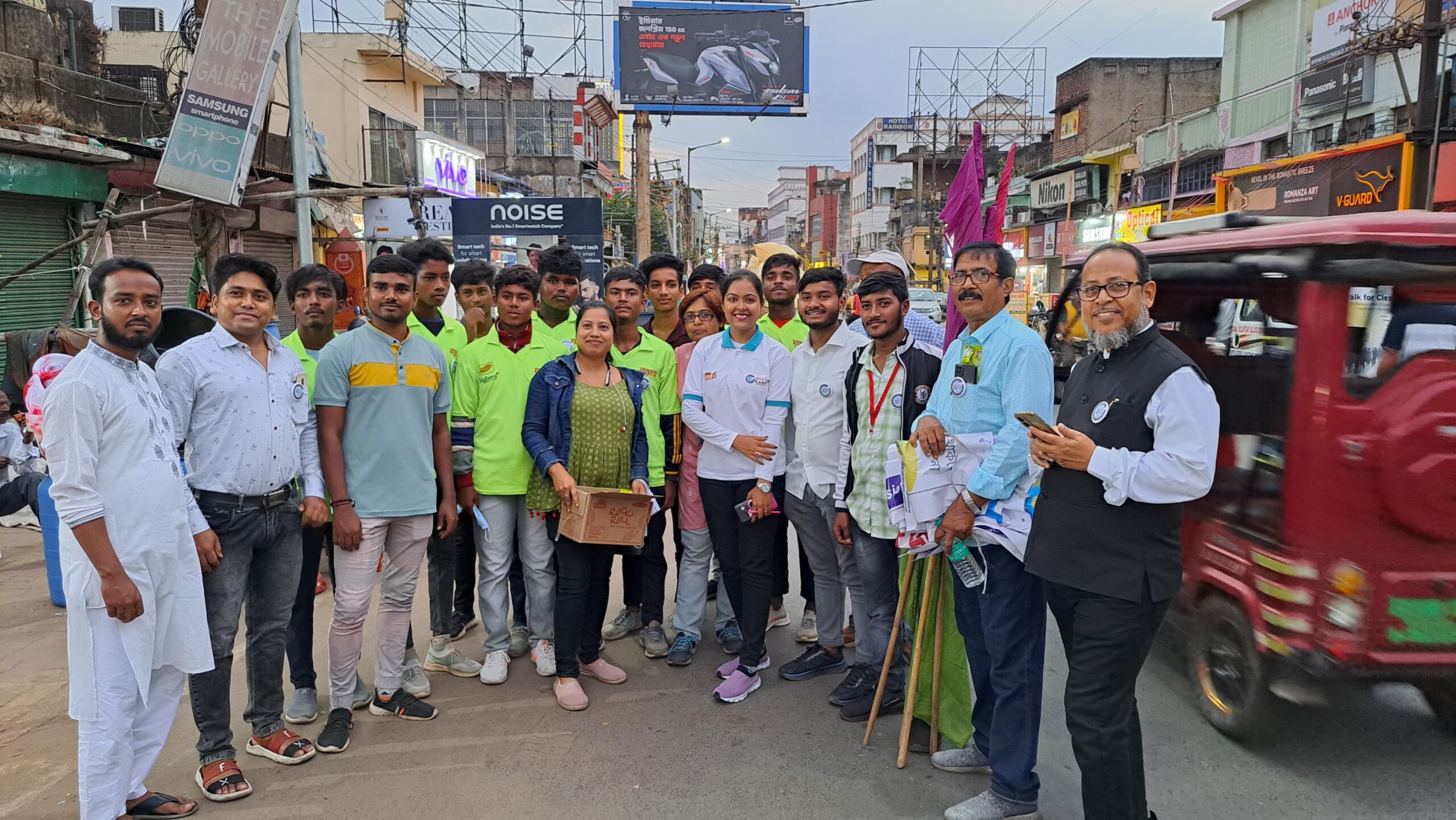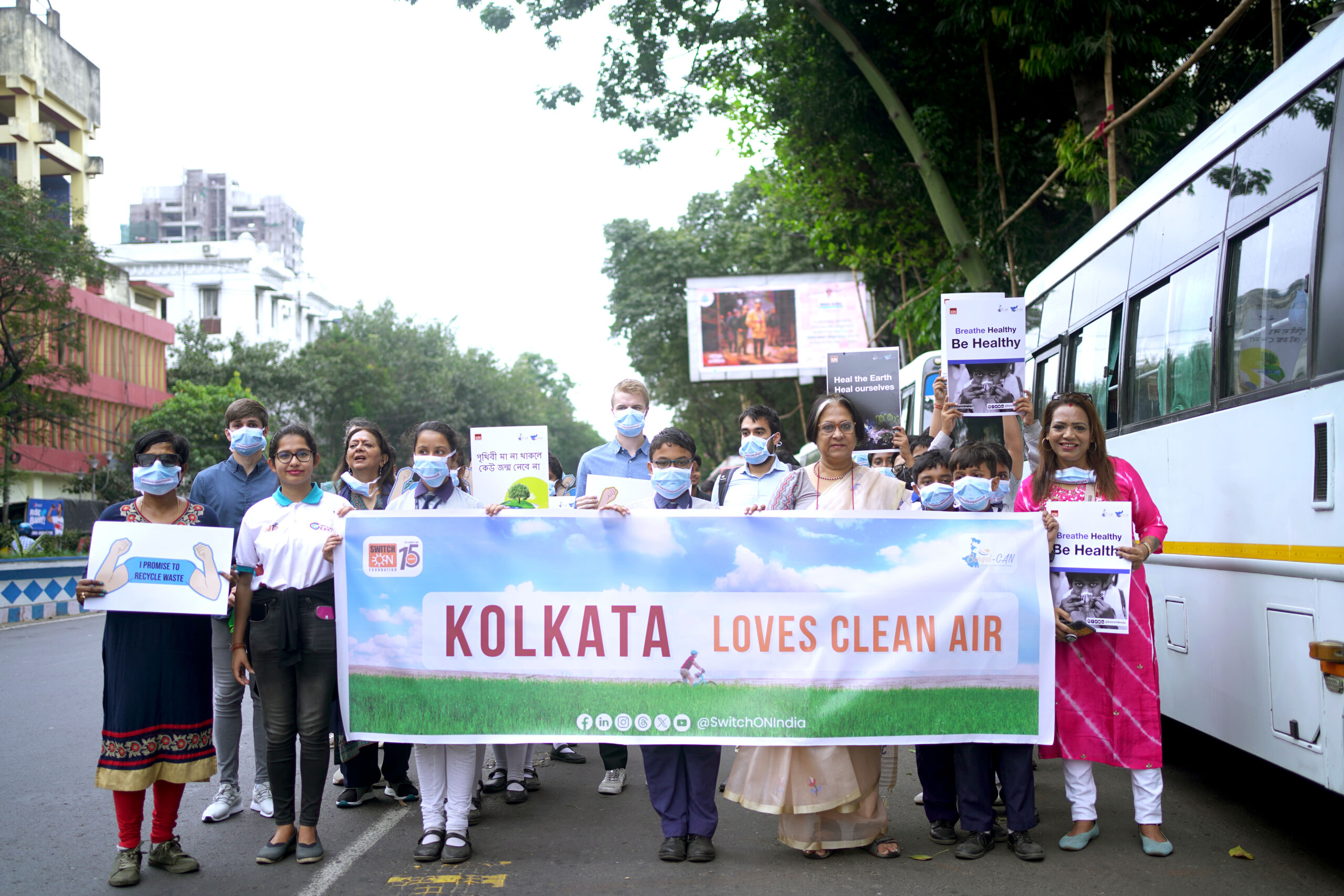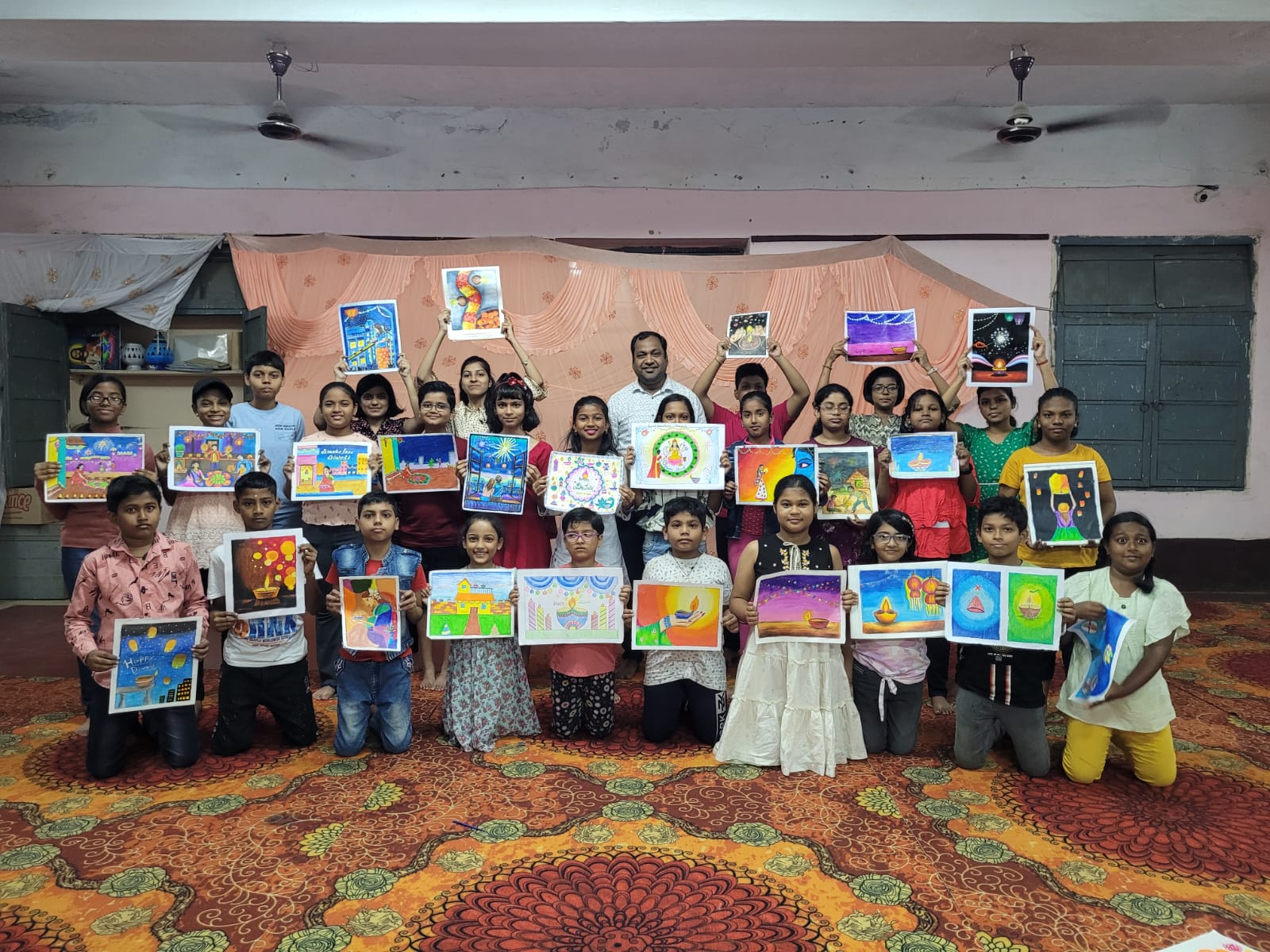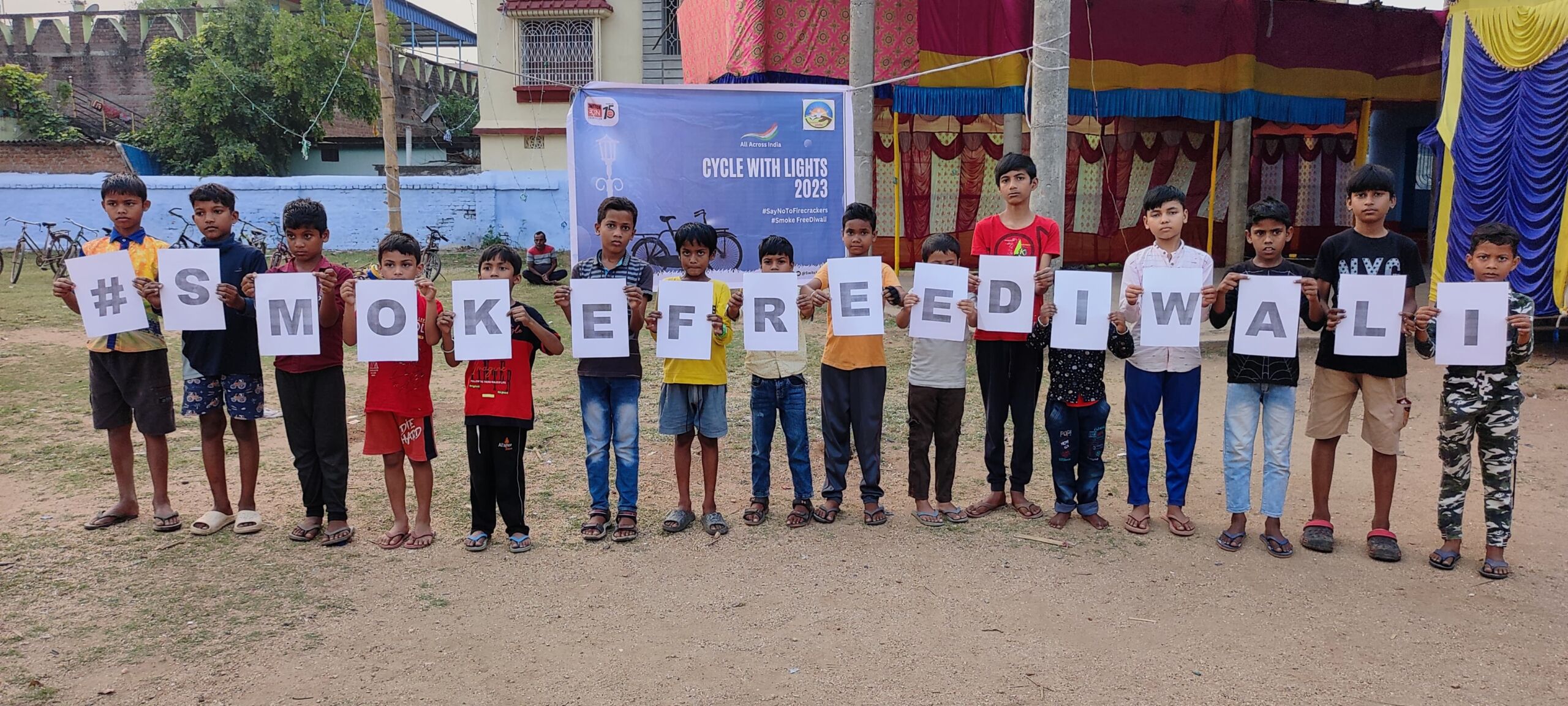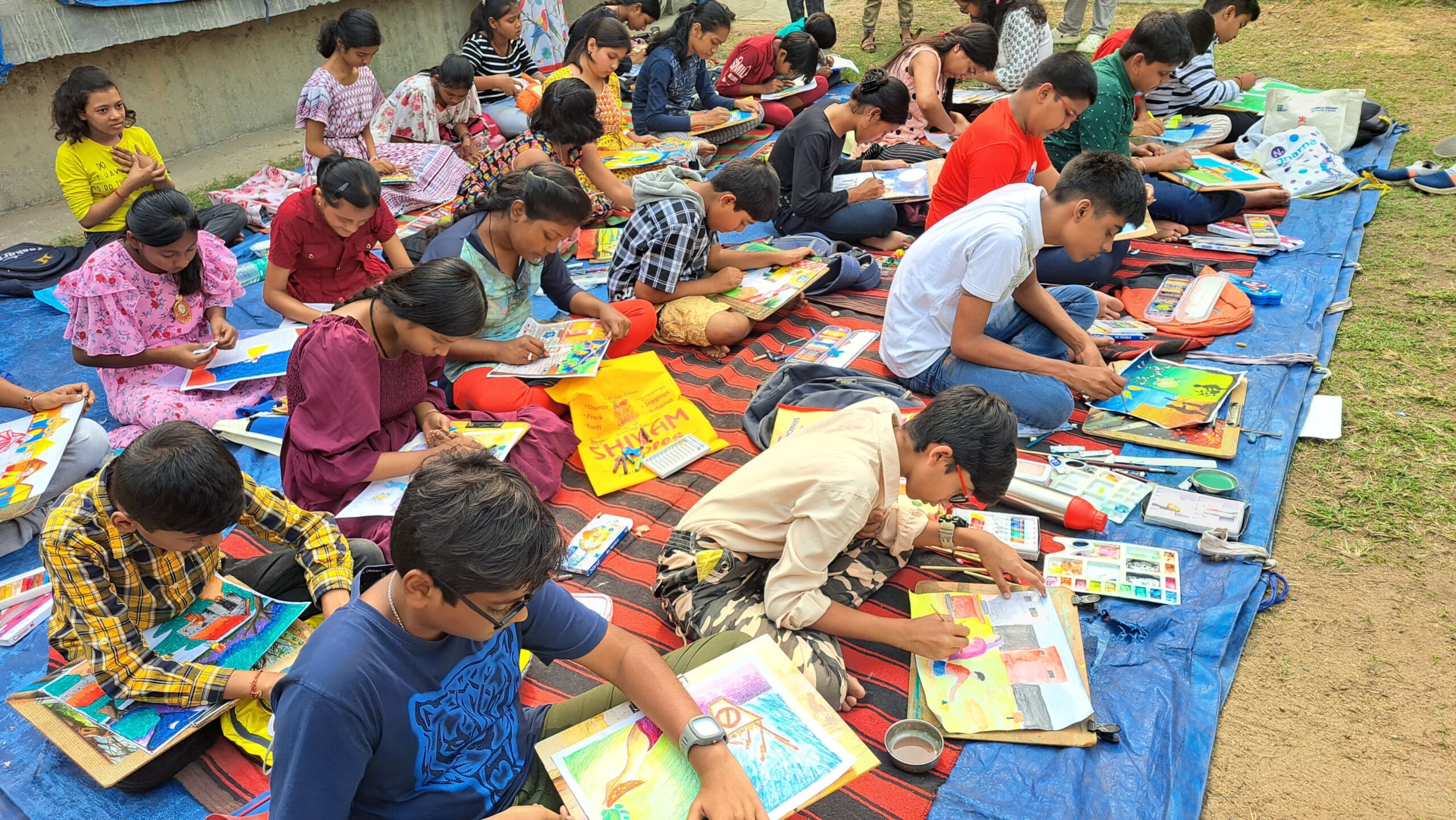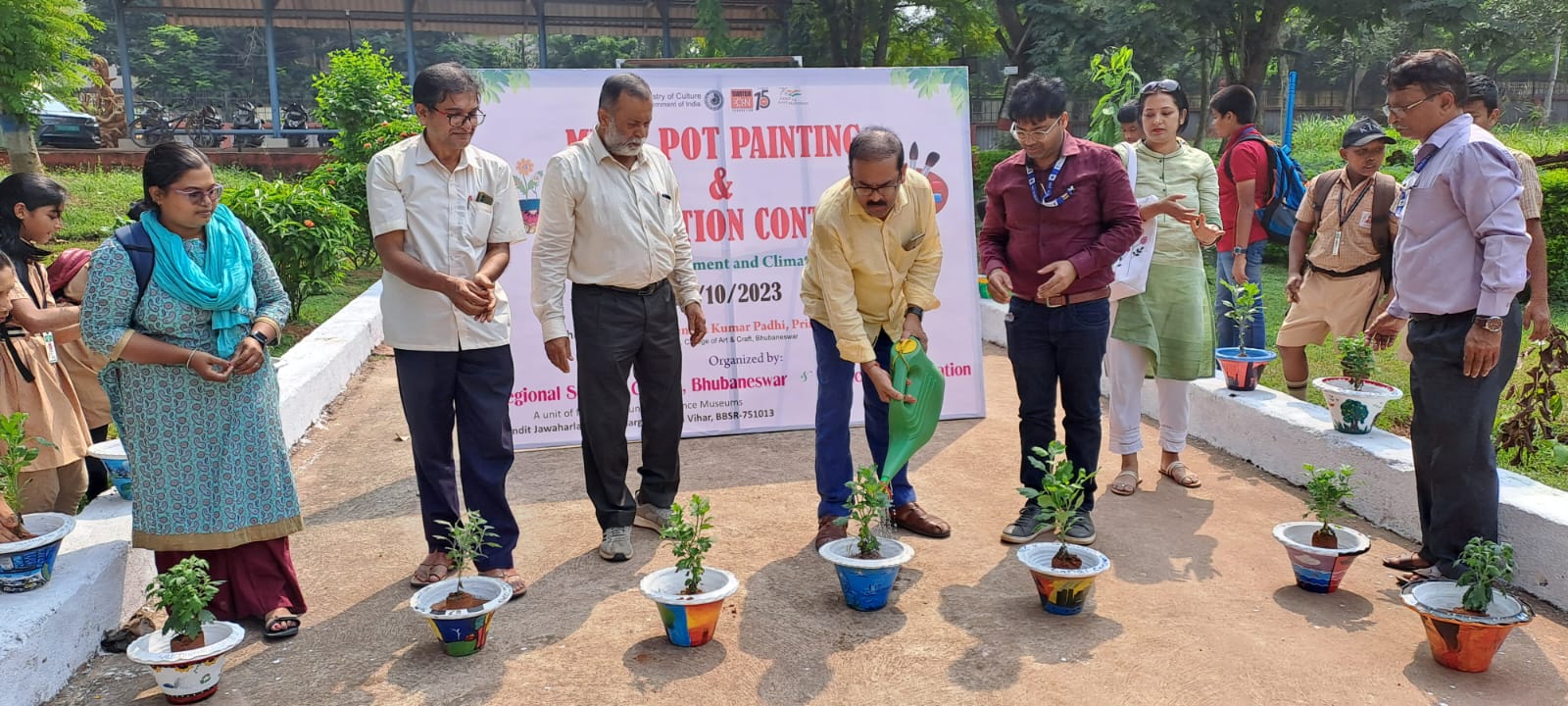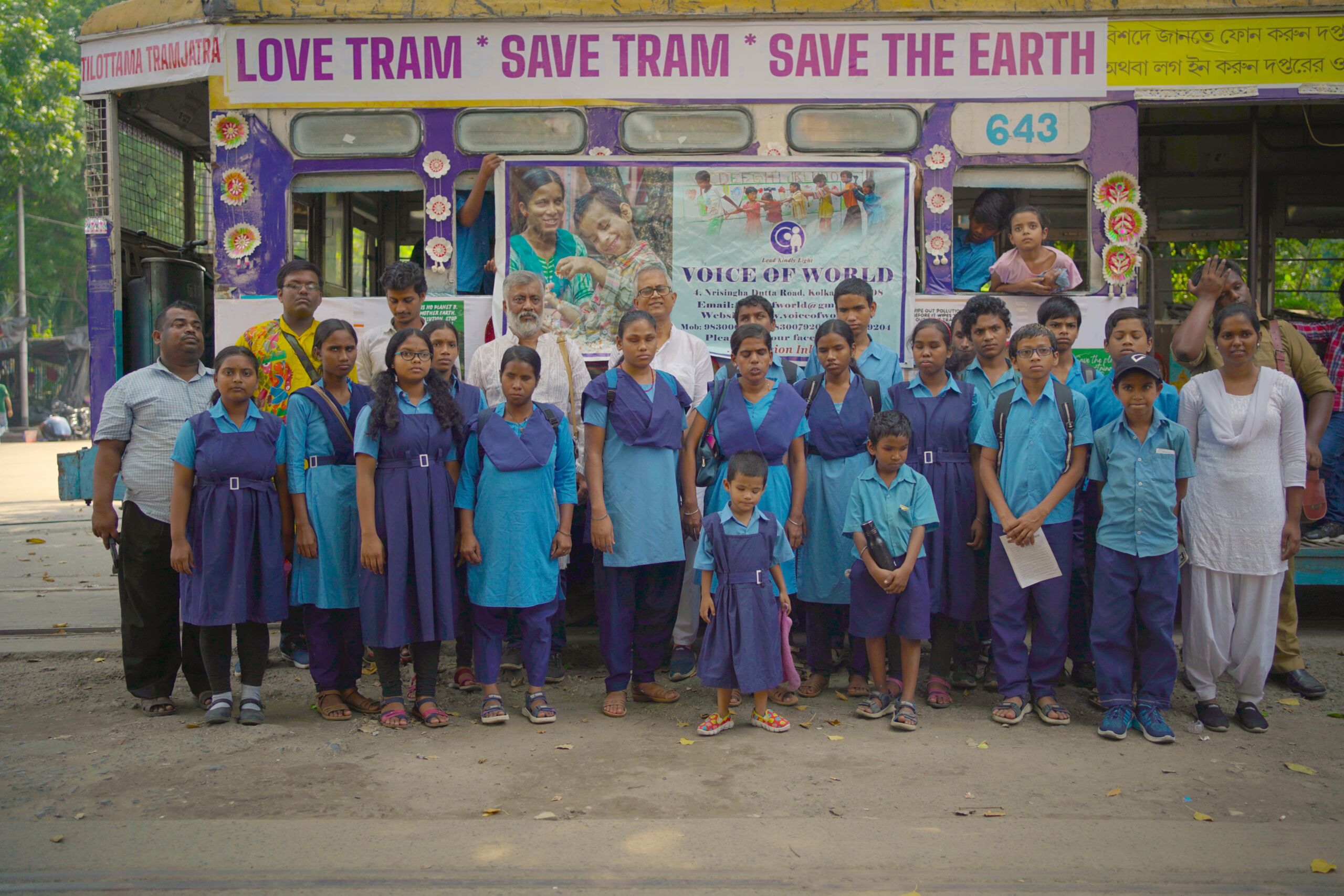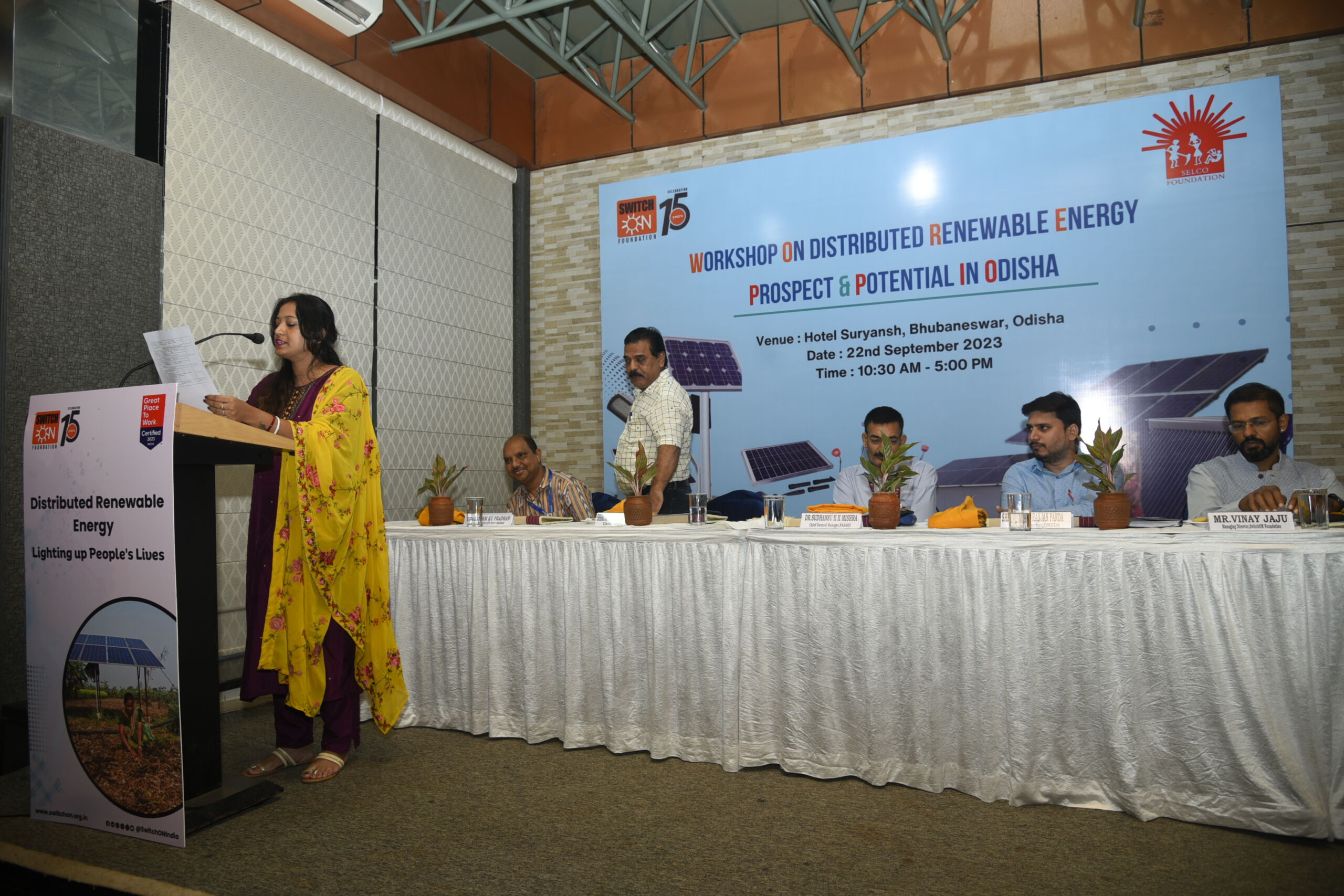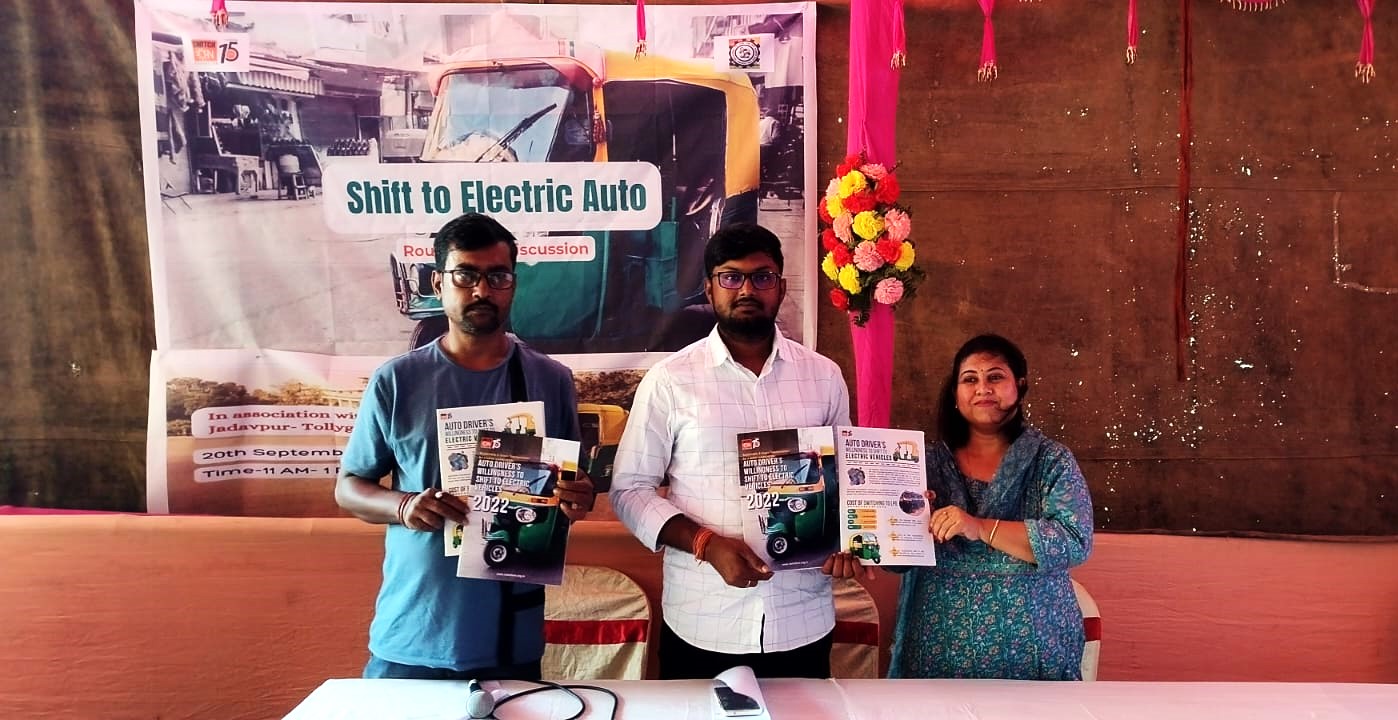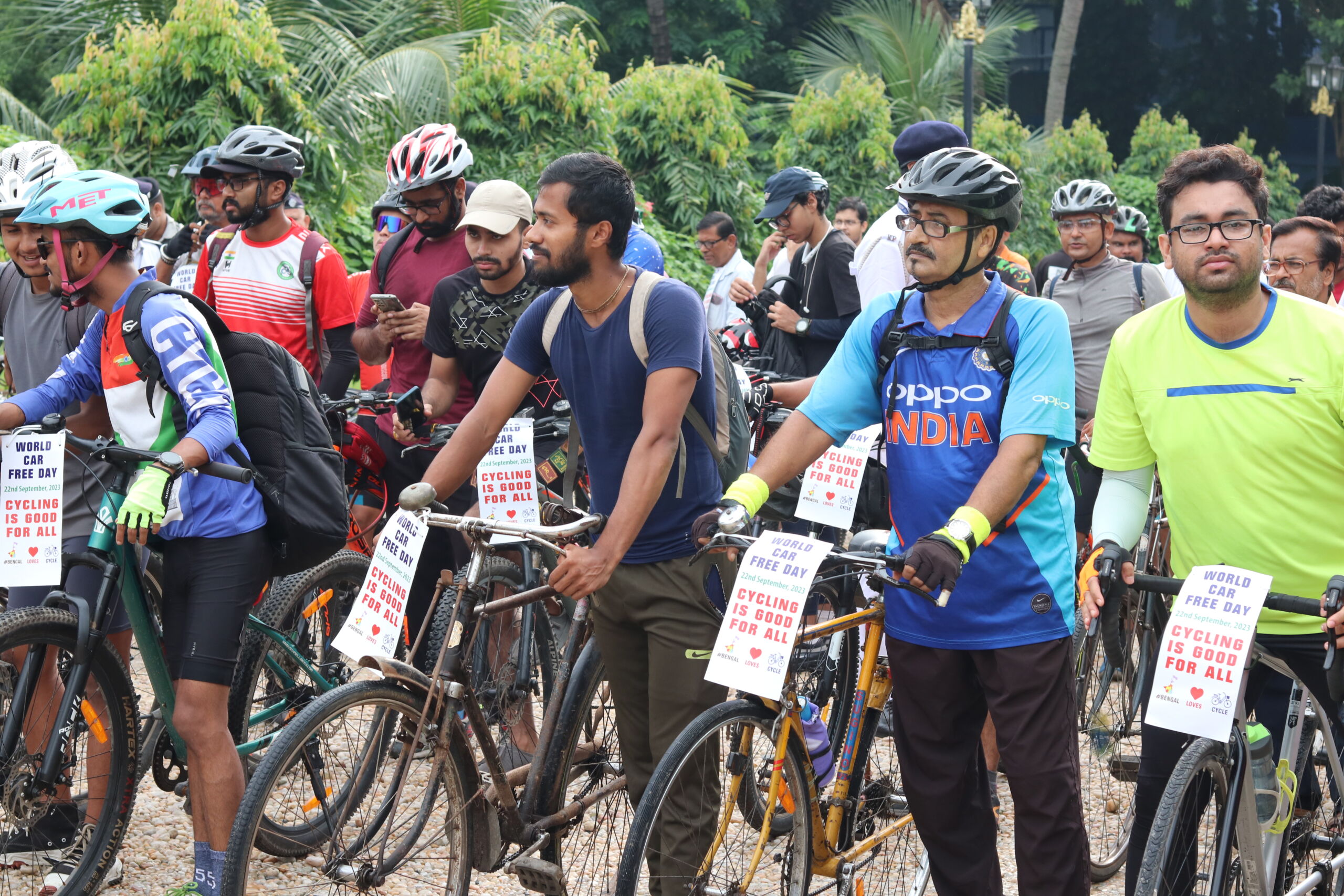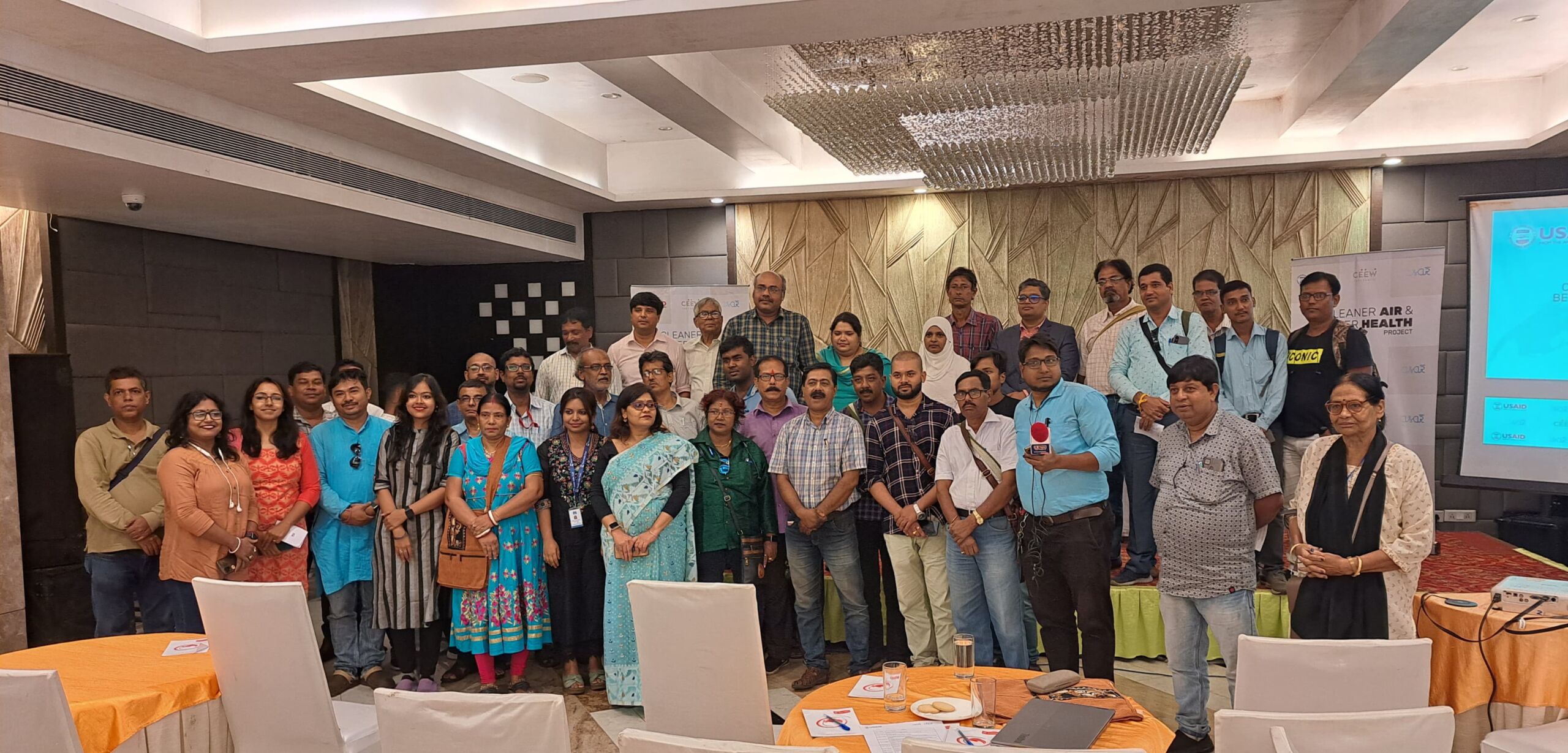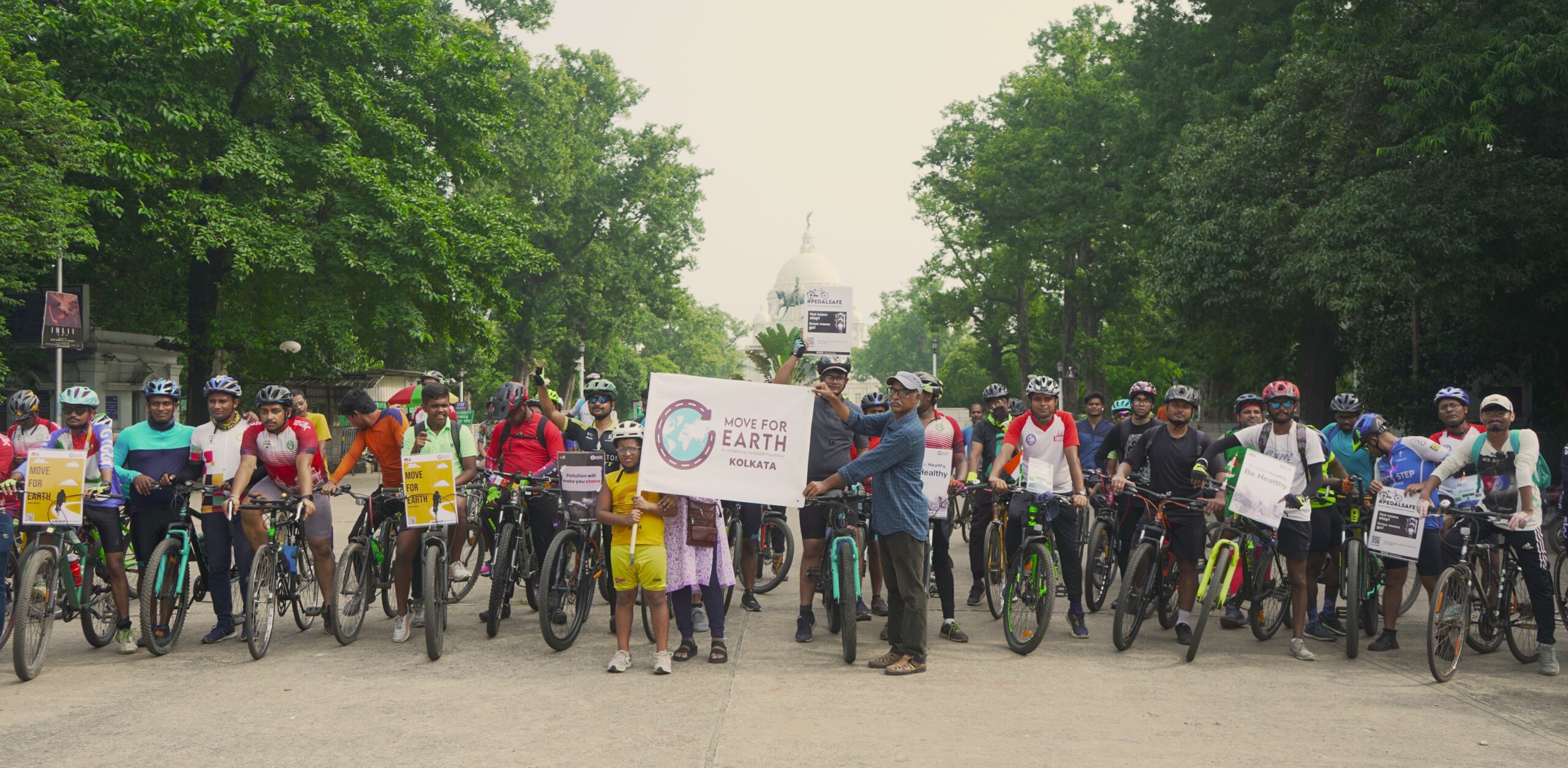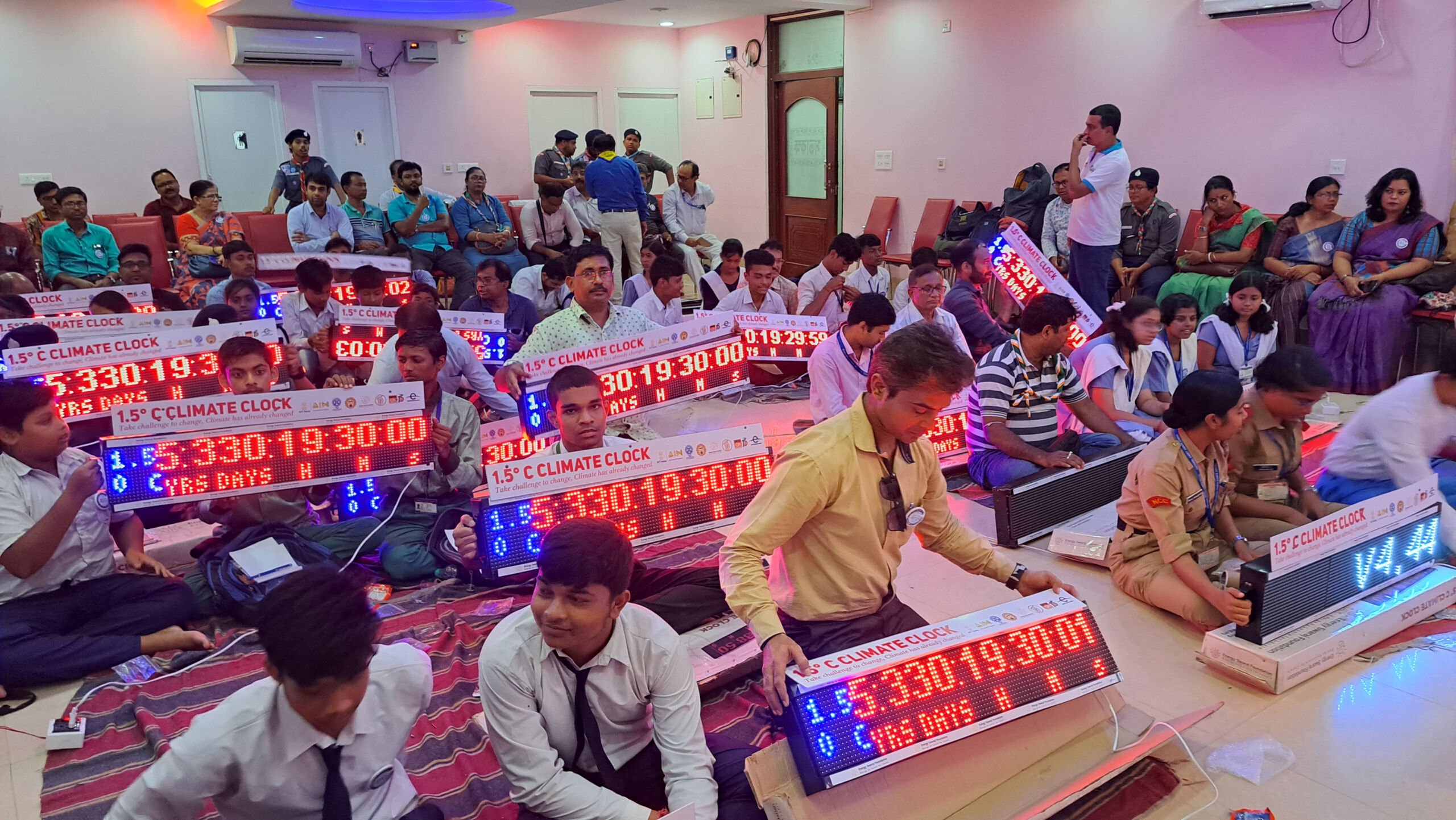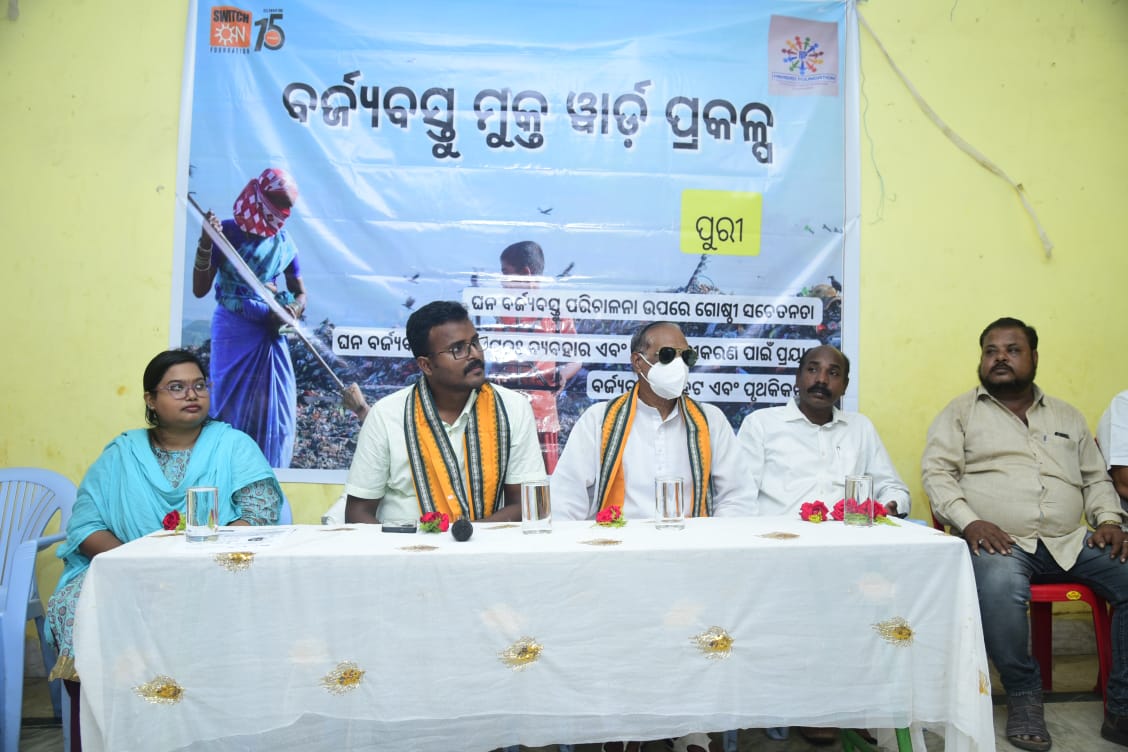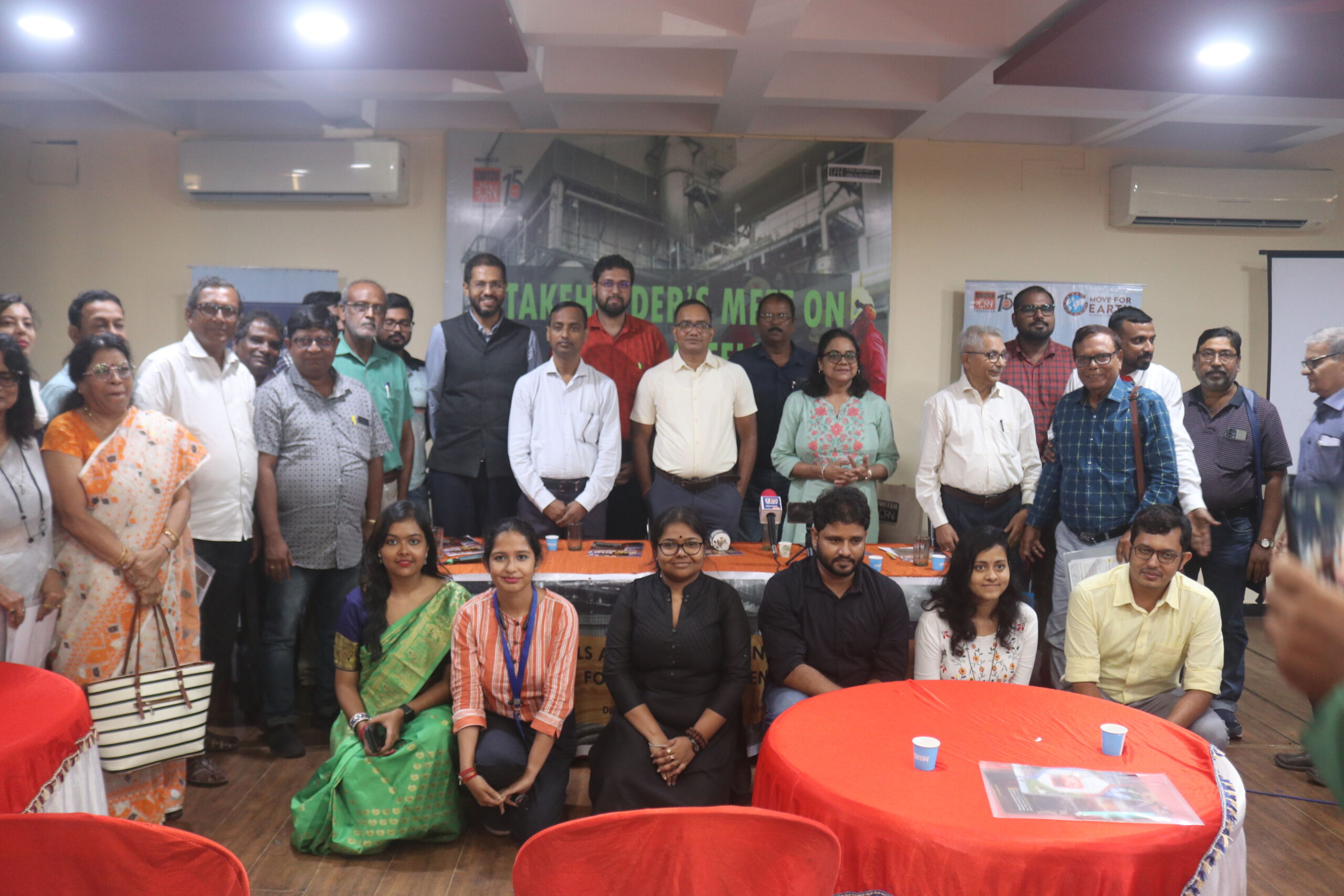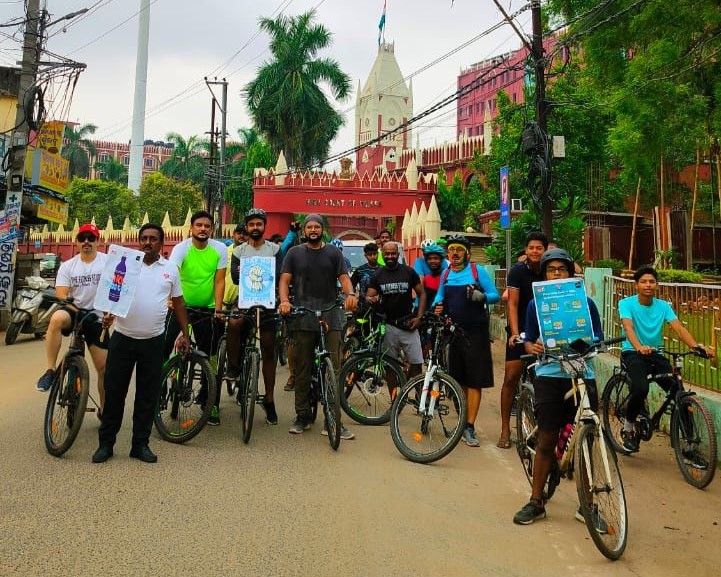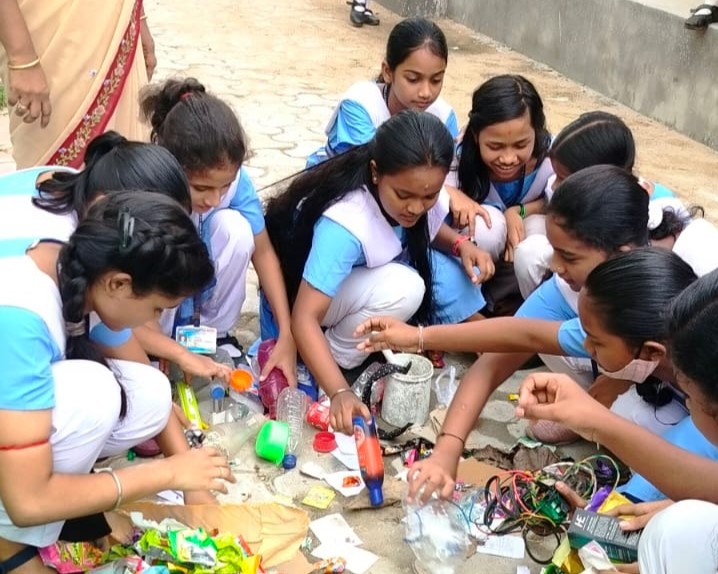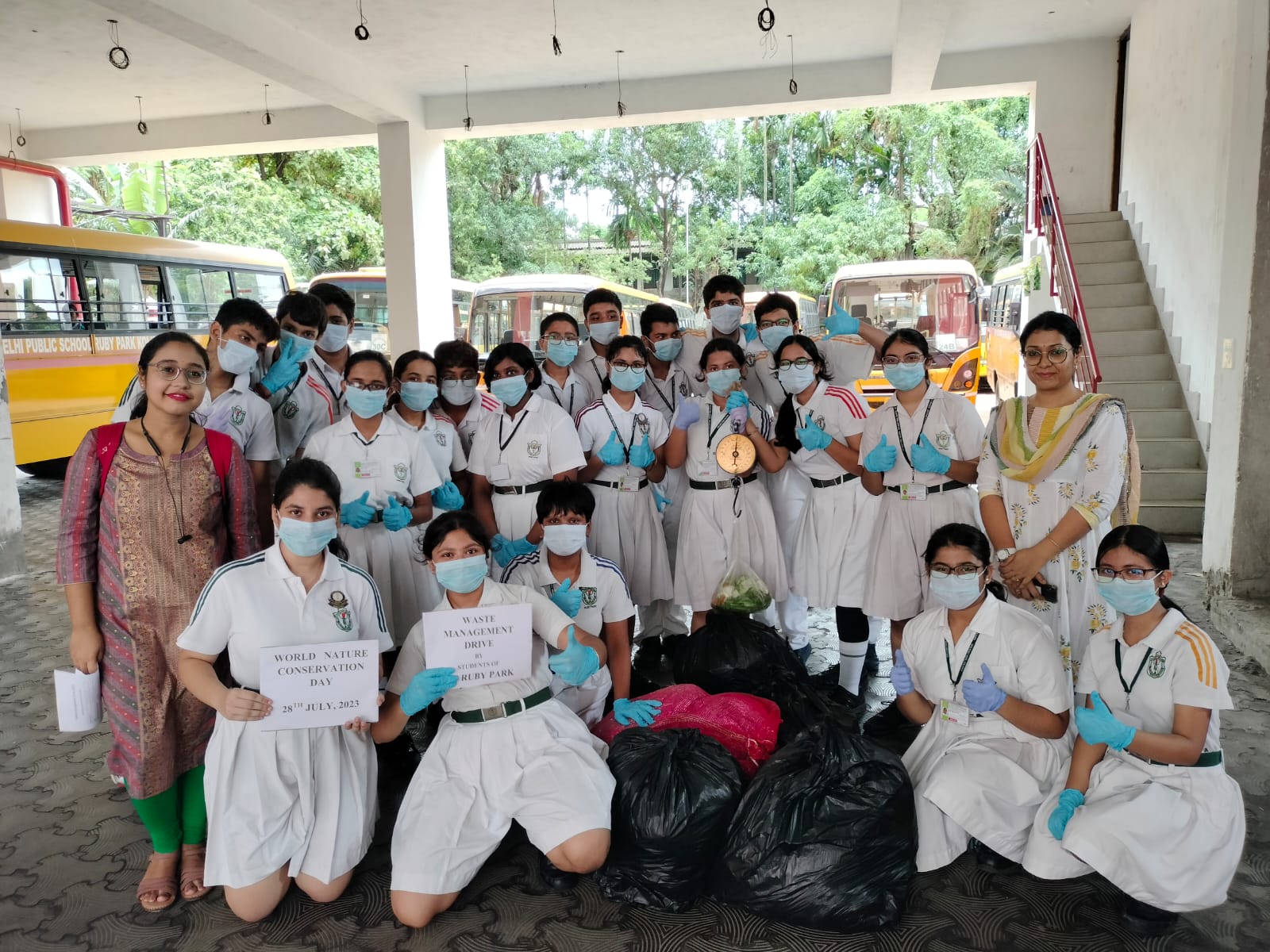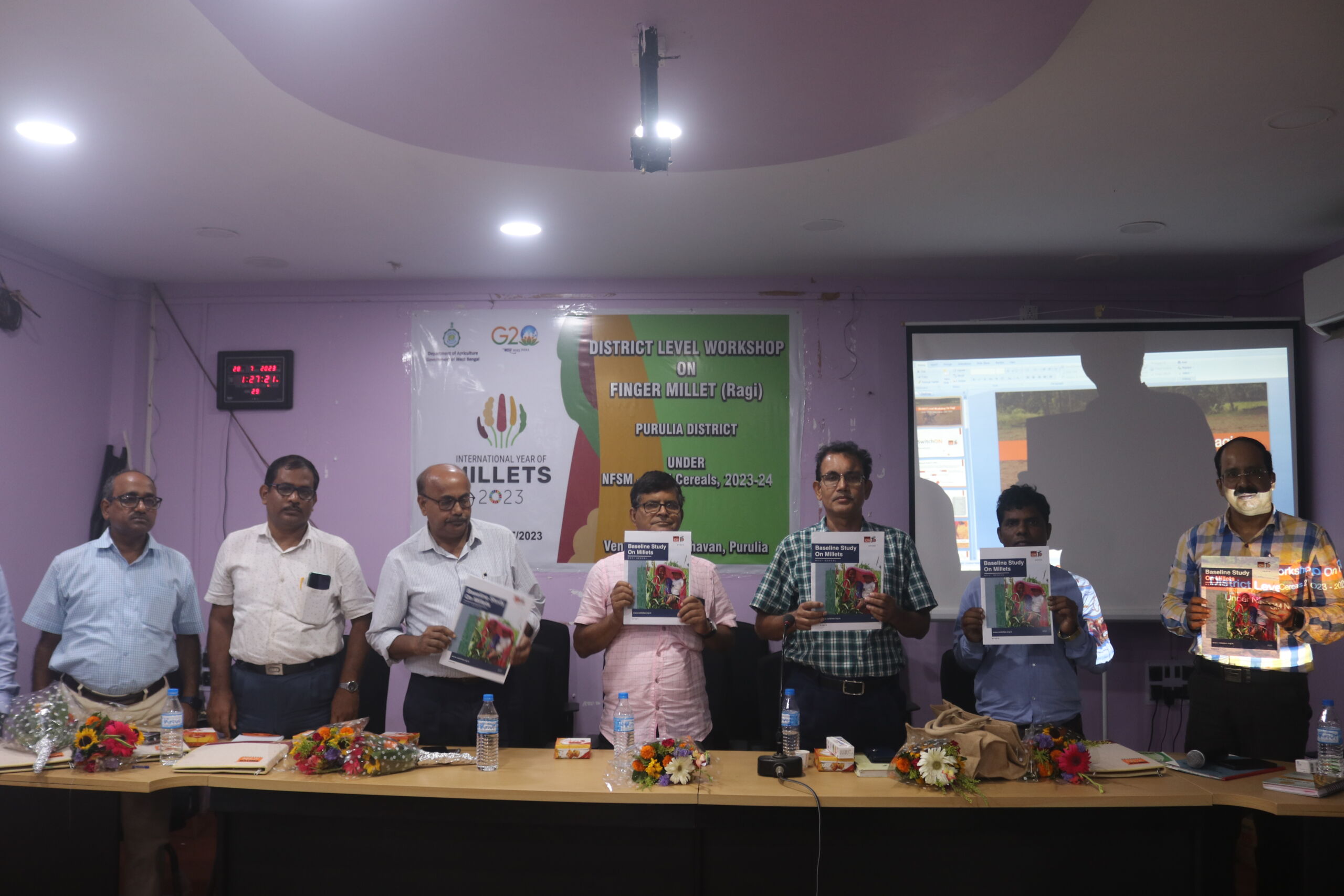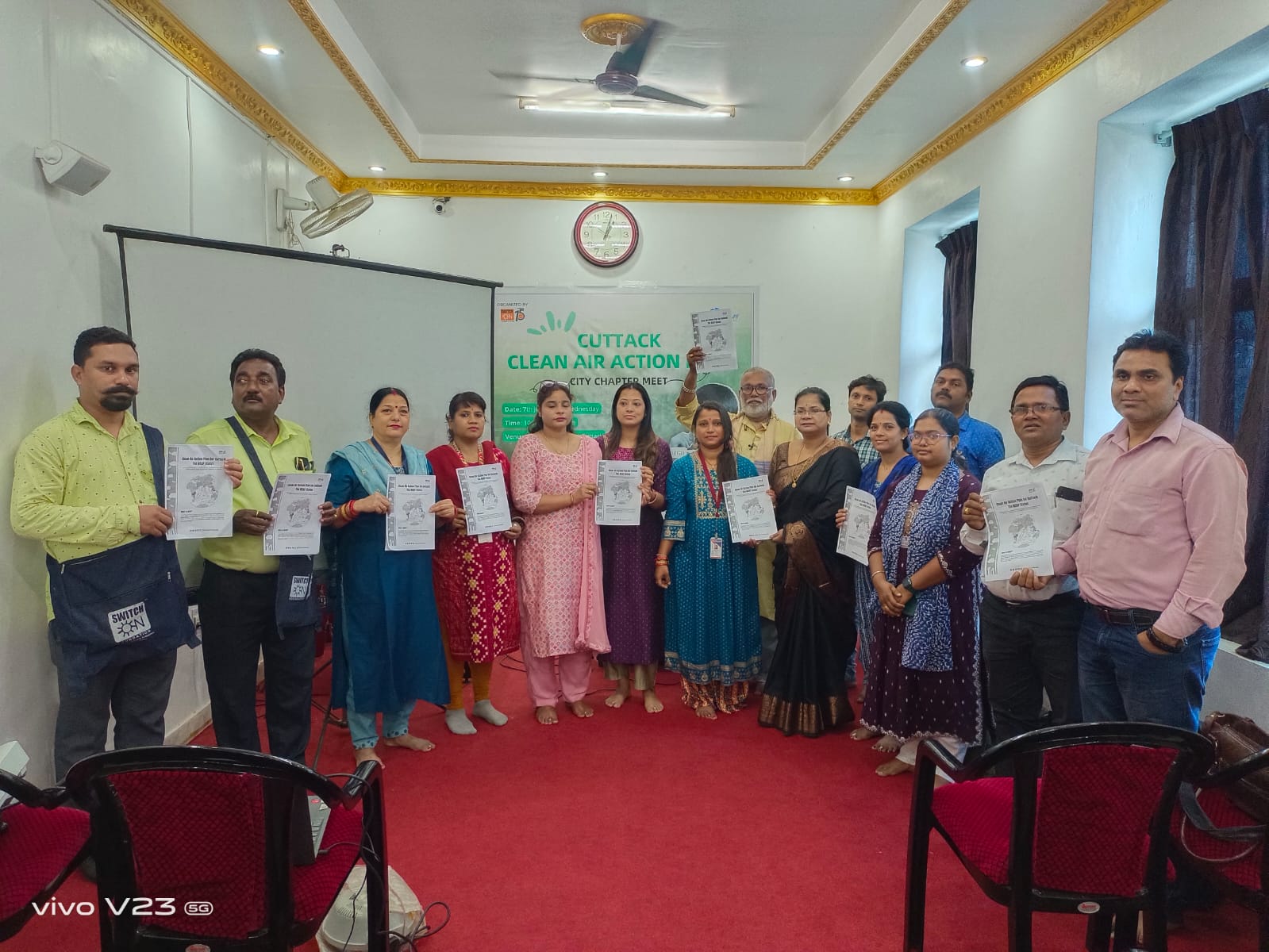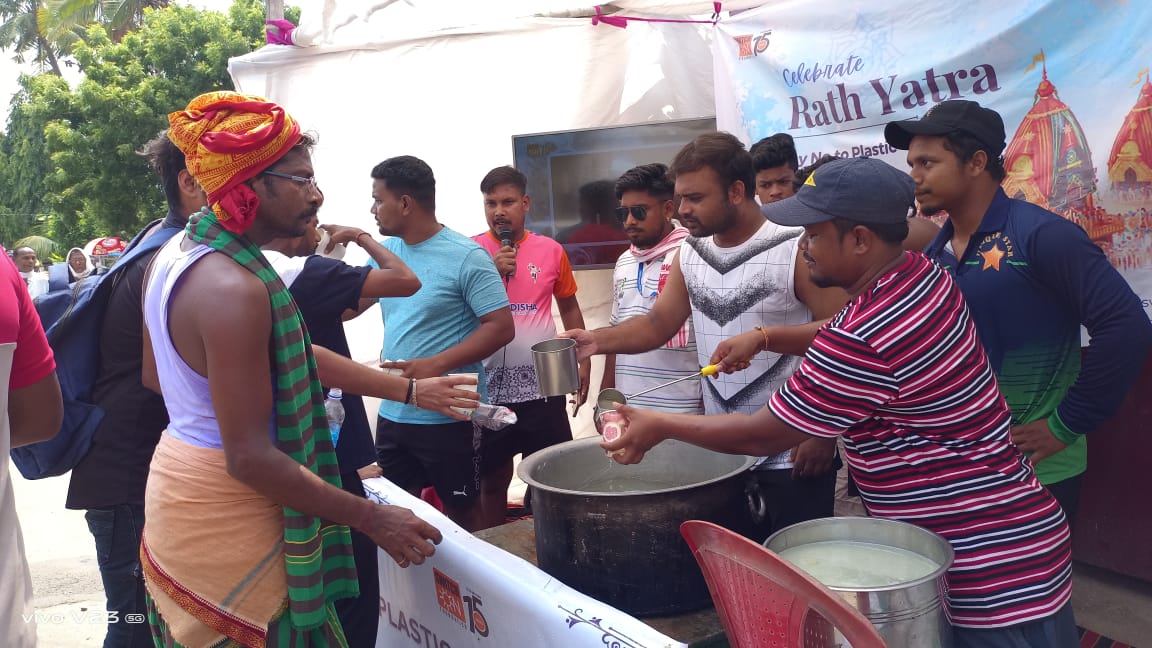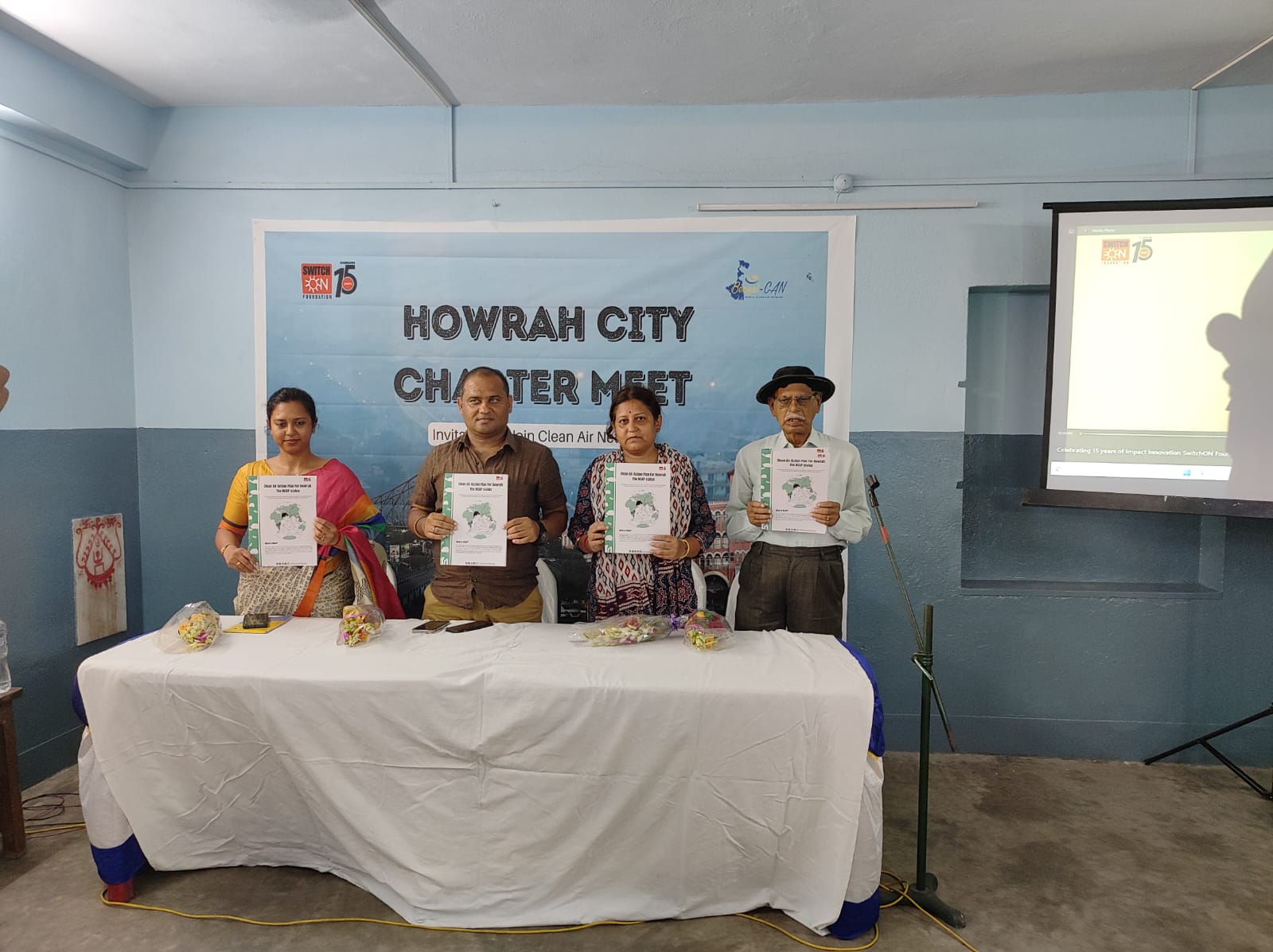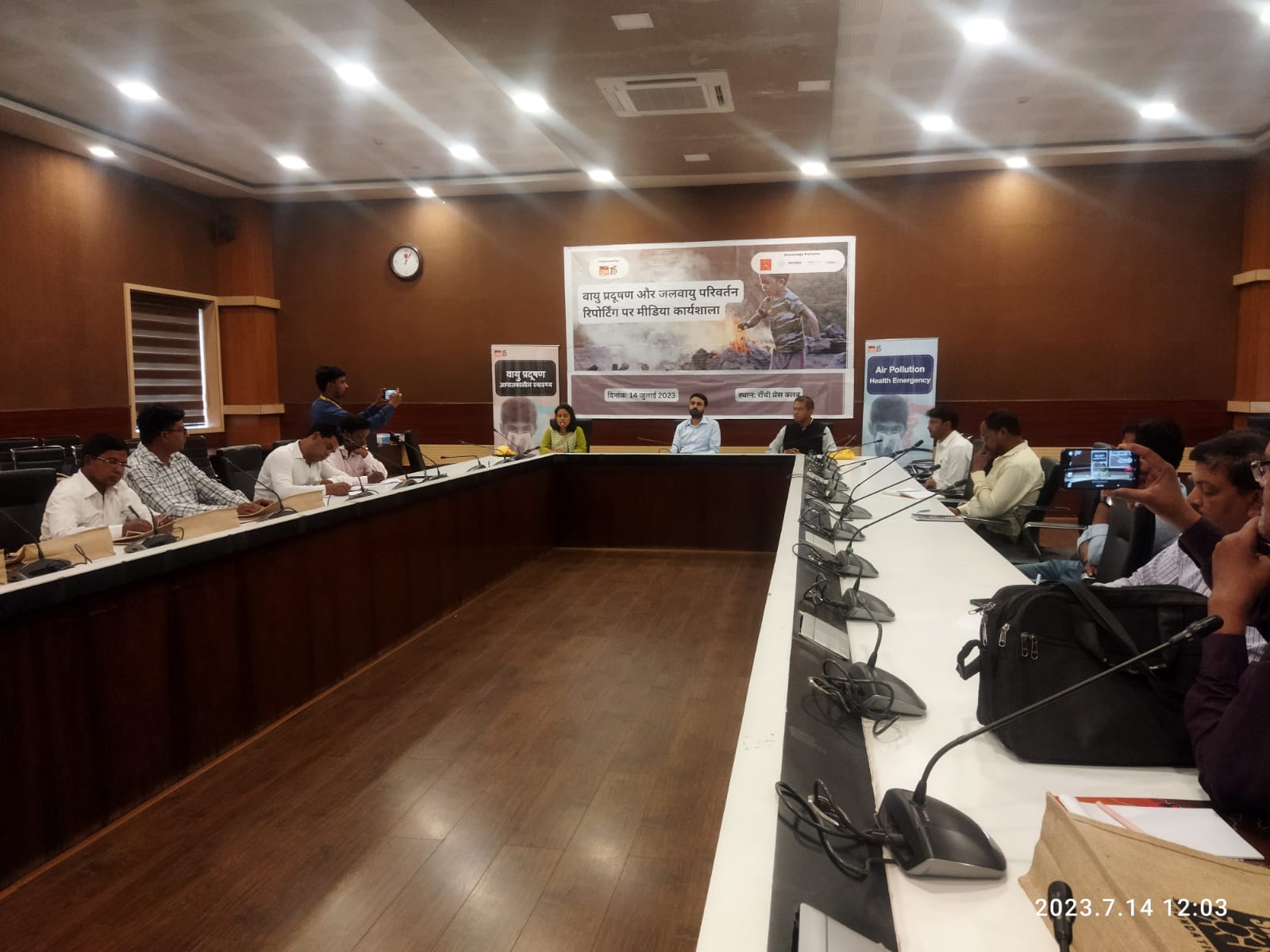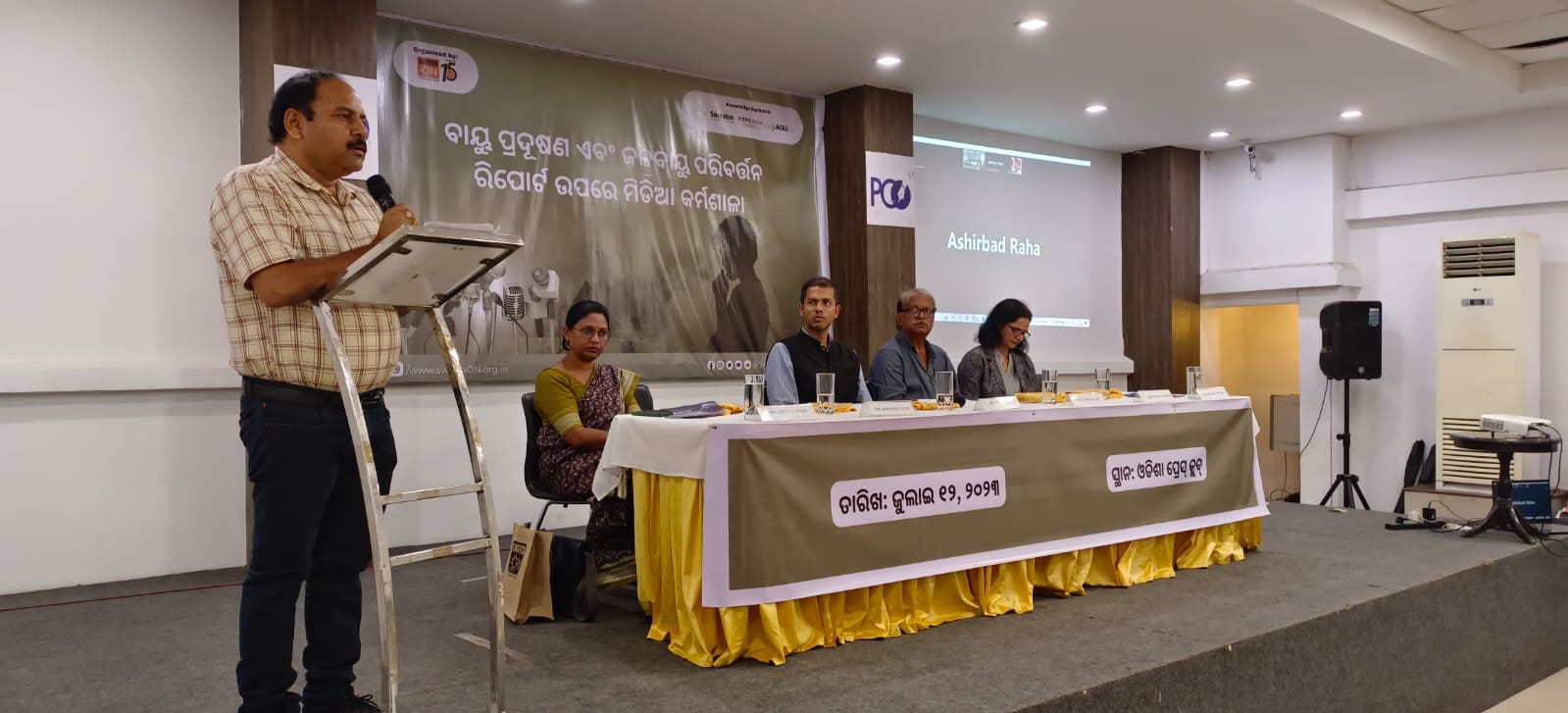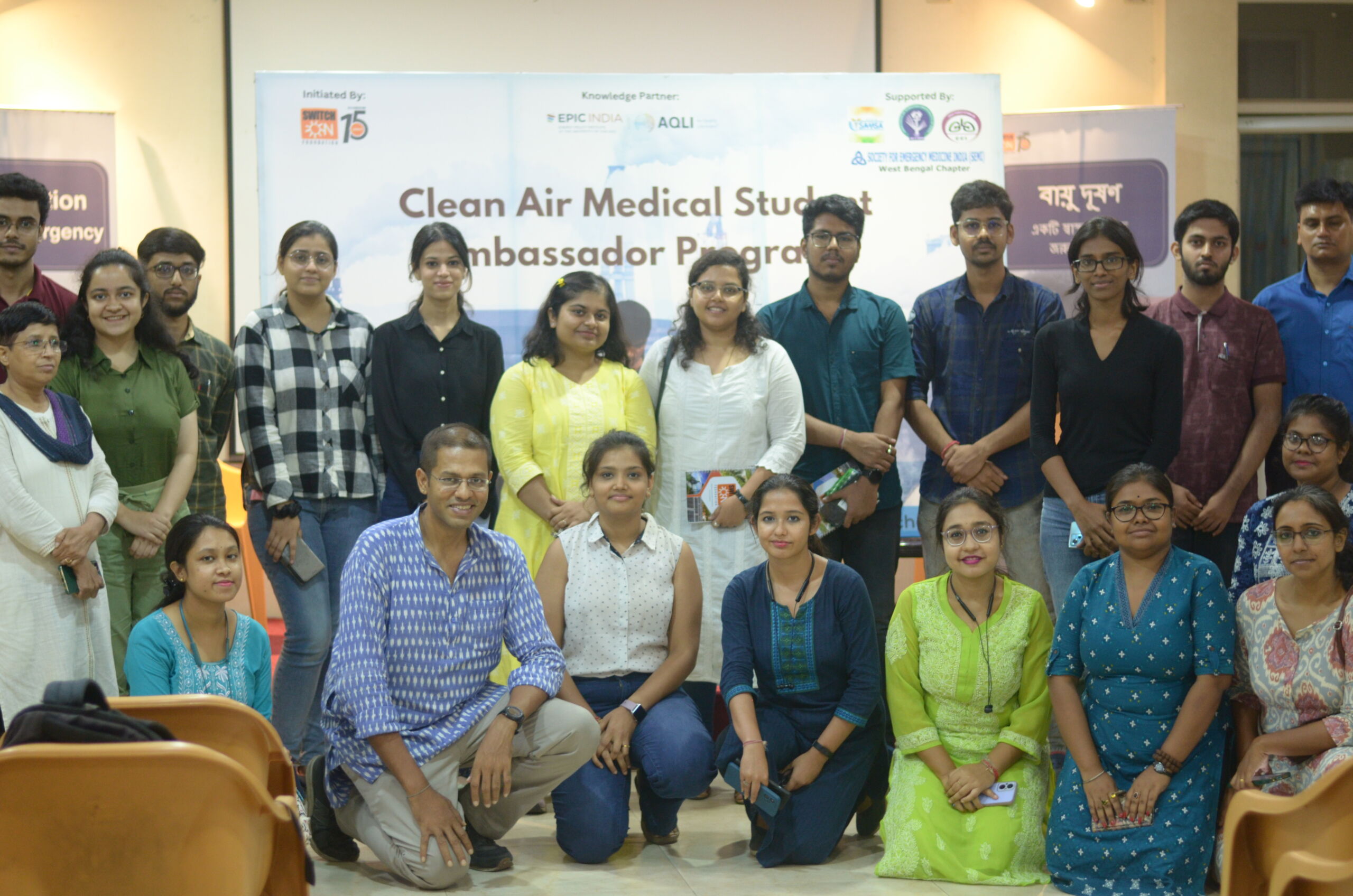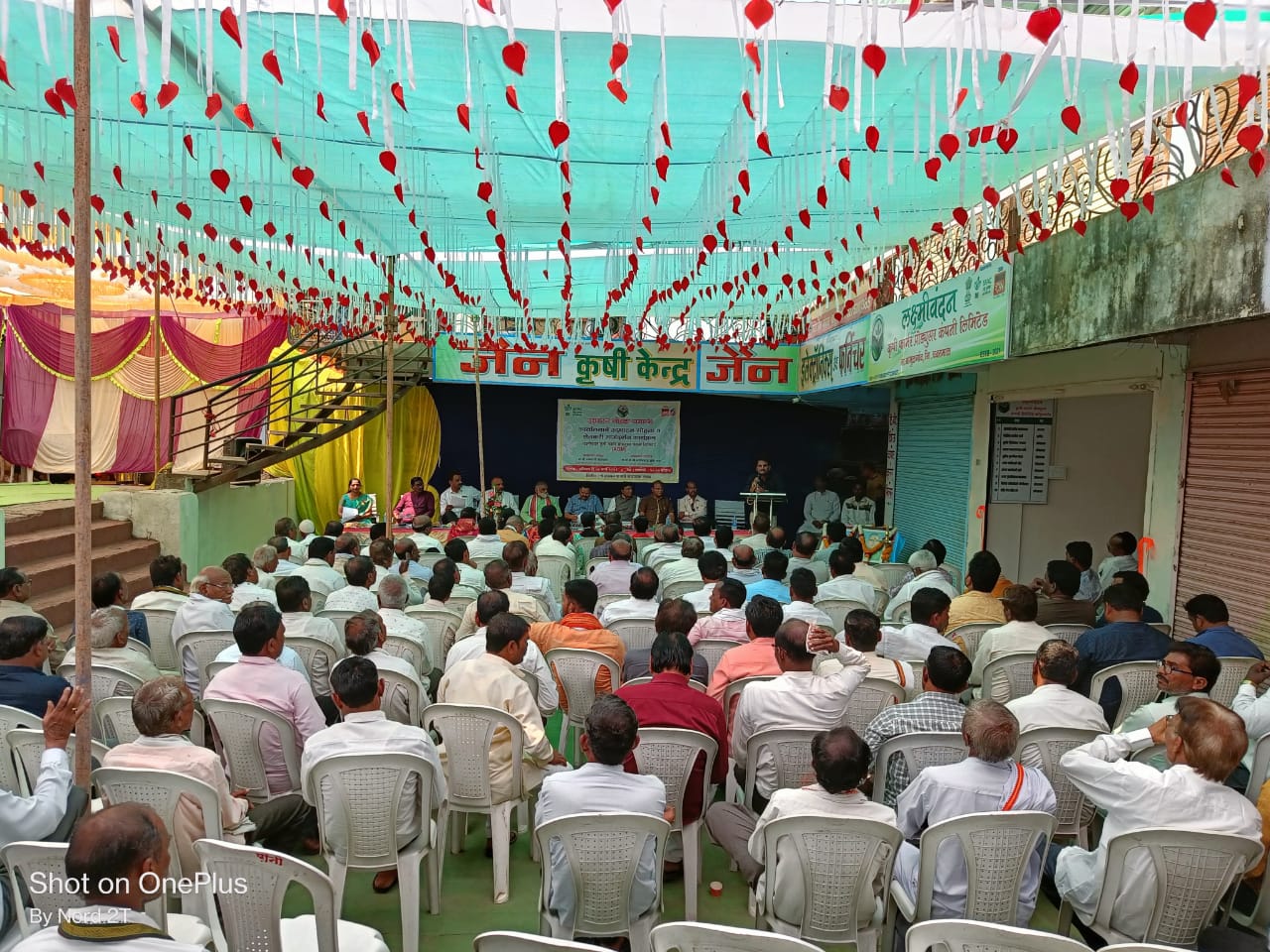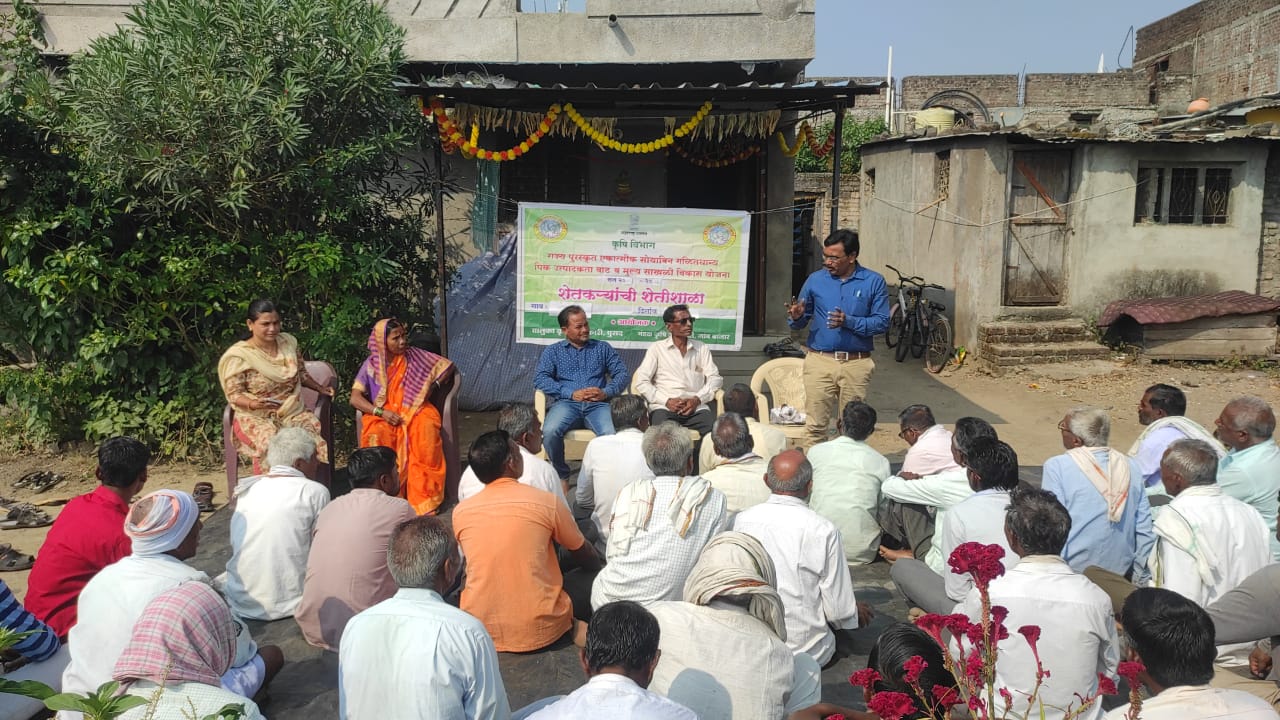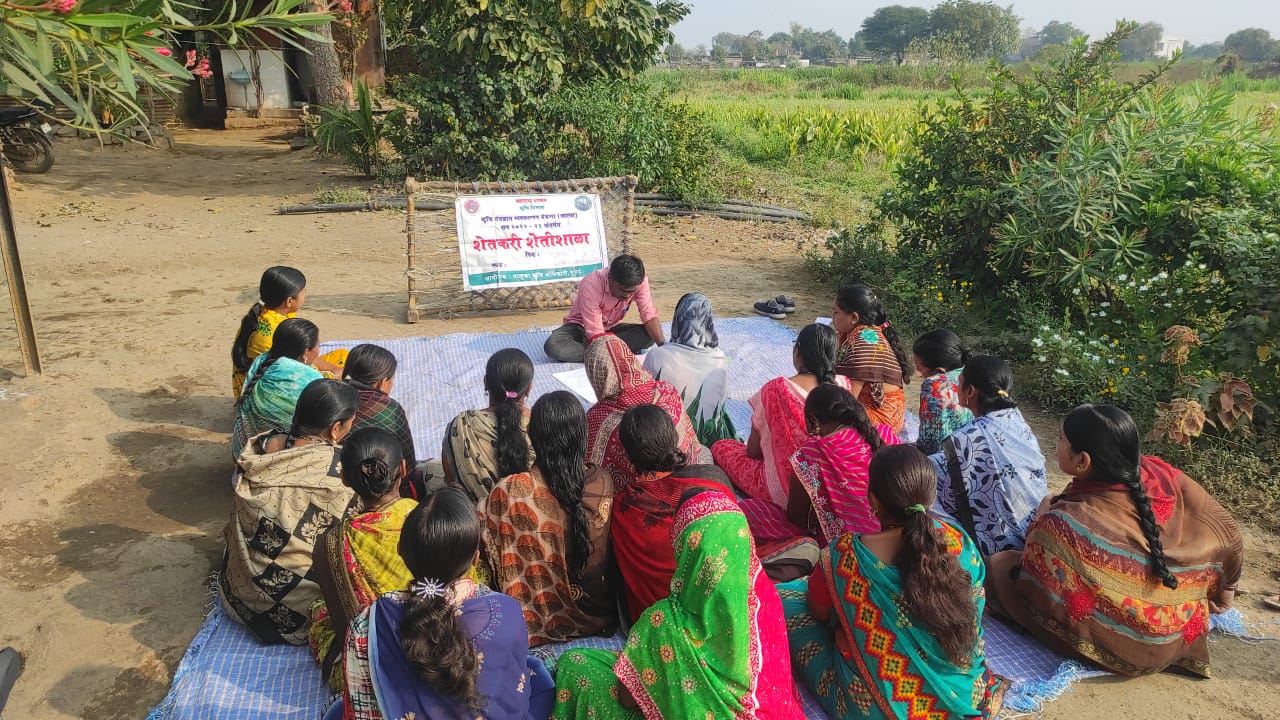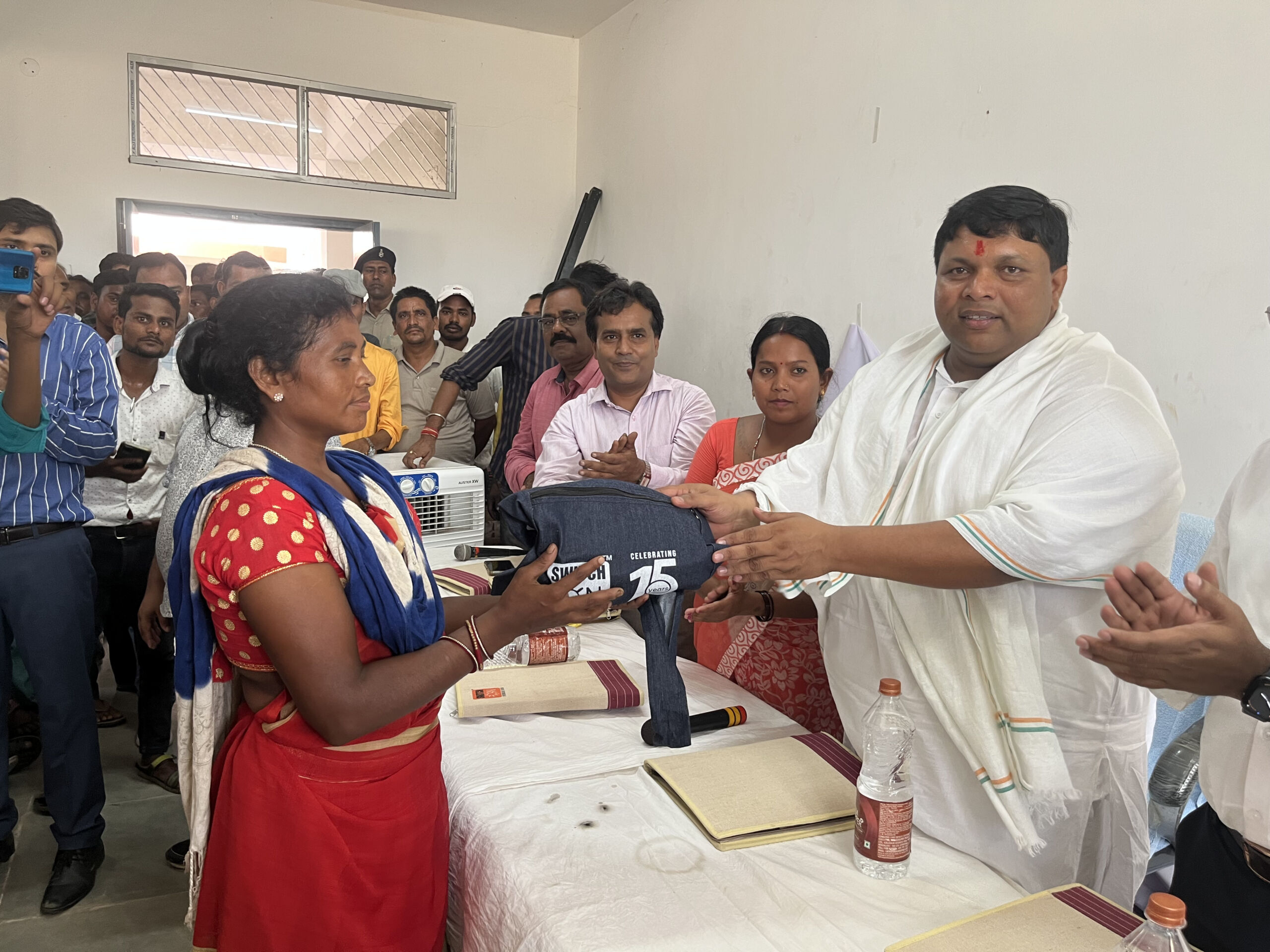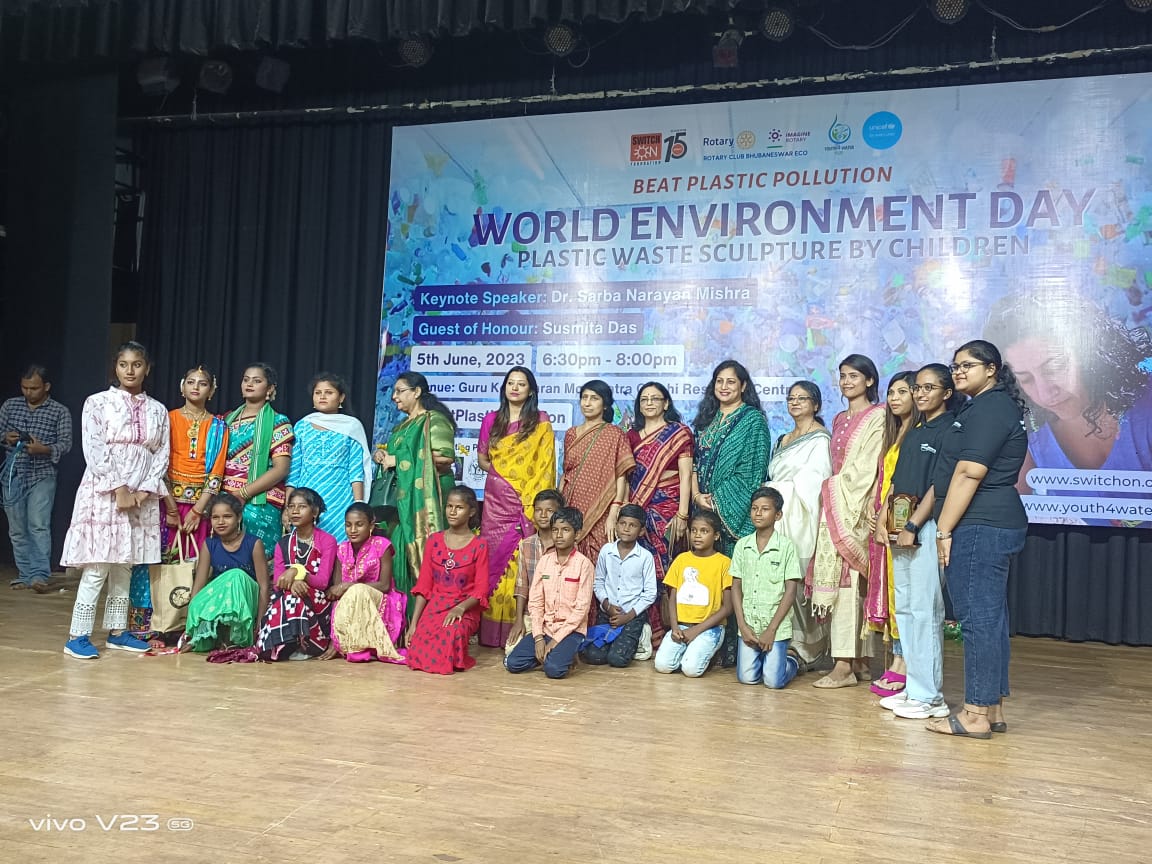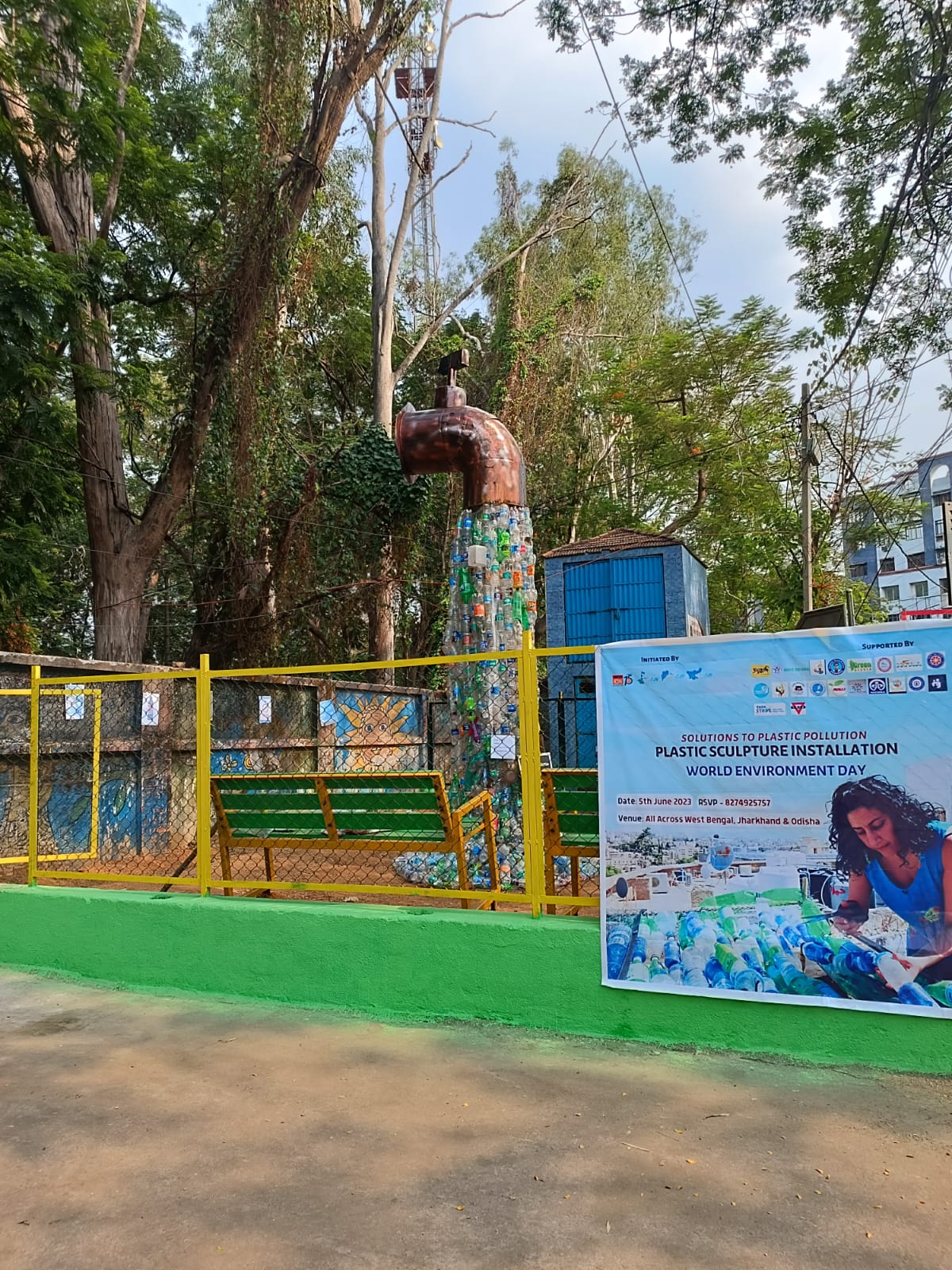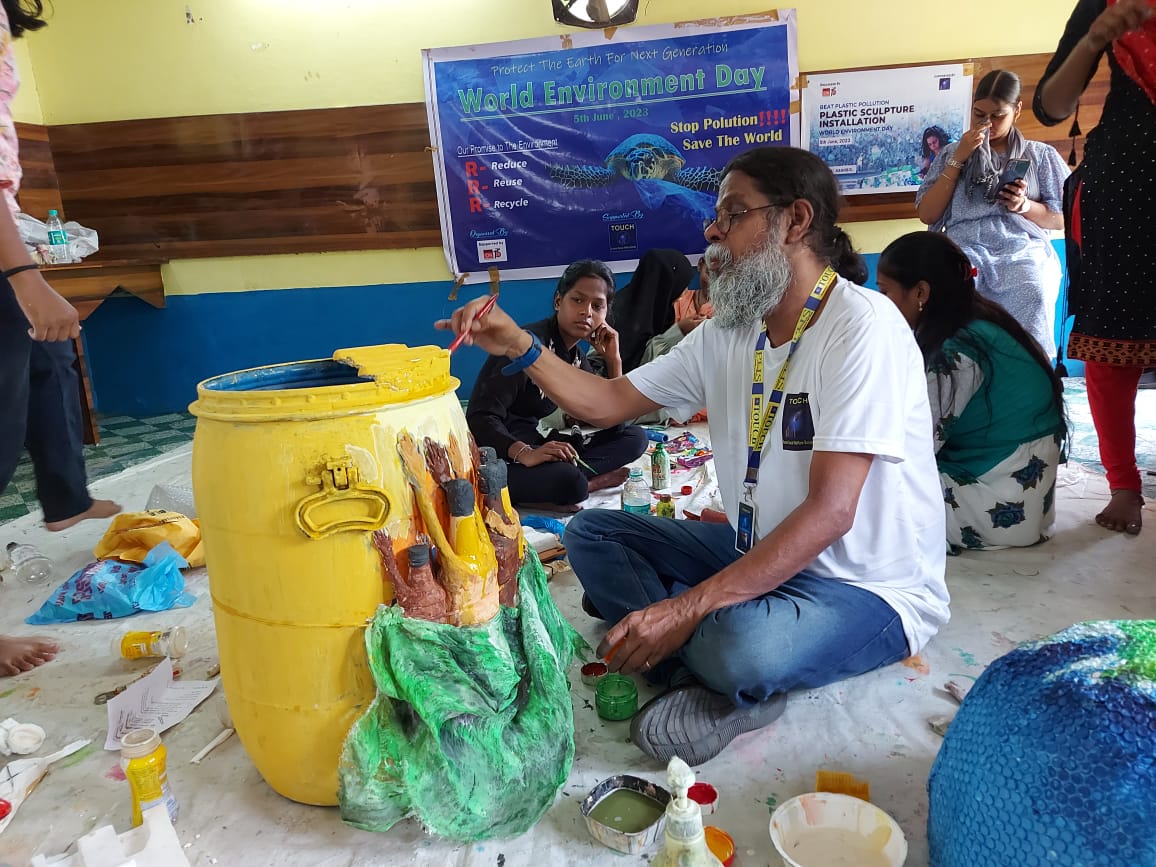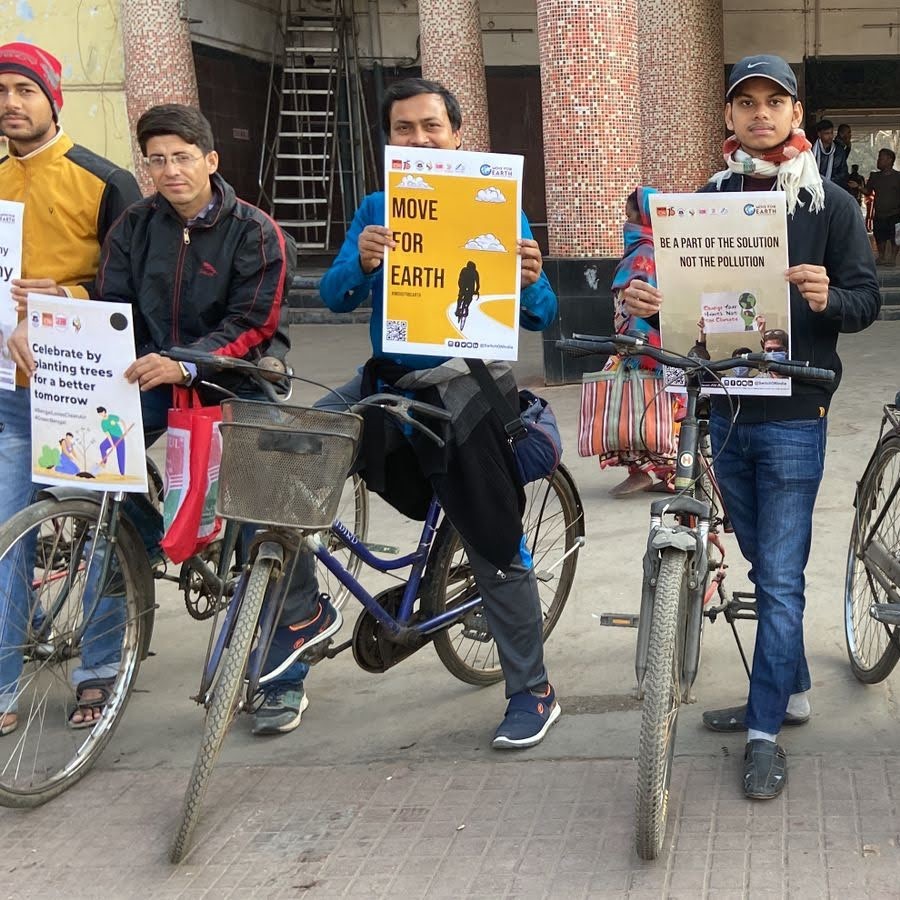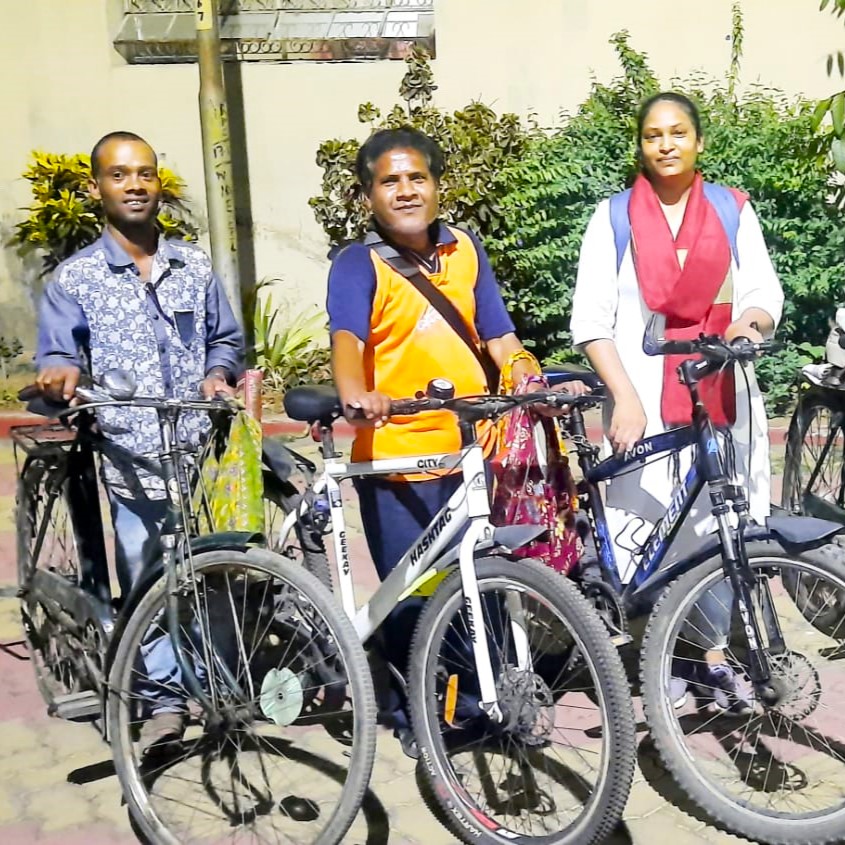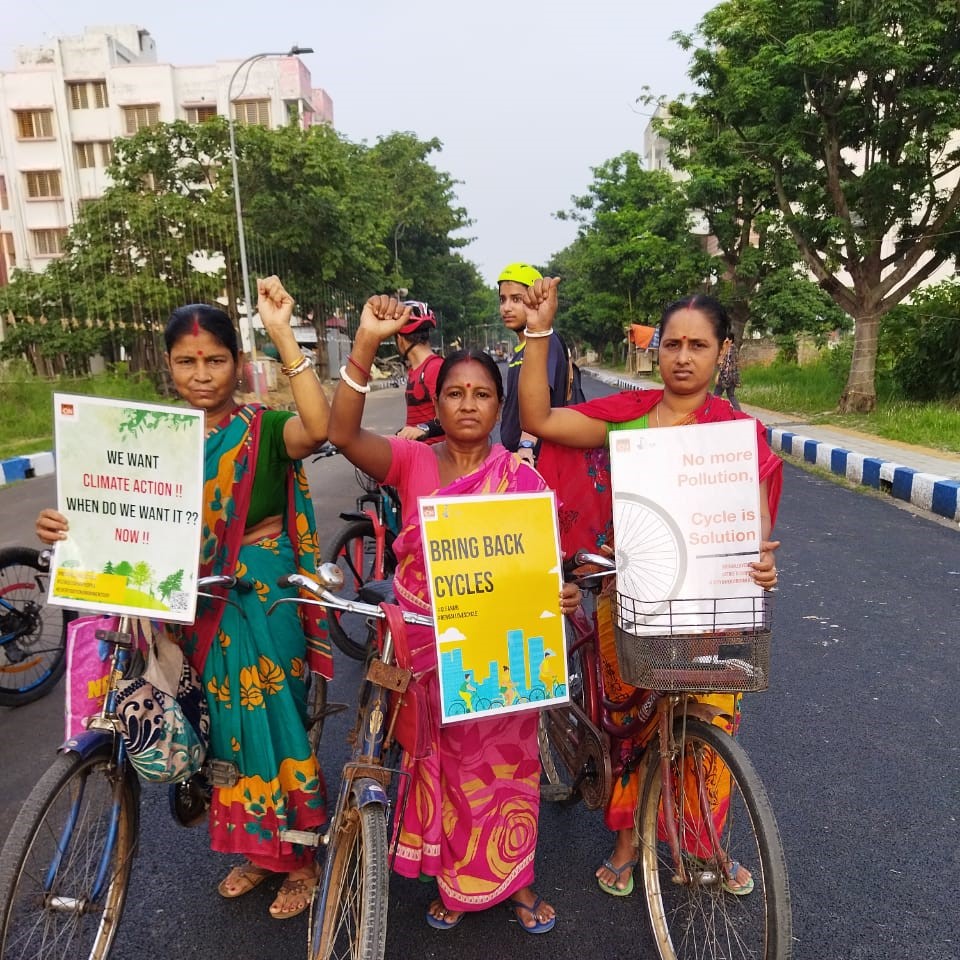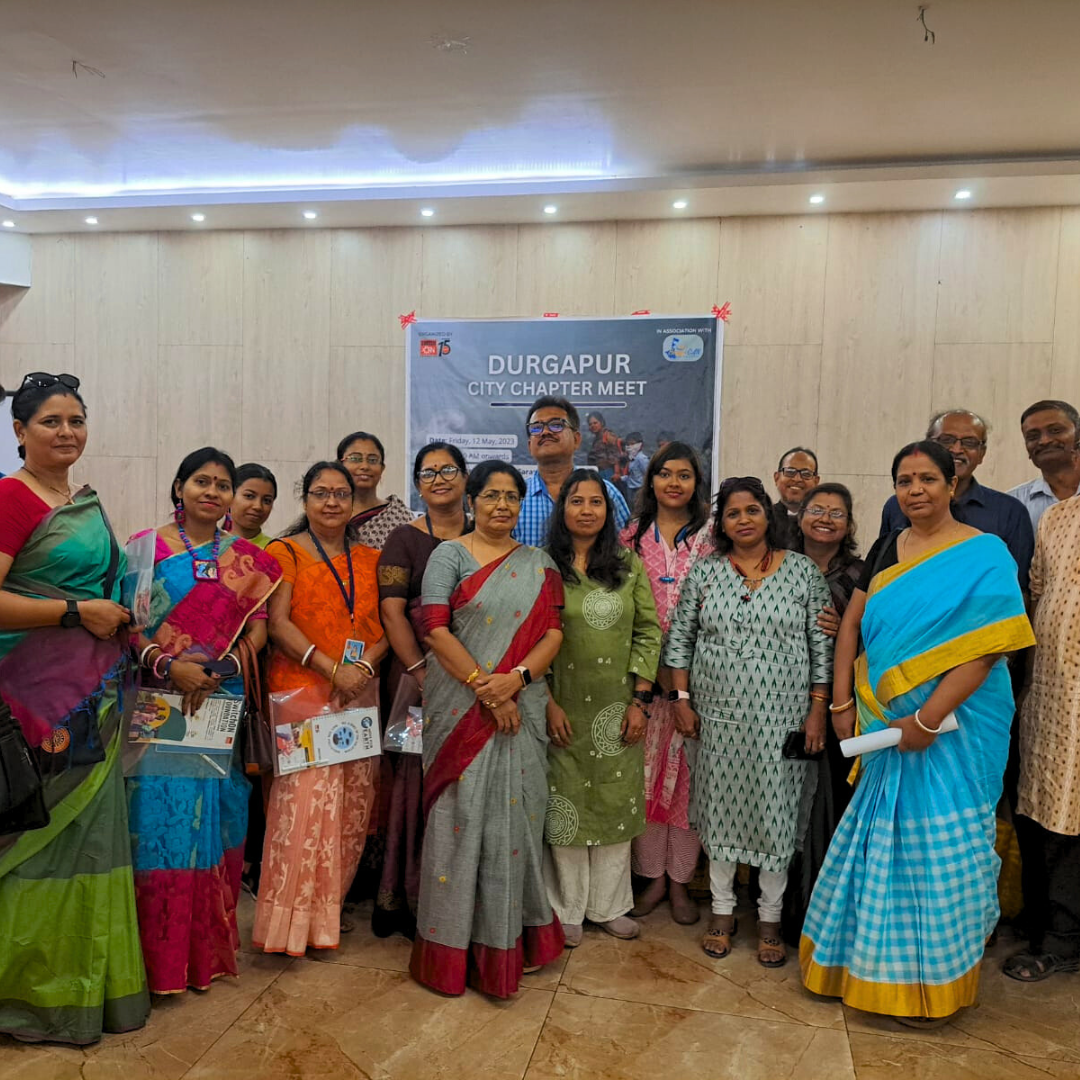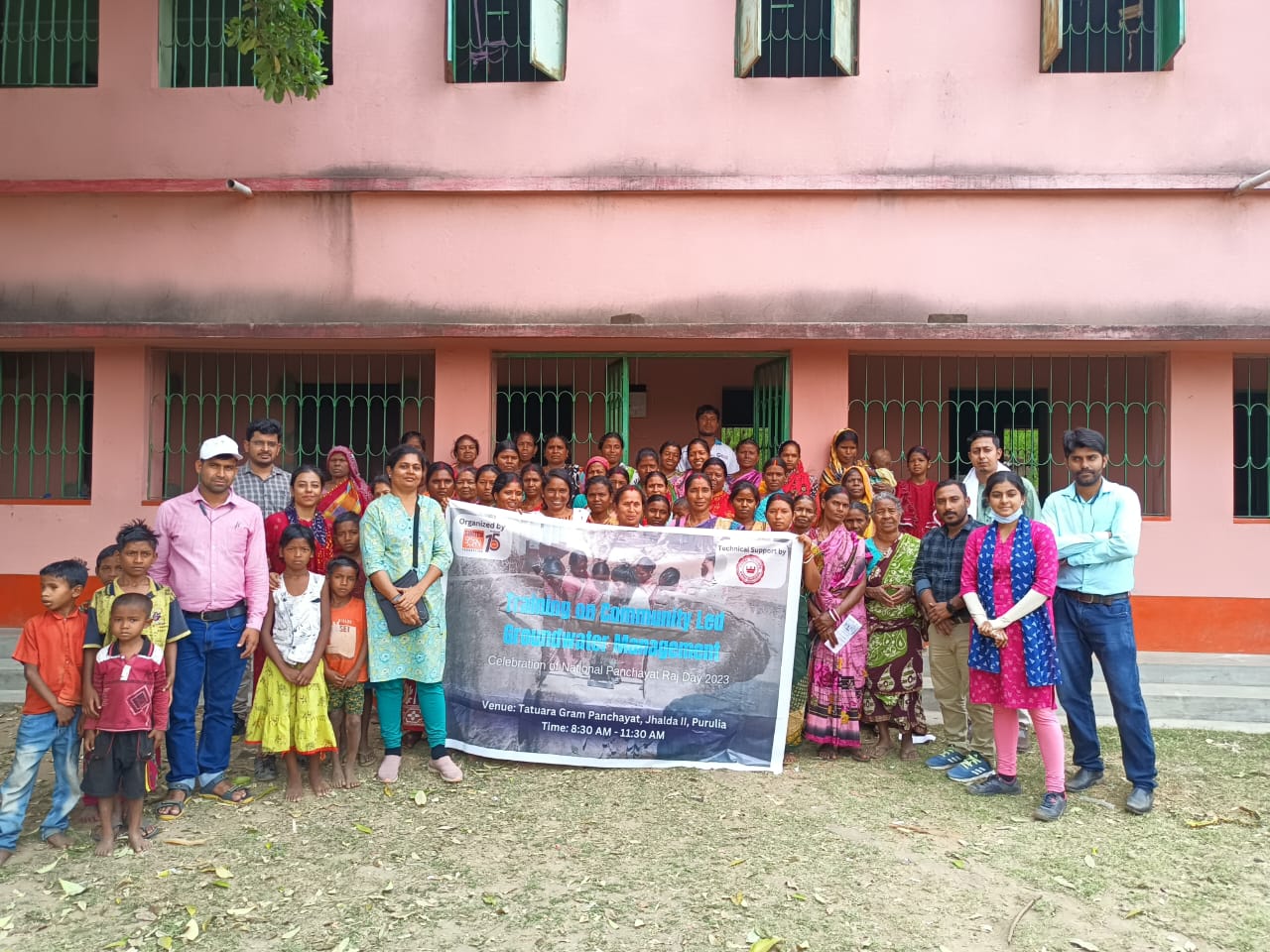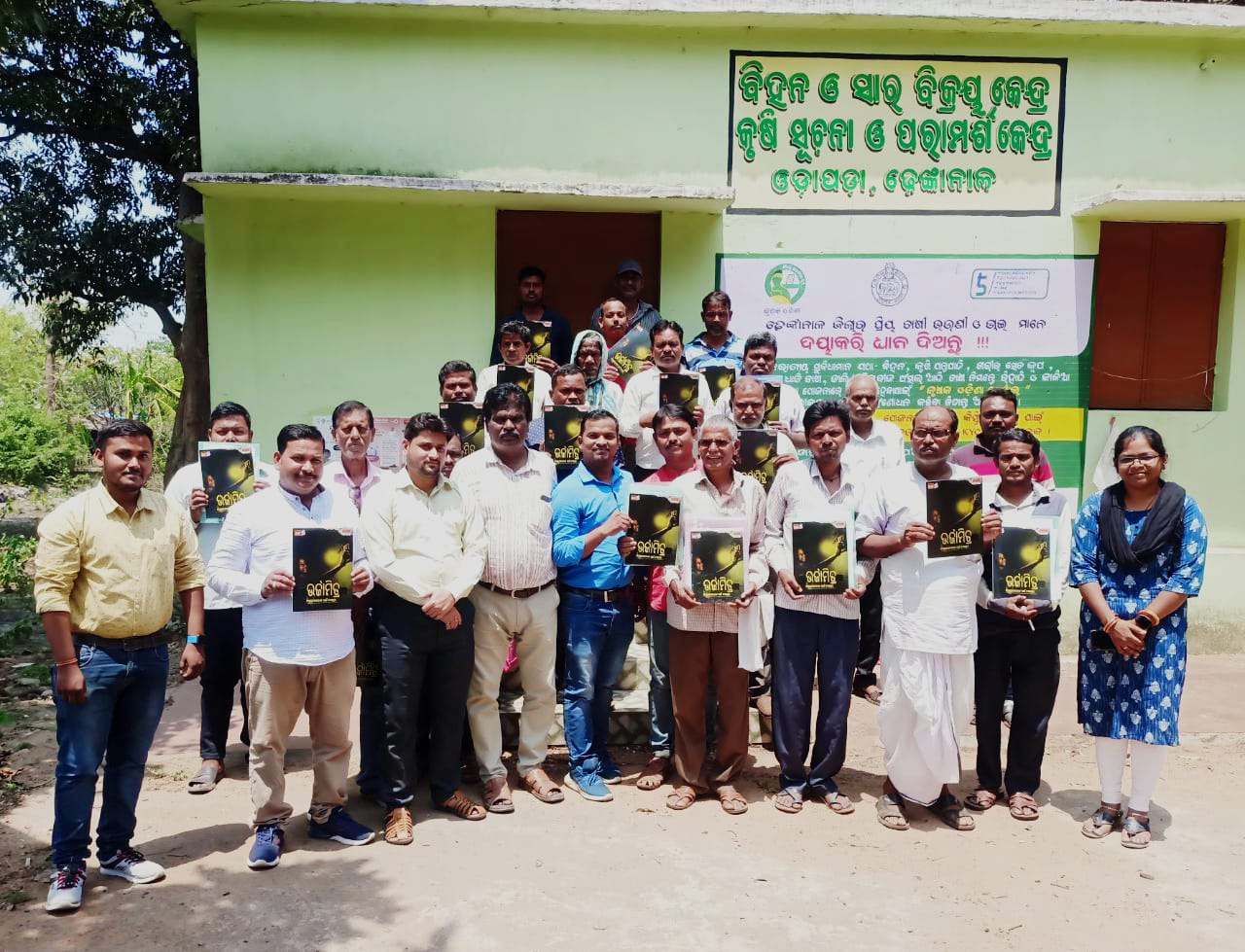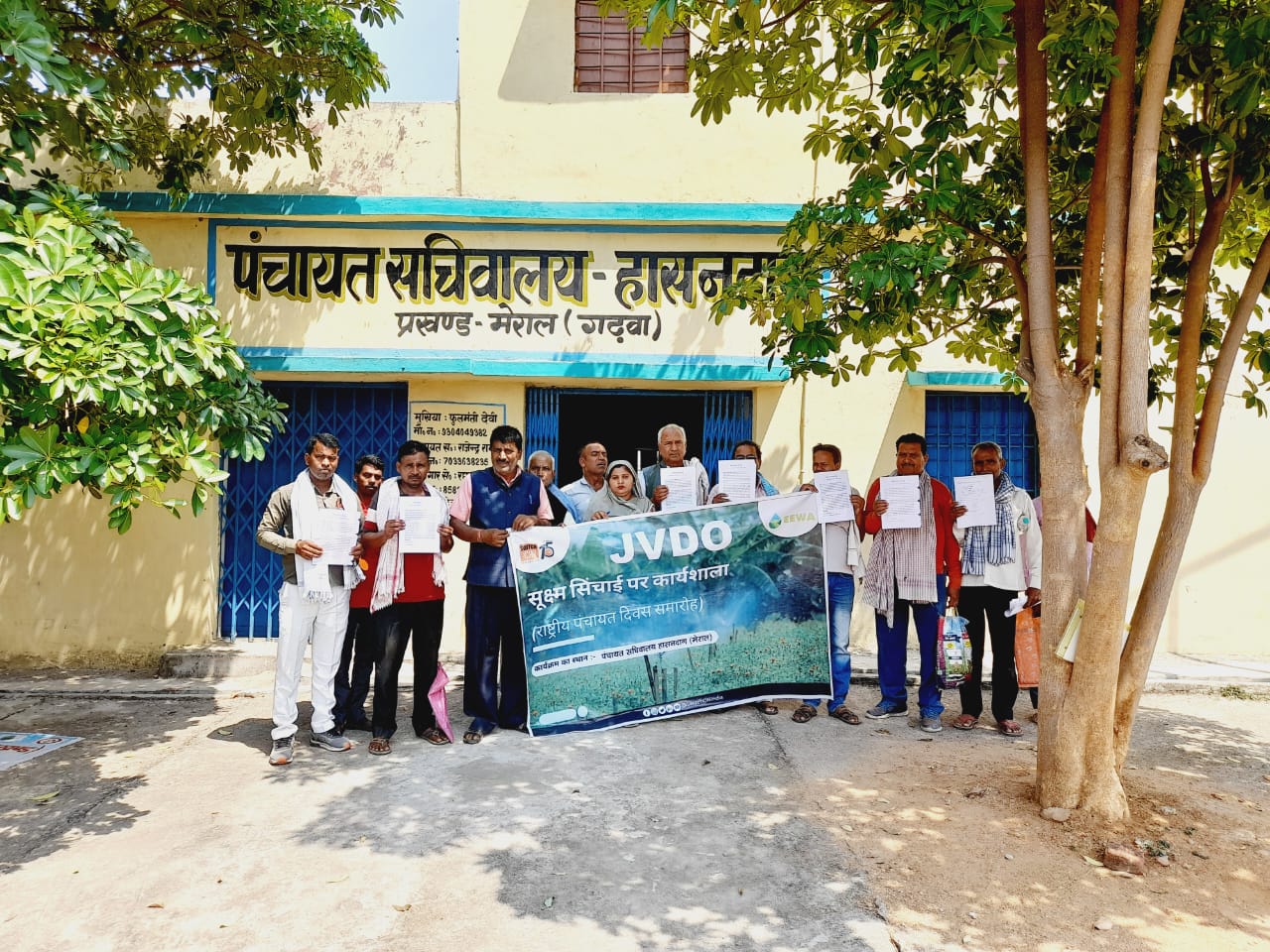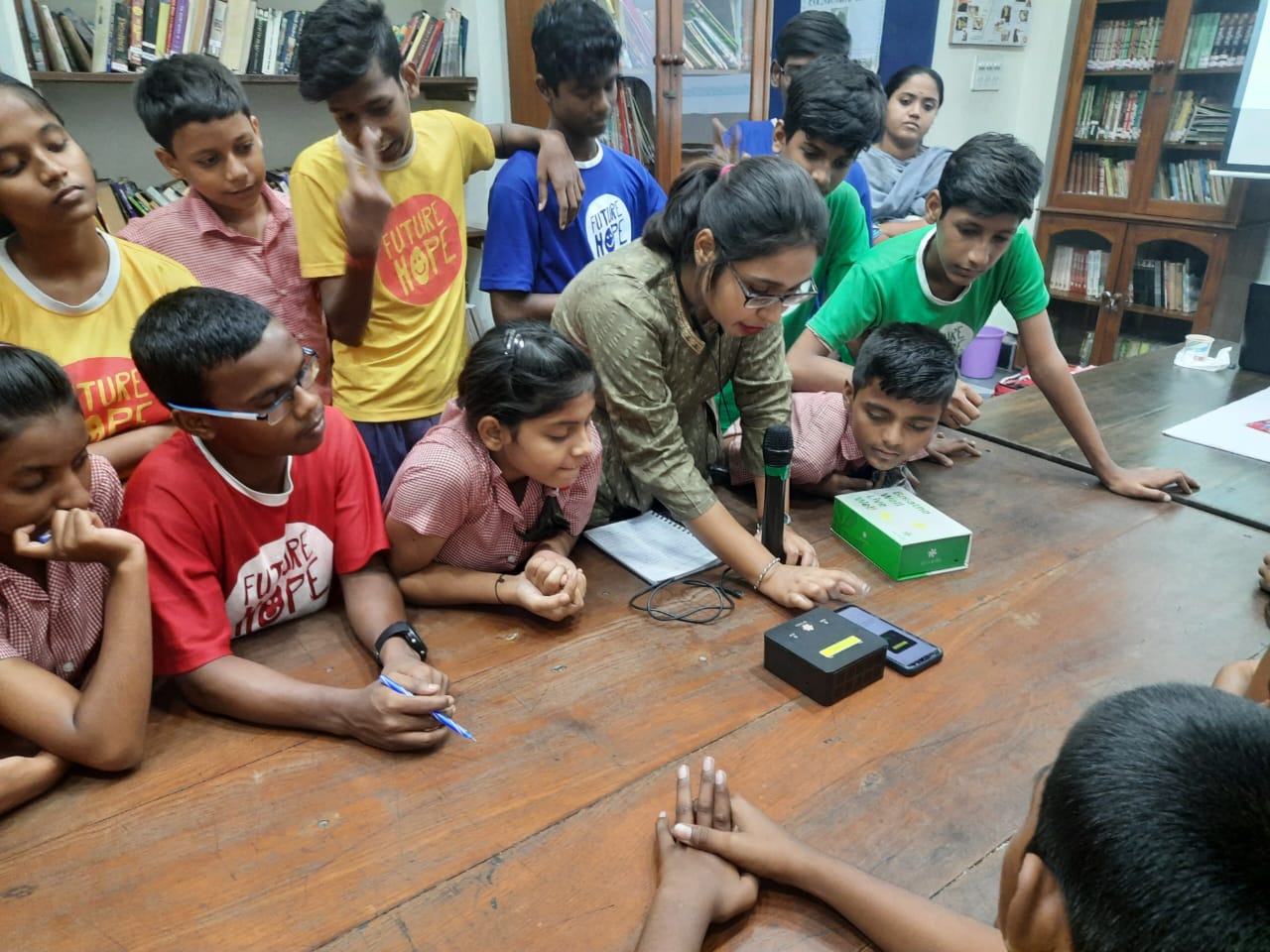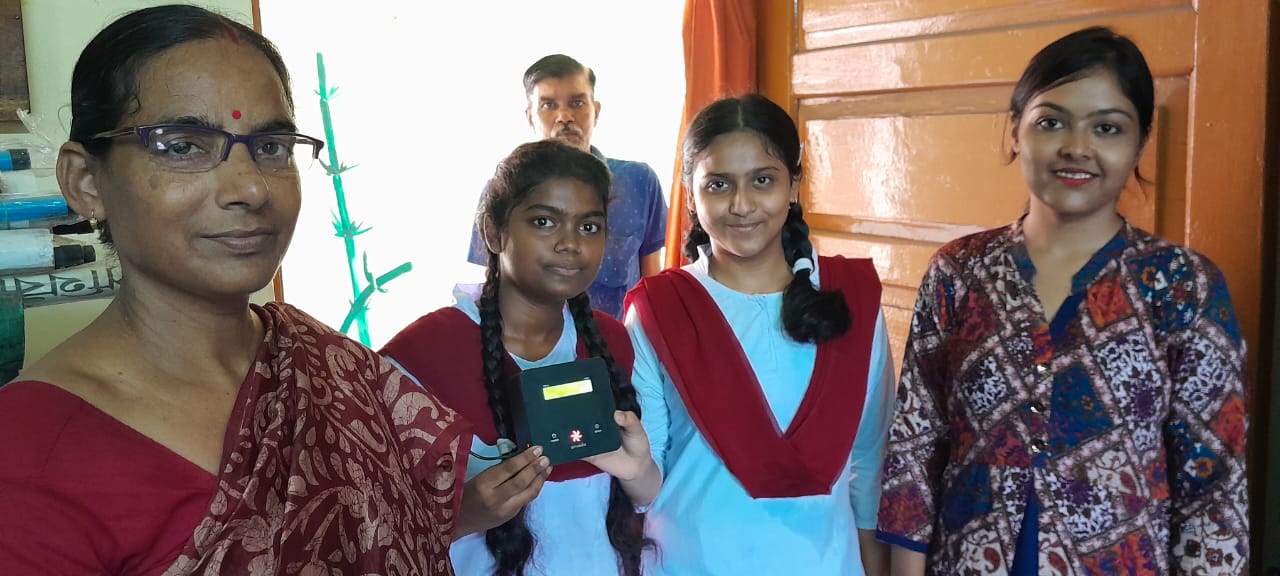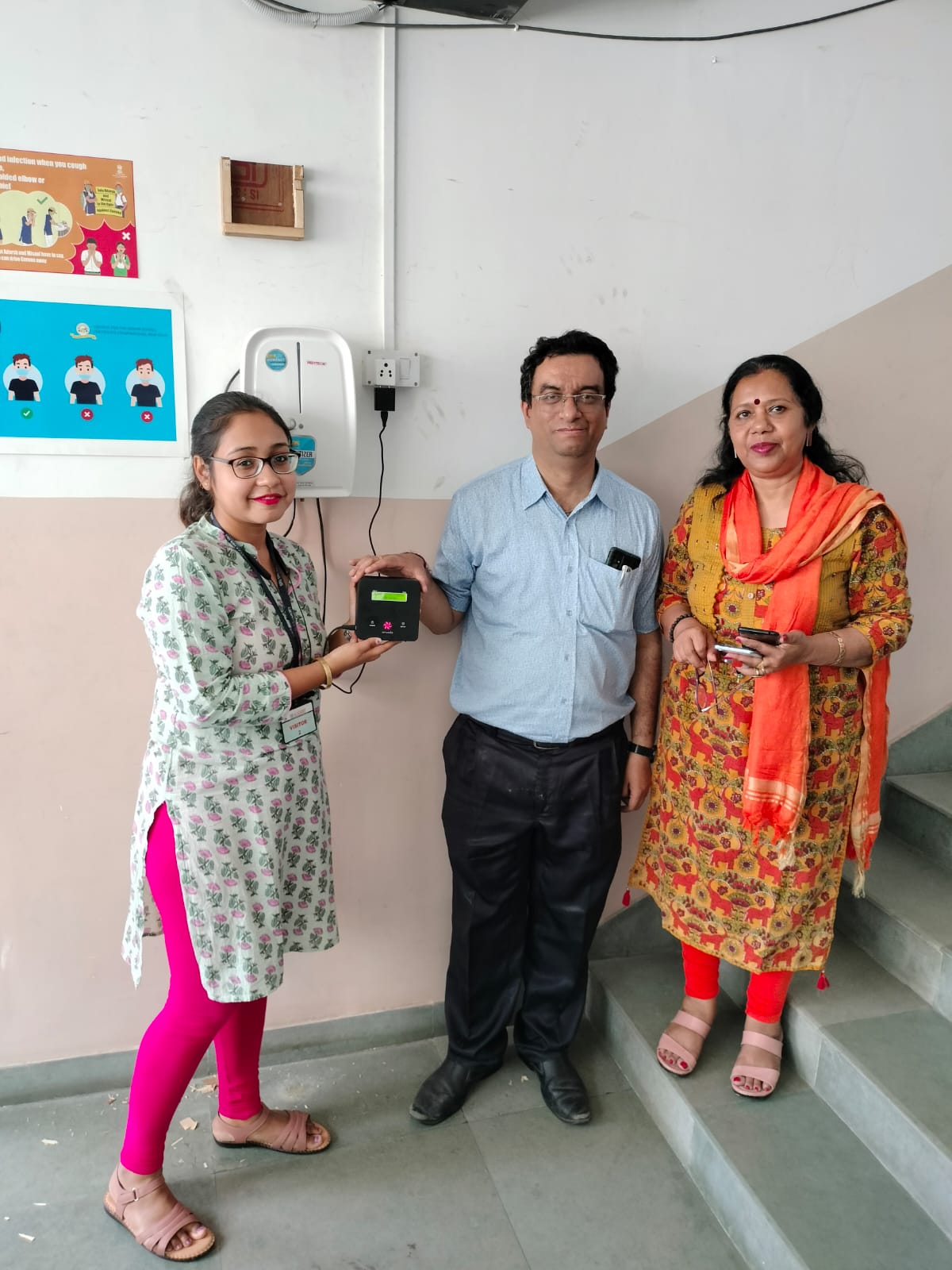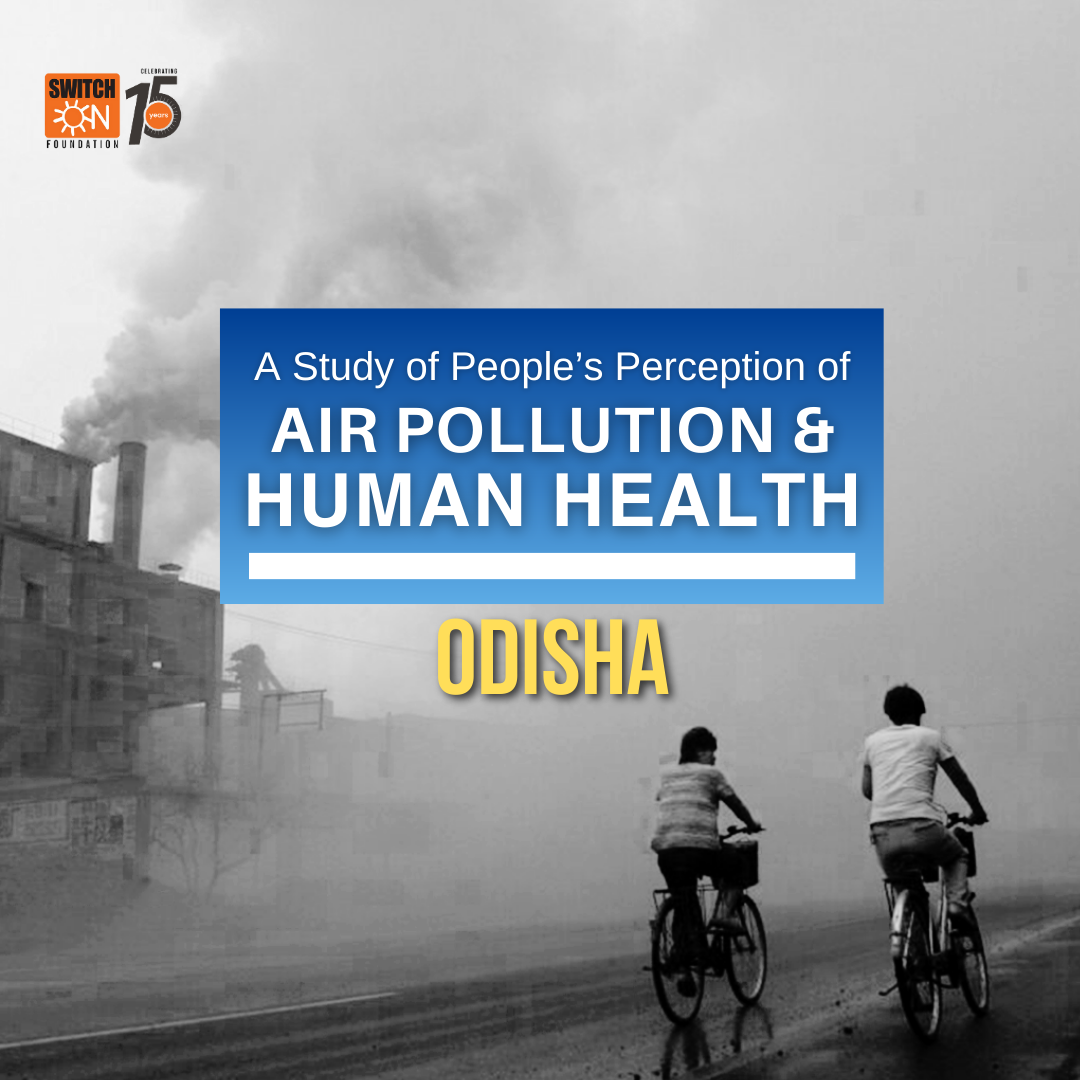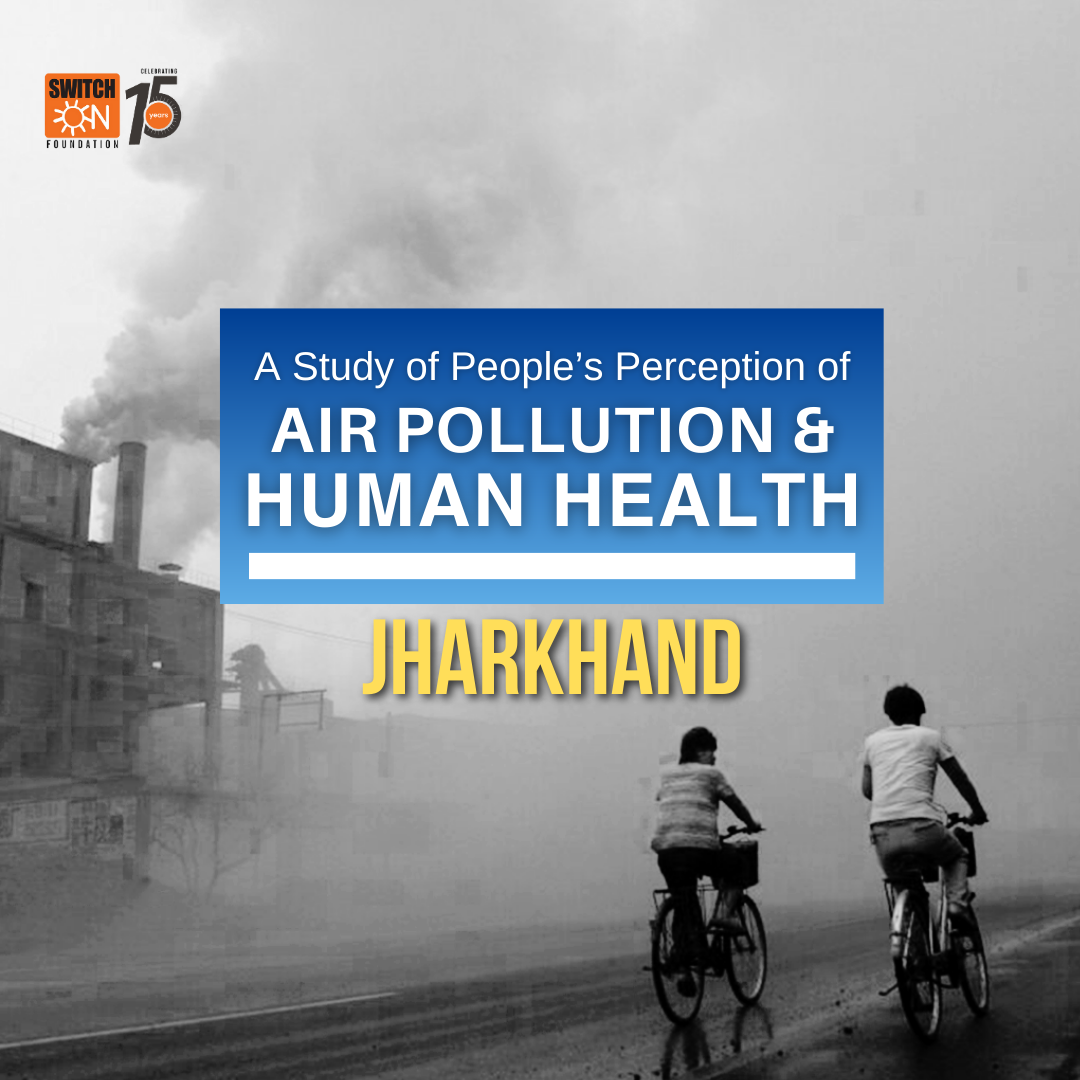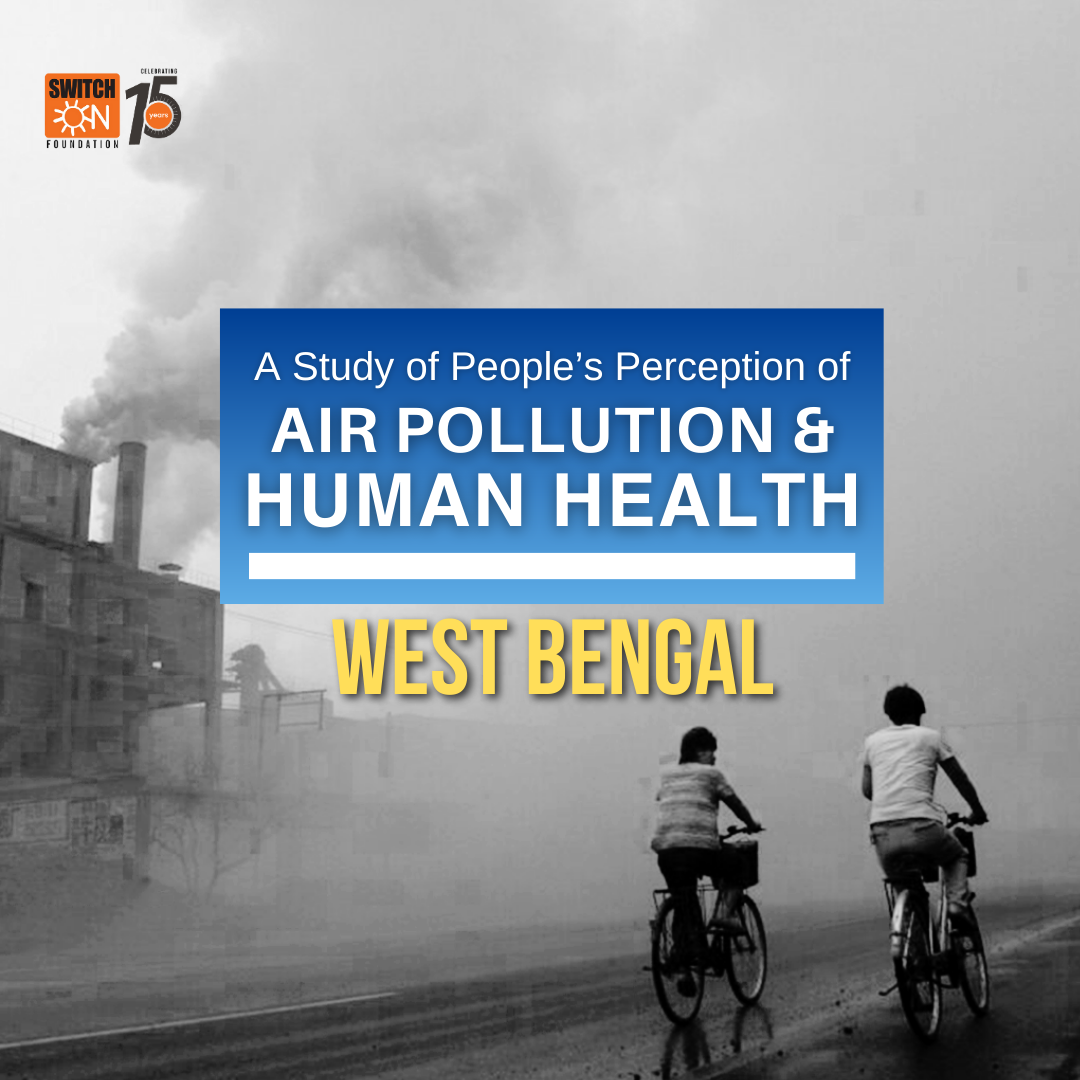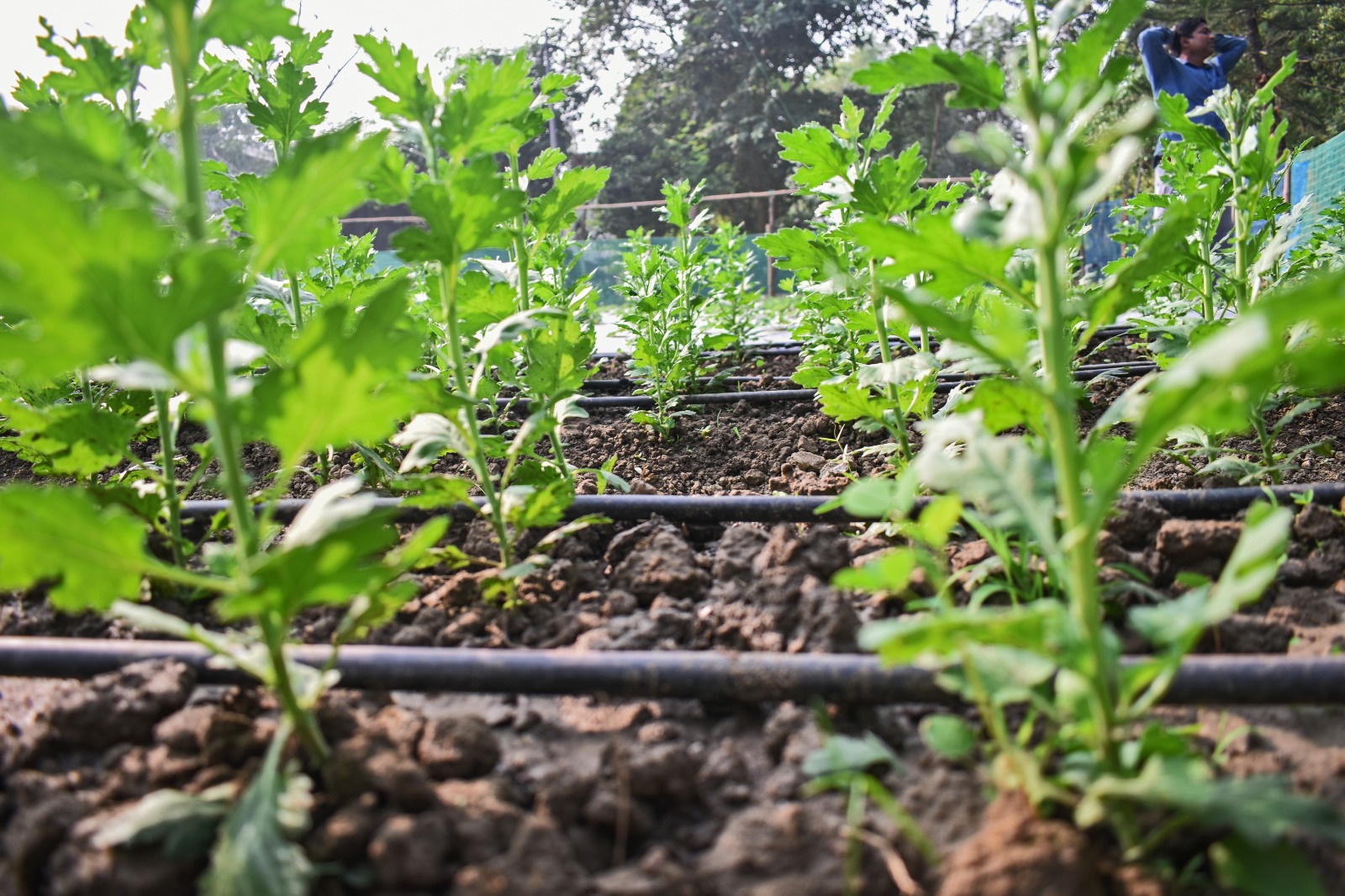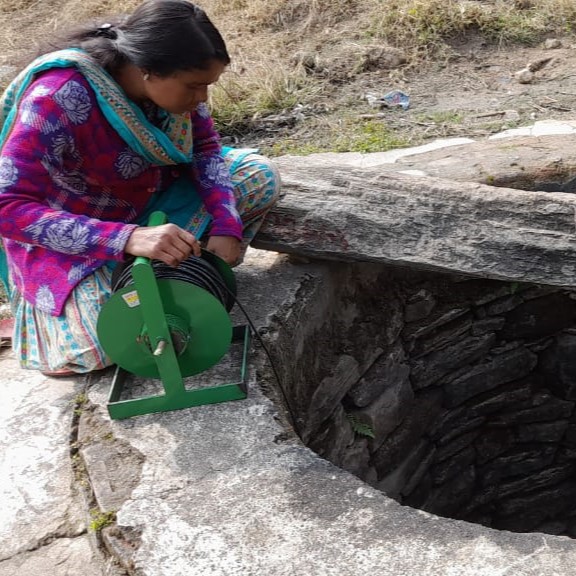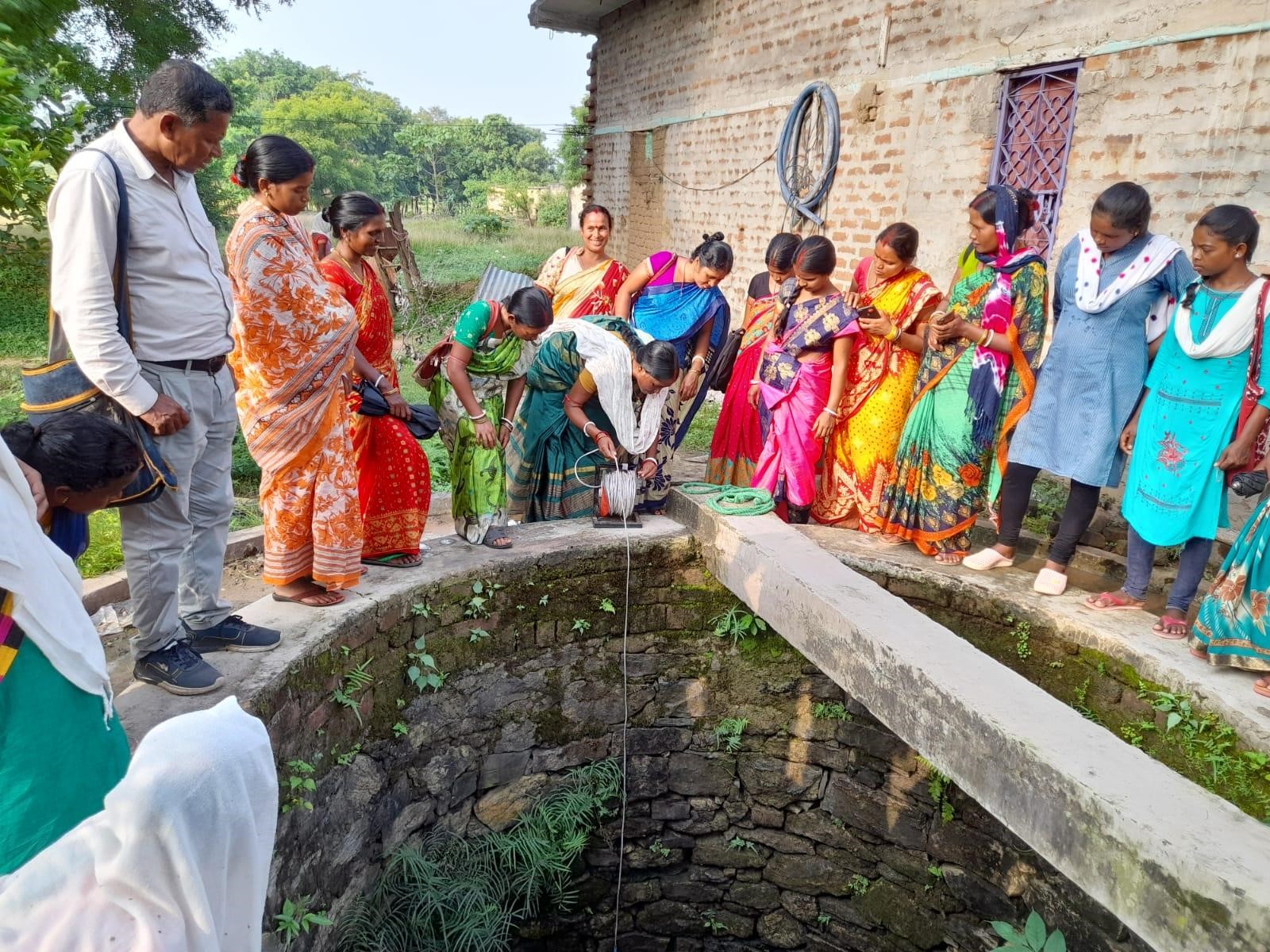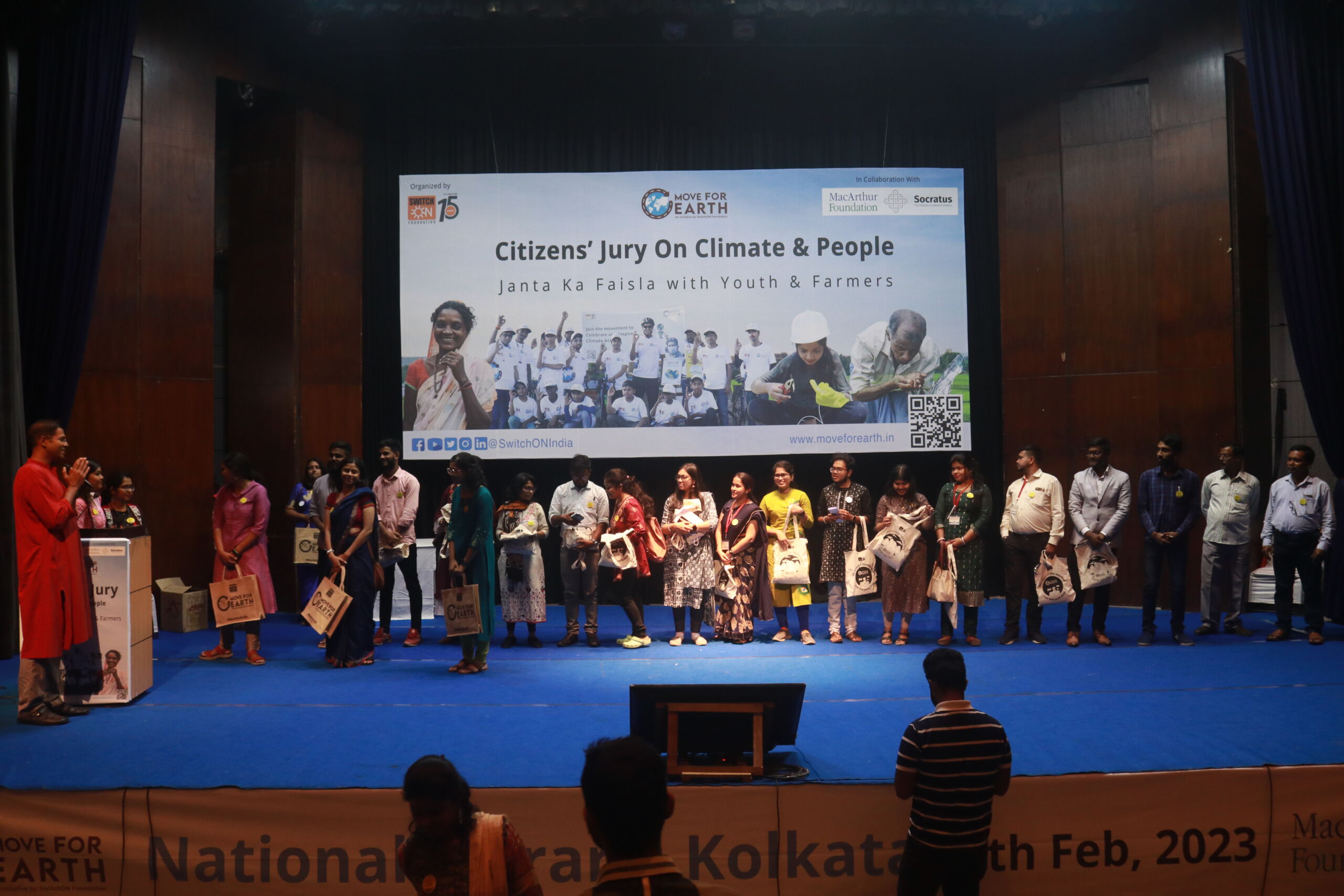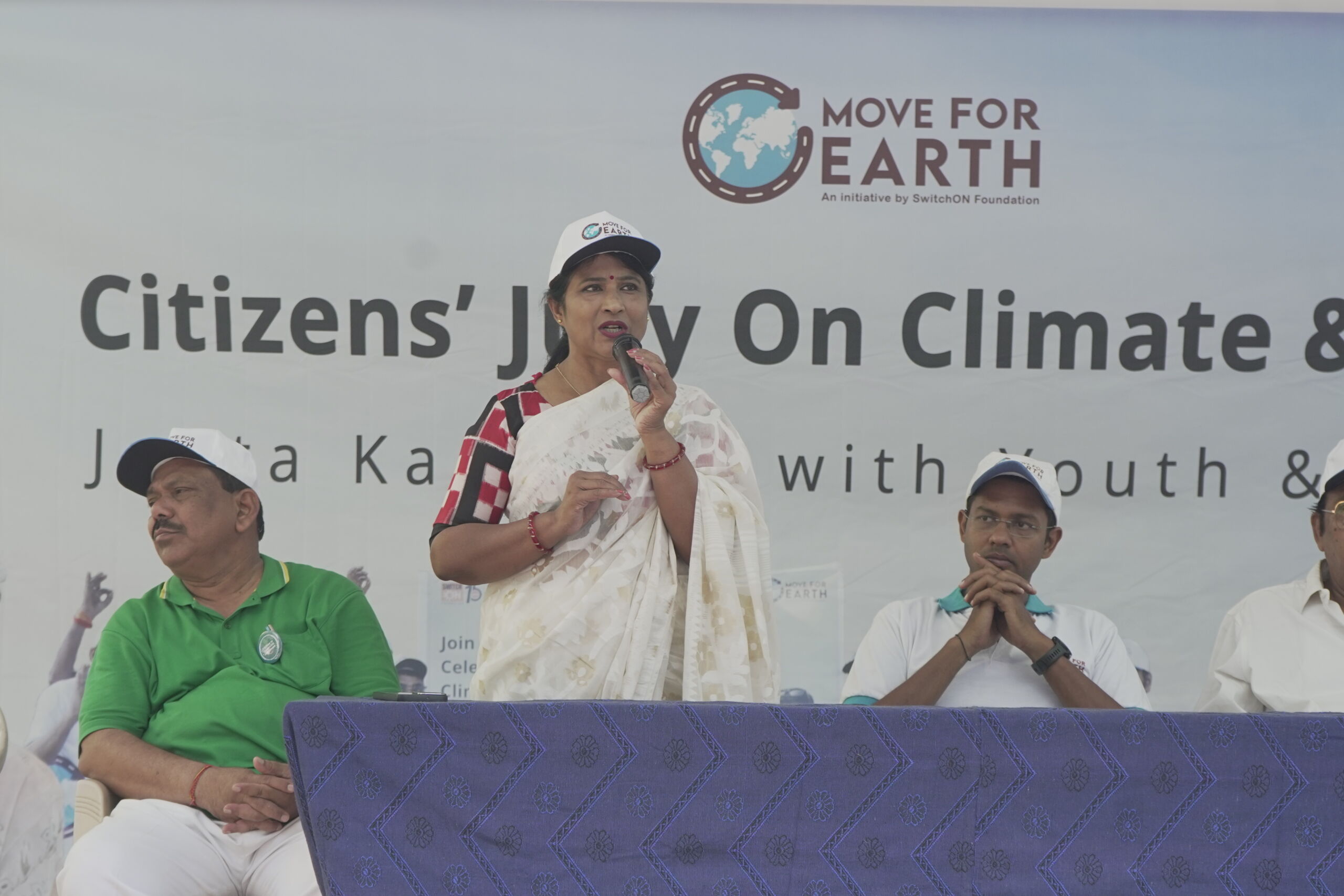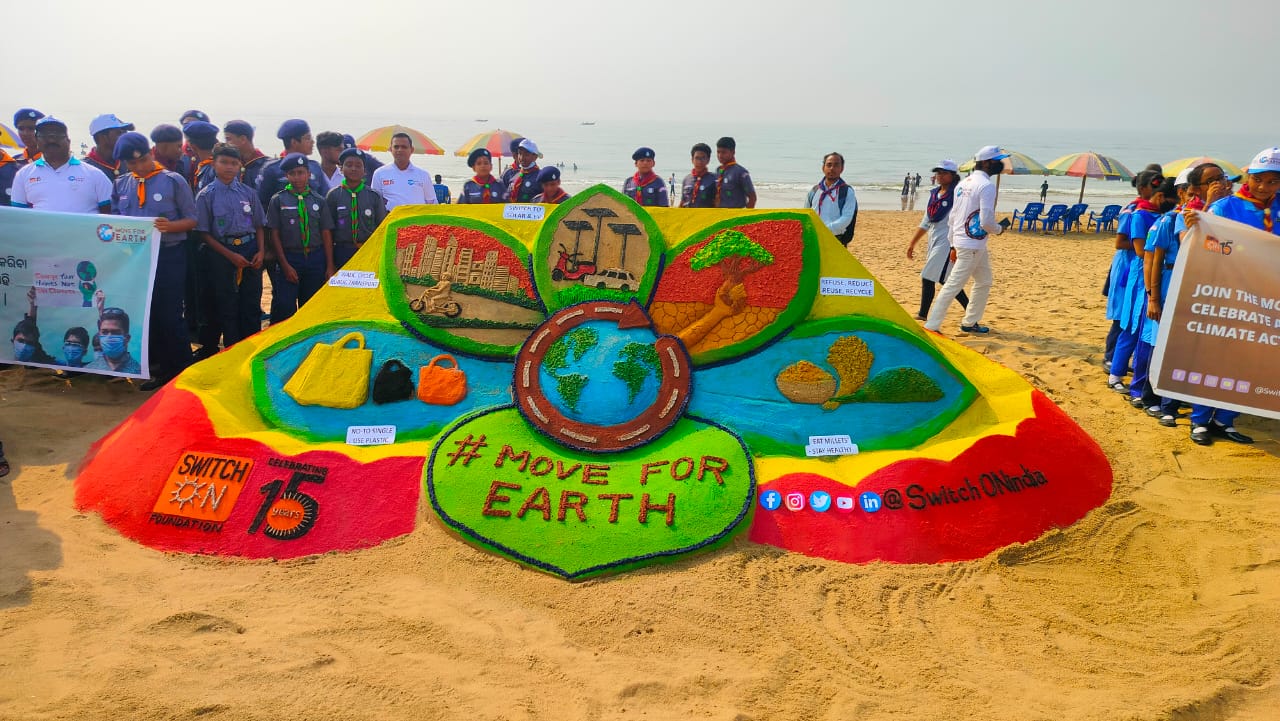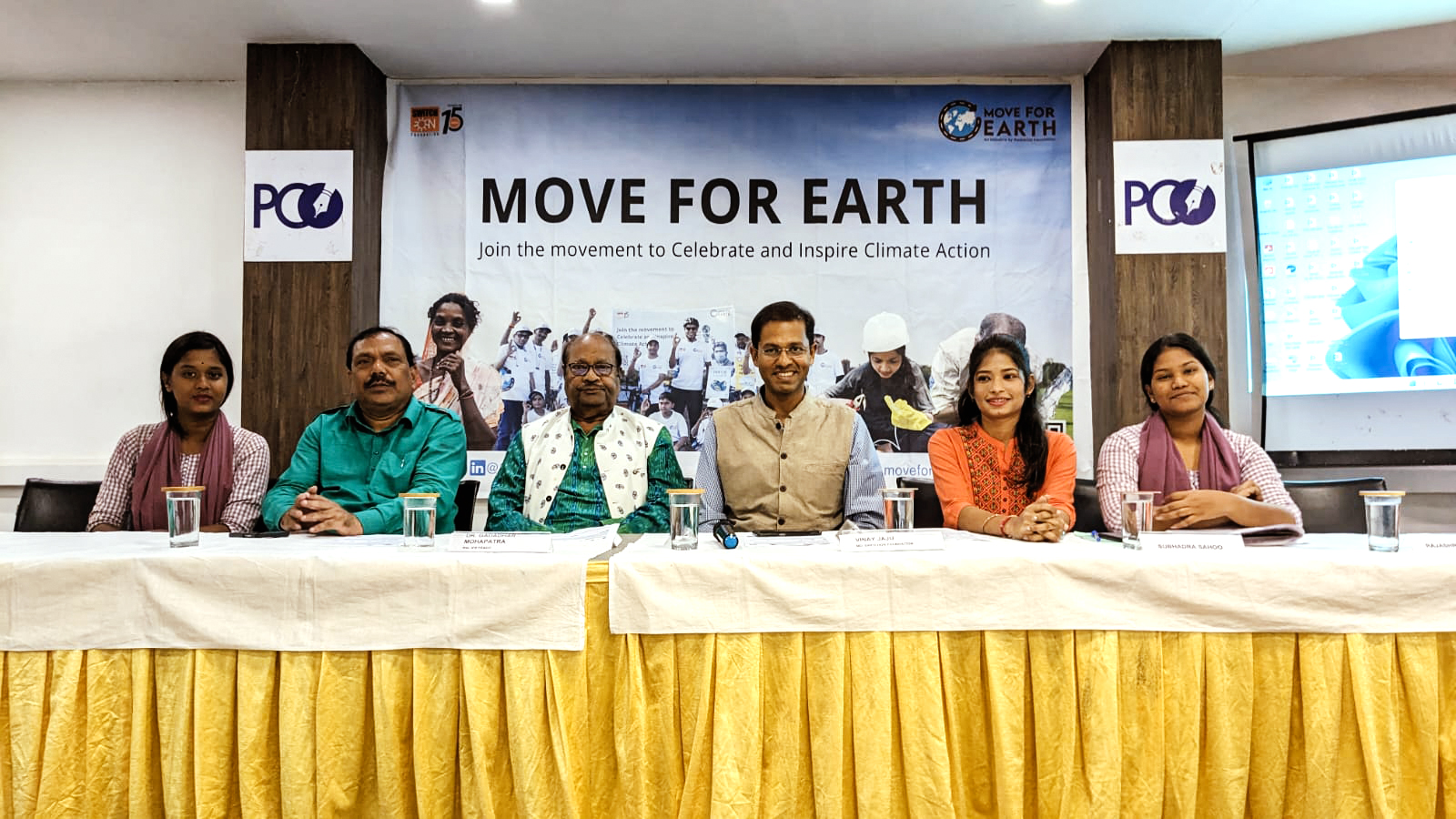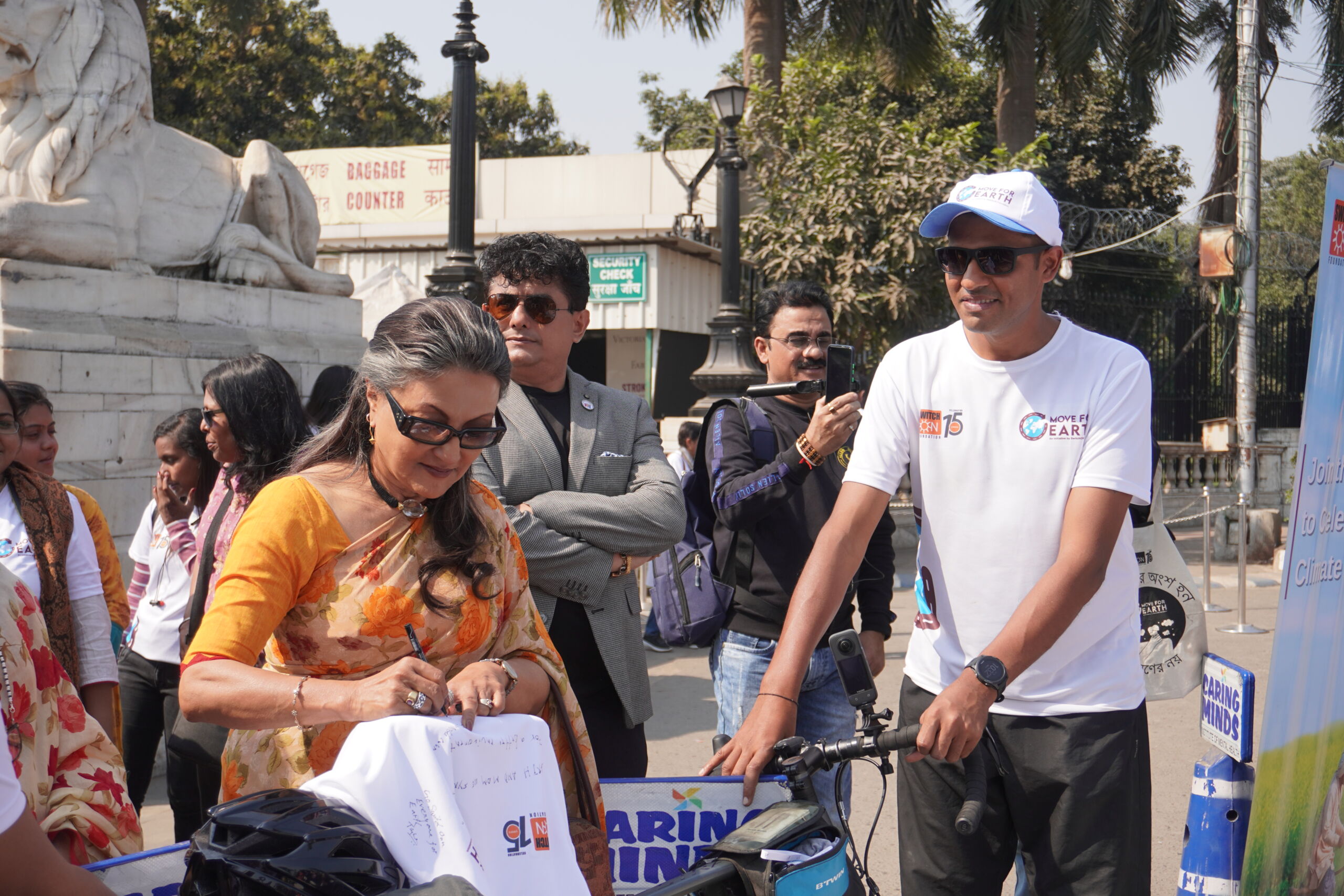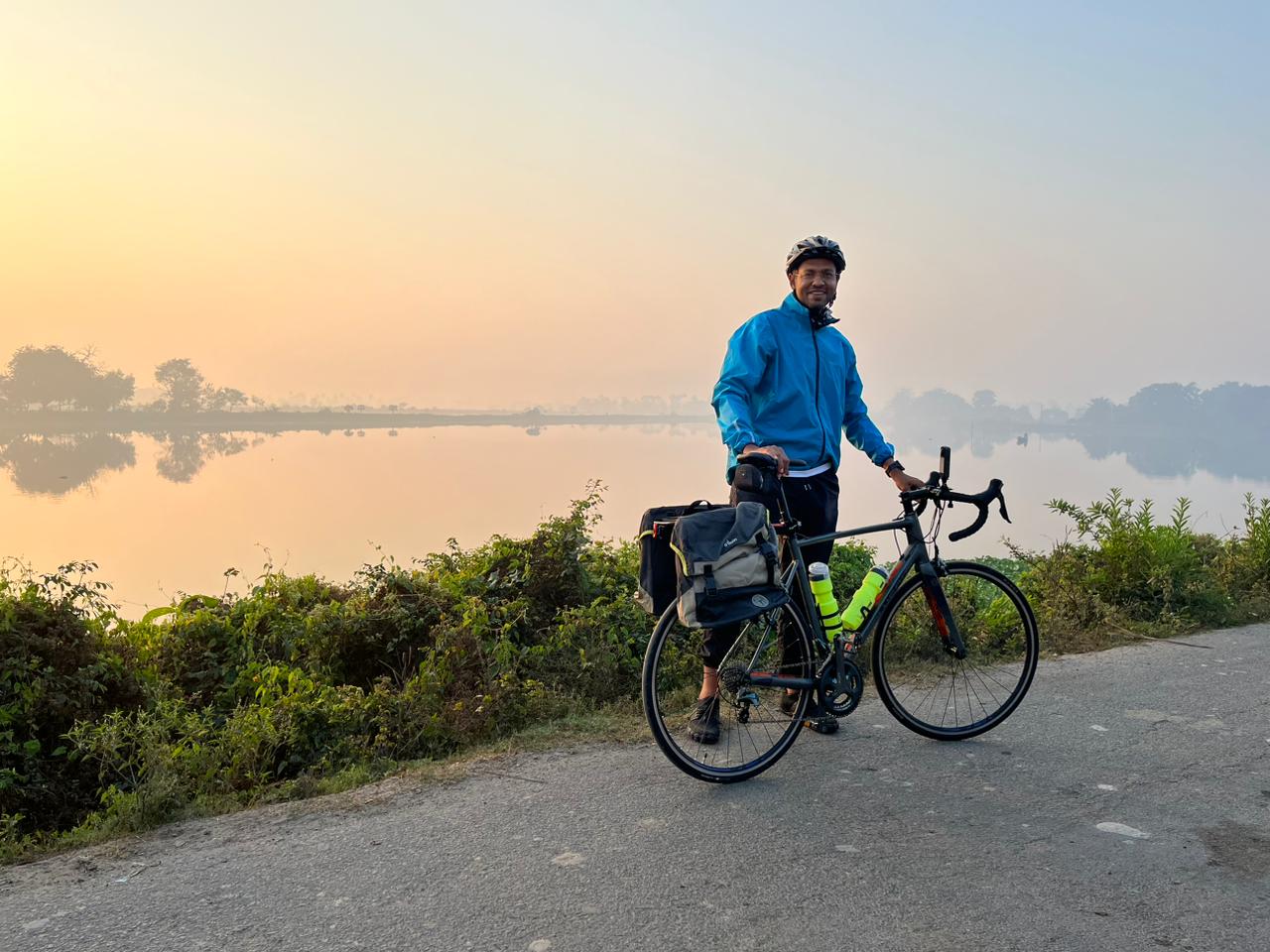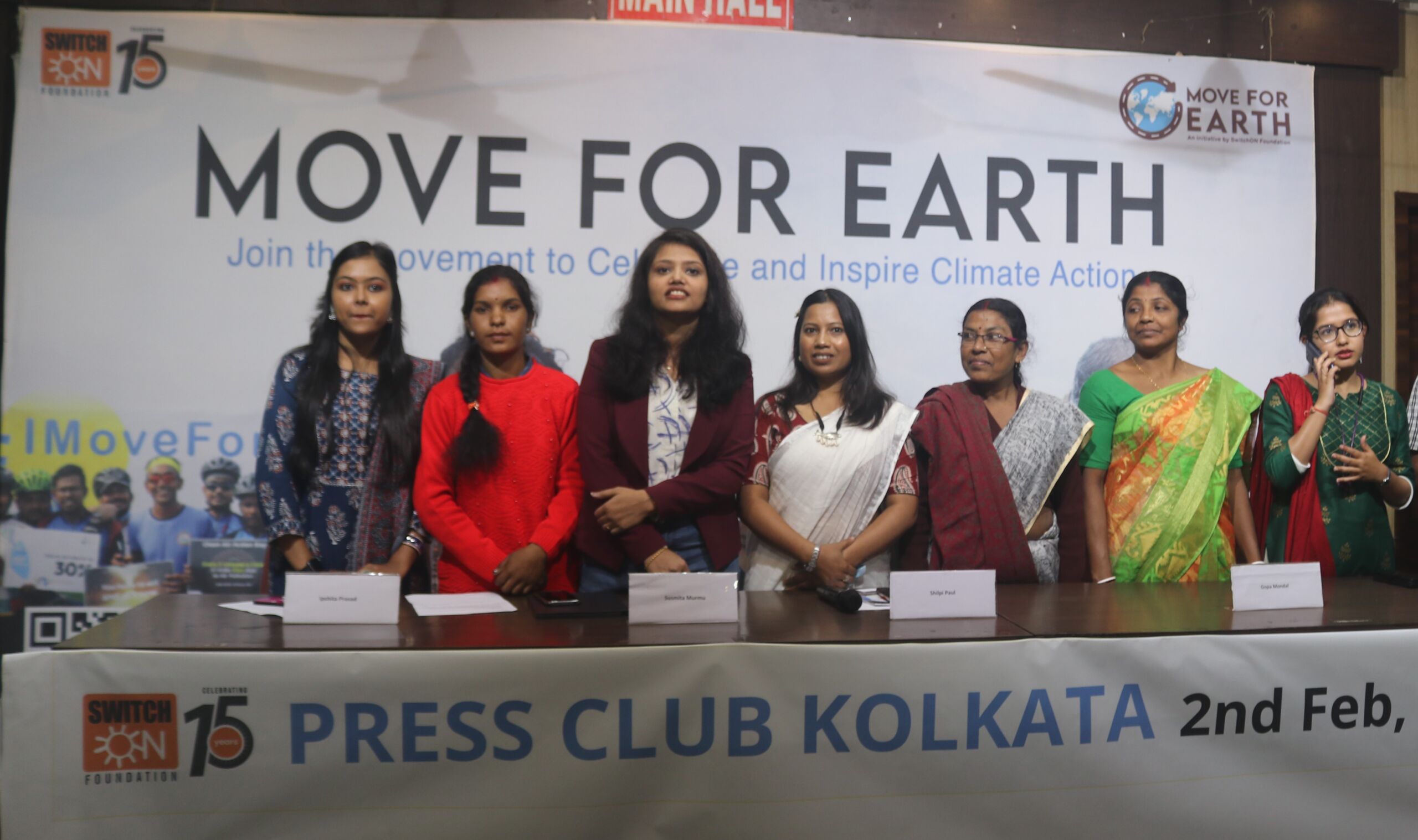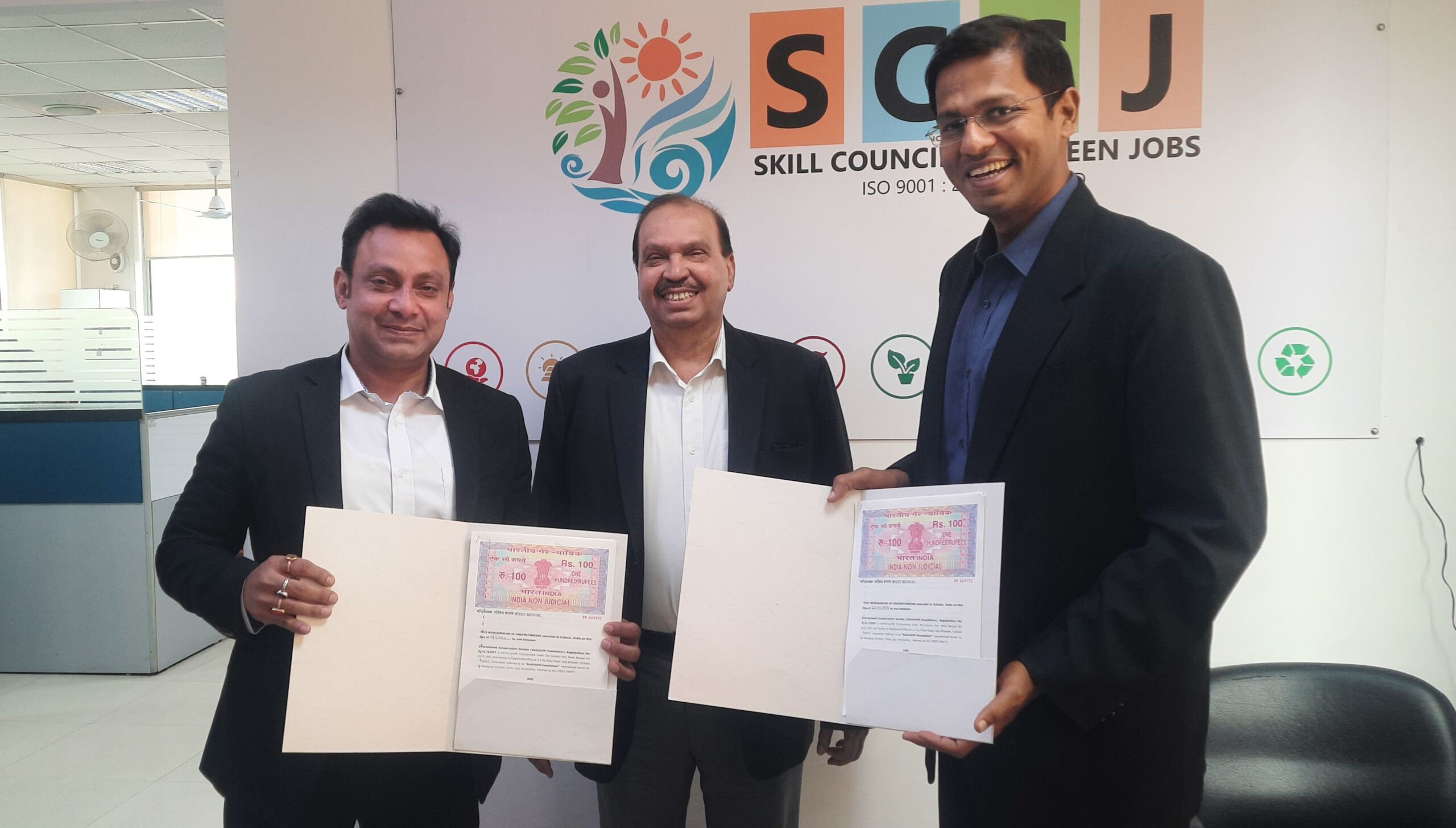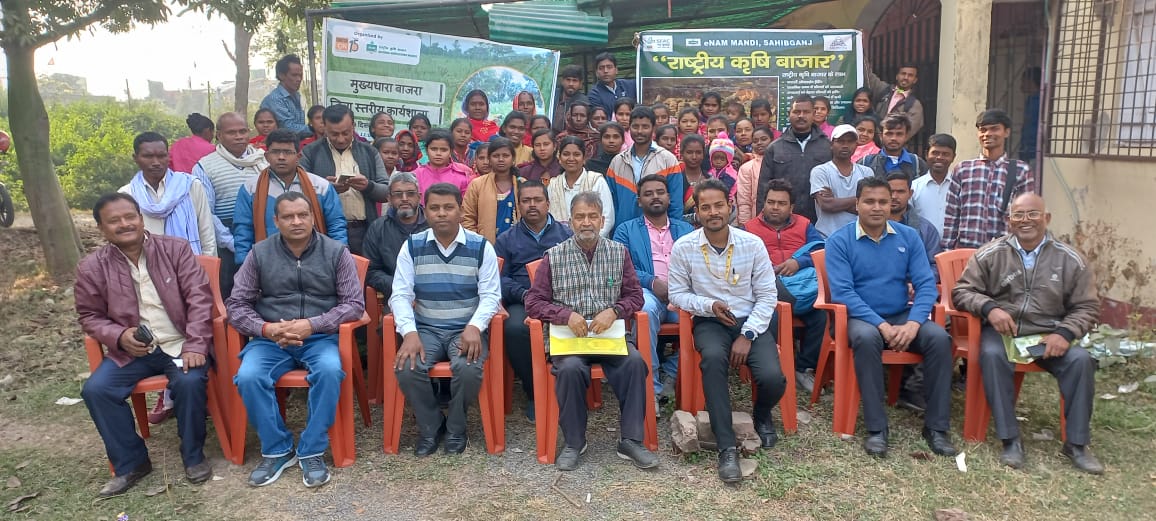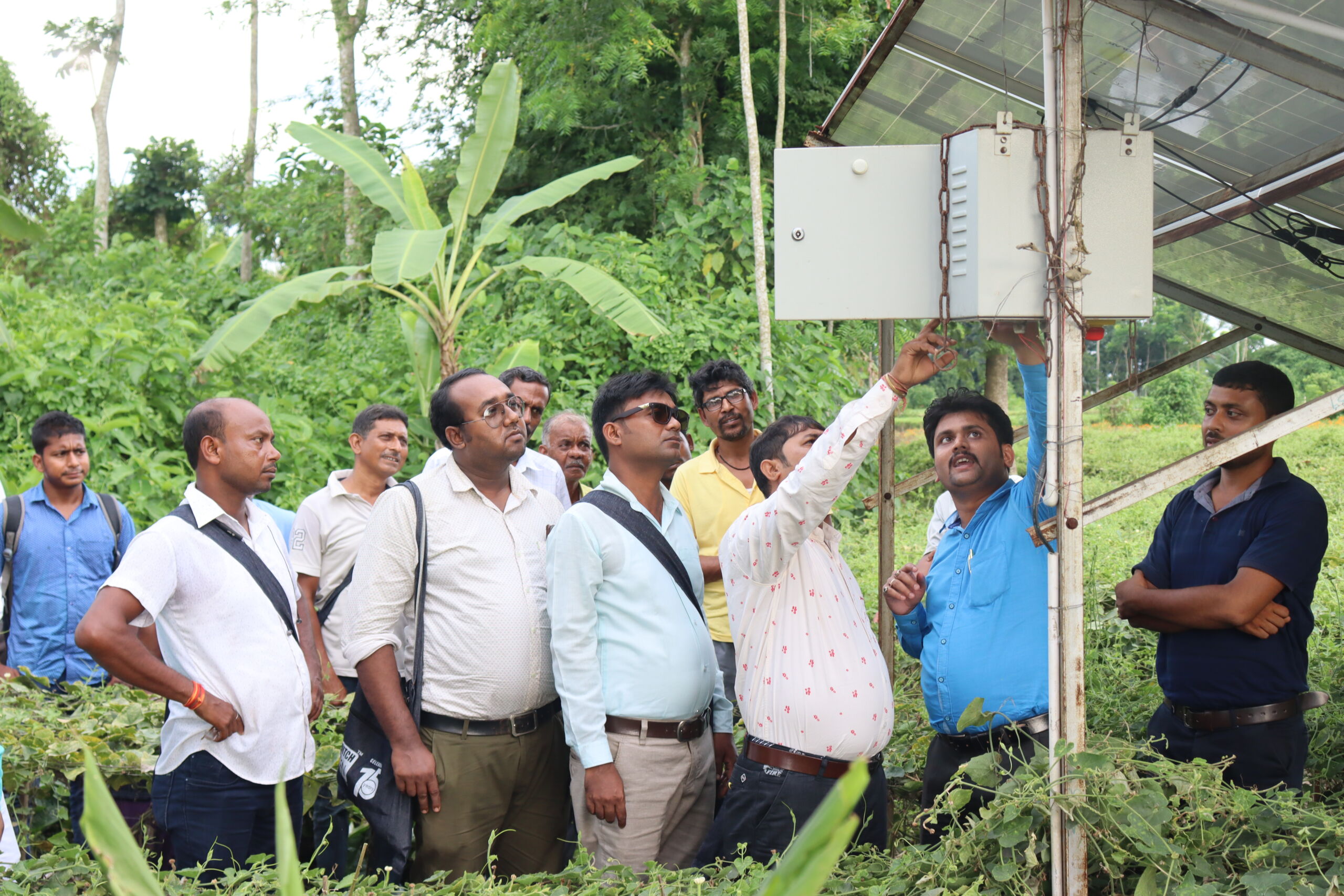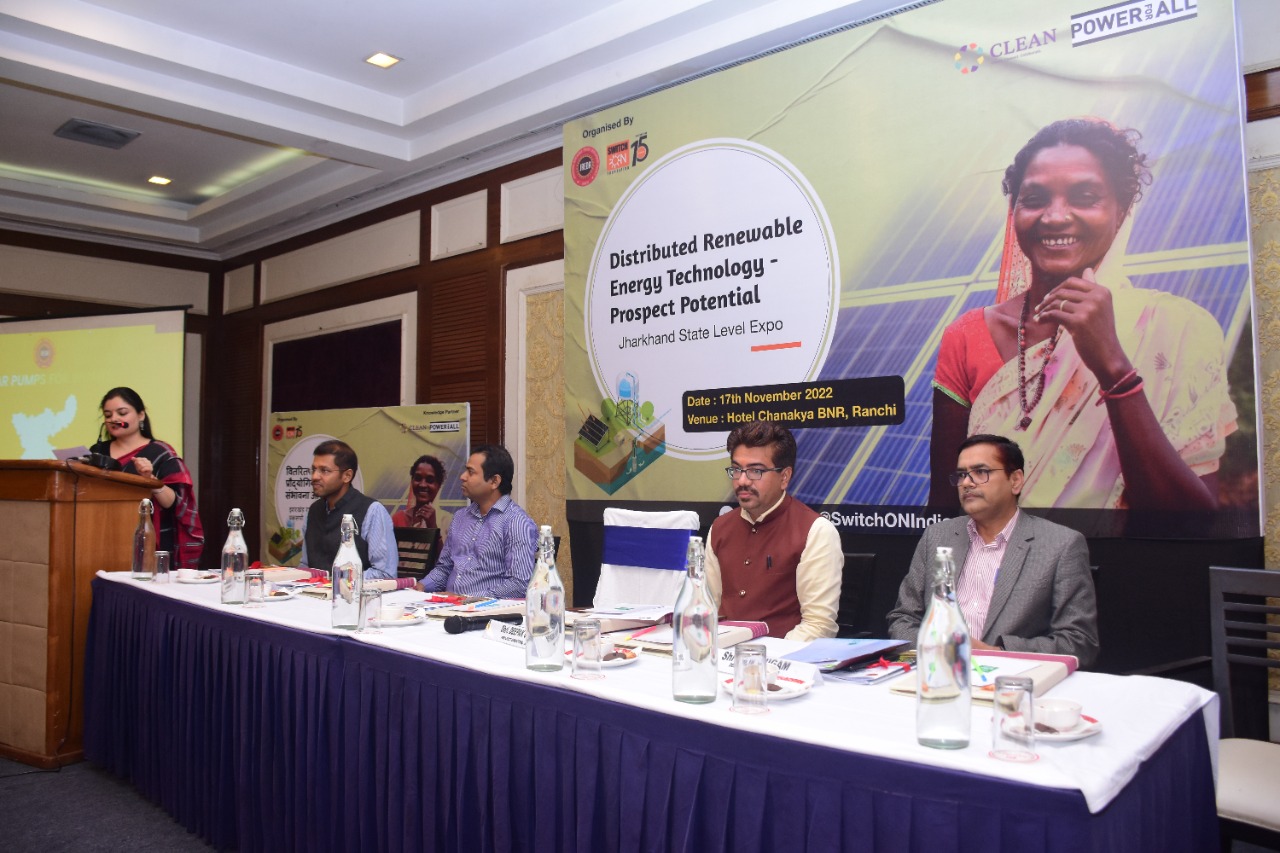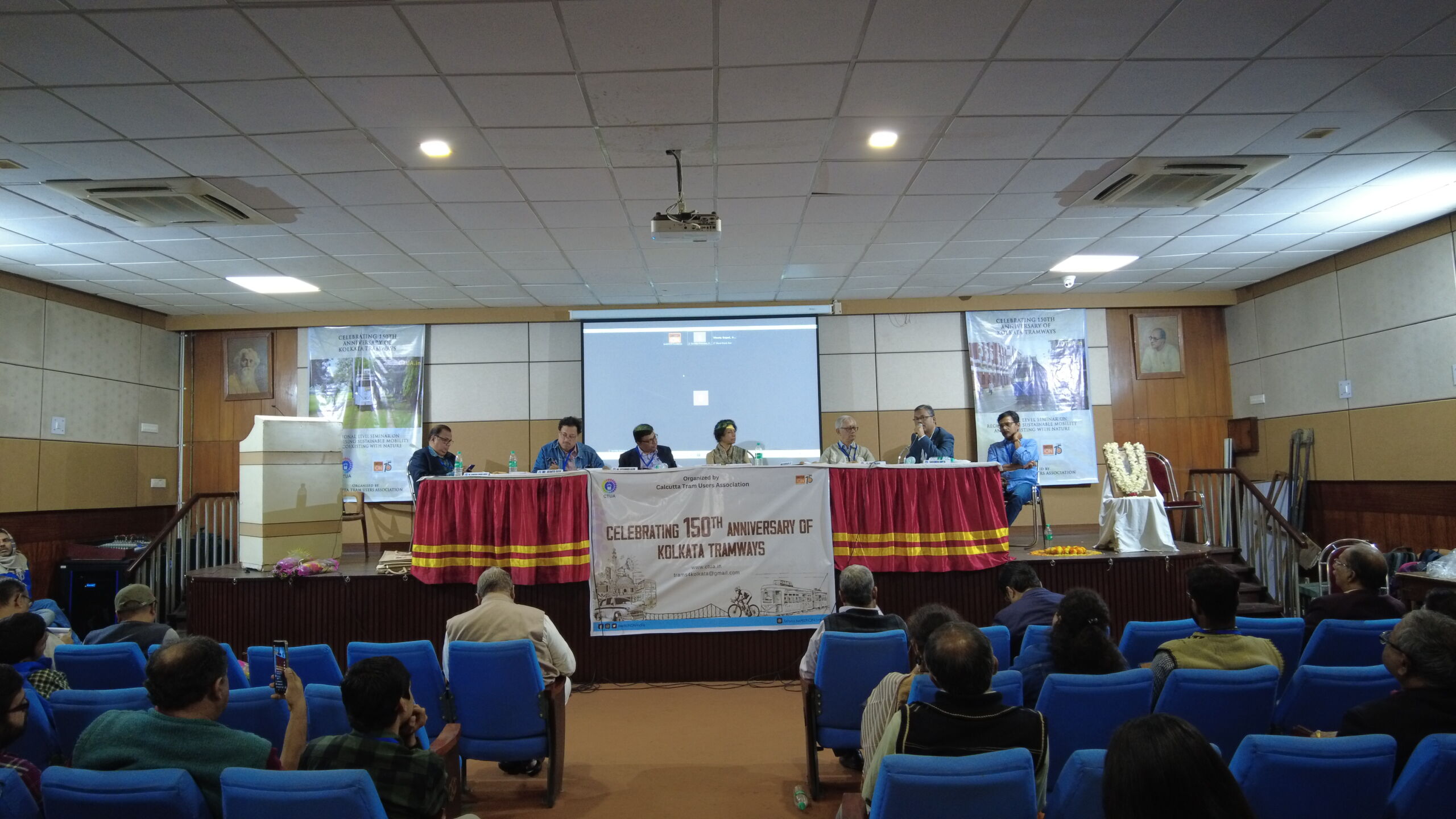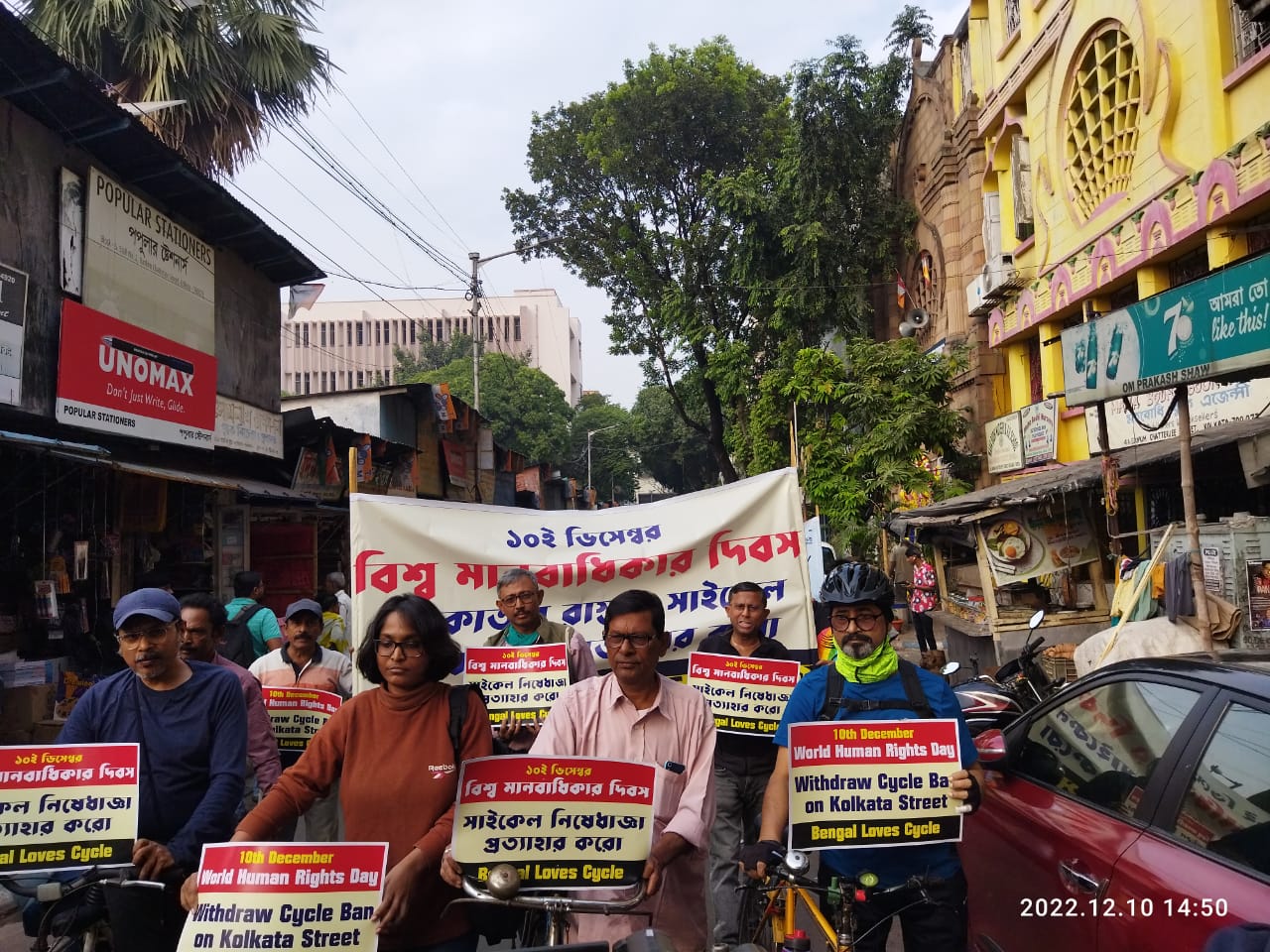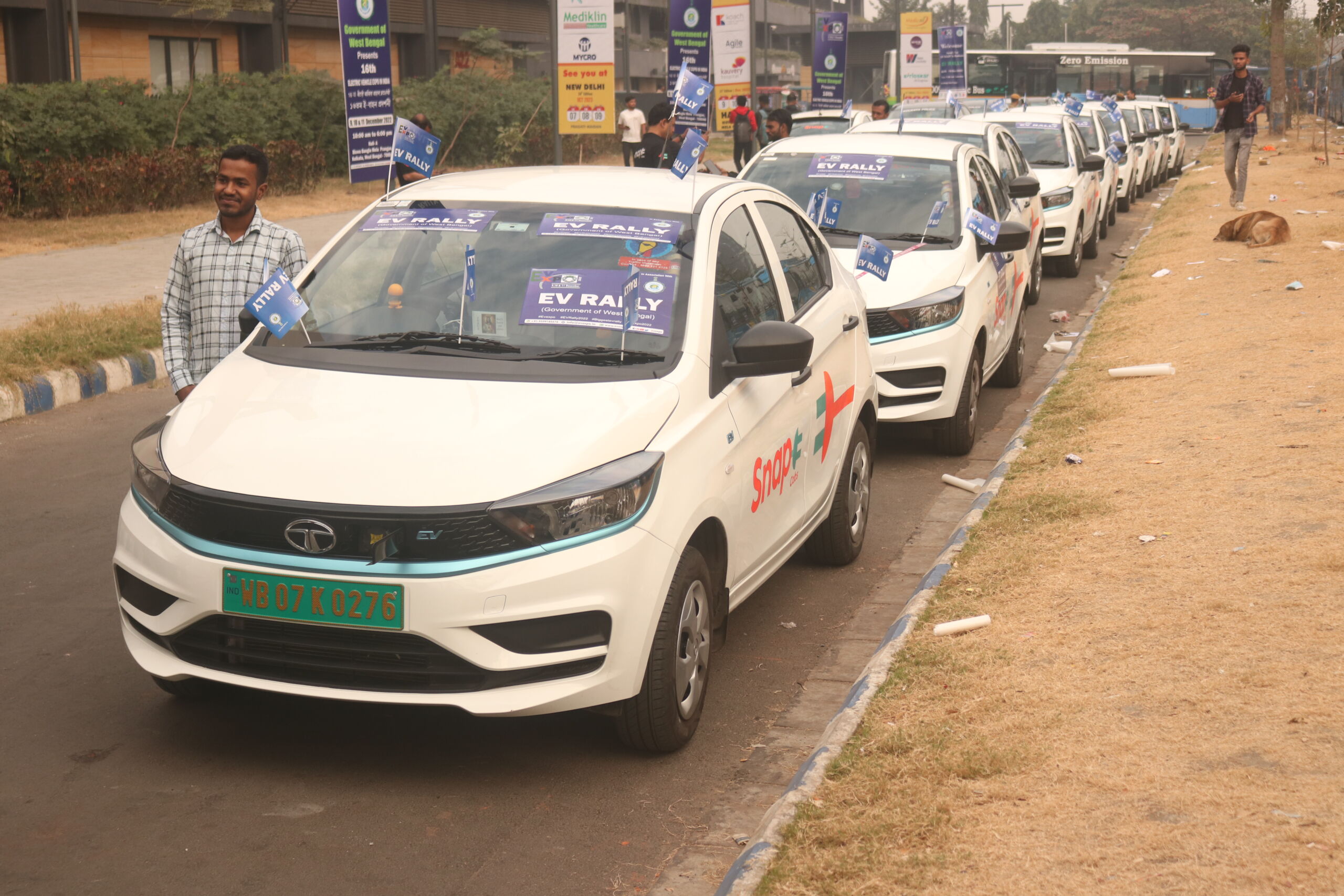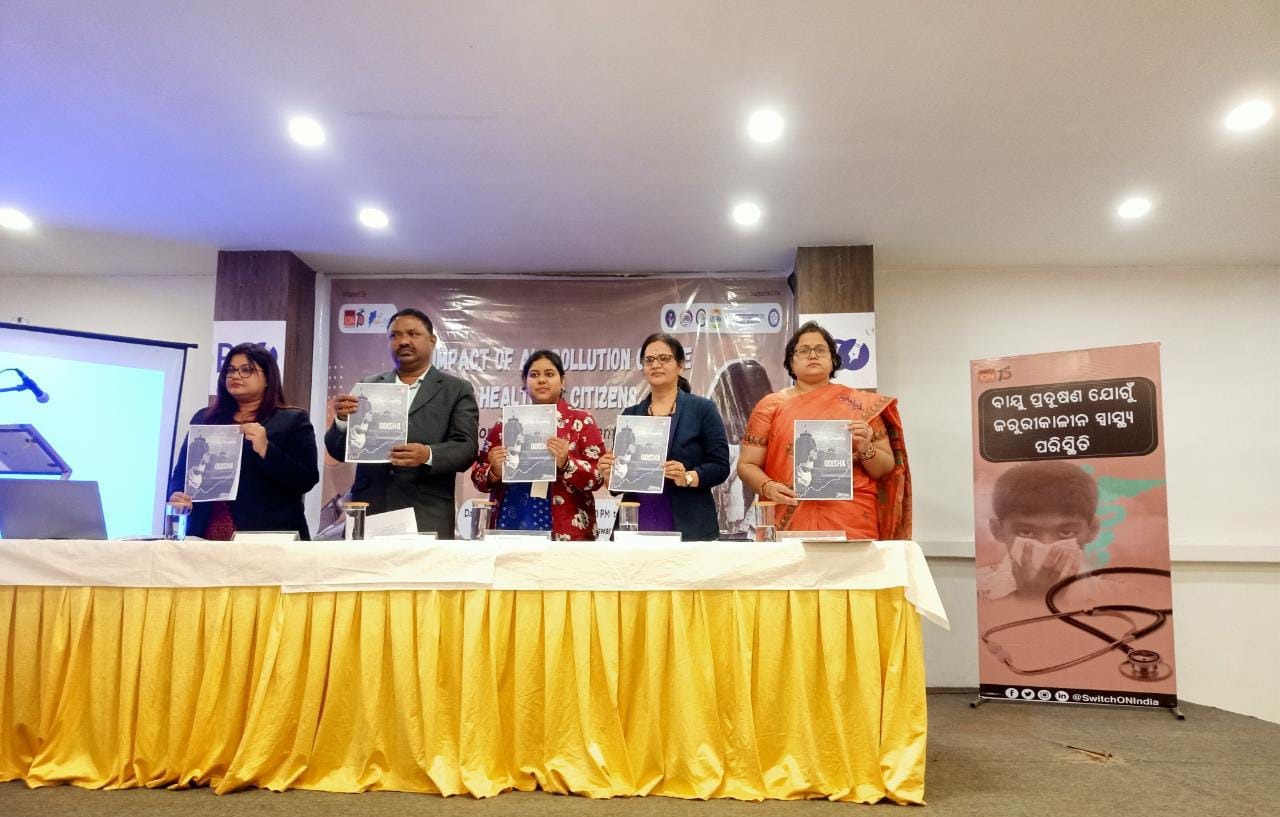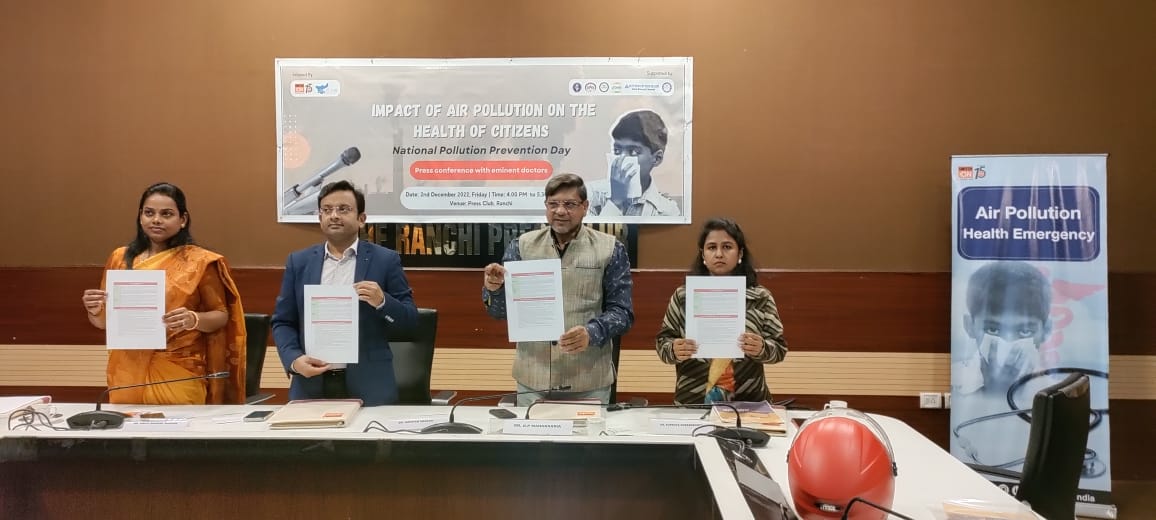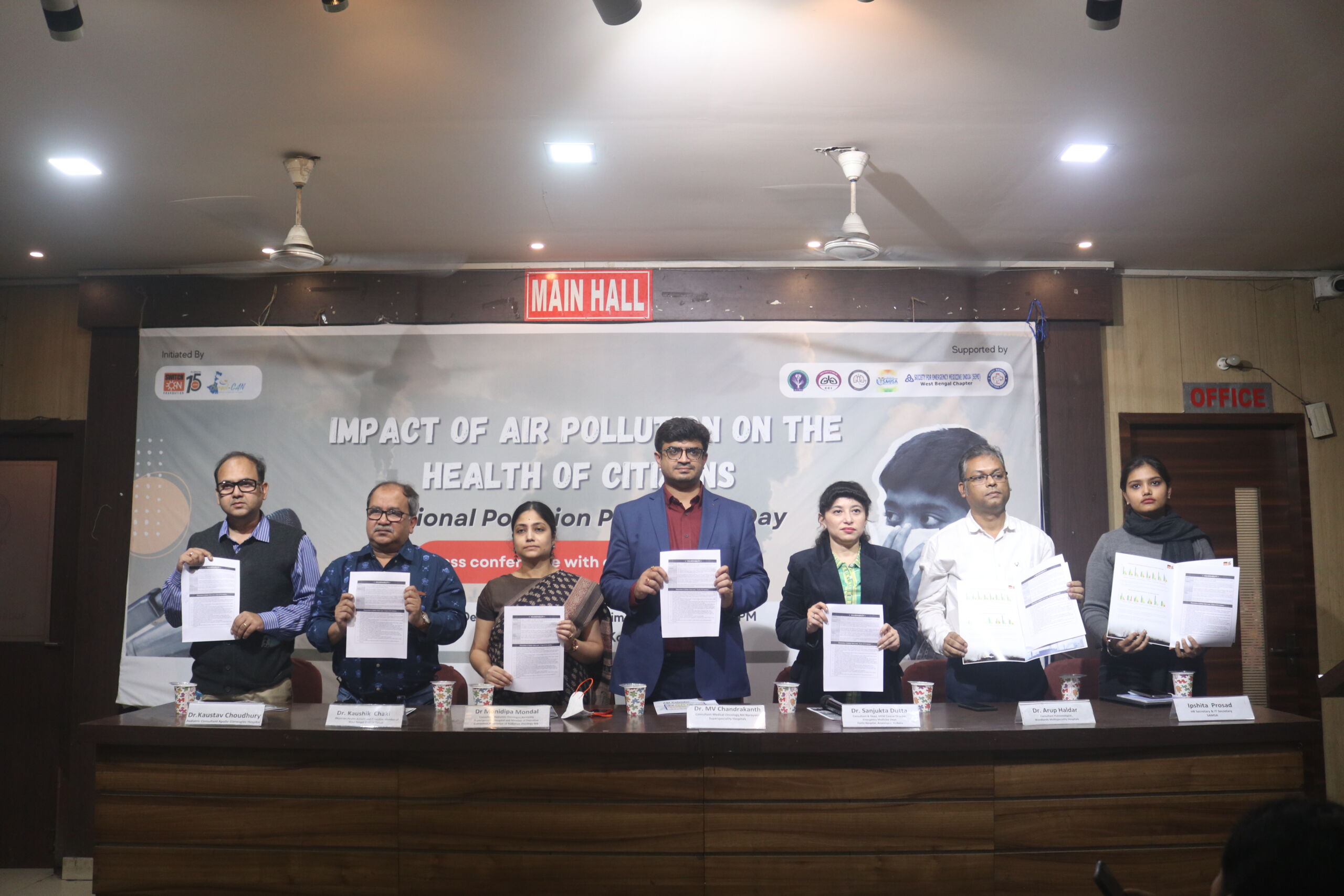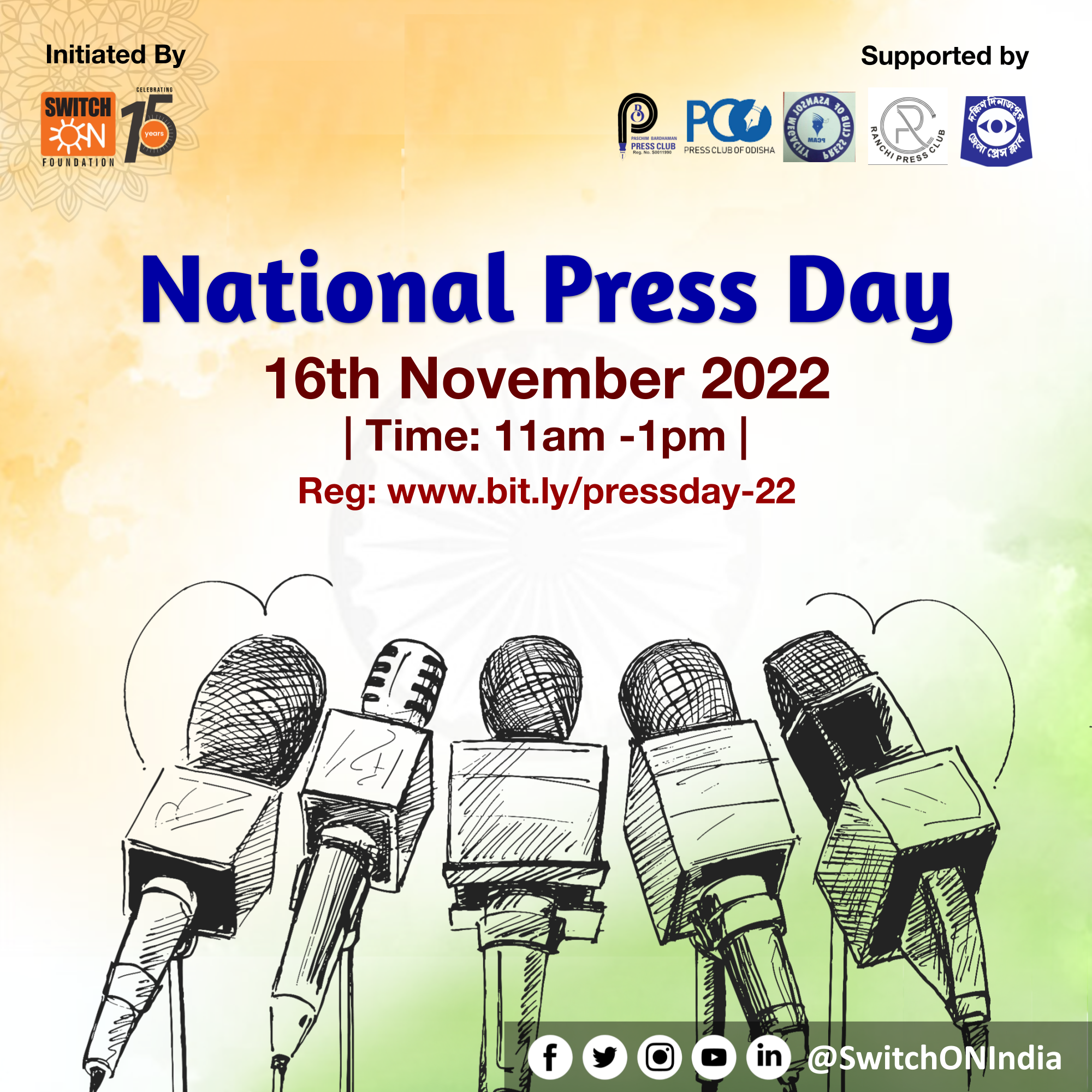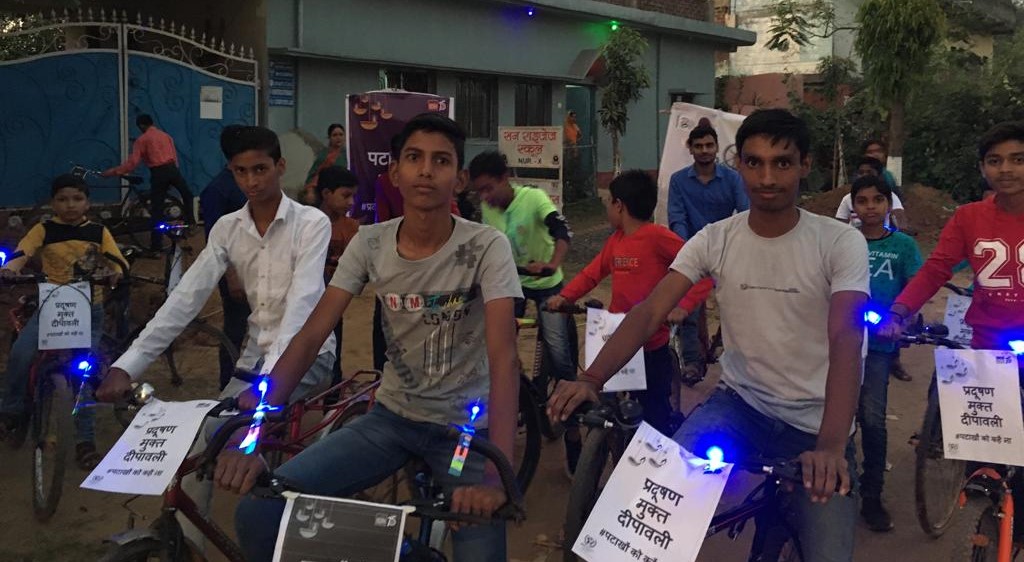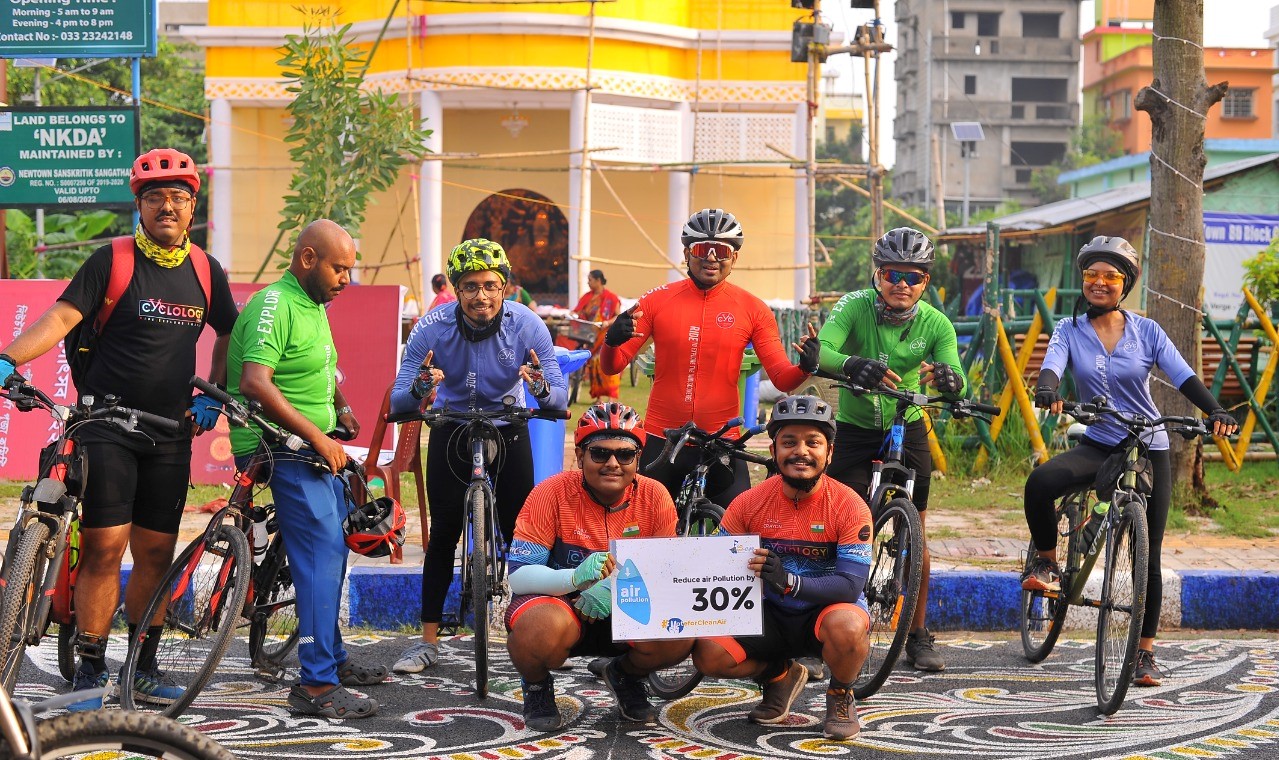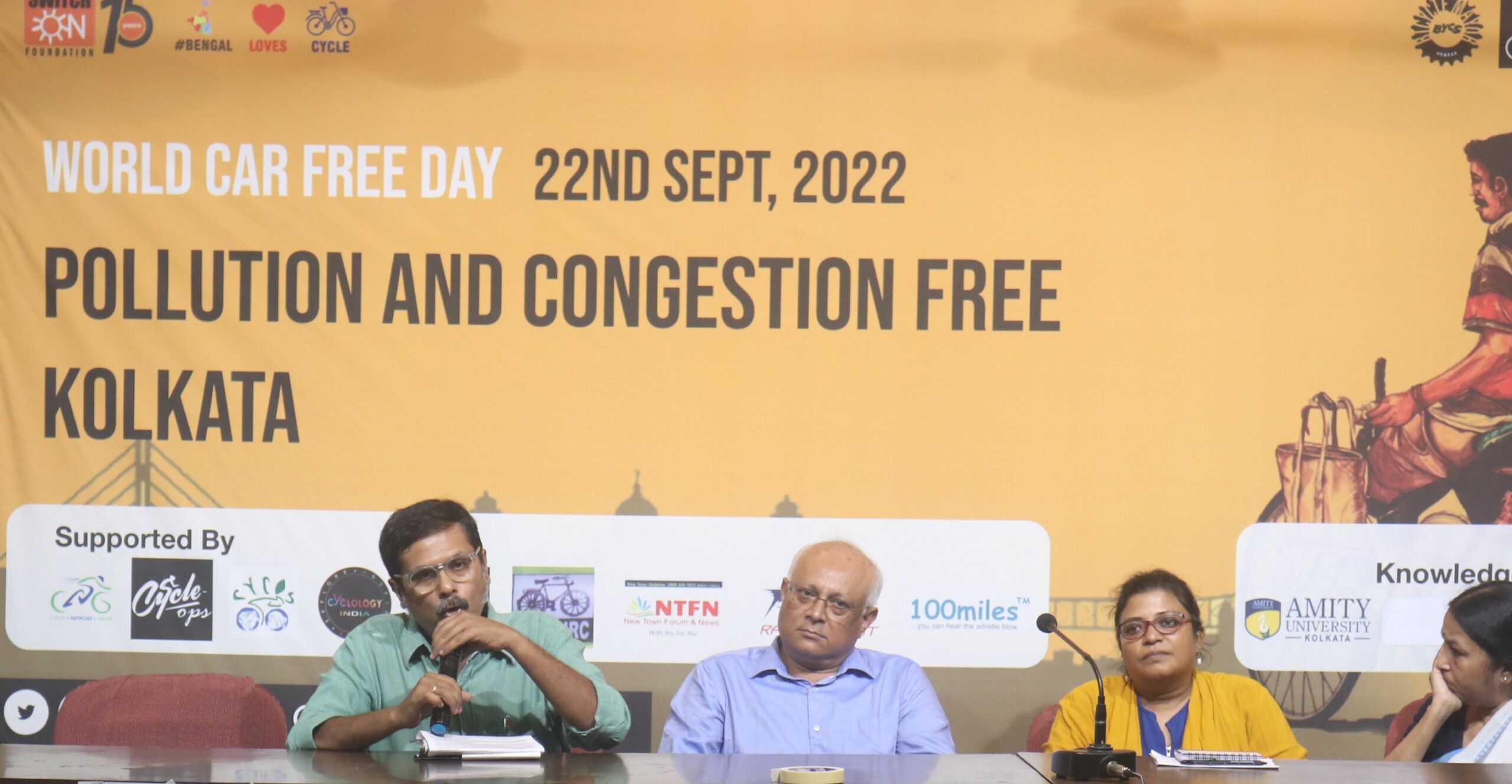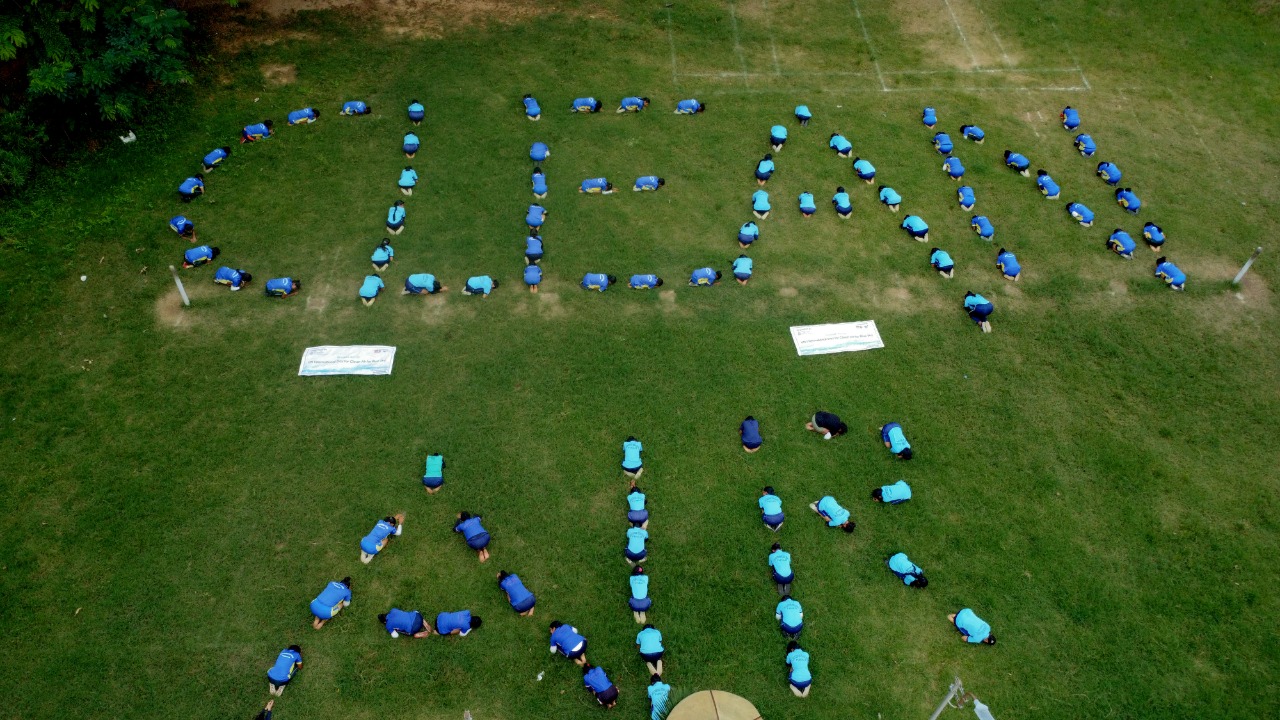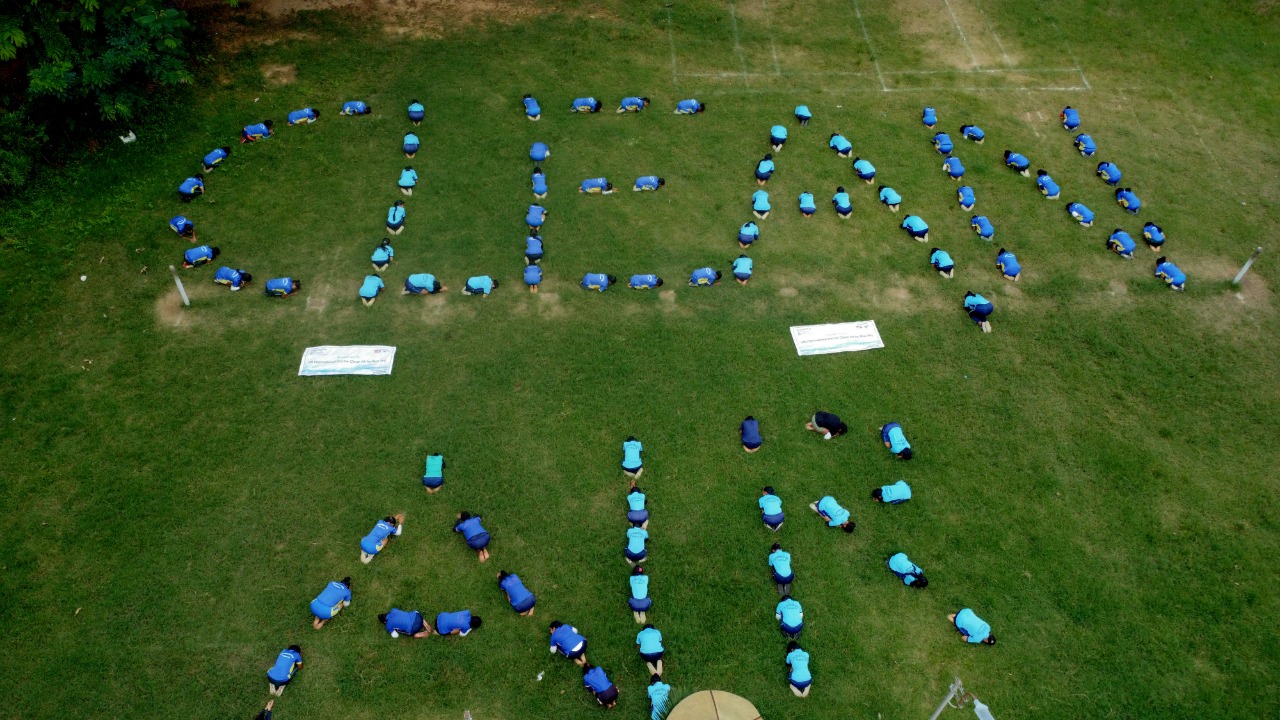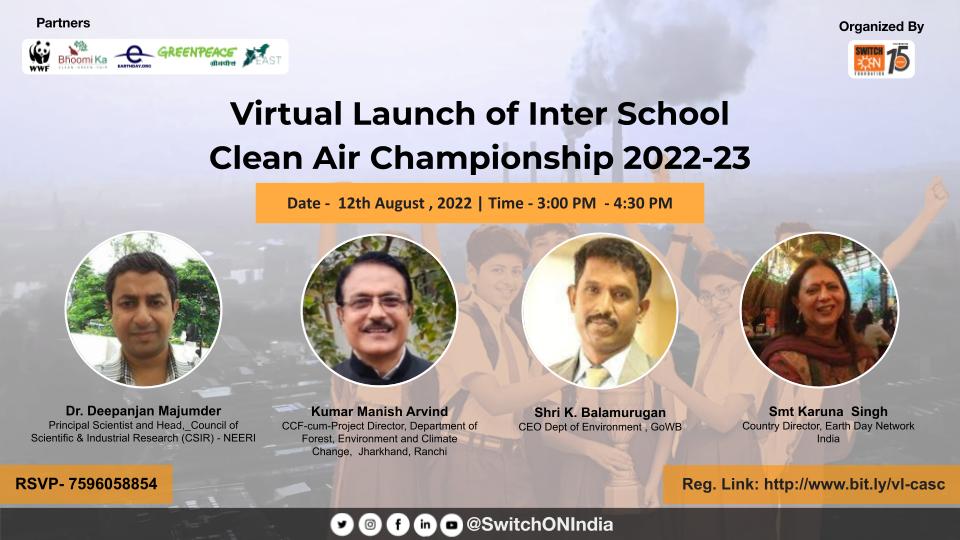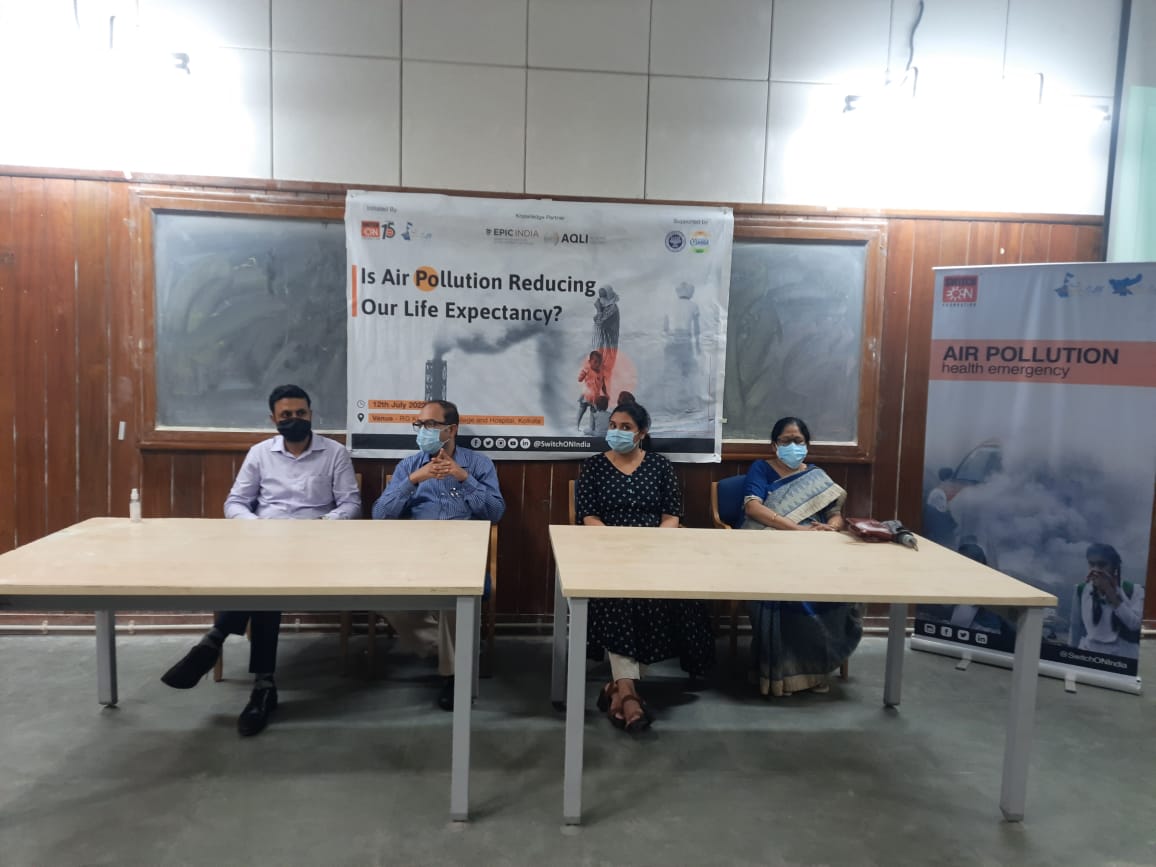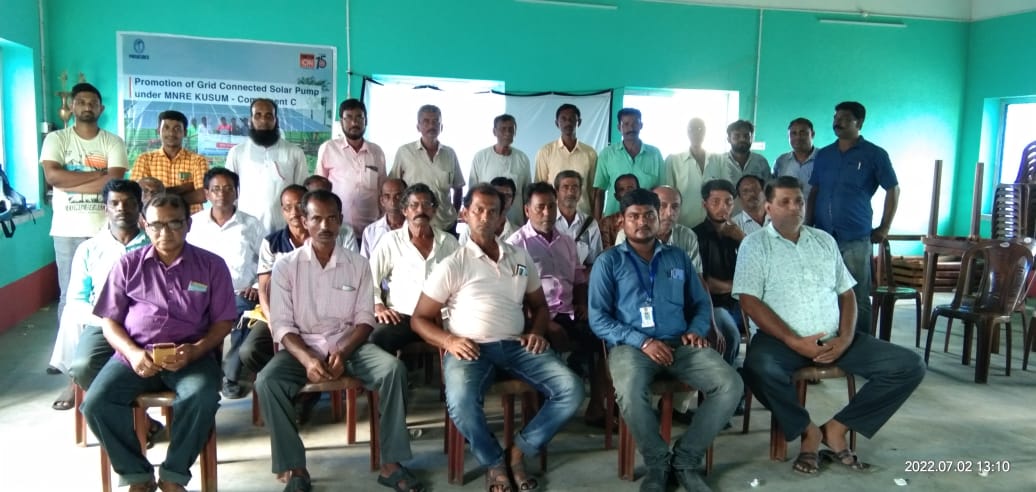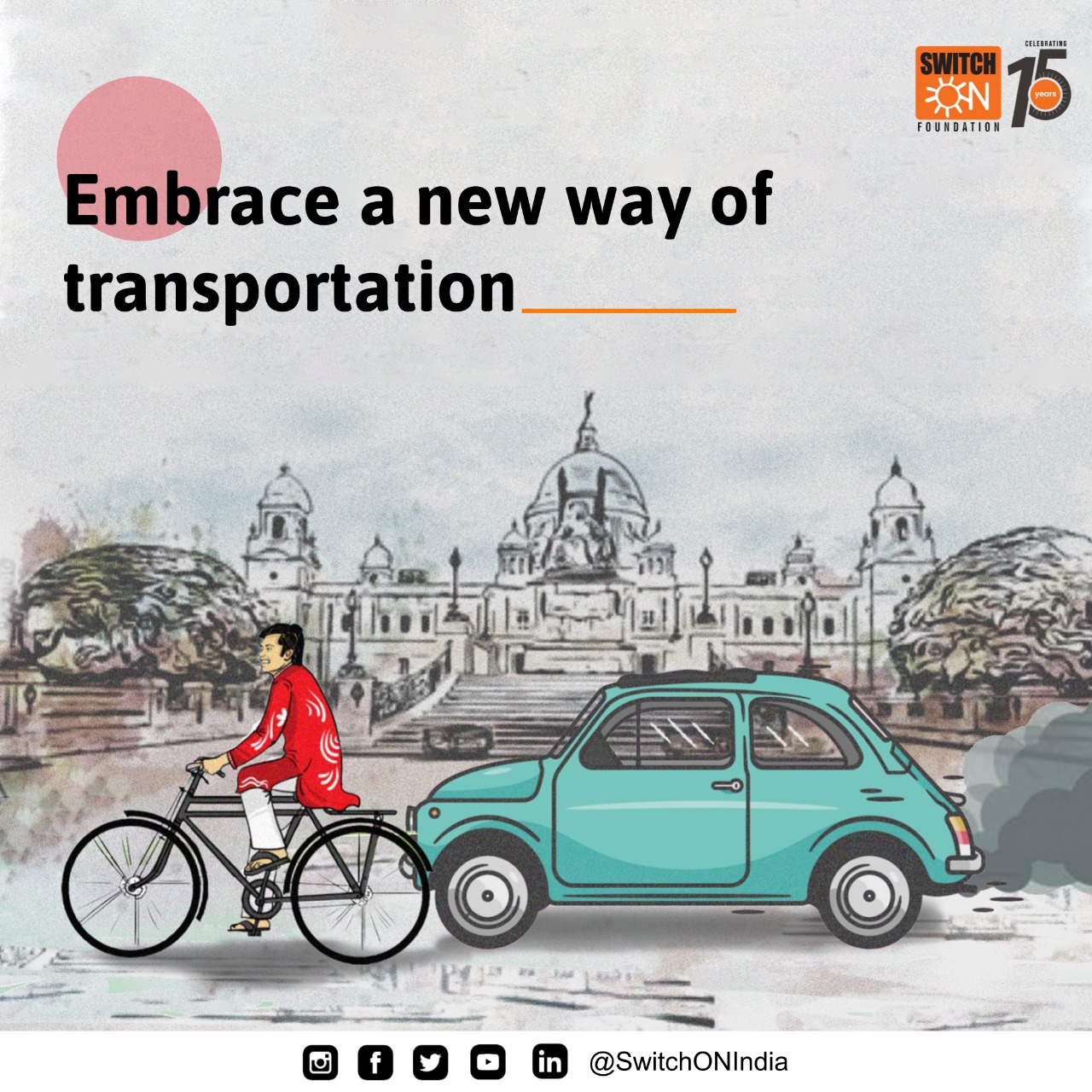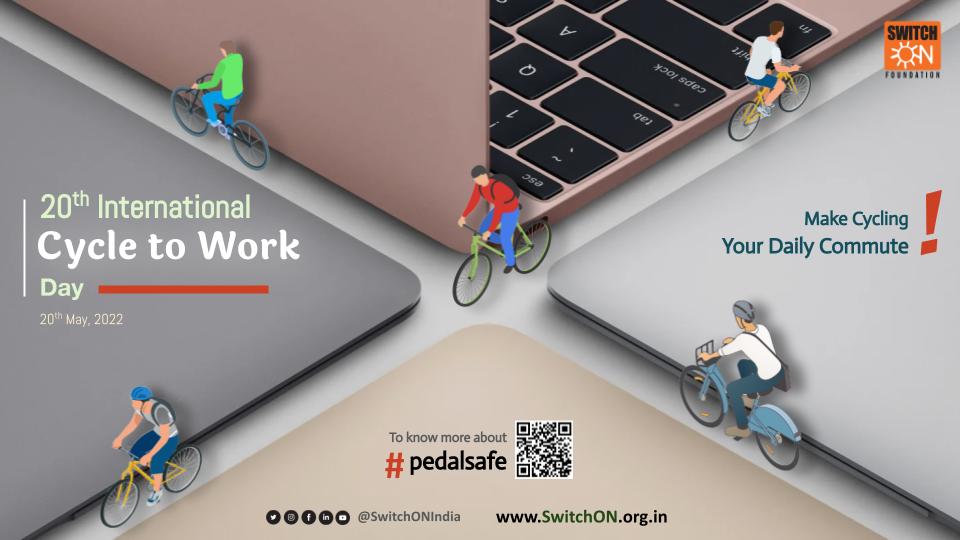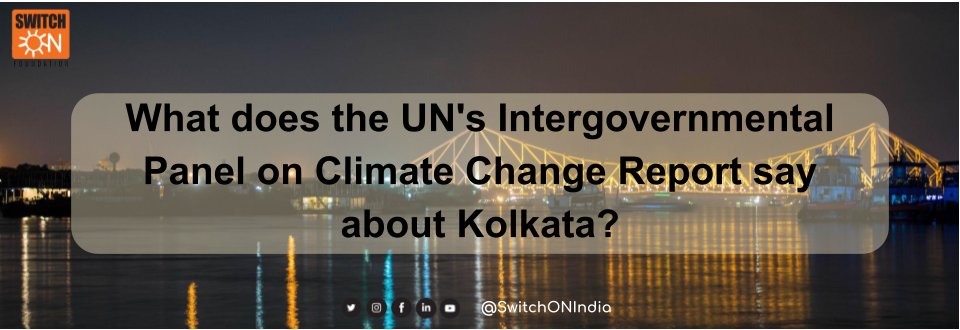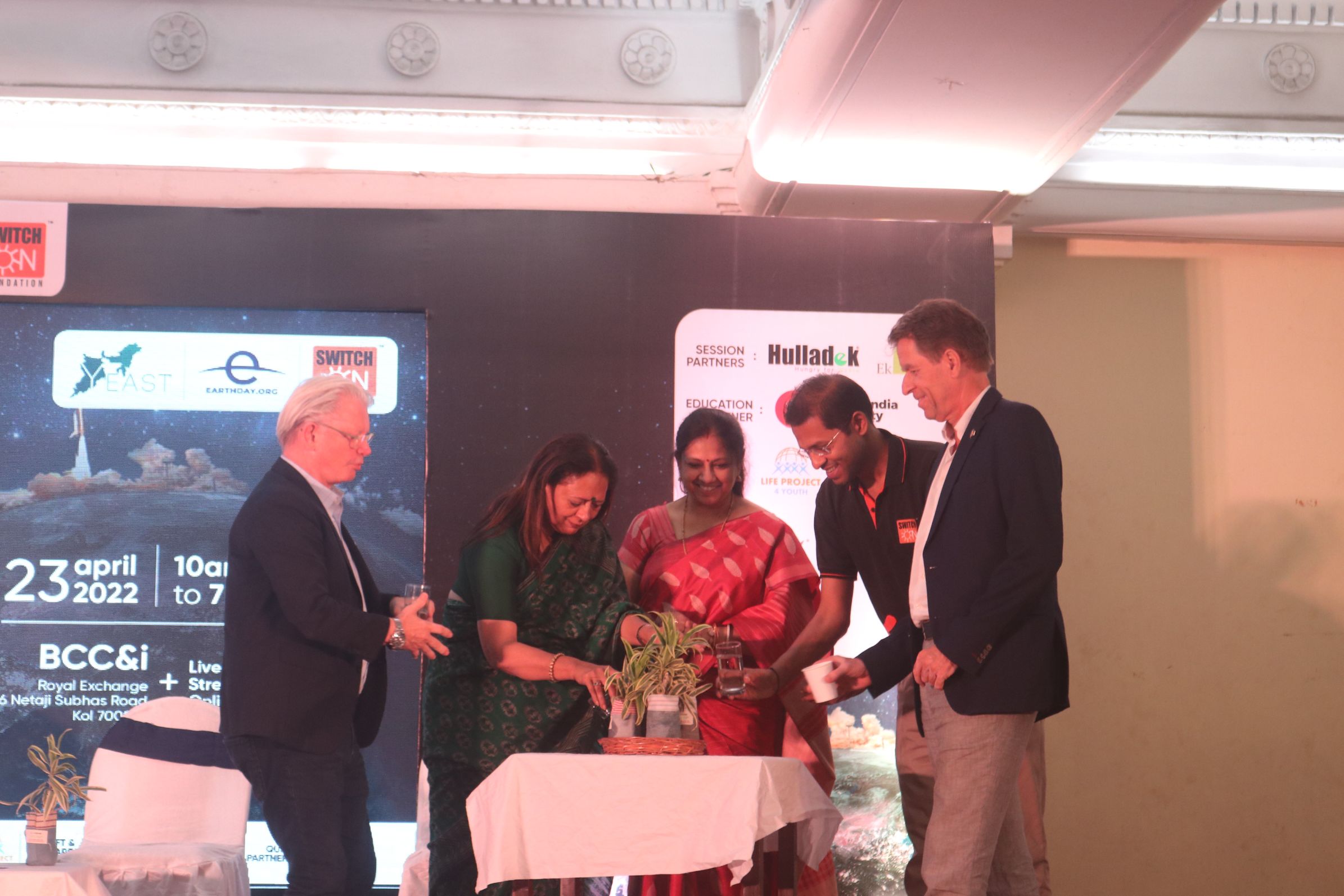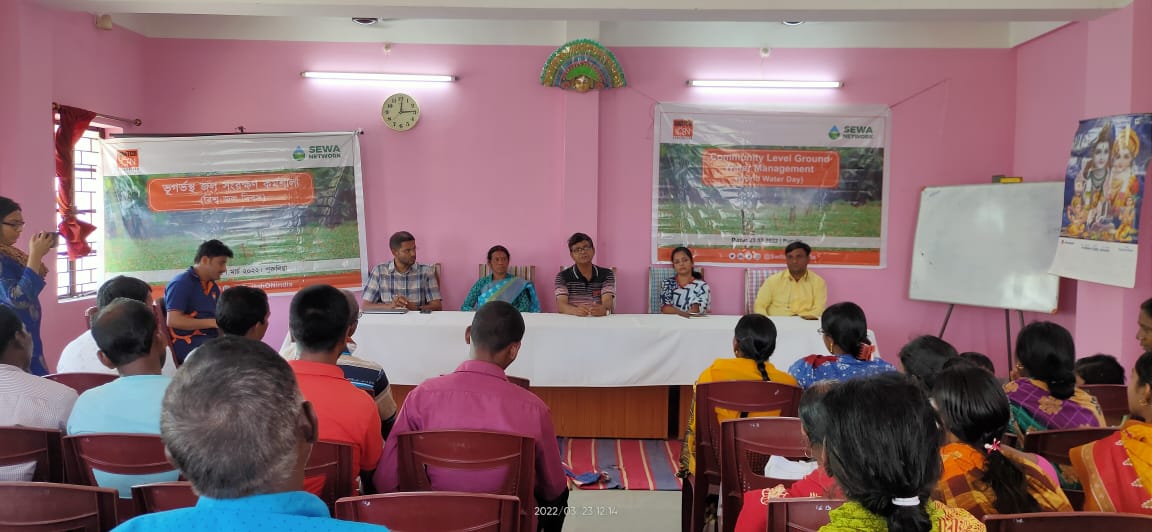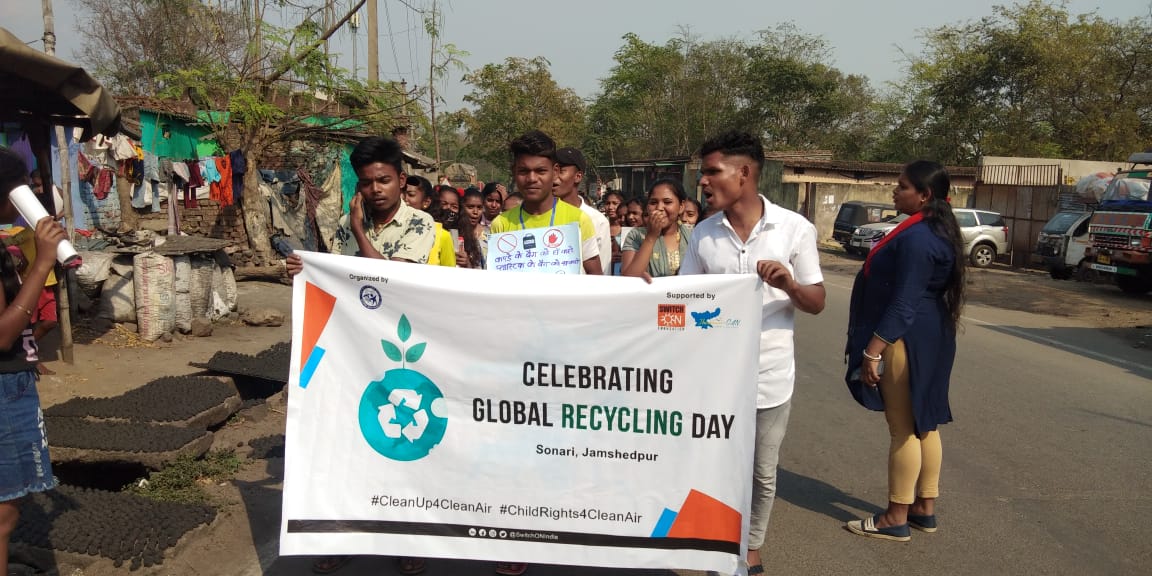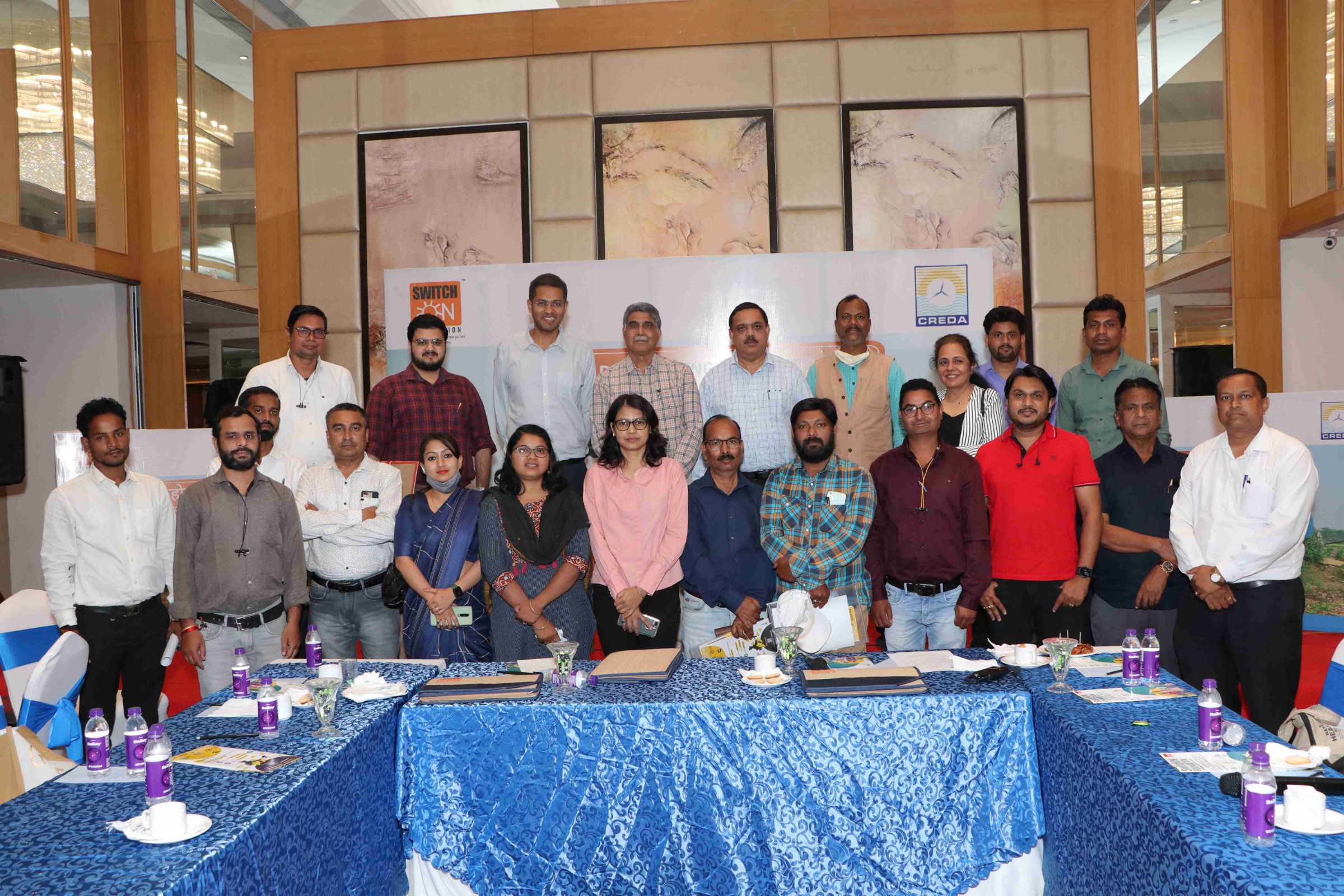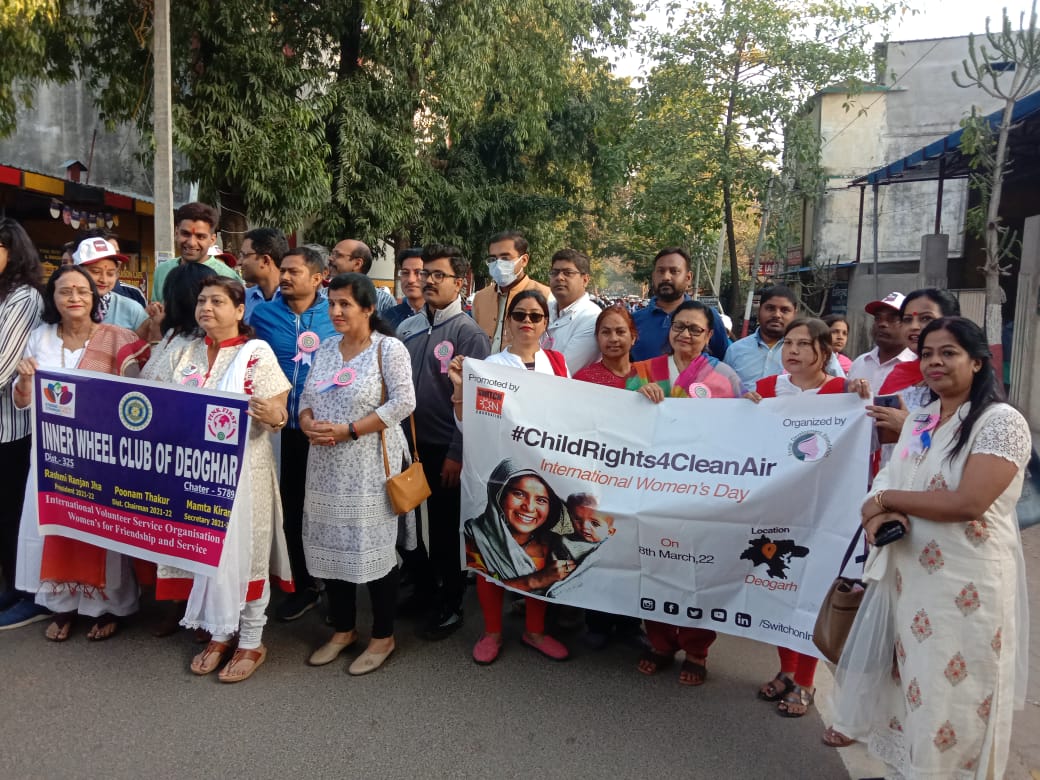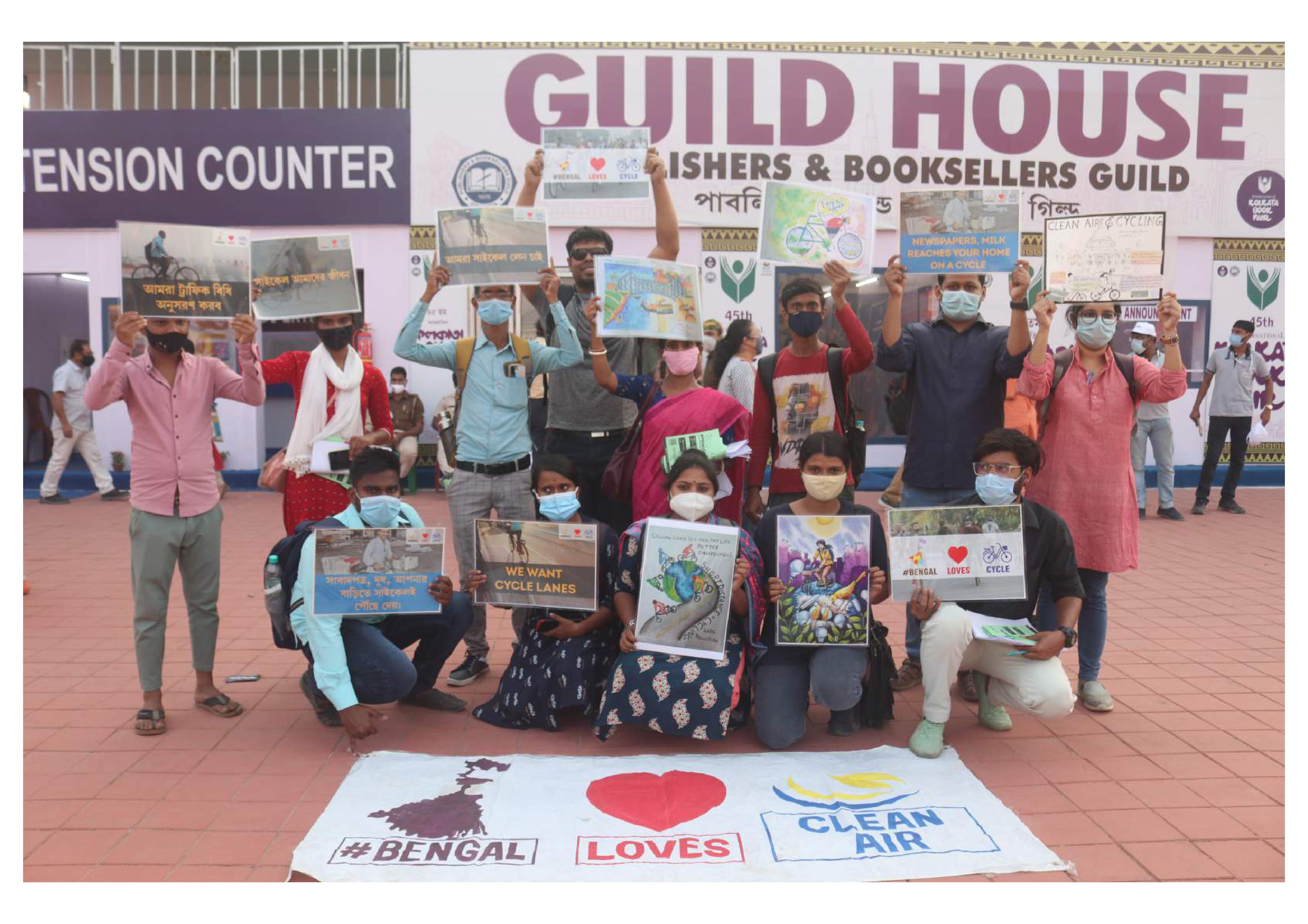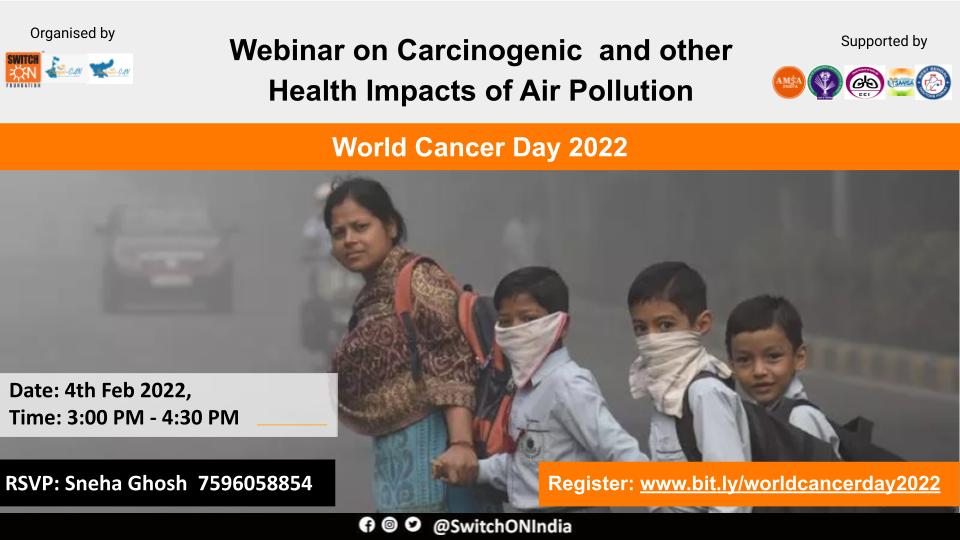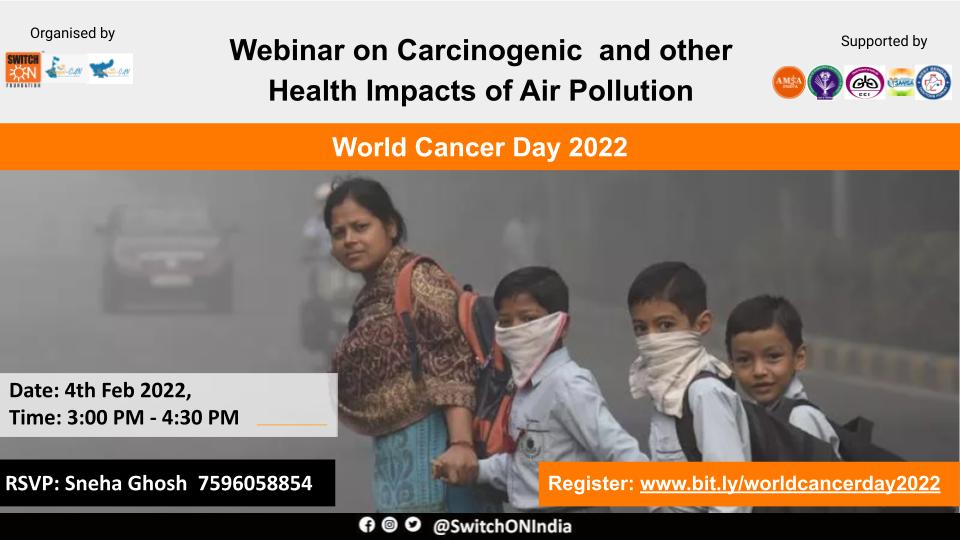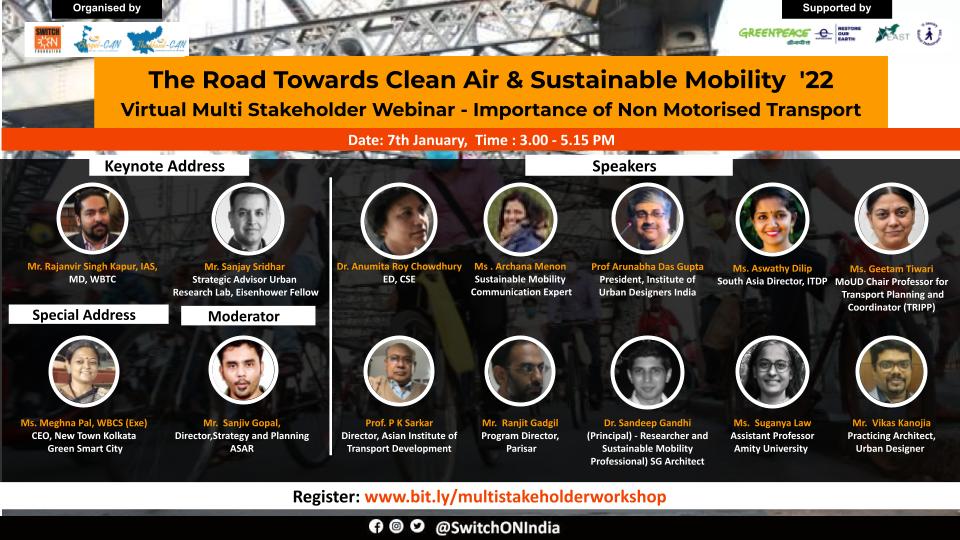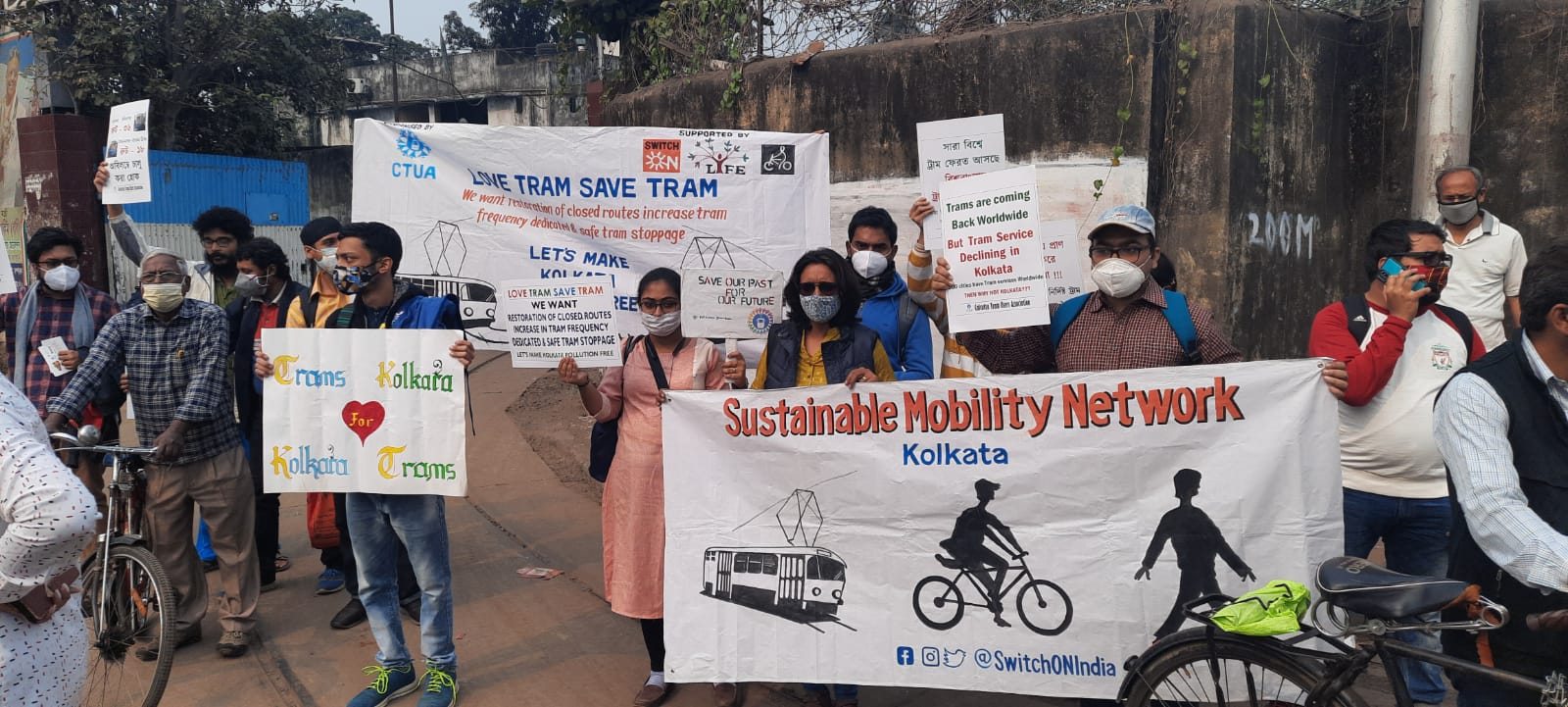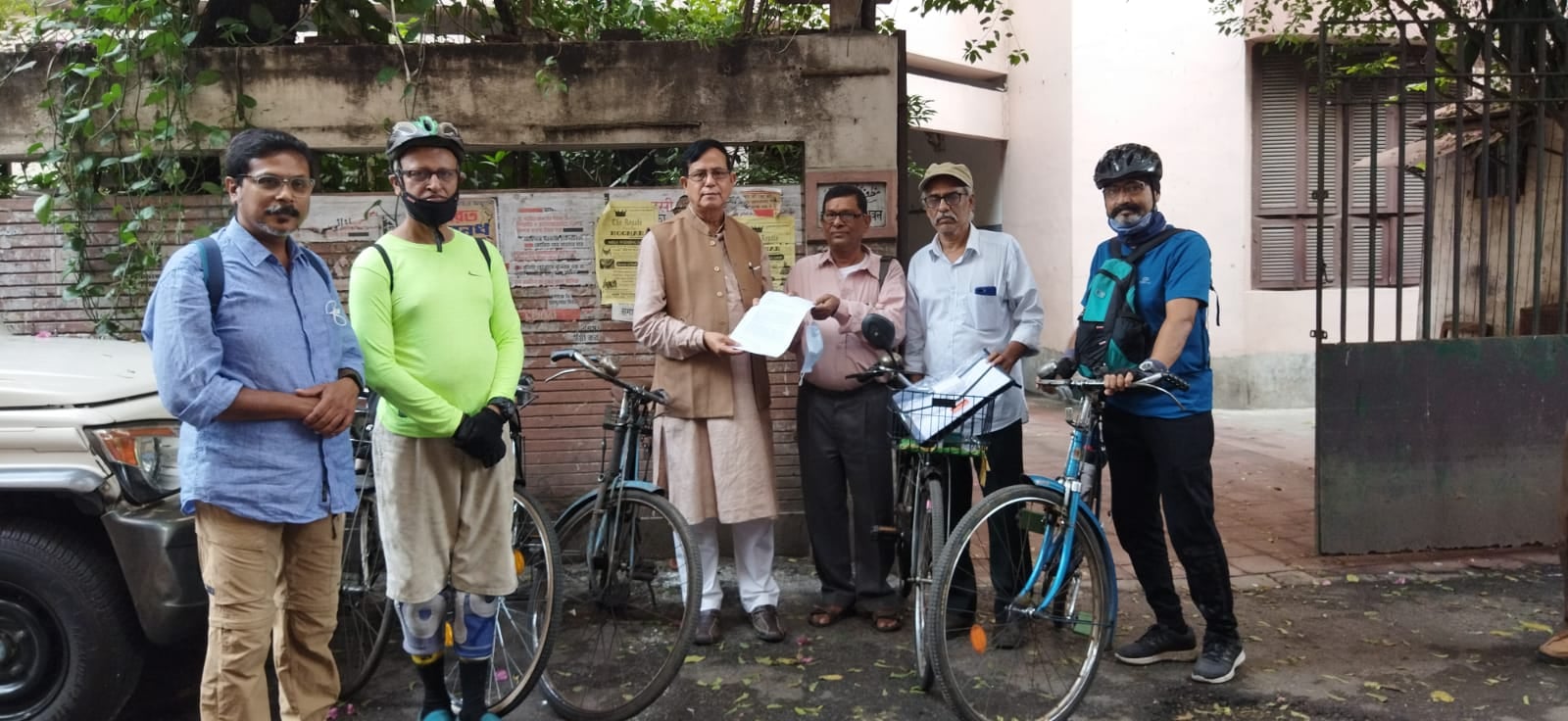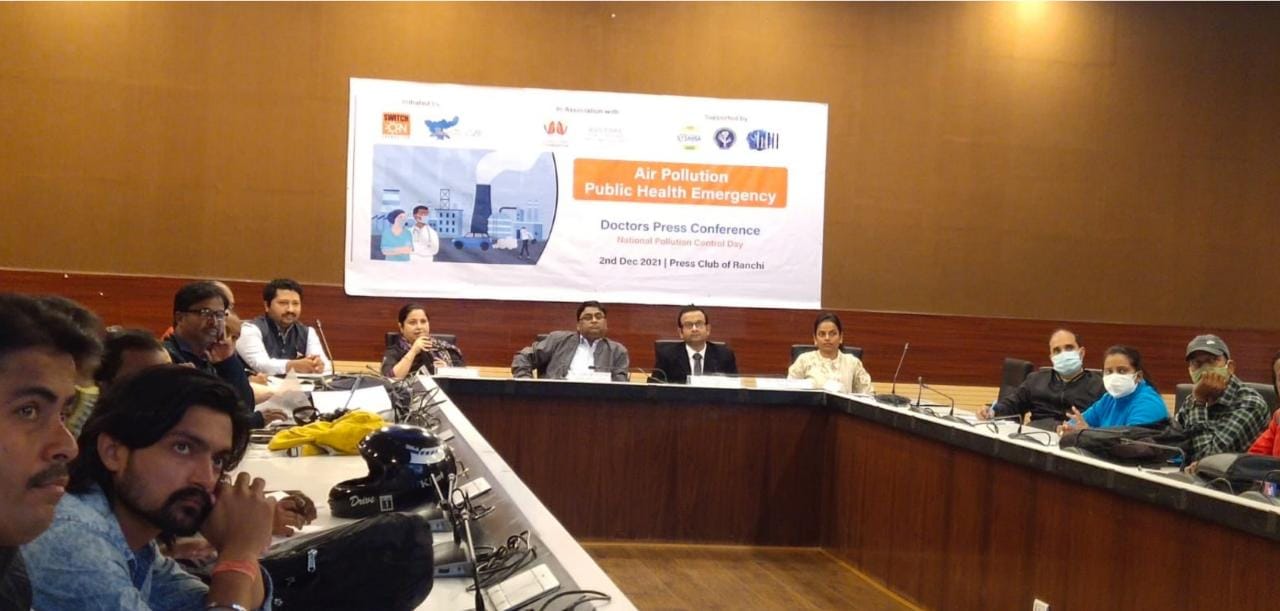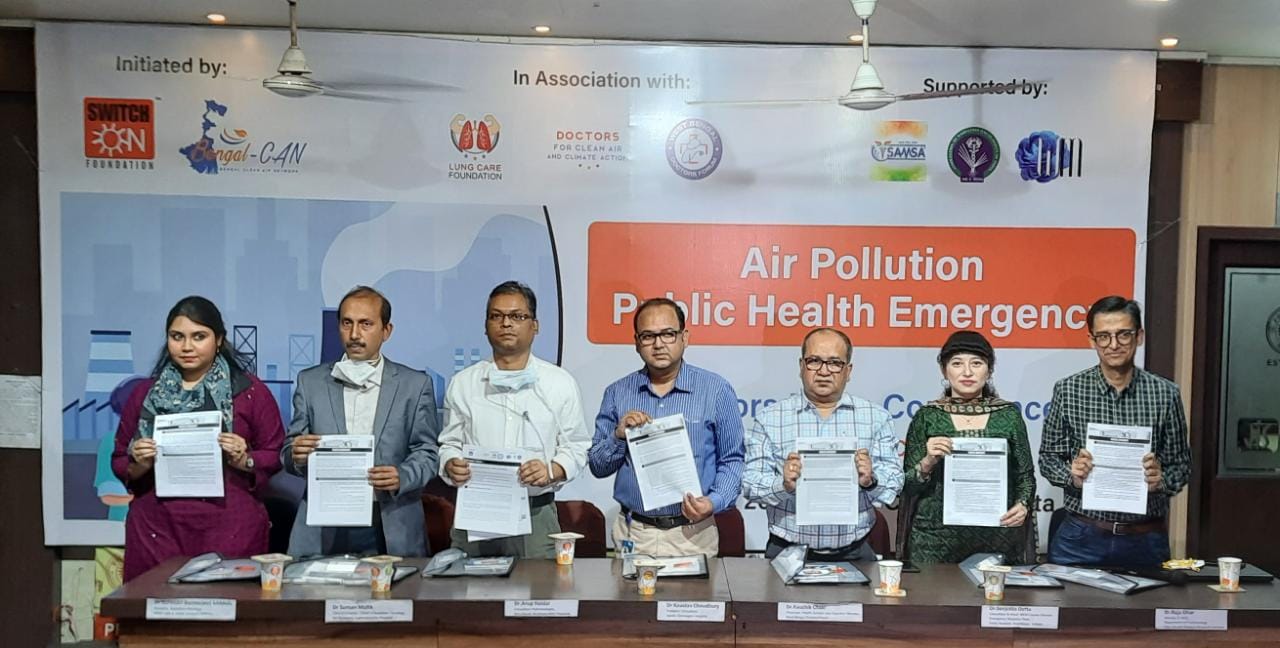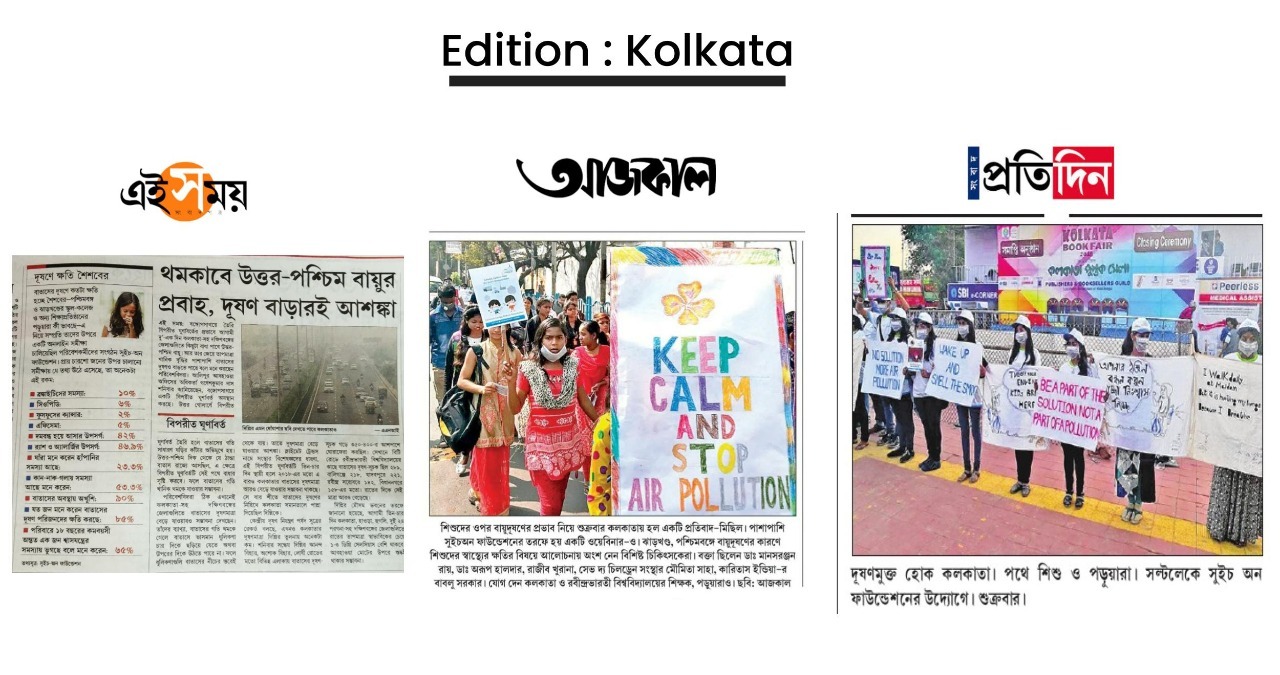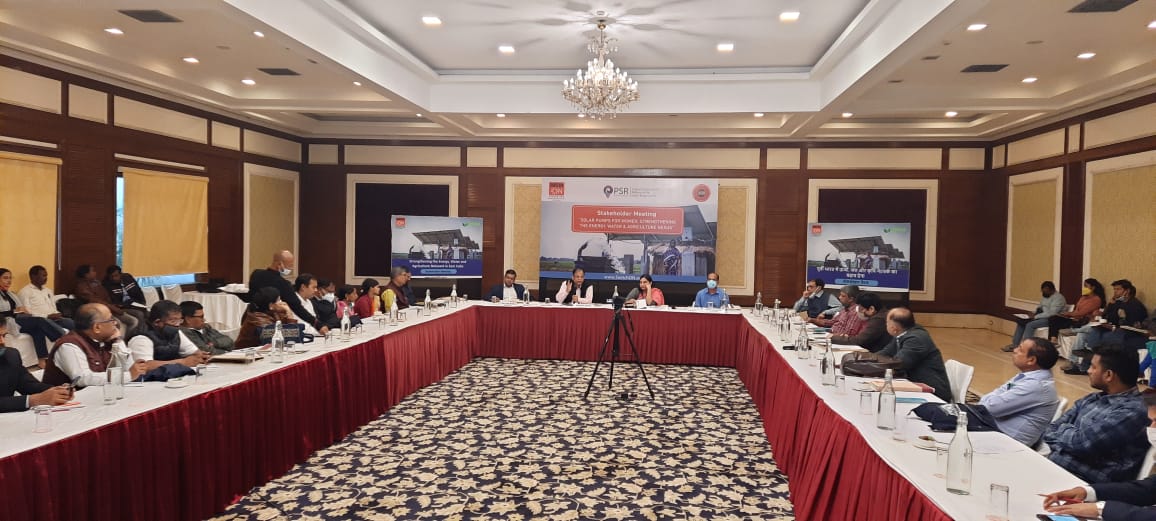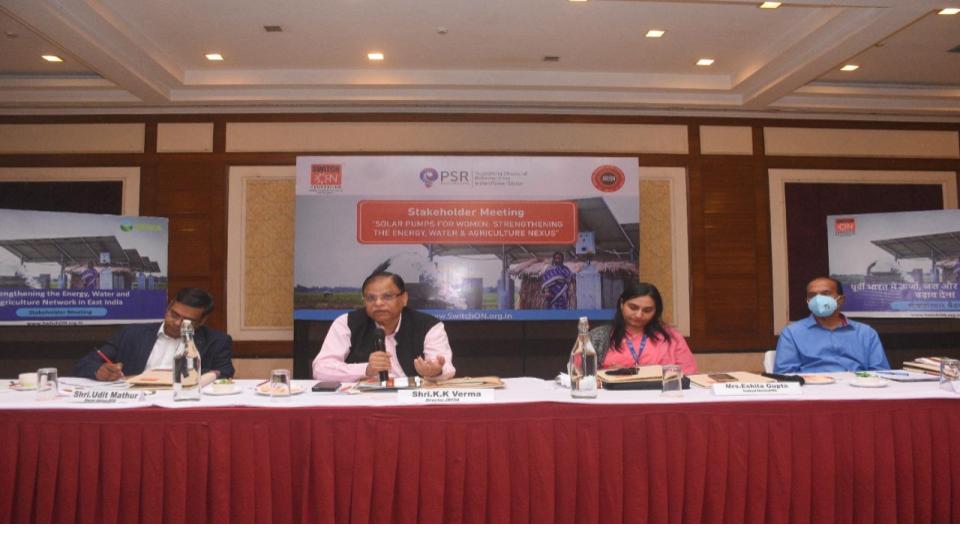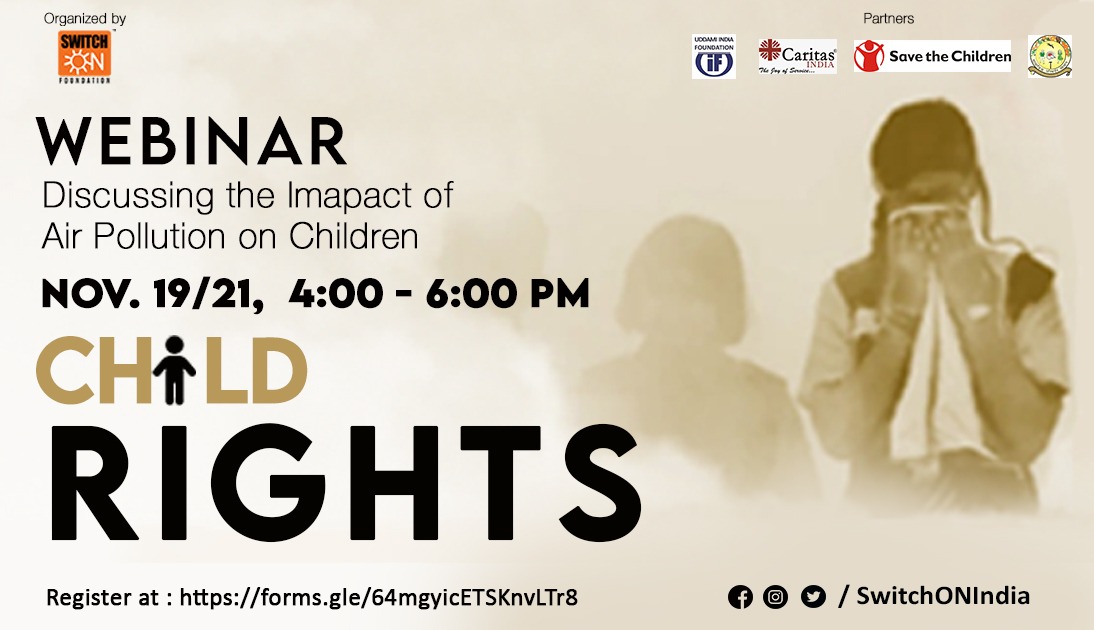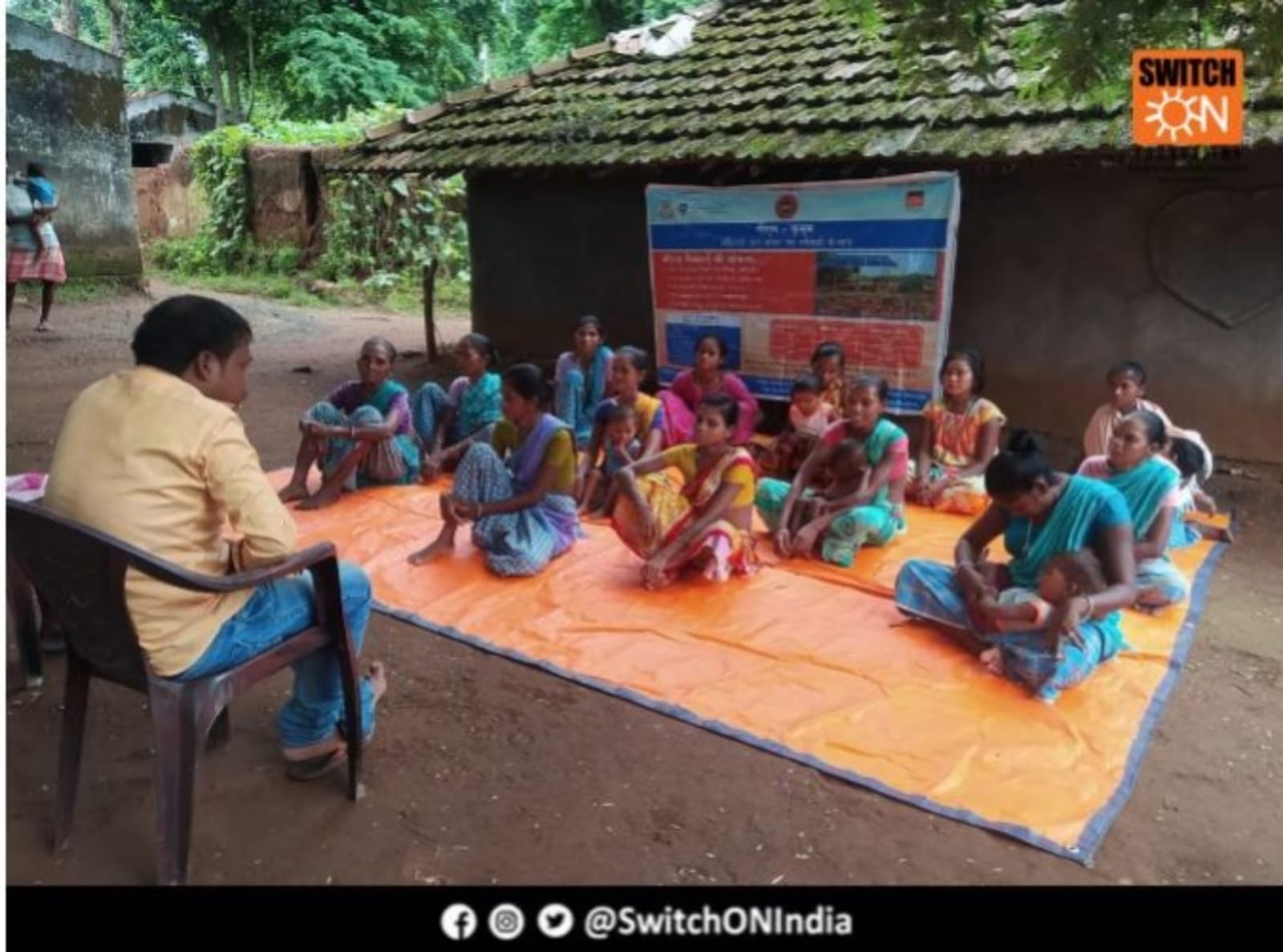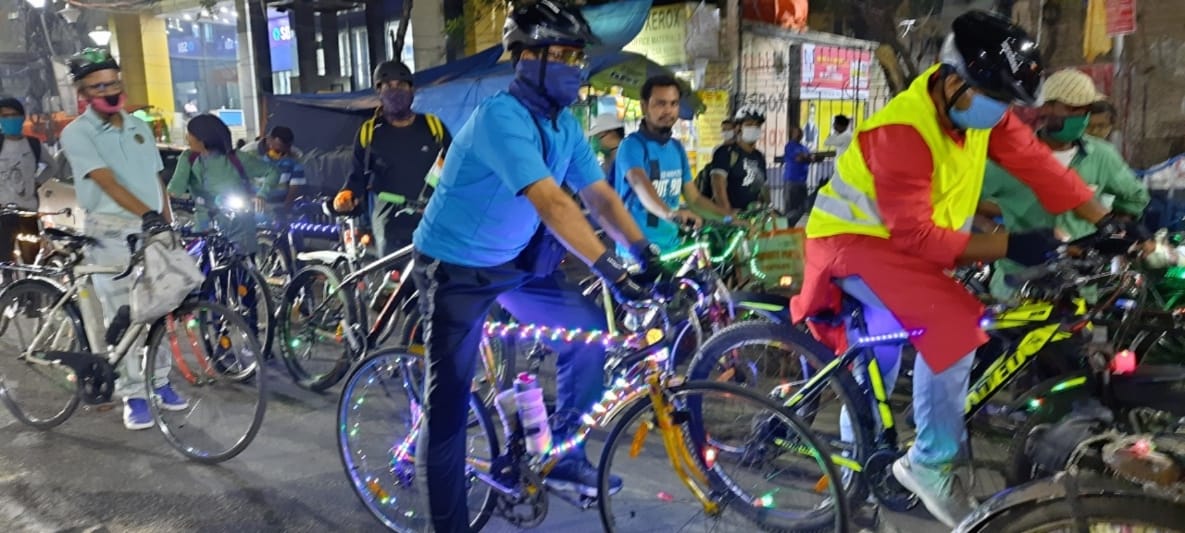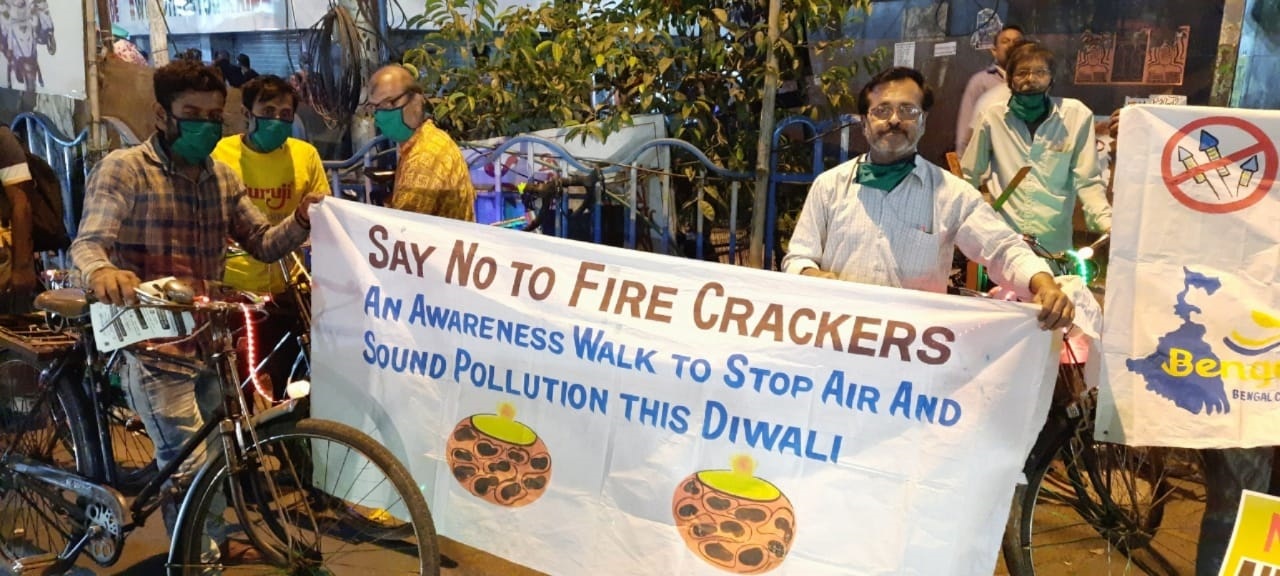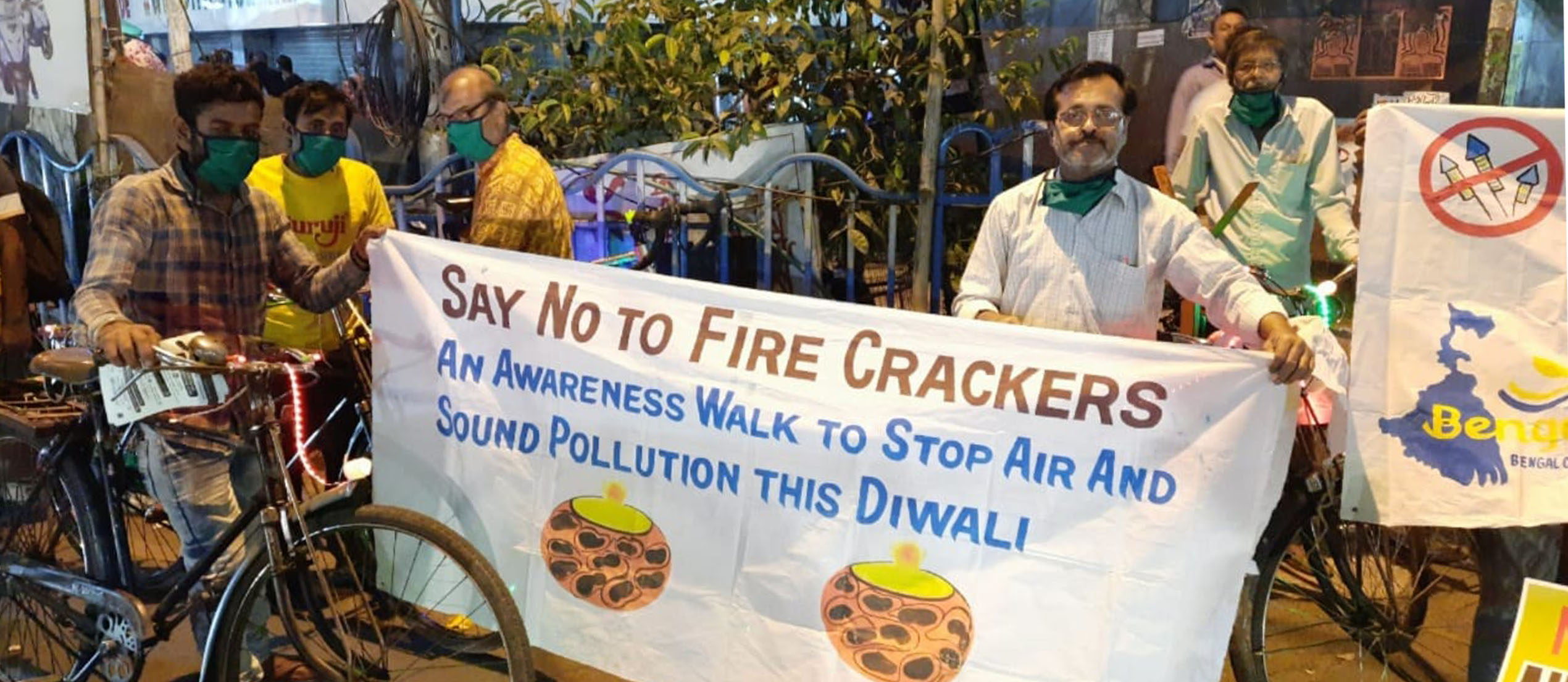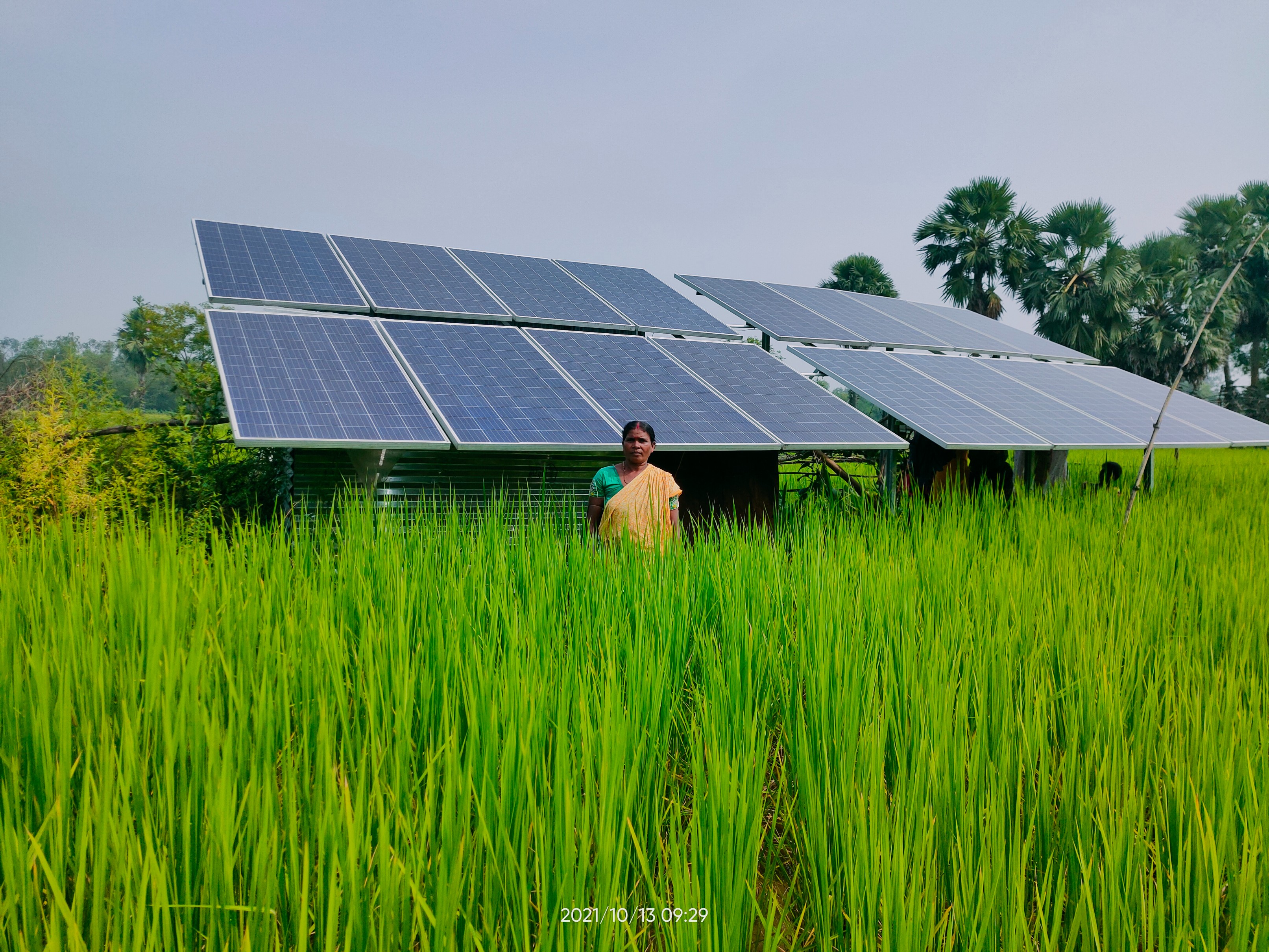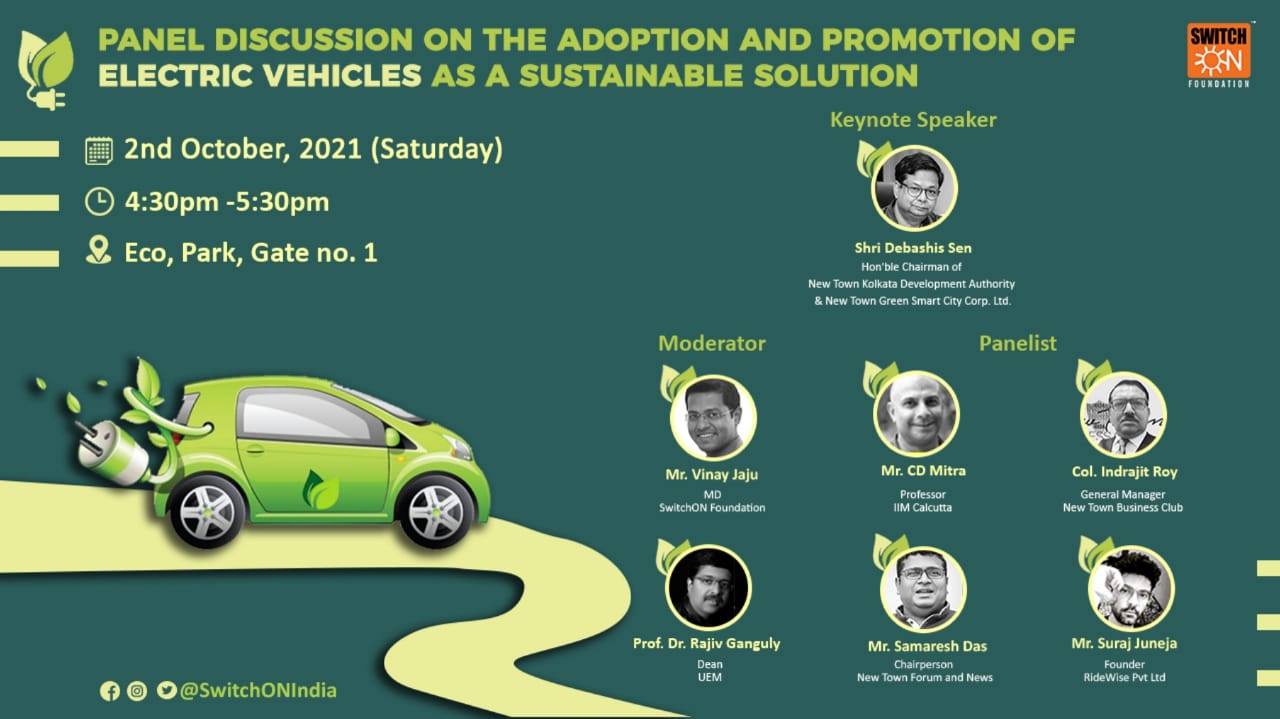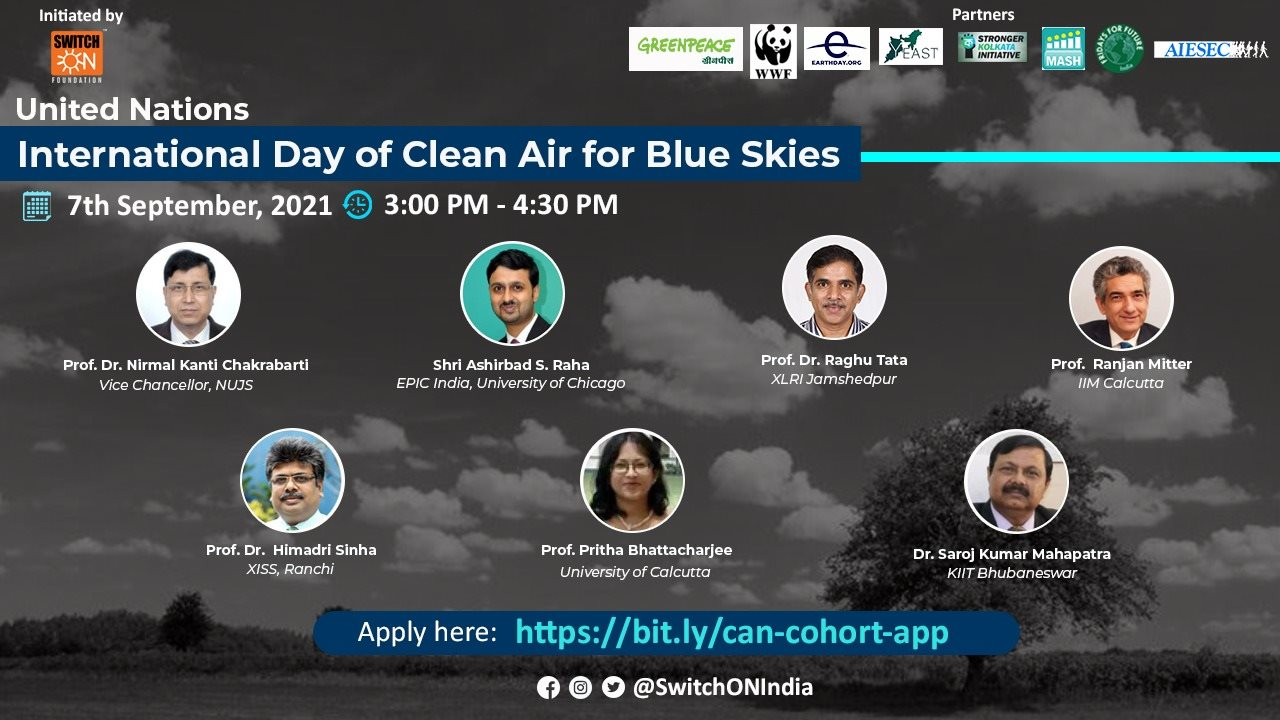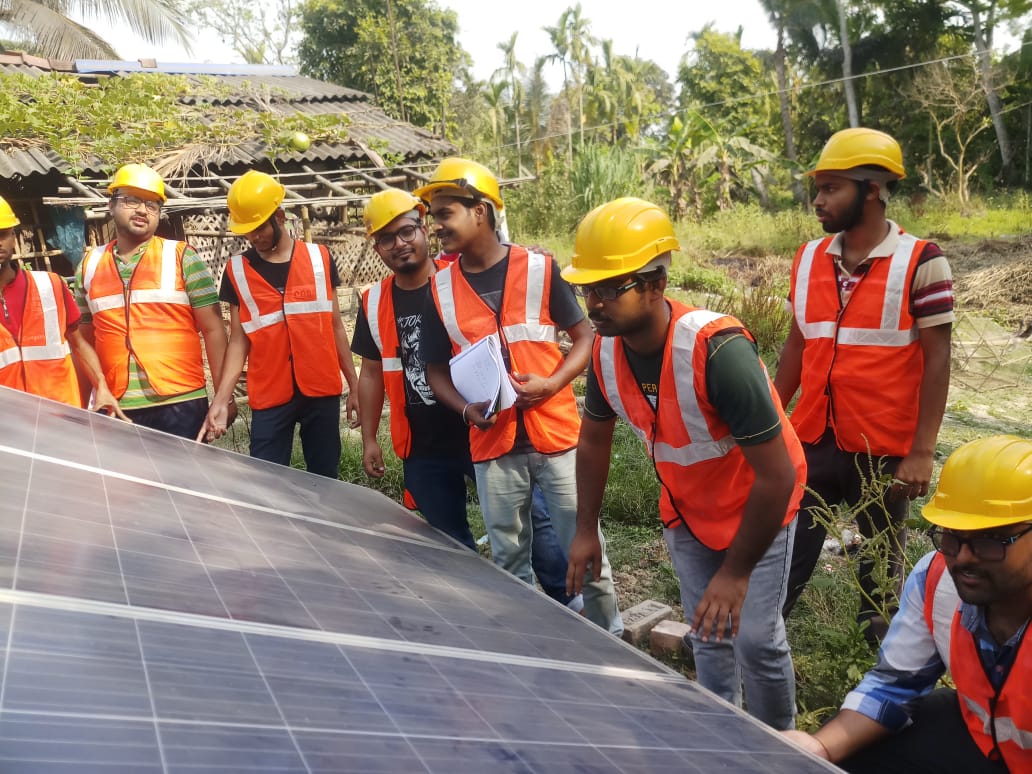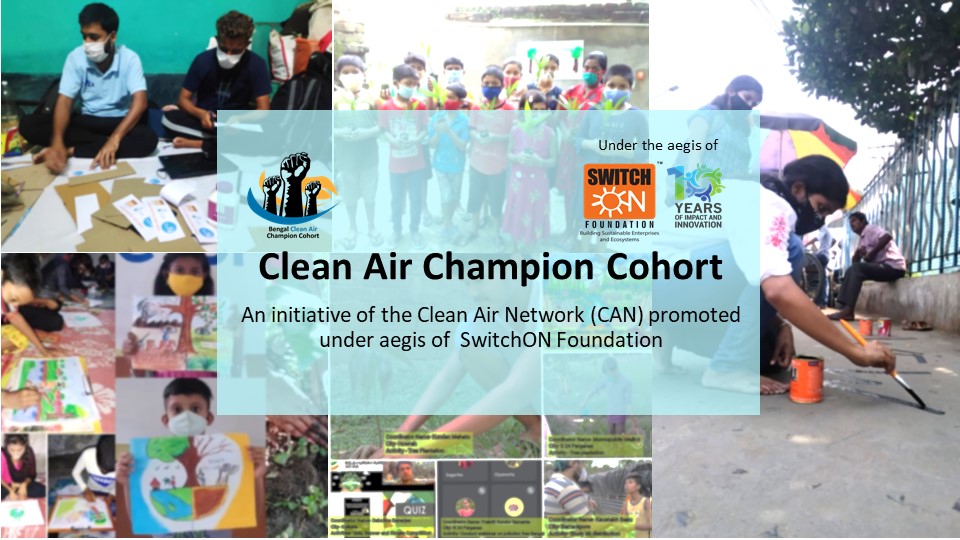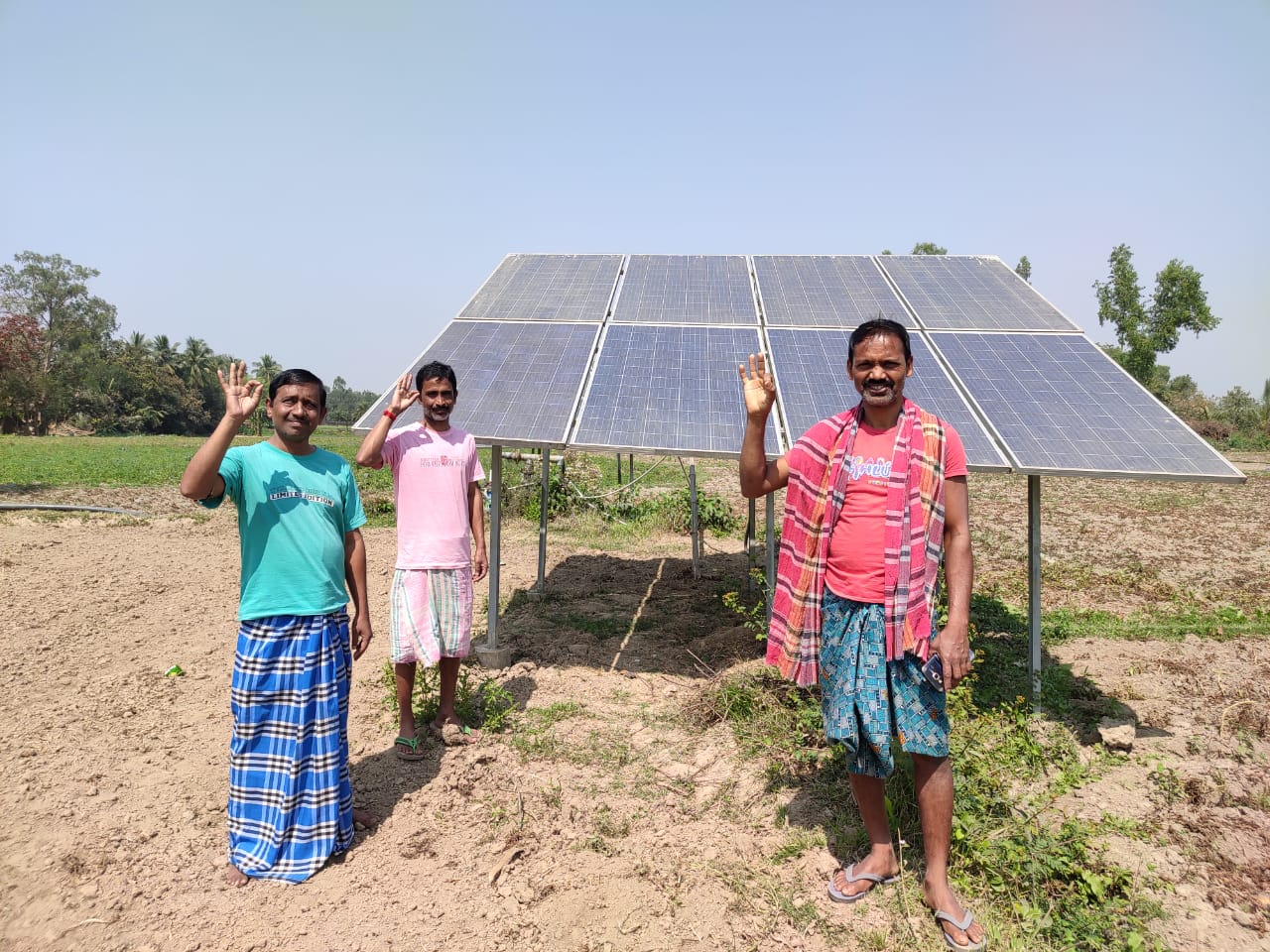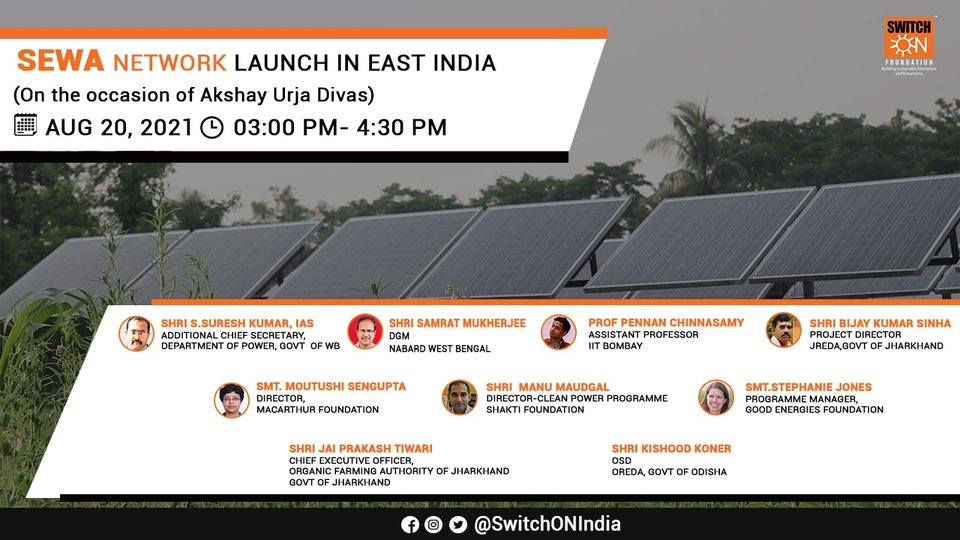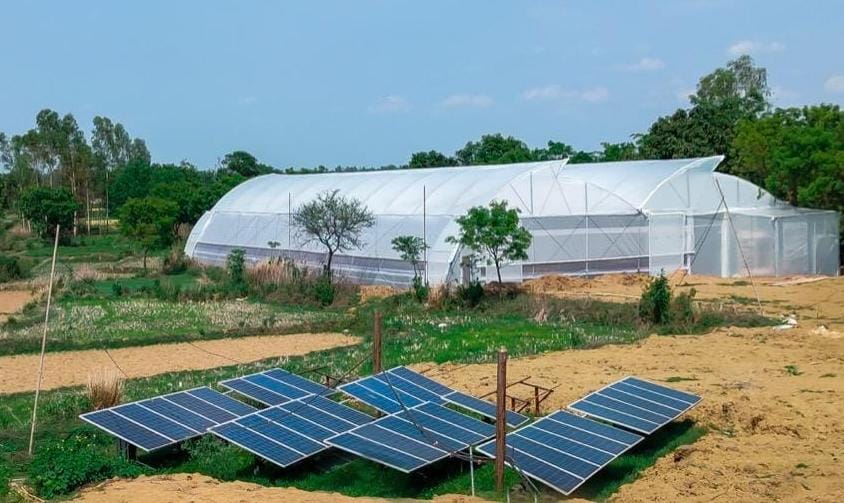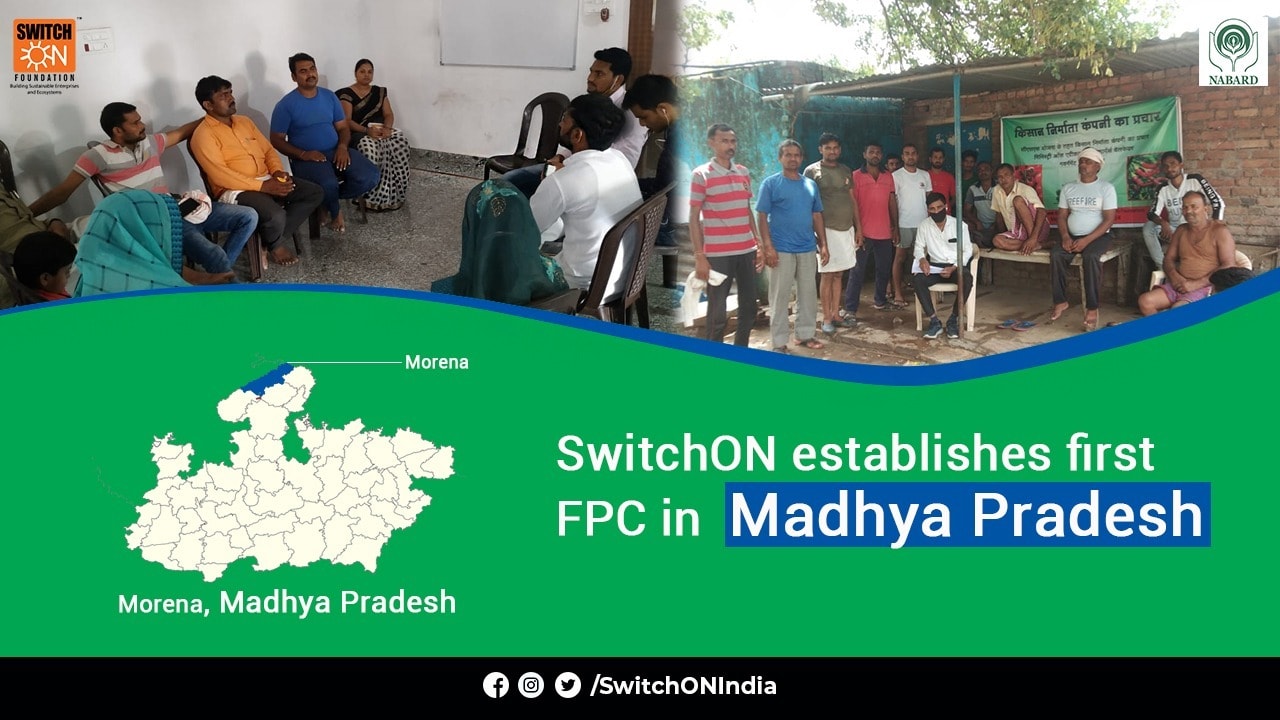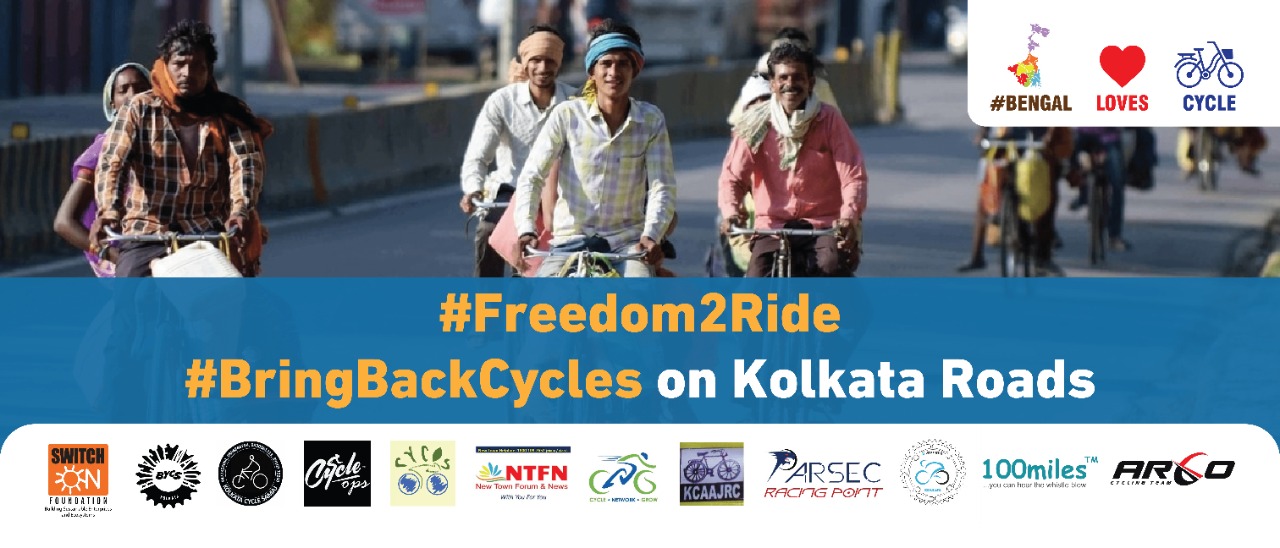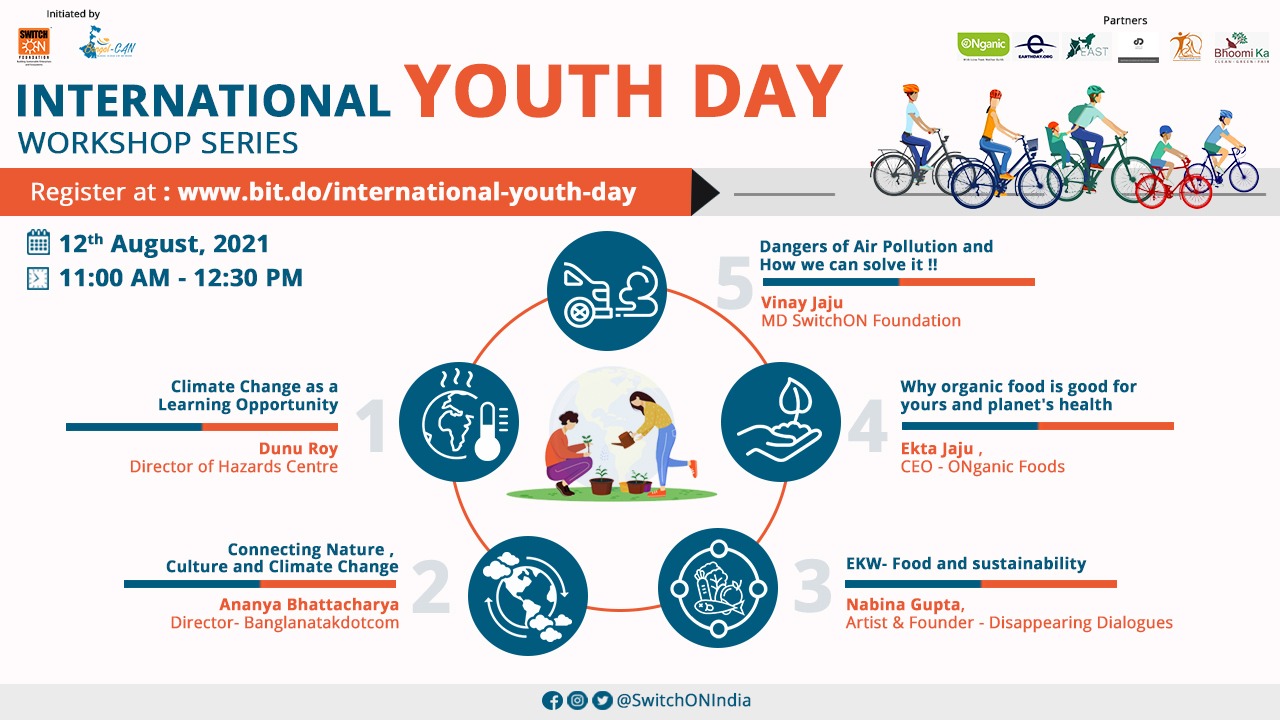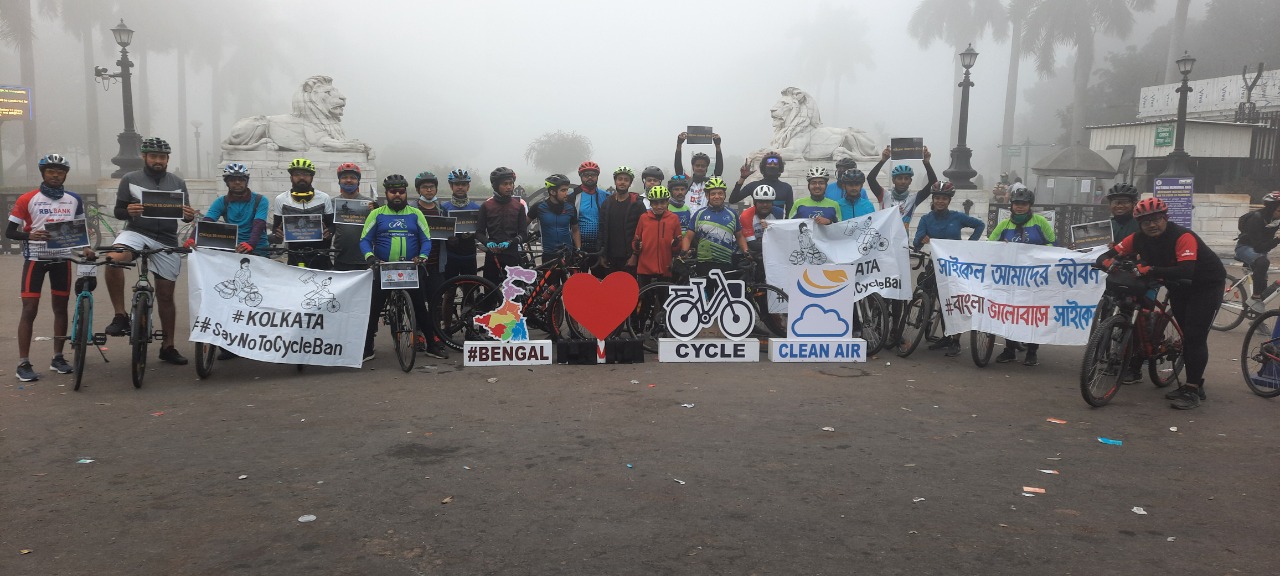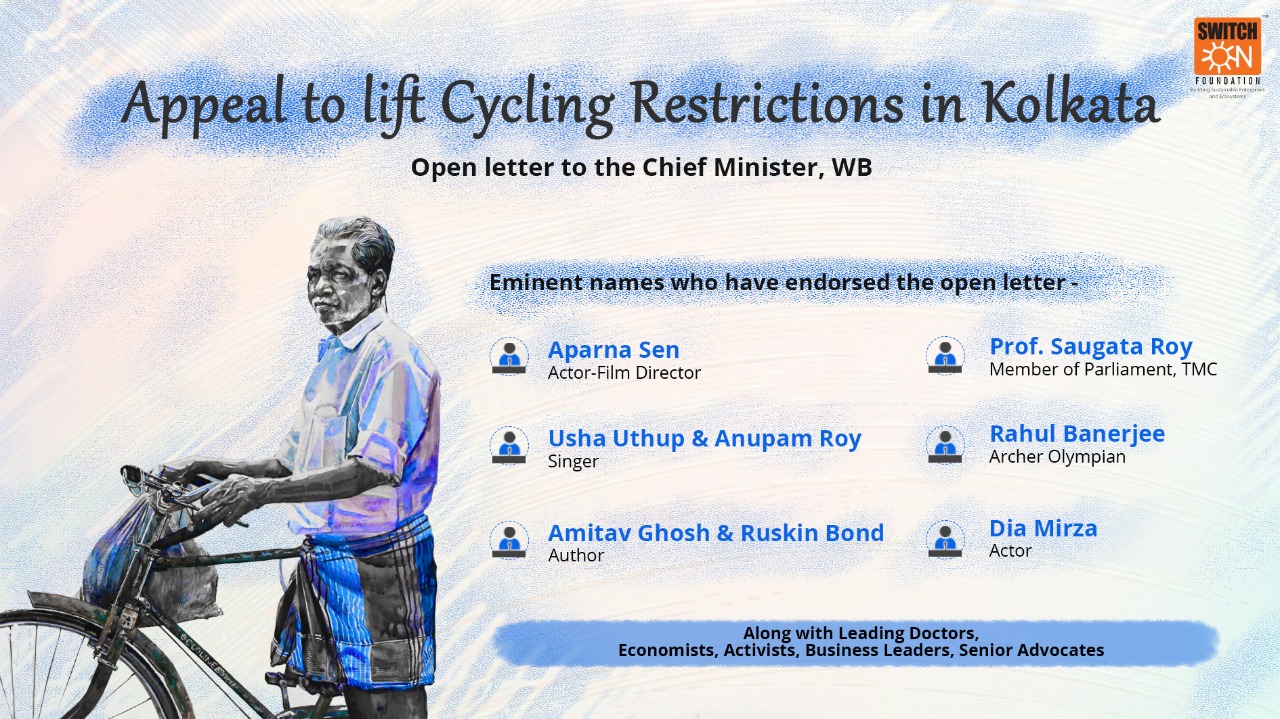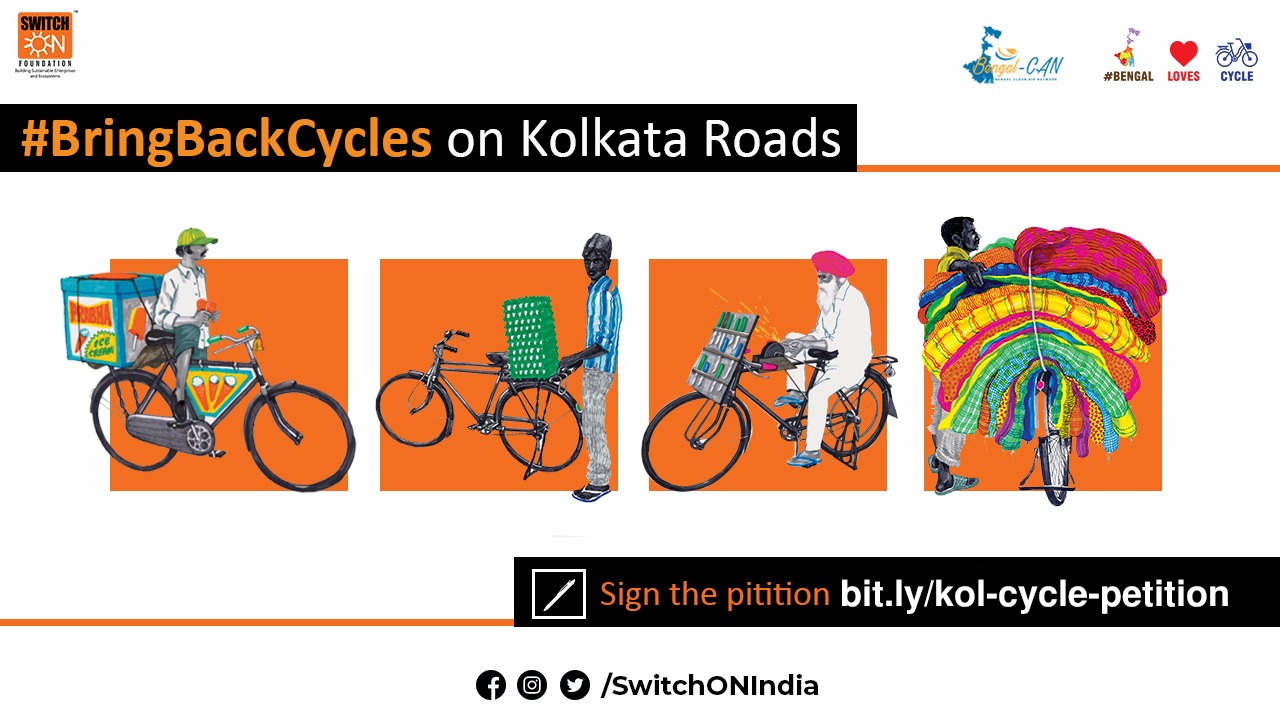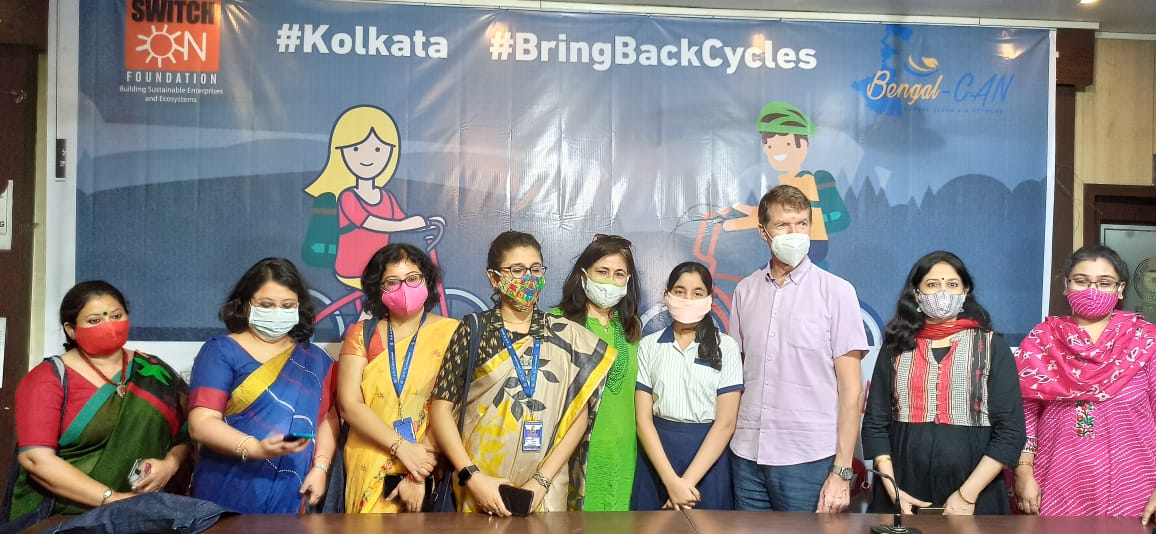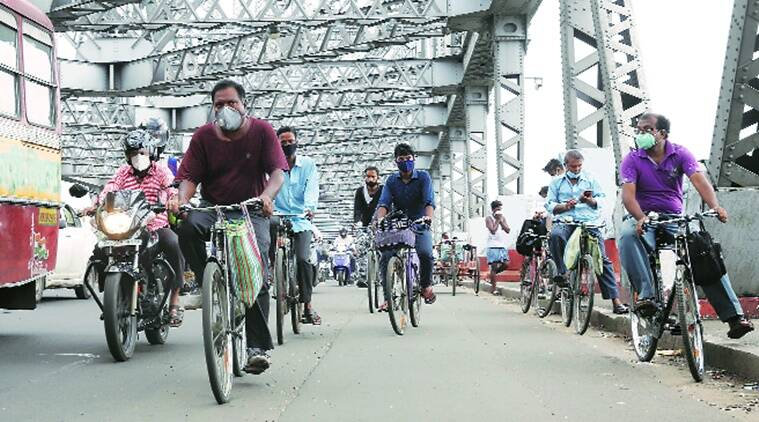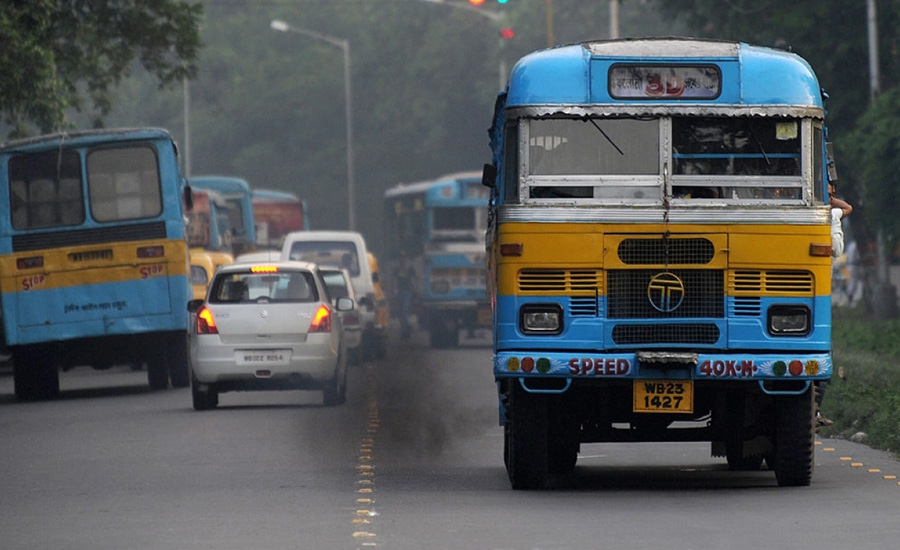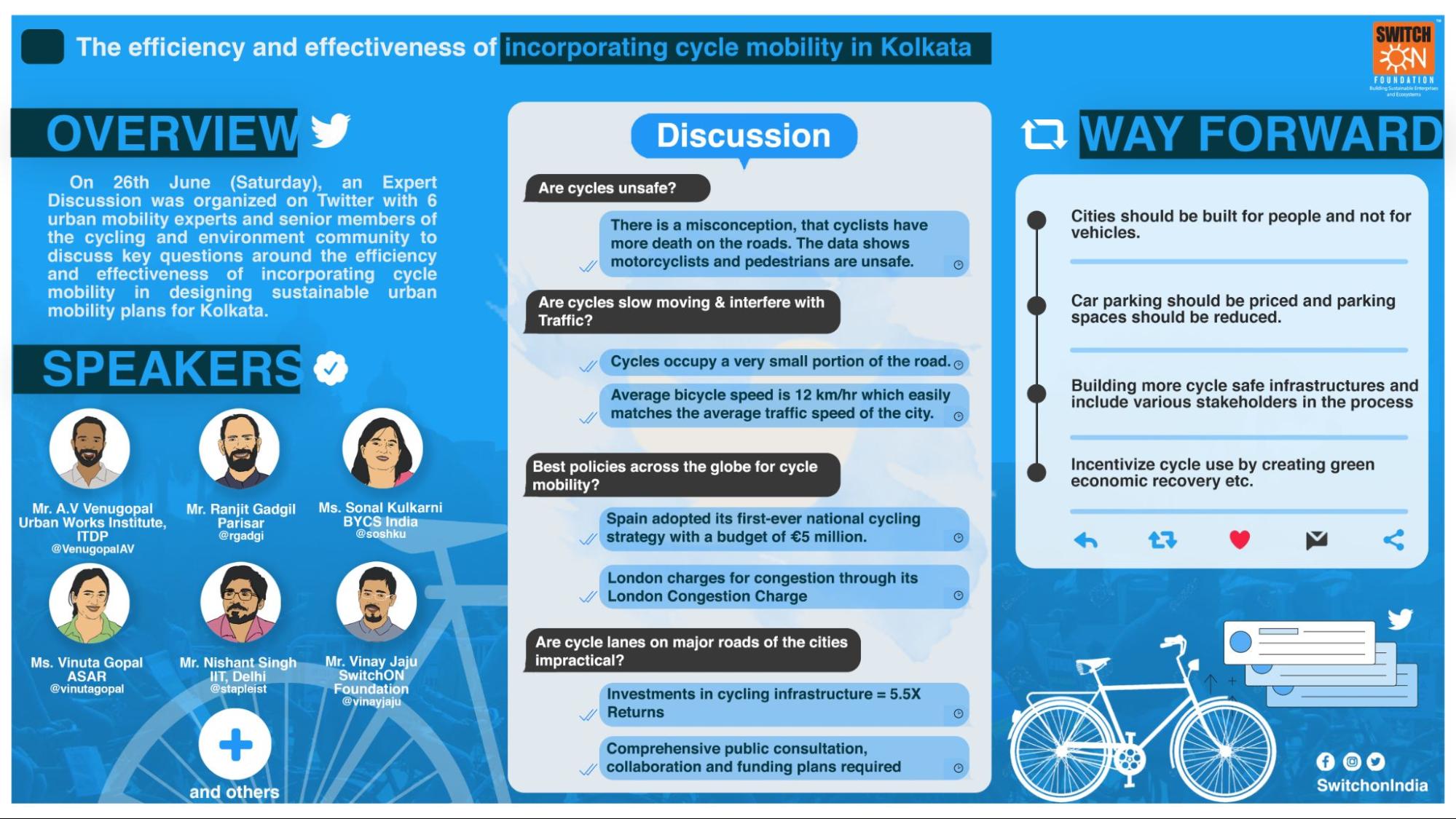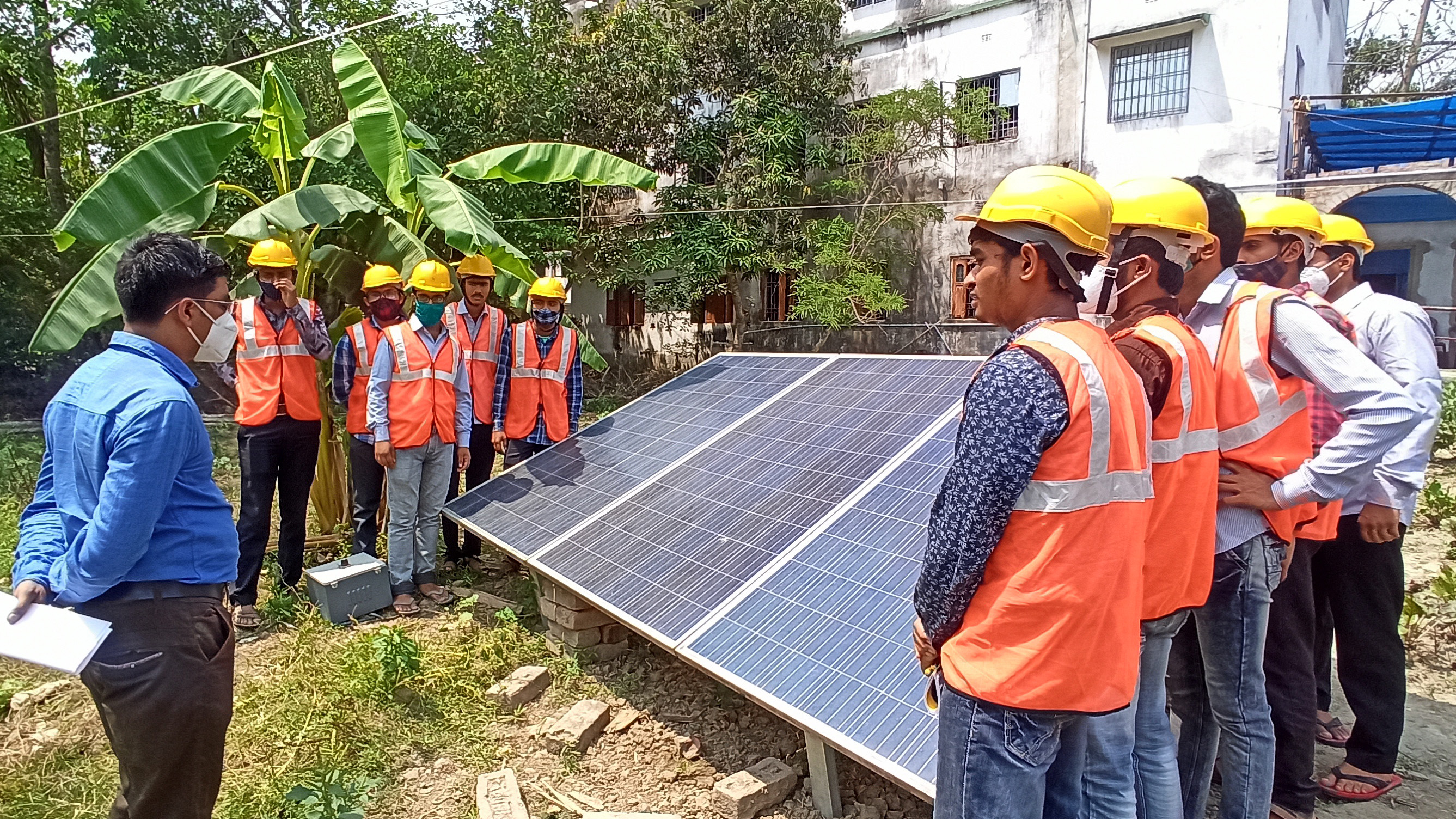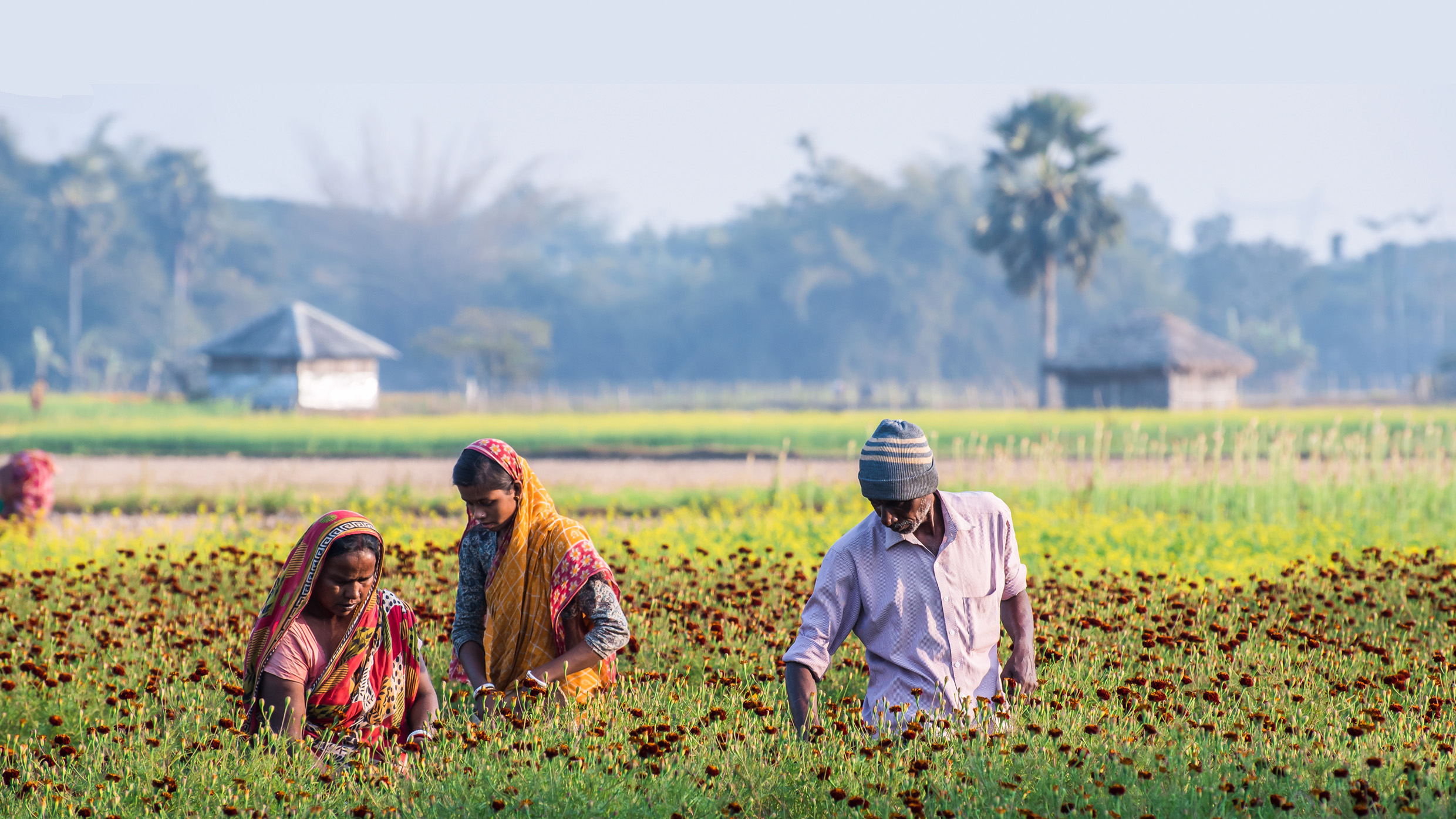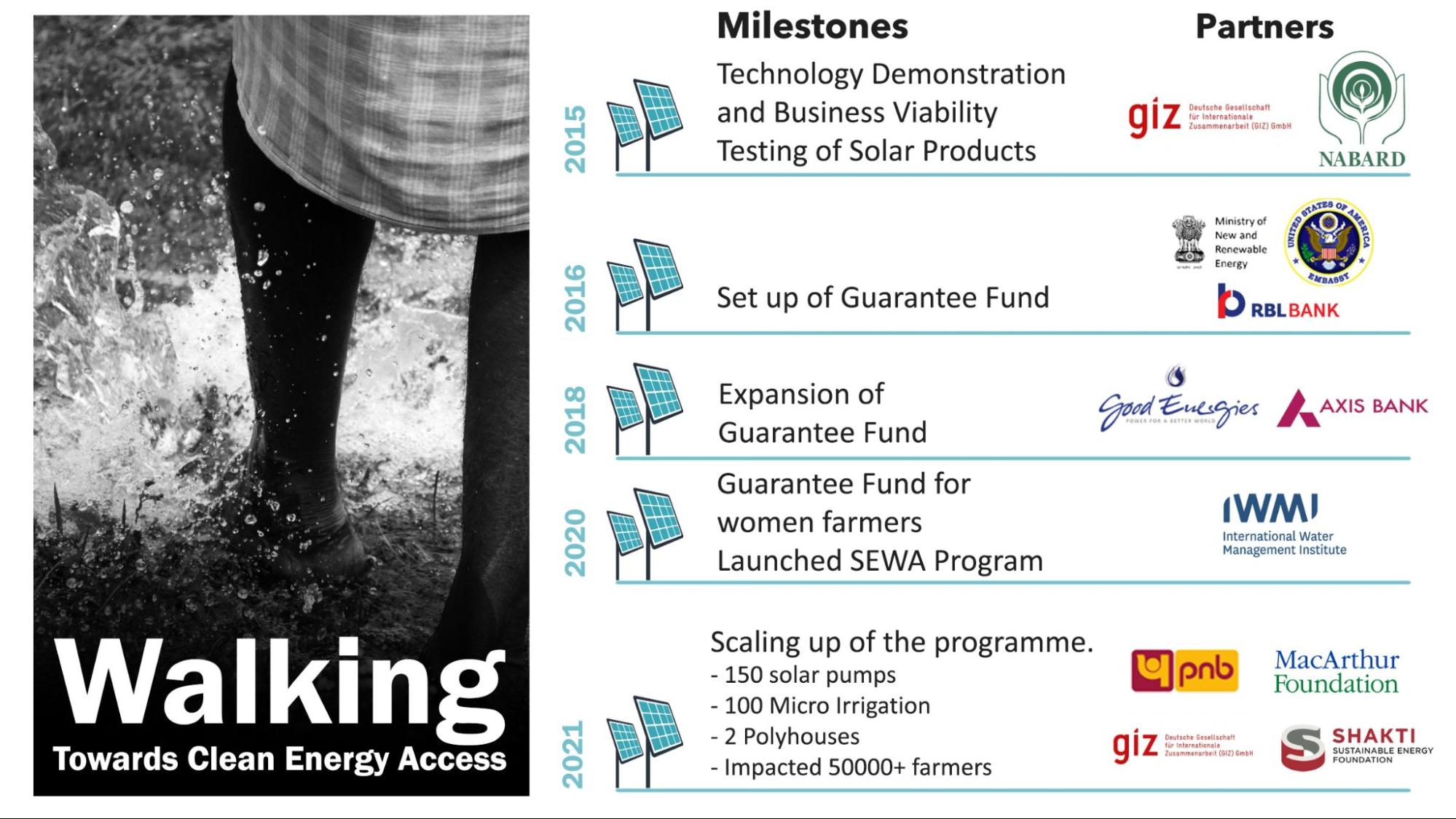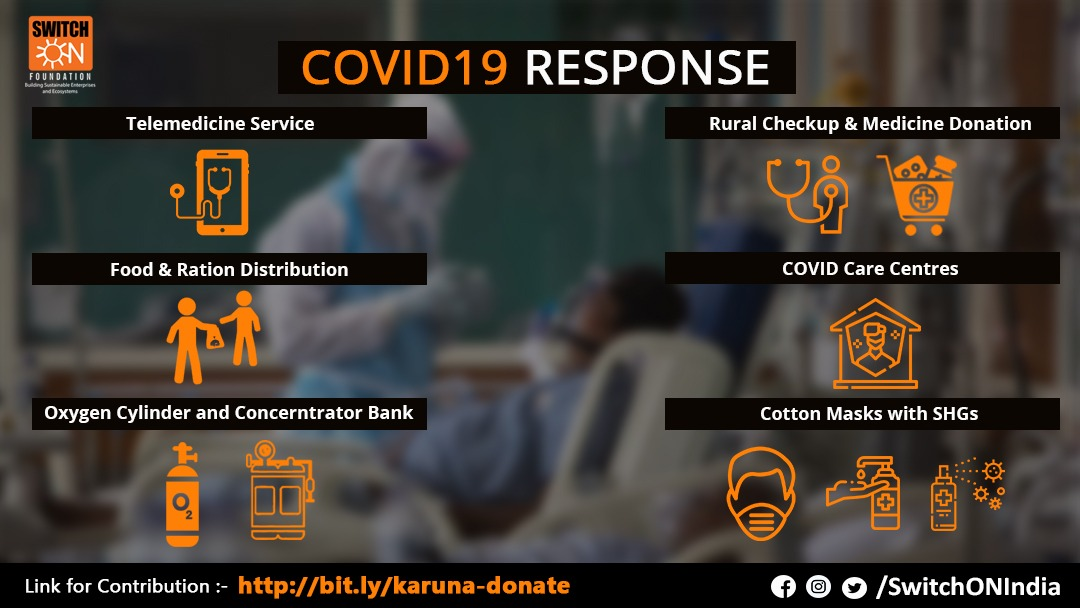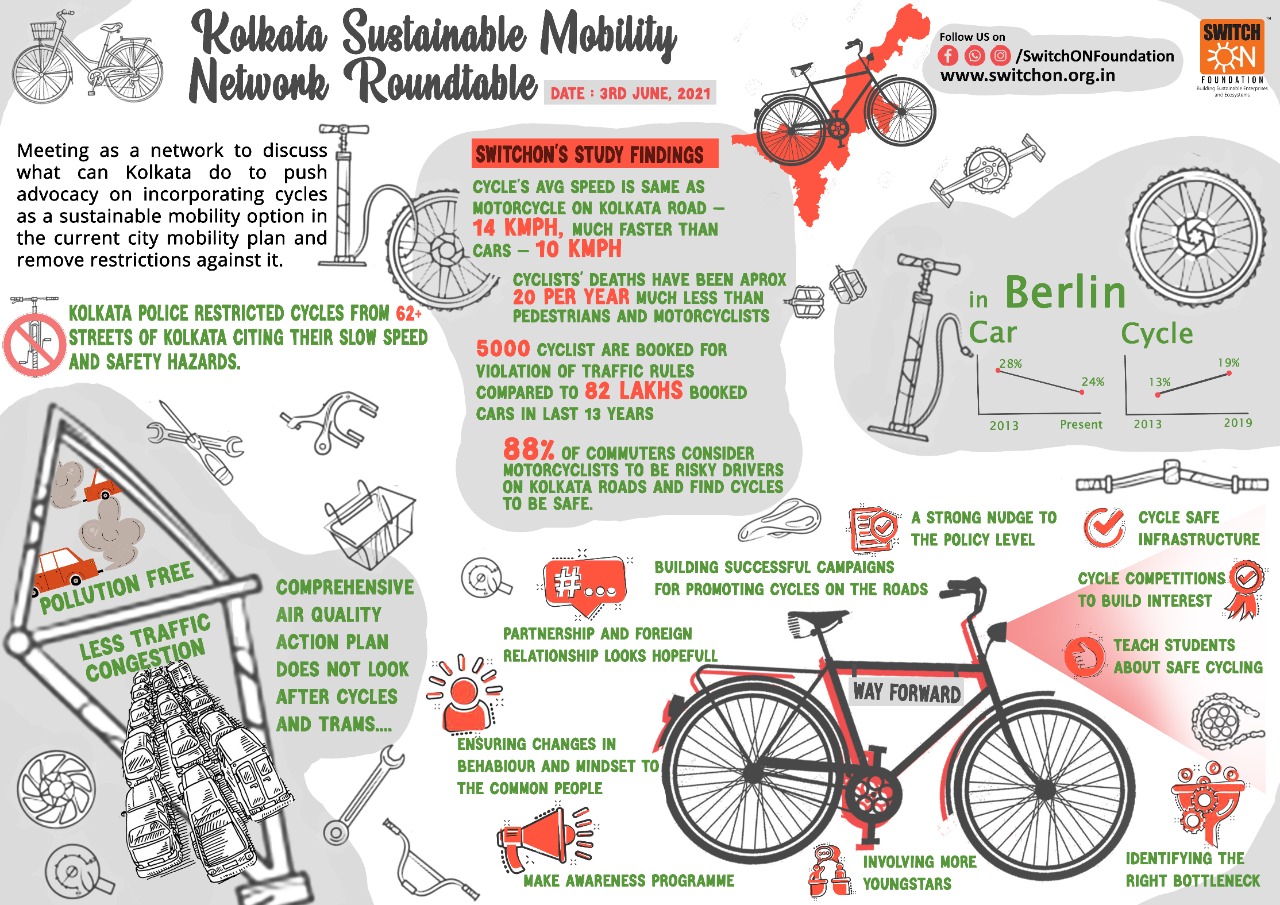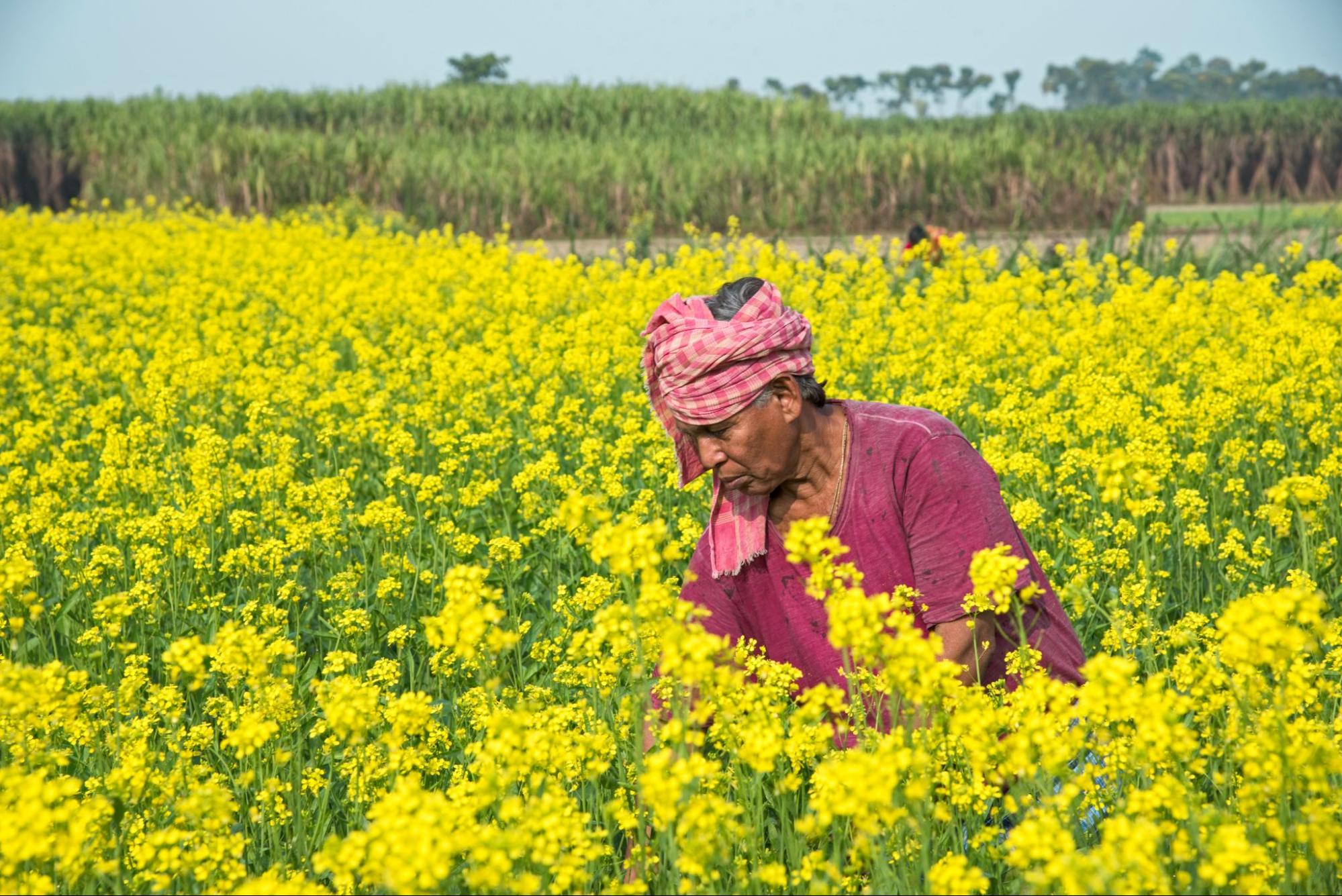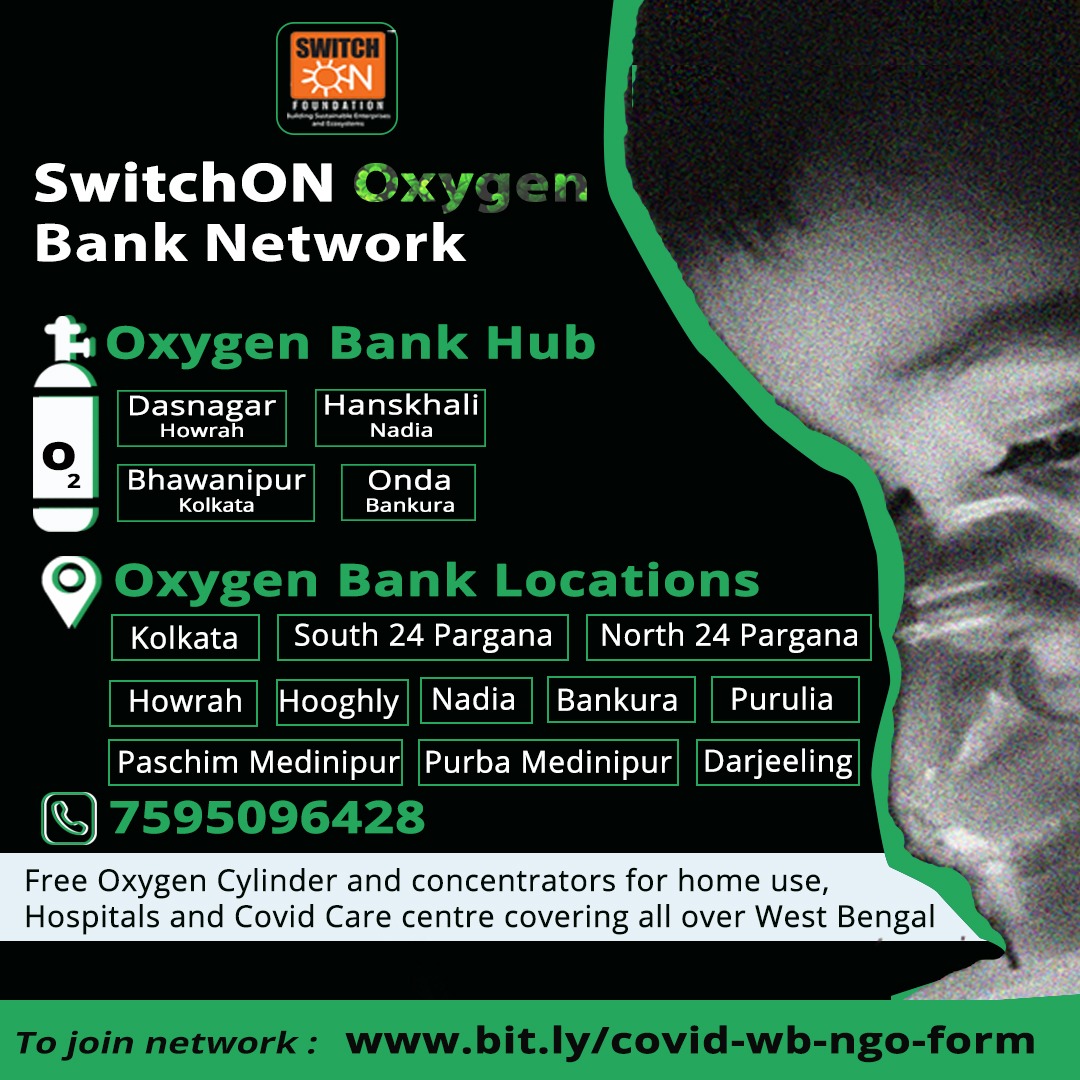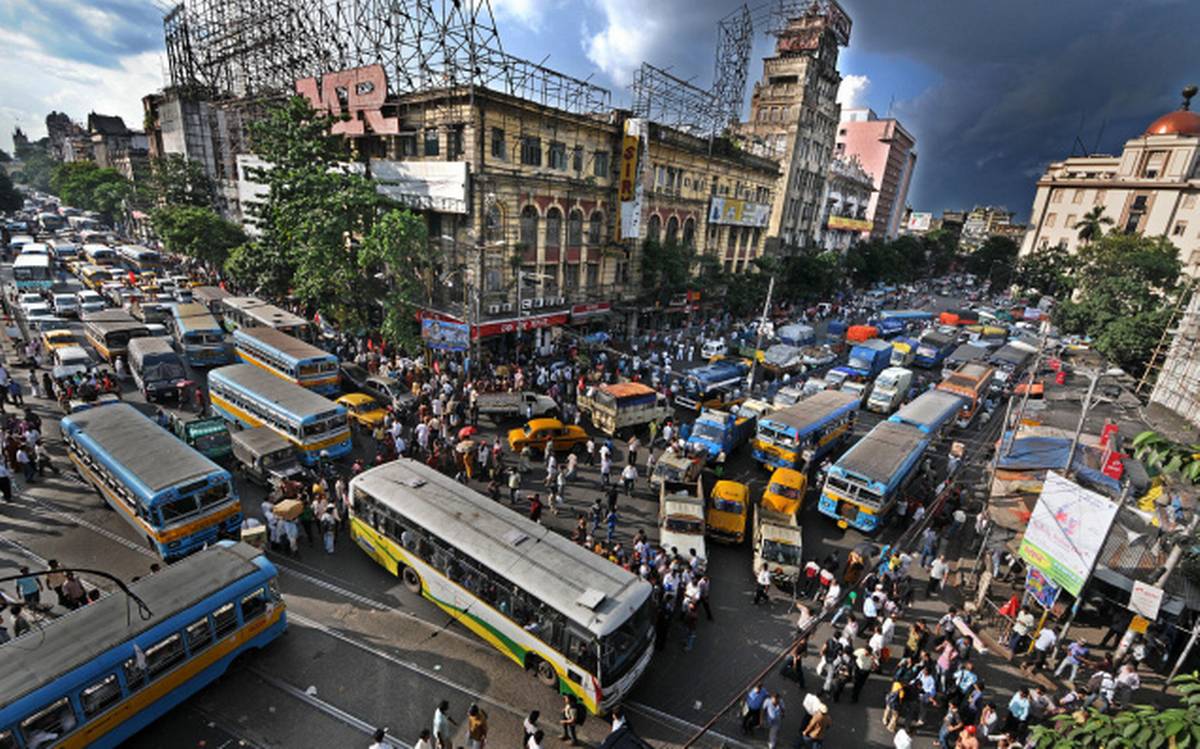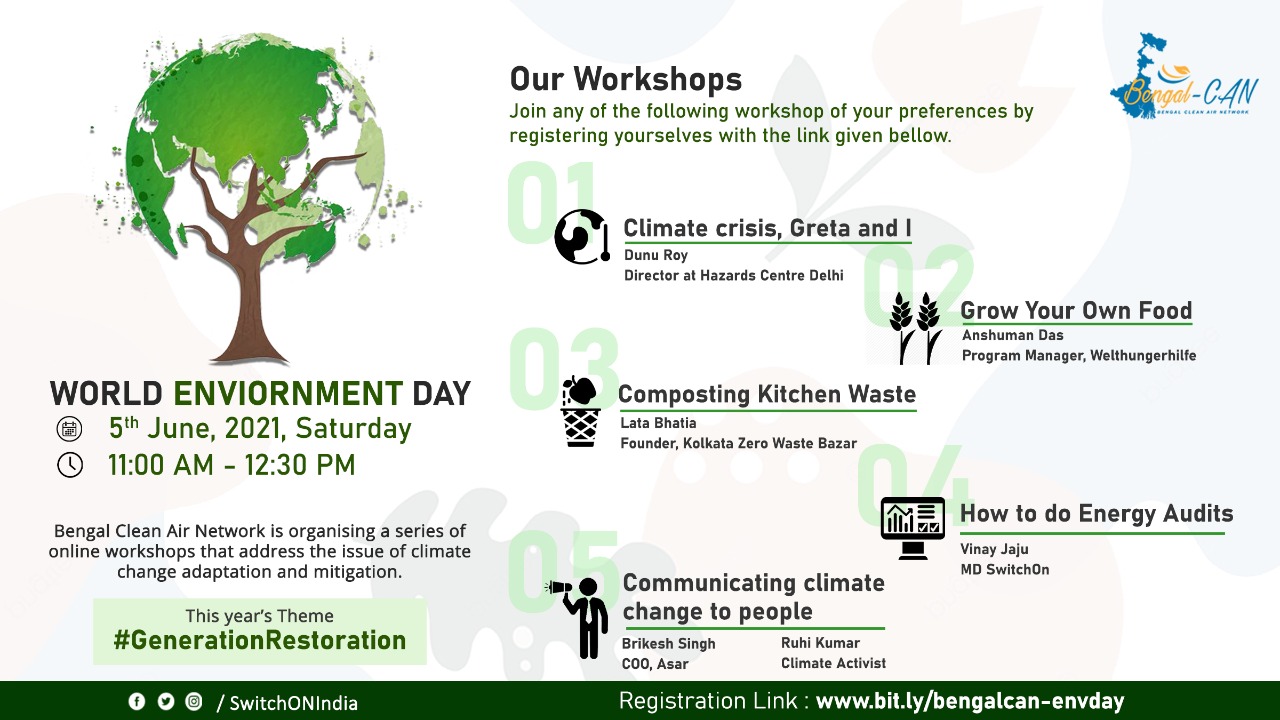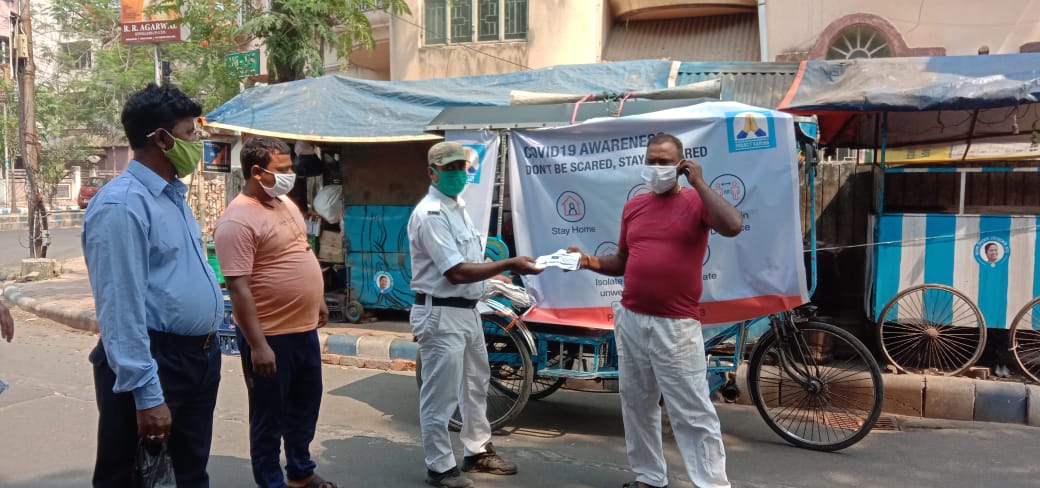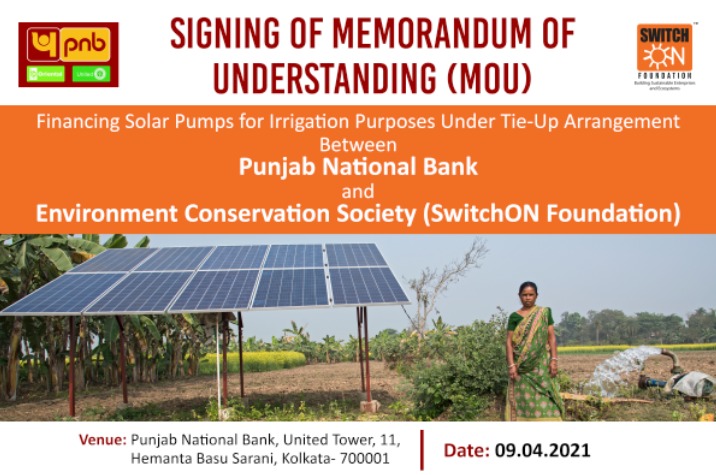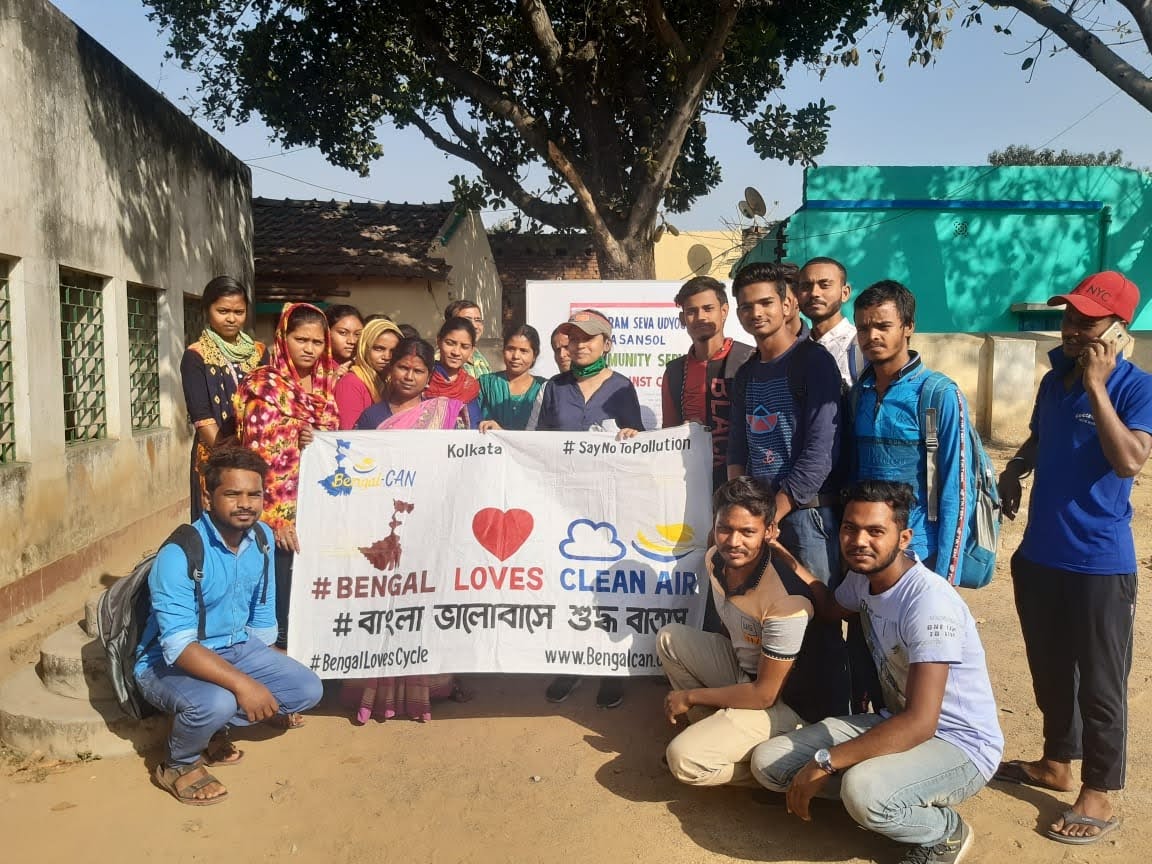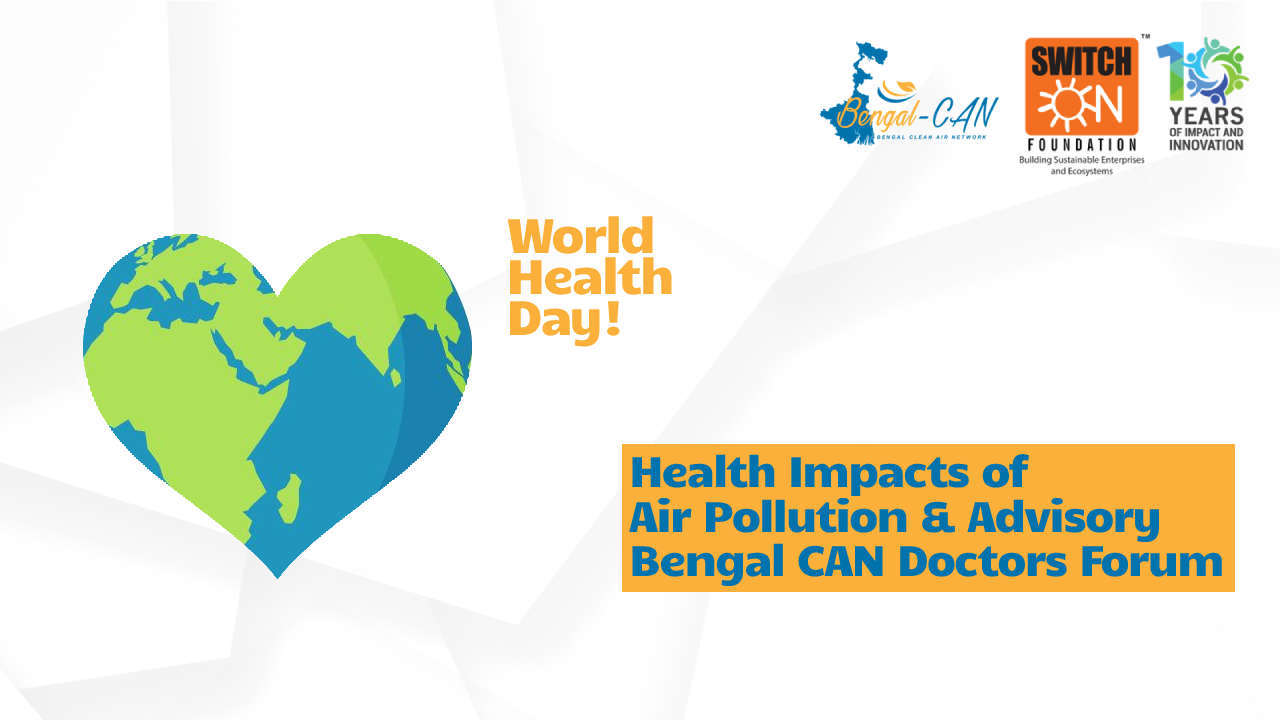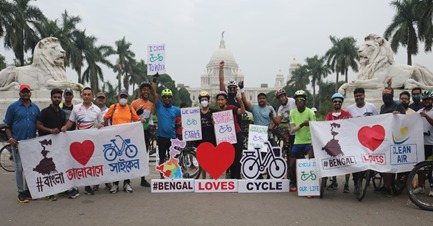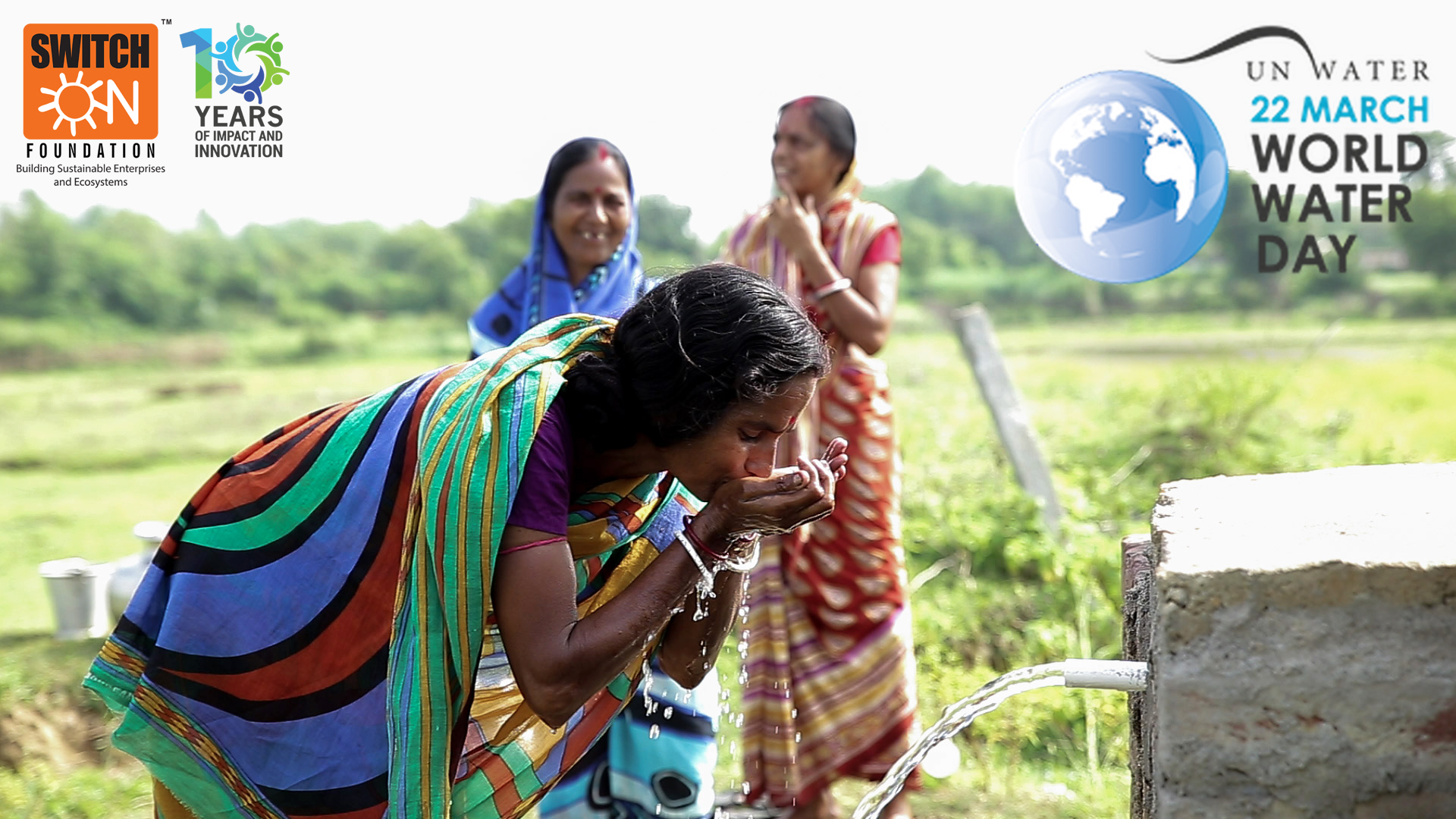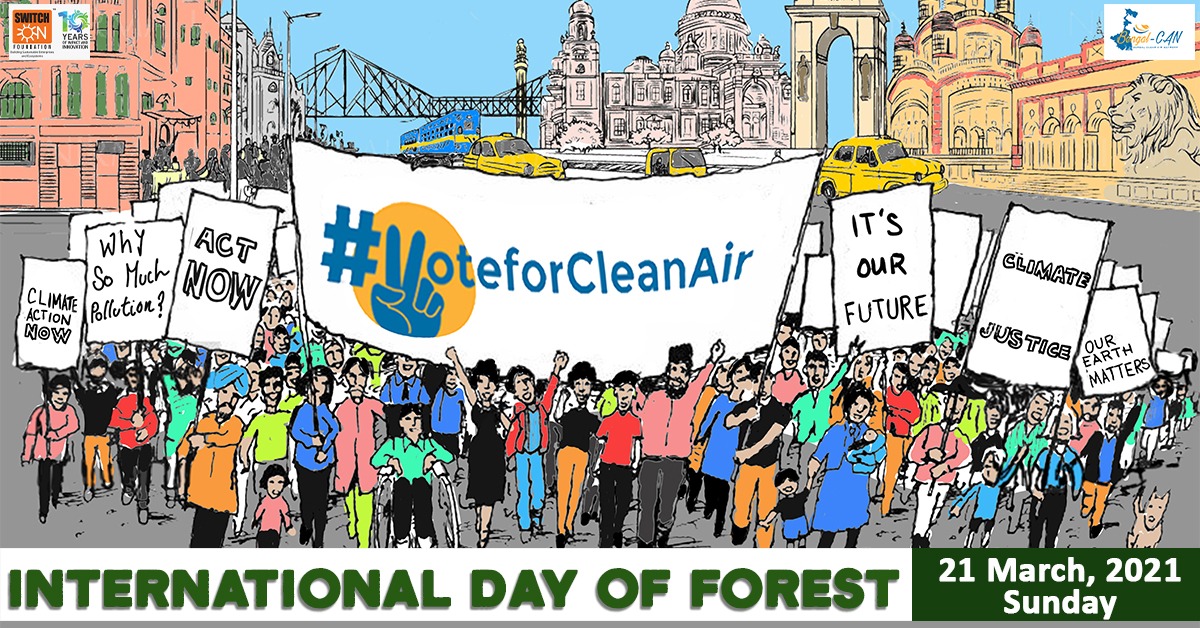West Bengal, 15th May: College students and farmers from across West Bengal & Odisha endorsed an open letter appealing to the state government to acknowledge and act upon the erratic weather conditions in West Bengal & Odisha to speed up the solution of climate change. The Youth and farmer groups stated that deteriorating climatic conditions are causing the erratic weather events in West Bengal with every passing year.
The letter reveals how erratic weather events have affected millions of citizens, especially the vulnerable population. According to IMR, 2022, over the last year and especially in the past few months West Bengal has witnessed unseasonal rain, heat waves and cyclones. In May, Bengal received a warning for a tropical cyclone that is forming in the Bay of Bengal. The disruptive effects of the current weather extremities are felt by both urban and rural populations in West Bengal. The streets are deserted, the schools and offices are shutting down, and high demands on energy sources are leading to frequent and long hours of power outages.
These youth and farmer groups representing the voice of youth and farmers of the state formed the youth jury and farmer jury members of Citizens’ Jury on Climate and people organized by SwitchON Foundation. Citizens’ Jury was created as a platform for participatory citizenship and public problem solving on urgent climate action through a space called People’s Verdict composed of representatives from farmers and youth groups across West Bengal.
The letter brings to light how this year, West Bengal has experienced the warmest February since 1877 confirming the World Bank prediction that India could be one of the first places globally to have temperatures above 35°C. For five consecutive days, Bengal has been burning under heat waves with temperatures reaching above 40℃, flooding during heavy downpours, and also severely affected by cyclones. Floods, droughts, heat waves, and cyclones are regular occurrences in the state. These natural disasters have led to the loss of human lives and caused major damage to household and livelihood assets. To add to the woe, groundwater depletion triggered by rising temperatures, has worsened the situation in West Bengal. Groundwater recharge is highly dependent on the monsoon. Climate change-induced erratic, concentrated precipitation does not allow for the infiltration of water necessary to restore groundwater resources.
Vinay Jaju, MD SwitchON Foundation said, “It is alarming to see the abnormal and erratic weather conditions currently prevailing in West Bengal. There is a need to make people aware of the steps to be taken to protect themselves from the changing weather variations. Along with this Government and Citizens need to come together to take urgent action to mitigate climate change for safeguarding everyone’s livelihood and wellbeing ”
In 2022, India saw extreme weather events on 314 days. The harsh weather events claimed 3,026 lives, affected 1.96 million hectares (ha) of crop area, 423,249 houses, and killed over 69,899 animals. According to the India Climate 2022 report by the Indian Meteorological Department (IMD), up to 2,227 people died in India due to extreme weather conditions, making it the fifth deadliest year in the country, the hottest year on record since 1901.
One of SwitchON’s farmers’ Jury members Mrs. Samina Khatu from Purba Bardhaman said, “Extreme temperature and precipitation can reduce crop growth in turn reducing the crop yield and hence the overall food production. We farmers from West Bengal appeal to the govt. to take steps to check the situation before it’s too late.”
According to the Global Greenhouse Gas Emissions Data, the unprecedented rise in industrial pollution, vehicular pollution, domestic fossil fuel burning, and various lifestyle choices that go against the planetary well-being have increased greenhouse gas (GHG) emissions. The situation has reached such a head that there is a need to plan and implement adaptation and mitigation strategies with supreme urgency to fight against the extreme weather conditions in West Bengal and help the state survive the adverse effects of climate change.
The youth and farmers in their letter to CM pointed out some adaptation and mitigation measures to tackle the erratic weather conditions. The group emphasized on a range of solutions, including nature-based solutions, national adaptation plans, early warning climate services, and climate-resilient livelihoods. Some of the important measures cited by the group in their letter were:
Adaptation measures-
- Awareness programmes- The government should launch an awareness campaign to educate people about the dangers of erratic weather events and how to protect themselves from the vulnerabilities of climate. This campaign can include public service announcements, billboards, and other outreach efforts.
- Cooling shelters- The government should provide cooling shelters and water stations in areas that are most affected by heat waves, especially in urban areas. These shelters can help people avoid heat exhaustion and other heat-related illnesses.
- Uninterrupted power supply- The government should also work with the electricity companies to ensure an uninterrupted power supply.
- The government should install roadside water filters, hand pumps, tube wells, and prepare the state for rainwater harvesting.
- The government can install cyclone warning centers, and make arrangements to relocate people during cyclones.
- The government should actively plant oxygen-rich trees and saplings.
- Reduction of greenhouse gas emissions- The government should take steps to reduce greenhouse gas emissions and promote renewable energy sources to mitigate the effects of climate change.
Mitigation measures-
- Reiterating existing laws and action plans: Stringent implementation of the existing laws and the National Clean Air Action Plan to help Kolkata escape the vicious circle of diseases burdened by air pollution.
- Reducing the vehicular load on roads: Reduced use of private vehicles on days with high AQI and gradually adapting the habit of using public and electric vehicles/ electrification of the automobile industry with the aid of the government.
- Choice of transportation modes- Sundays should be declared as Bicycle Days. People should be encouraged to use electric vehicles and CNG in vehicles to reduce fossil fuel consumption and practice healthy lifestyle choices.
- Using solar panels will strengthen our efforts in the renewable energy transition and cut down on our excessive dependence on coal-powered electricity. Moreover, it will reduce mining-induced land degradation.
- Afforestation and building of water canals in villages to prevent encroachment of deserts into human habitat.
- Rainwater harvesting technique as an adaptation strategy for flood mitigation.
- Setting up an expert committee: An expert committee has to be formed to create guidelines that should involve government and non-government policymakers, internal medicine doctors, epidemiologists, and environmentalists.
- Release of advisory by the government: Release of flyers, leaflets, and advisories, by the state government, that educate the common public about the symptoms, prevention, and treatment of extreme weather conditions
Youth Jury member Mr. Sandipan Sarkar from Purba Bardhaman Cycling Club said, “Last month, we experienced a severe heat wave around 40 degrees in Kolkata and just after 15 days, we experienced rainfall and cyclone warnings. These erratic weather conditions are a result of the heating of the earth. I appeal to our honorable Chief Minister to take steps that can be a long term solution for the climate crisis.”
Note: Some of the alarming findings by SwitchON Foundation based on Meteorological Centers, academic studies and international reports are enclosed as Annexure.
Annexure:
Some alarming findings by SwitchON Foundation were:
- Anthropogenic actions: According to US-EPA, Overview of Greenhouse Gases, anthropogenic actions are becoming a cause of greenhouse gas emissions (like CO, CO2, NOx, CFC, and NH4) contributing to the deterioration of the atmosphere.
- According to US-EPA, Global Greenhouse Gas Emissions Data, each of these gases is released due to the unprecedented rise in industrial pollution, vehicular pollution, domestic fossil fuel burning, and various lifestyle choices that go antagonistic to the well-being of the climate and are thus a contributor to climate change.
- As per the World Economic Forum, 2022, extreme weather conditions, be it heat waves, cyclones, or heavy rainfall can also have severe economic impacts, as they can reduce productivity and increase energy demand, leading to power outages.
- As per Tata Centre For Development, Climate change is expected to worsen Bengal’s weather in the coming years, making it even more critical to take action now.
- According to Bal and Kirchner, 2022, the frequency and intensity of tropical cyclones, followed by heavy downpour have been increasing in West Bengal due to climate change, and this trend is projected to continue in the coming years
- A report by the Indian Council of Agricultural Research (ICAR) has shed light on the extent and kind of crop damage that is happening due to the unpredictable weather conditions.
- According to Causes, Impact, and Way Forward for Indian Agriculture, 2022, from March to June, the state experiences a constant change in the temperature, cyclonic weather and heavy downpours. The price of perishable goods, particularly milk, fruits, and vegetables skyrocketed as production is getting hampered because of this erratic weather condition.
- According to the West Bengal State Disaster Management Authority, 2022, apart from the impact on human life, the weather extremities also profoundly affect crop production both in terms of quantity and quality. Primarily, crop loss happened due to flower drop and higher mortality in new plantations. Kharif crops are more impacted than Rabi crops owing to variability in rainfall associated with the erratic weather conditions. Rice production is significantly affected by decreased grain yield which is a matter of concern as rice is a staple diet of West Bengal.
- West Bengal is particularly vulnerable to cyclones. Cyclone Amphan in 2020 was one of the strongest tropical cyclones to hit Bengal in the recent past. These cyclones have led to complete destruction; claiming lives & loss of property.
- As per the report by Bal,Prasad, and Singh, 2022, several villages in West Bengal including Bankura and Purulia are facing severe water, energy, and food insecurities, triggering economic instabilities. Climate change-induced erratic and insufficient rainfall, and extreme weather events are wreaking havoc on crop yields for Bengal and the rest of India.
As per several media houses like Indian Express Report 2022, and academic reports like Bag, 2022, the rural and agricultural areas of the state are severely affected by water shortages caused by the erratic weather conditions. In rural areas, village women are compelled to walk long distances and queue up for extended periods to fetch clean water for meeting their basic needs. This additional travel is particularly problematic for vulnerable populations such as pregnant women and the elderly.
Media Dossier
Contact: Vinay Jaju | M: +91 9331178105 | Email: VJ@SwitchON.org.in


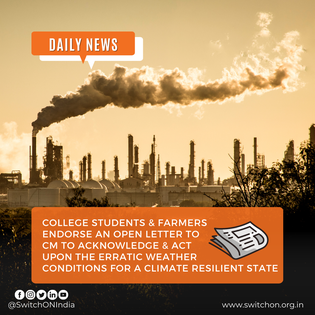
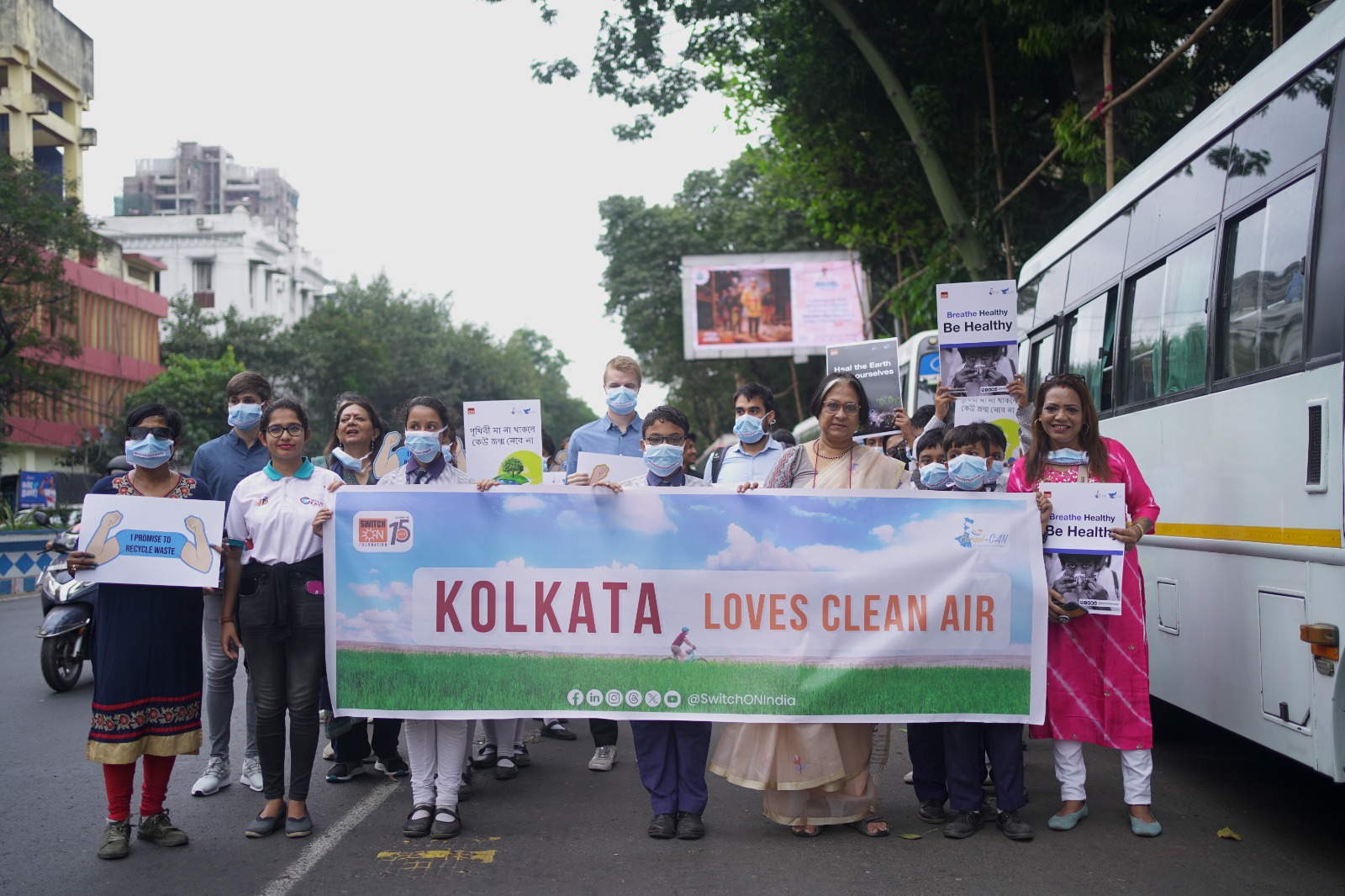
 0
0  0
0 